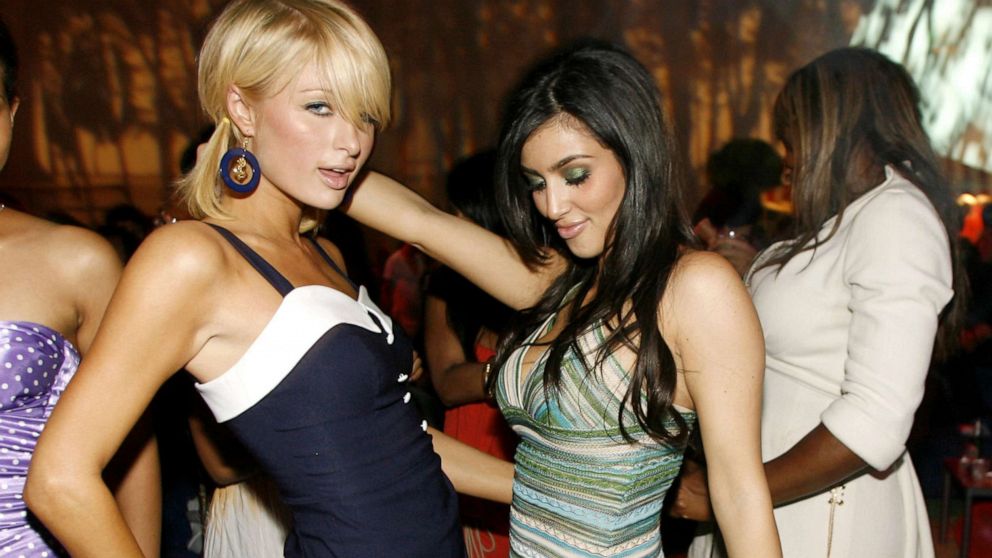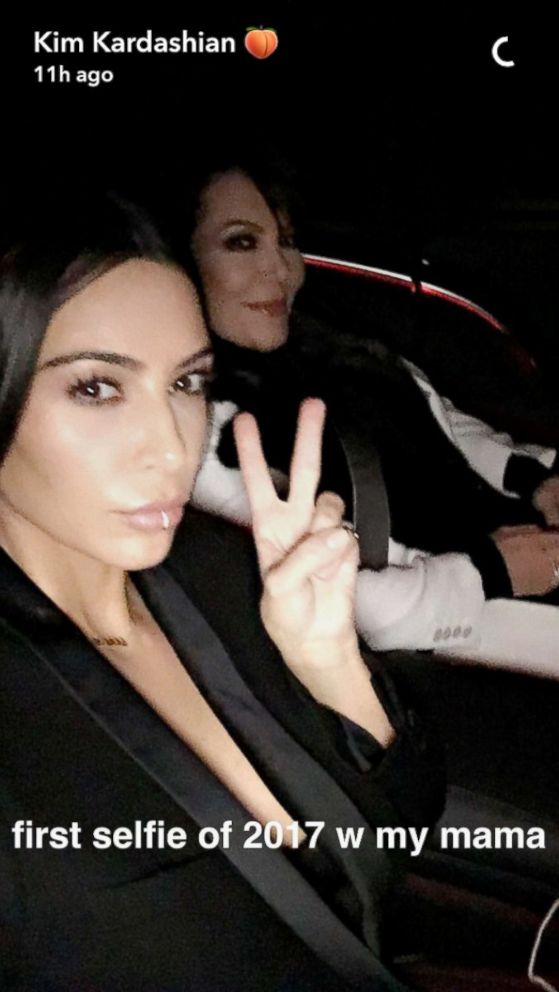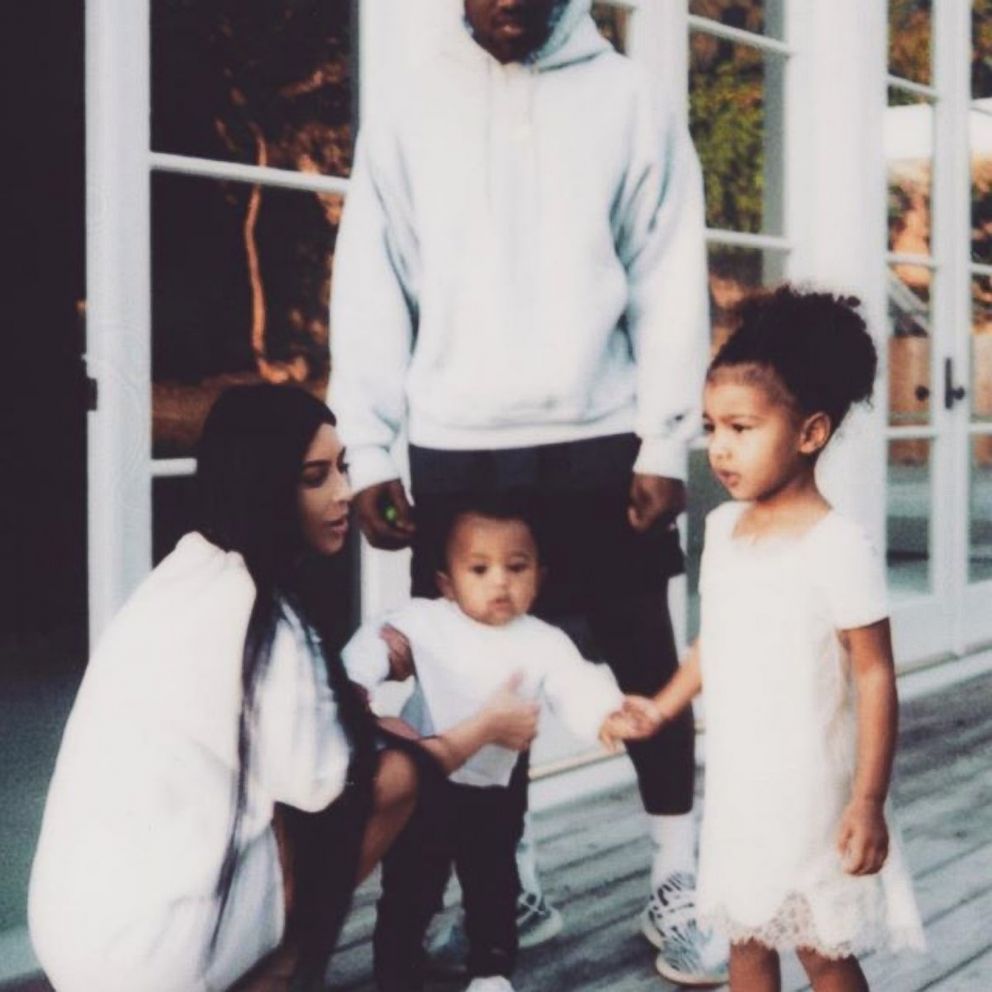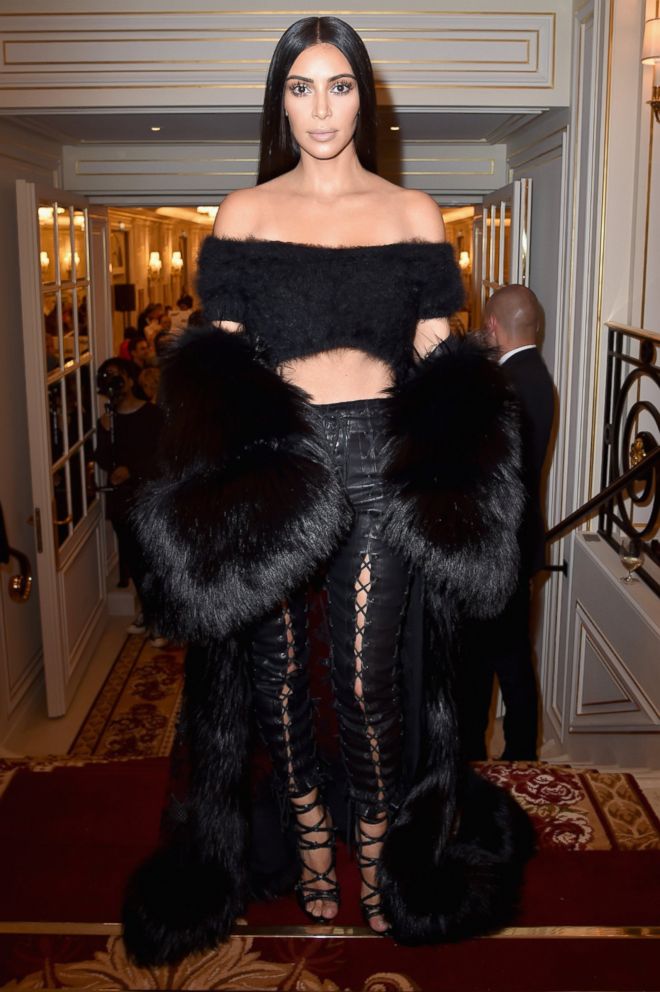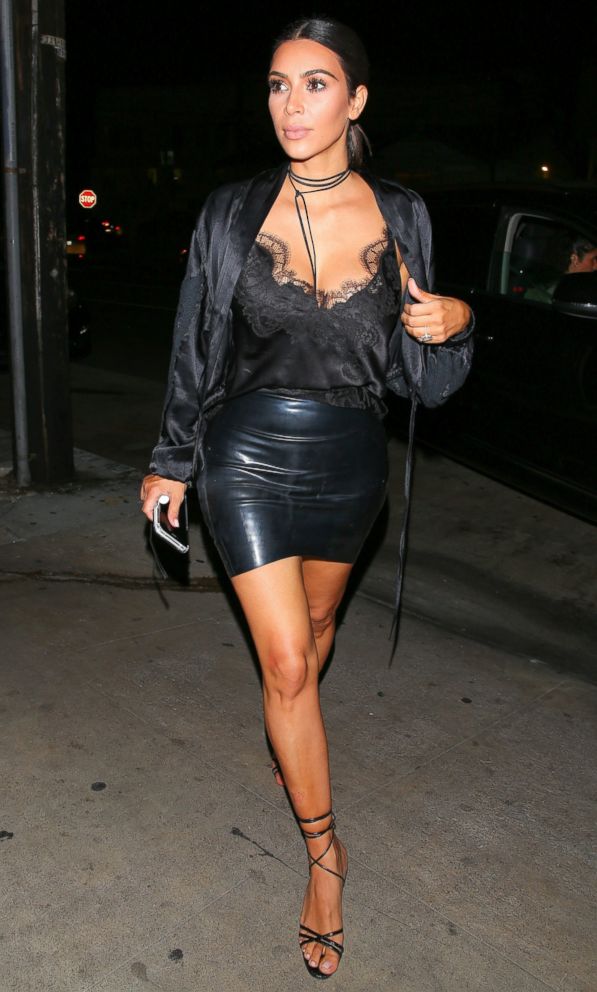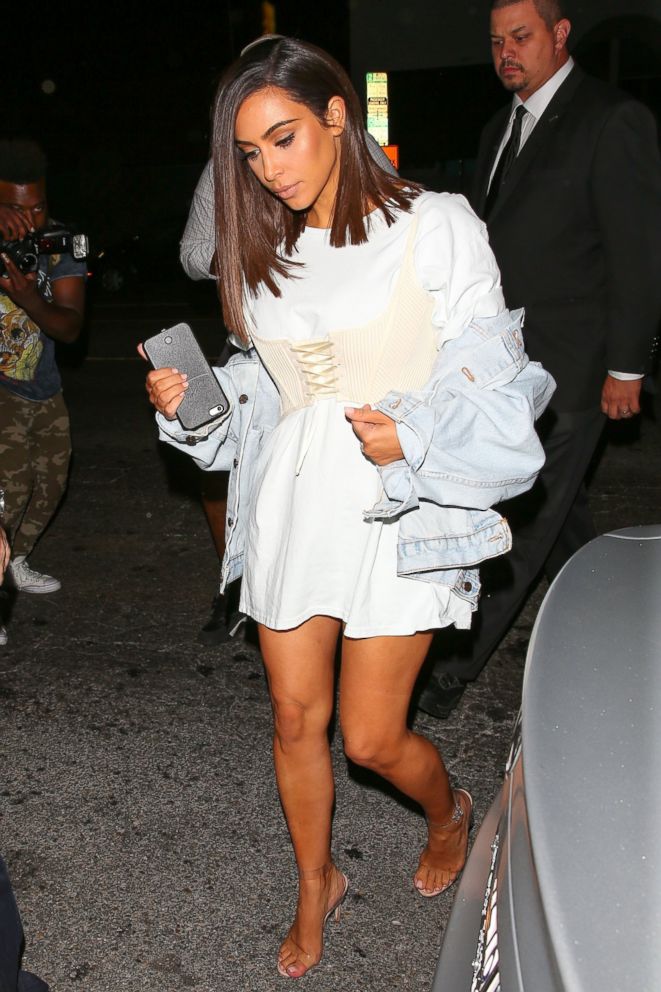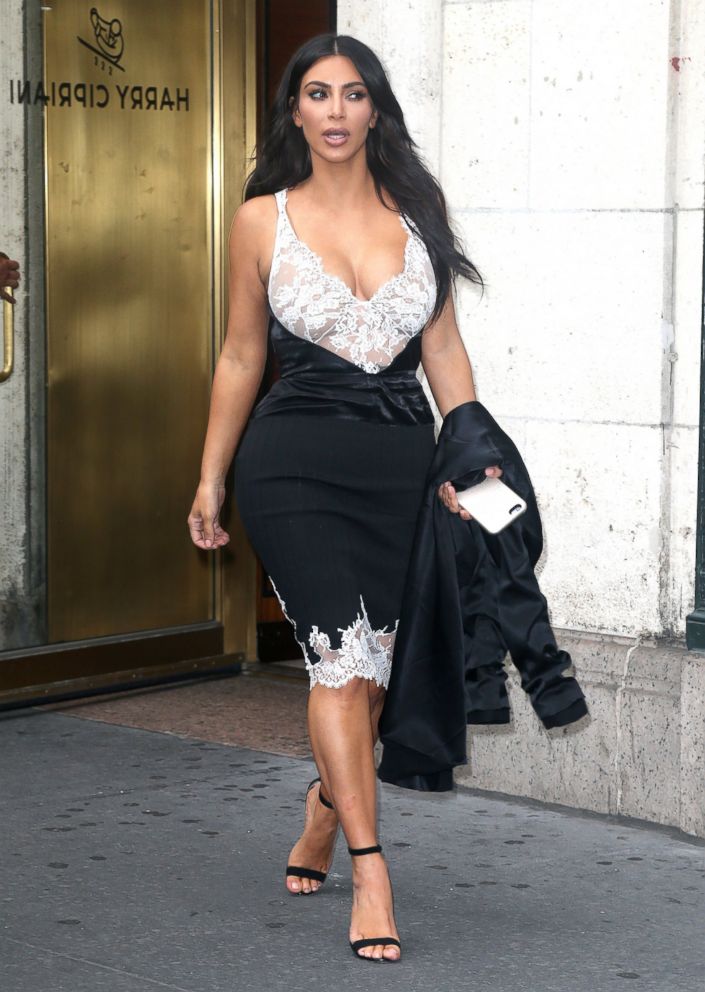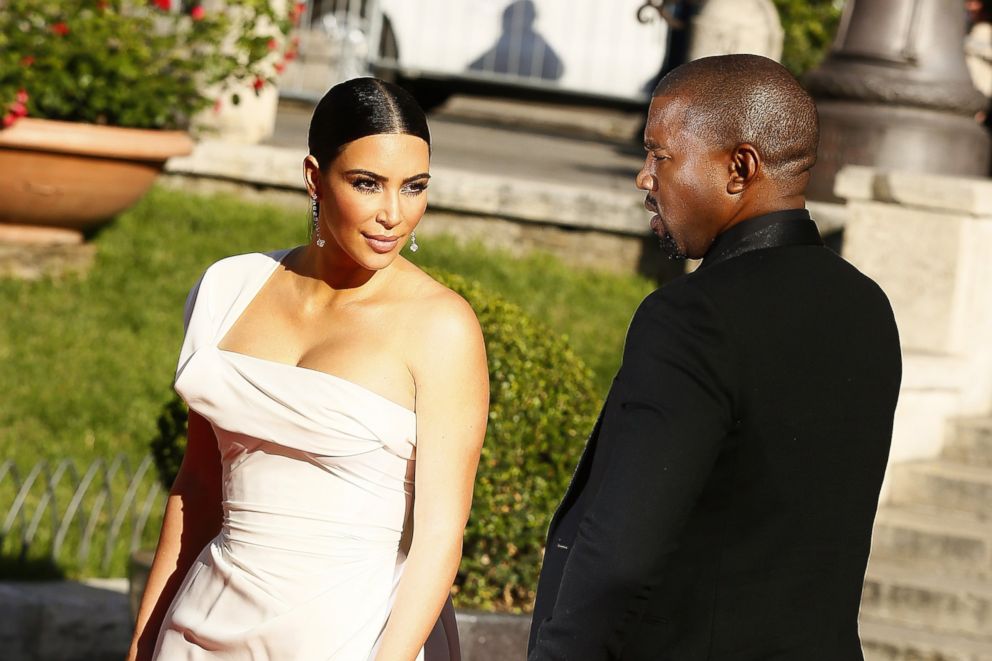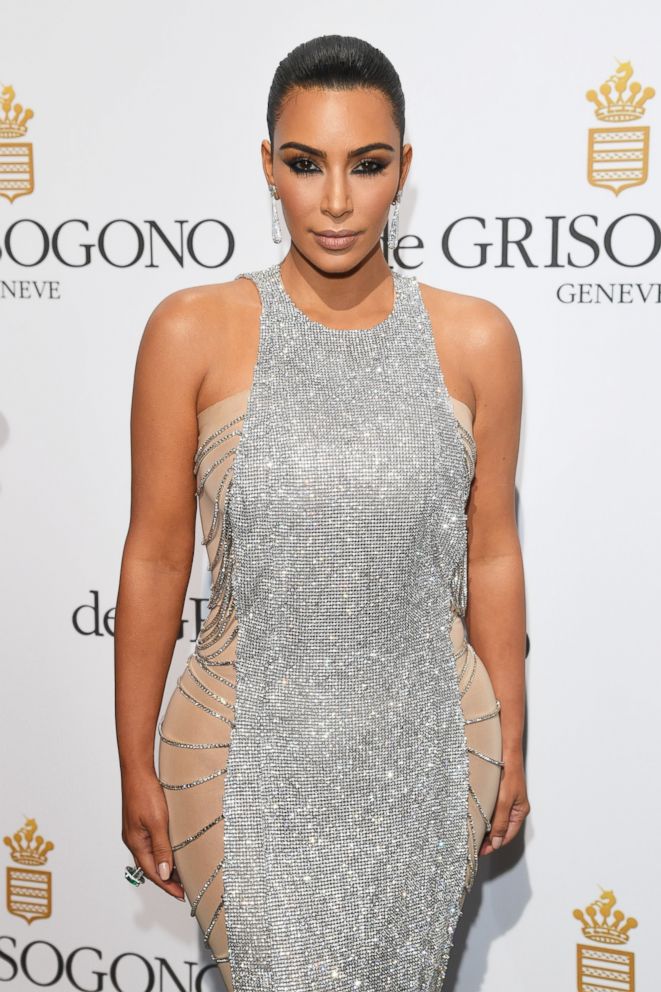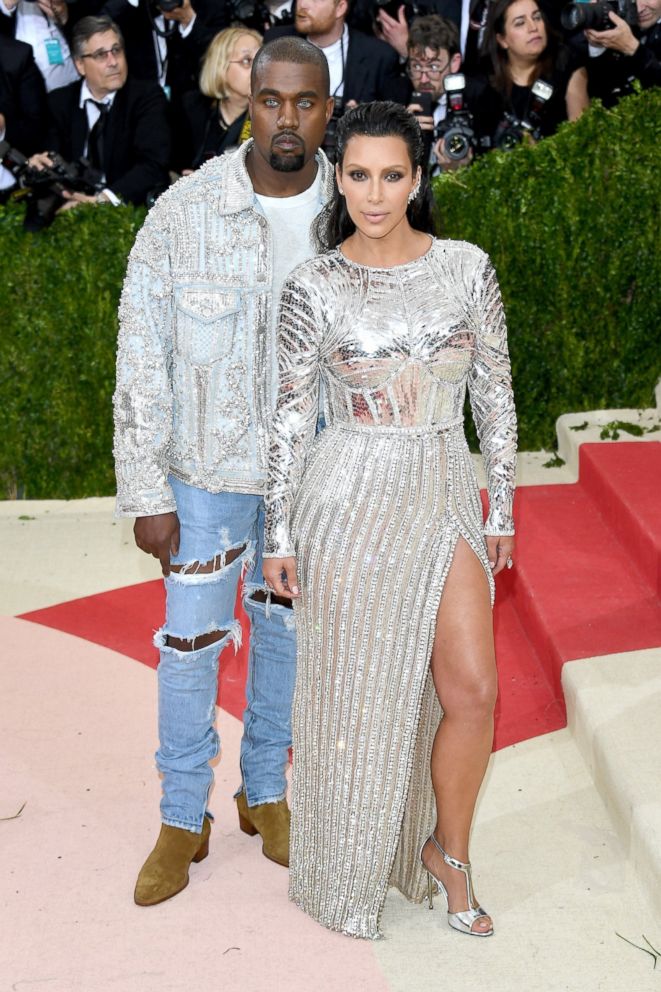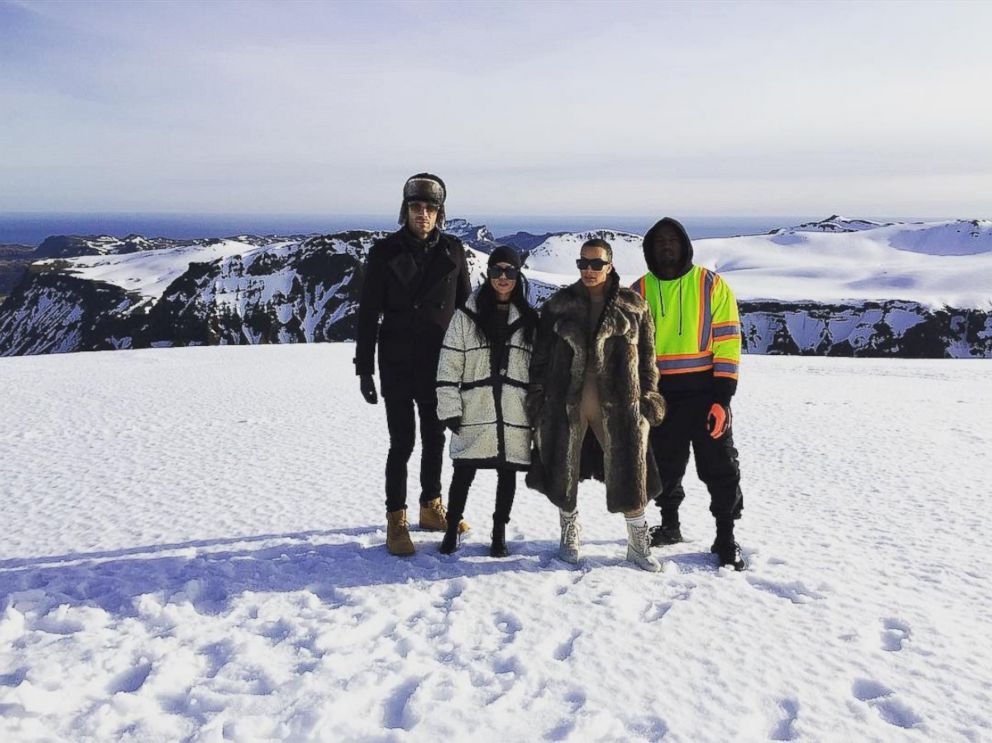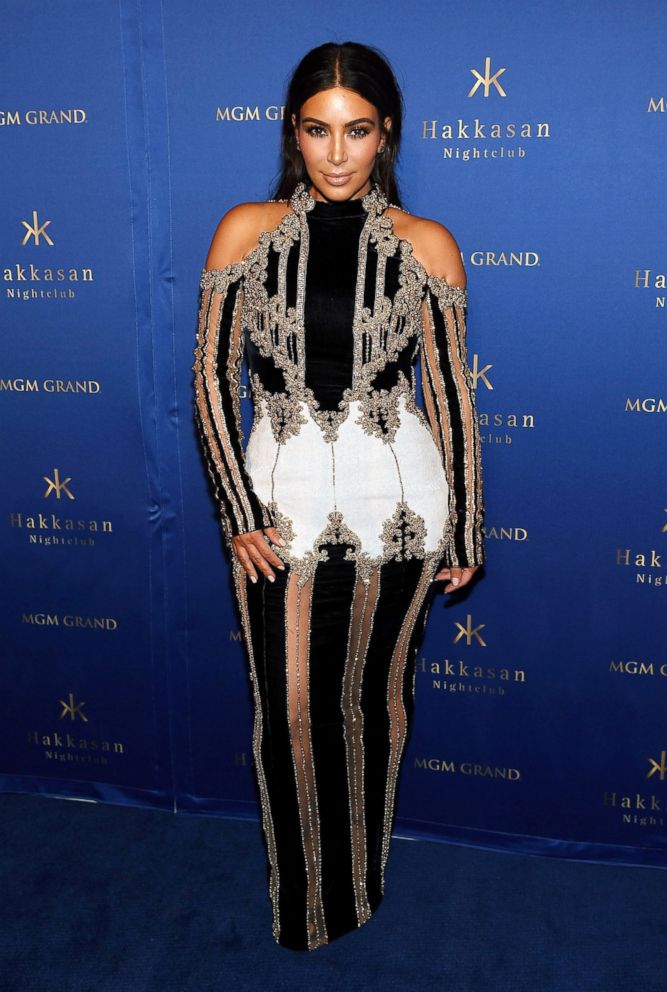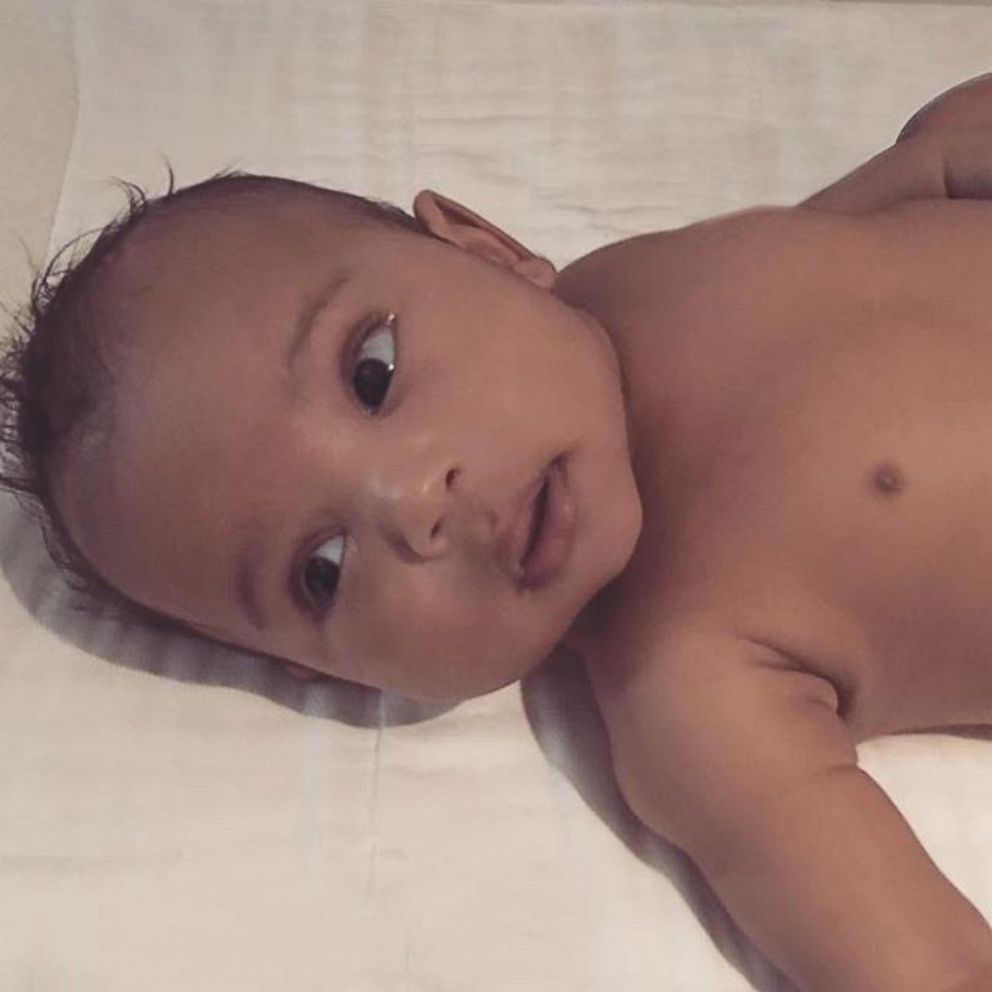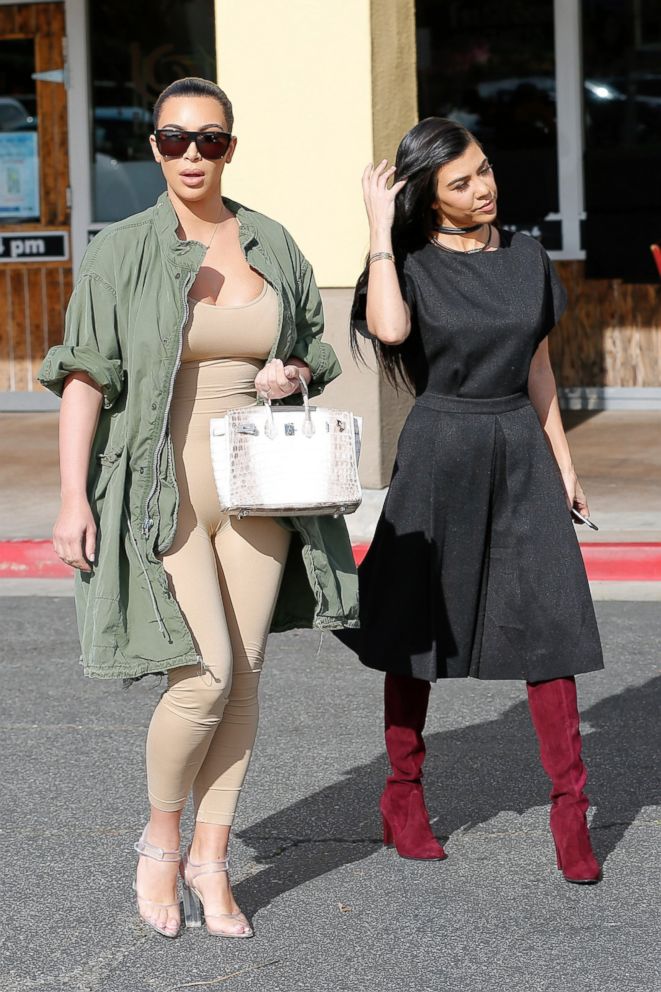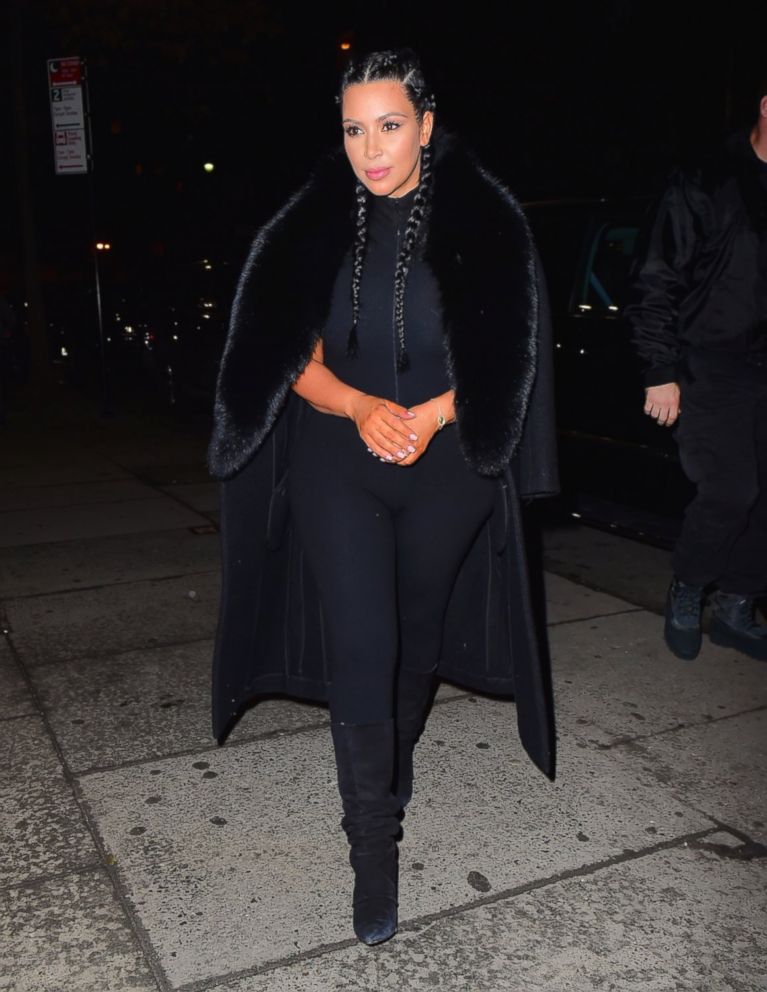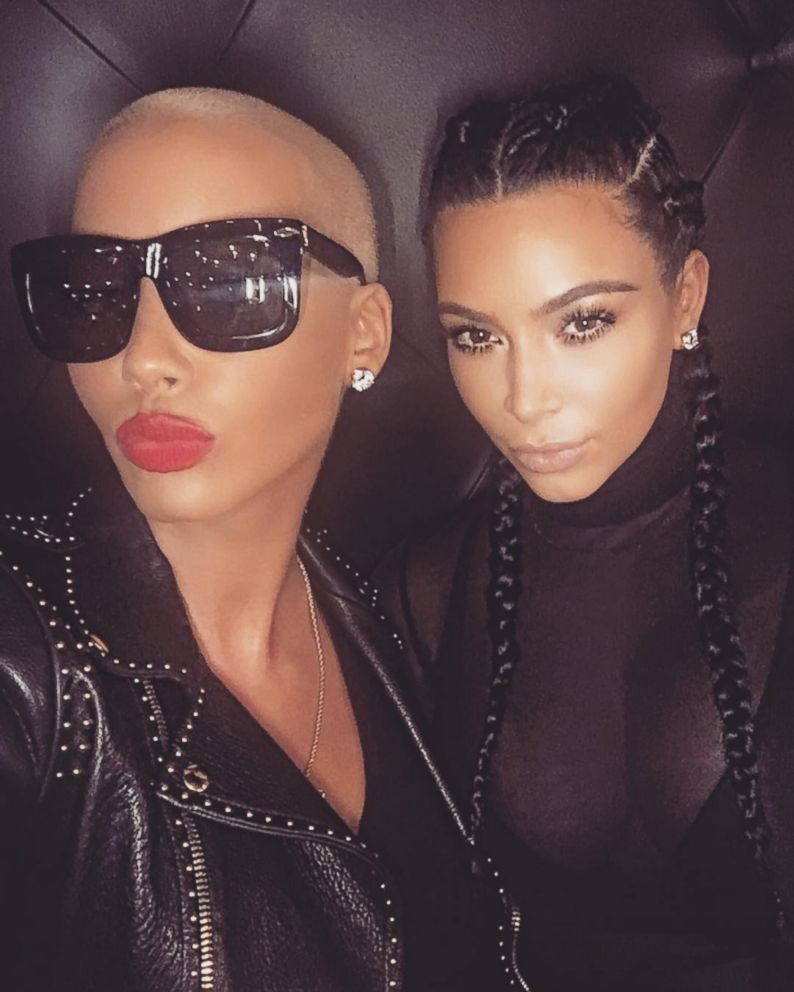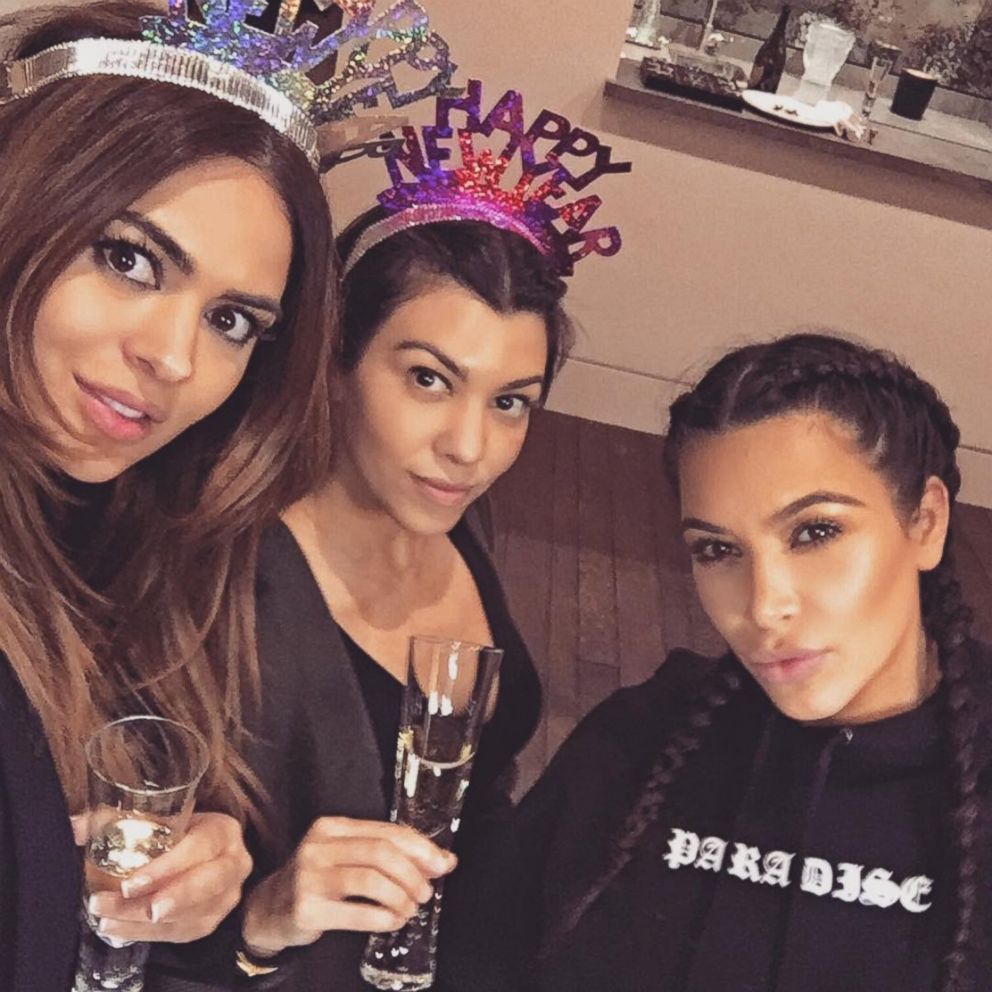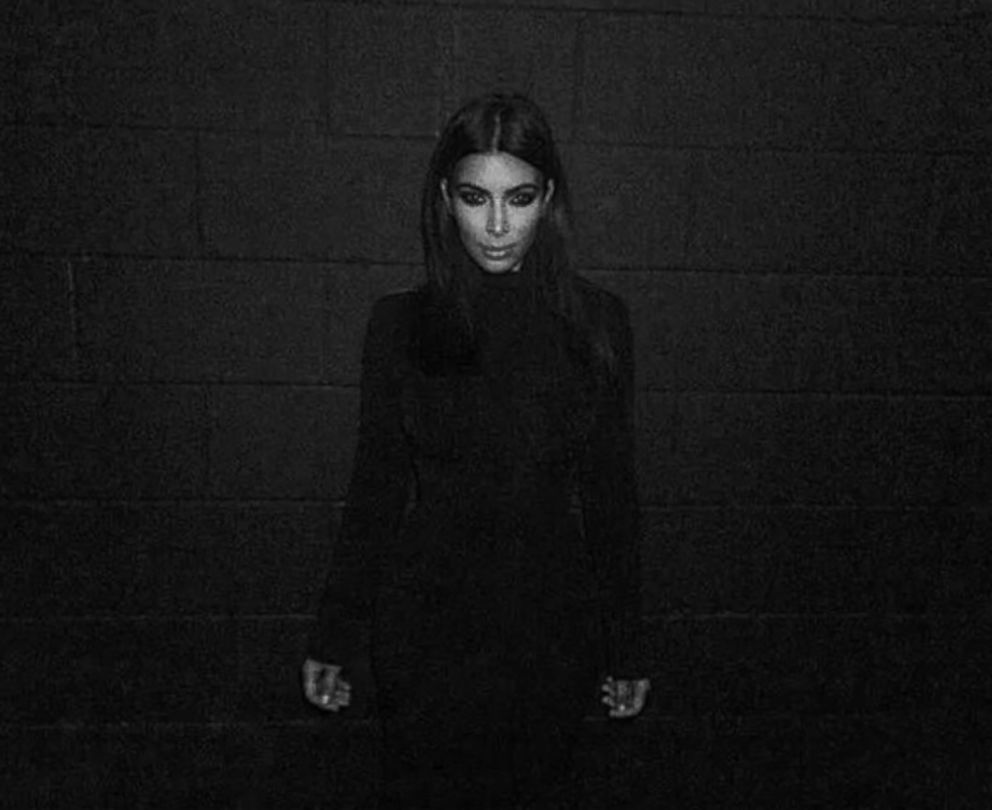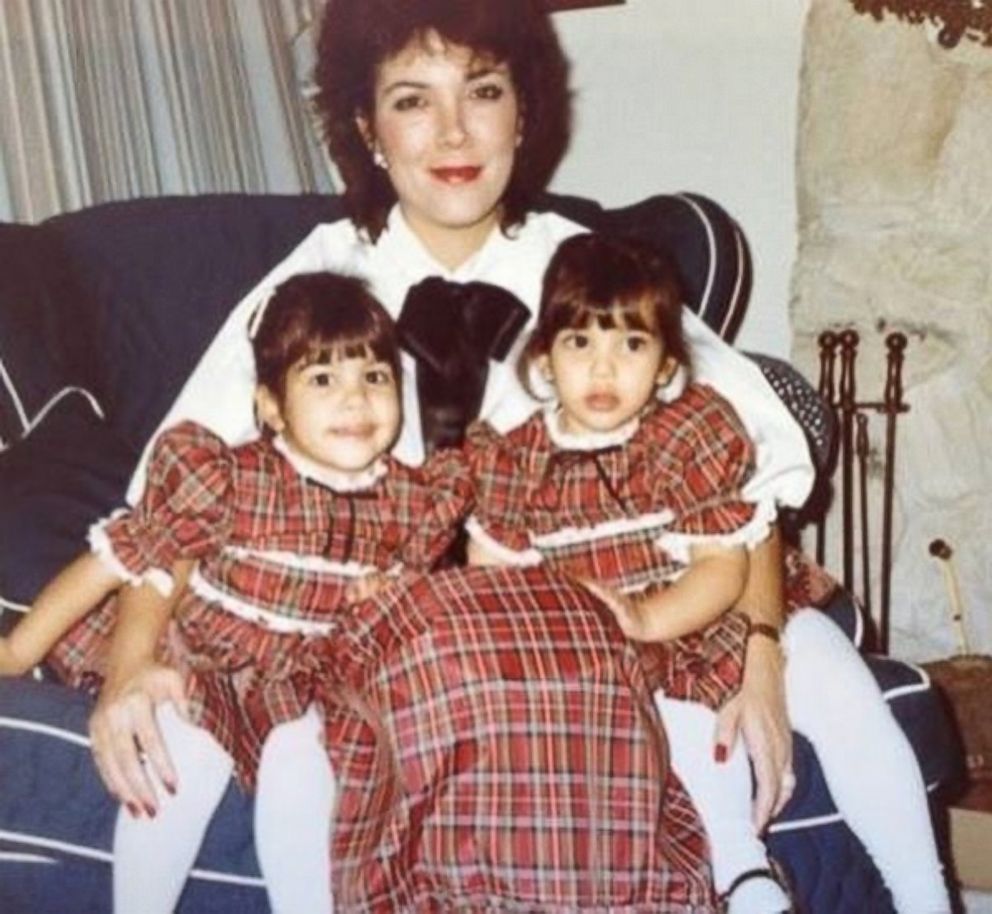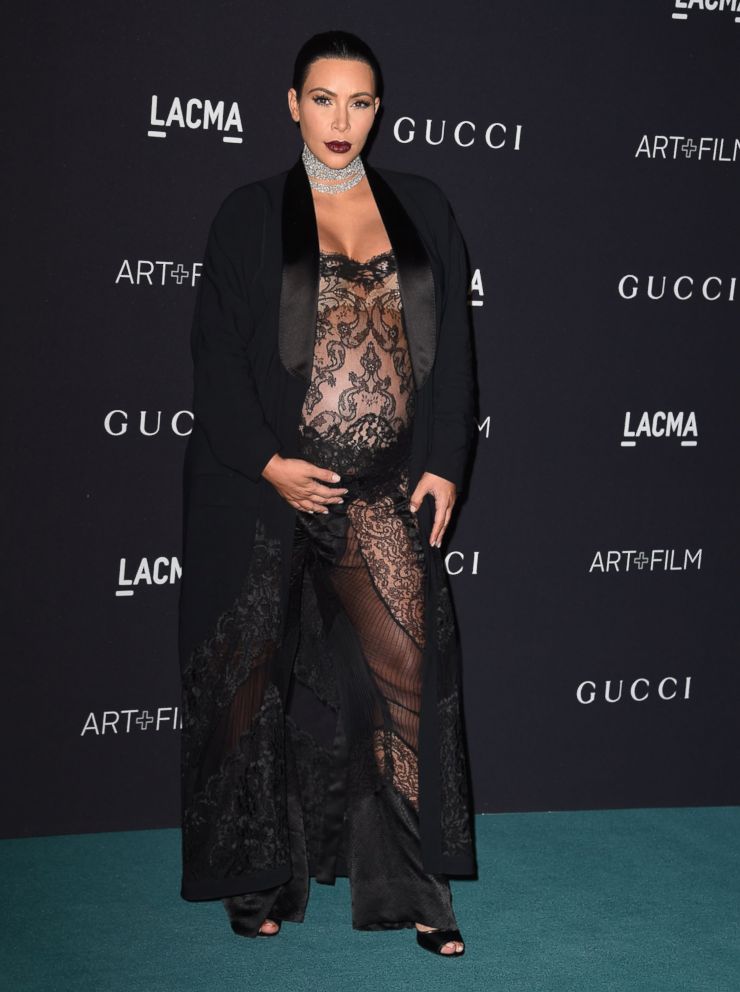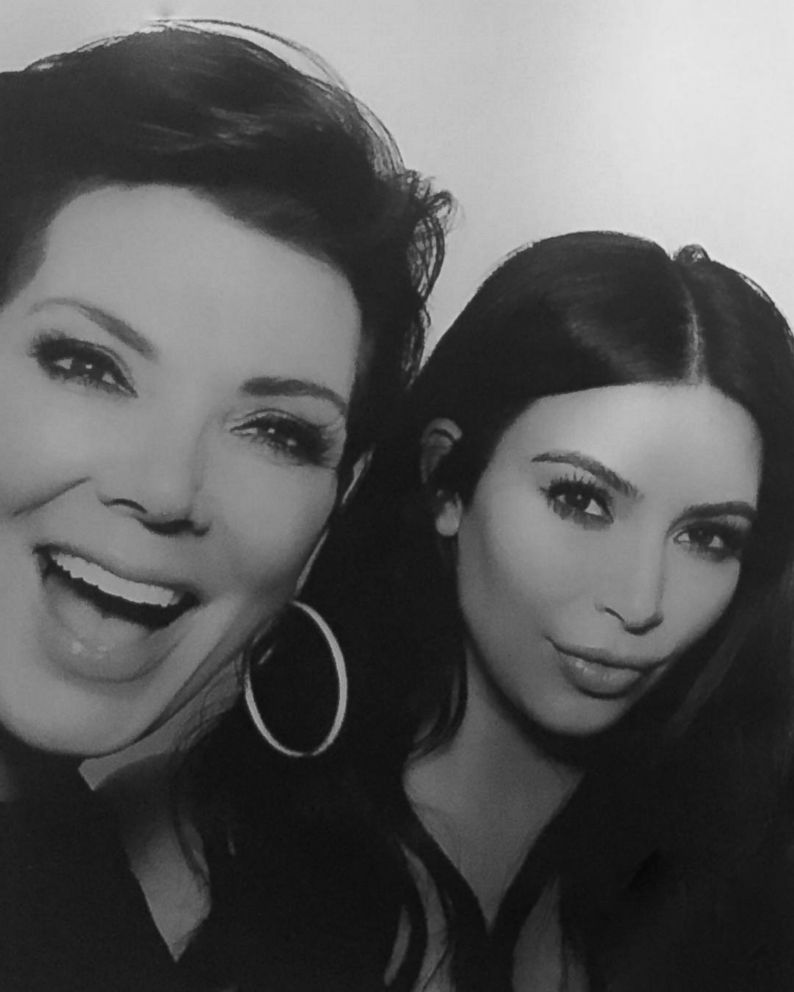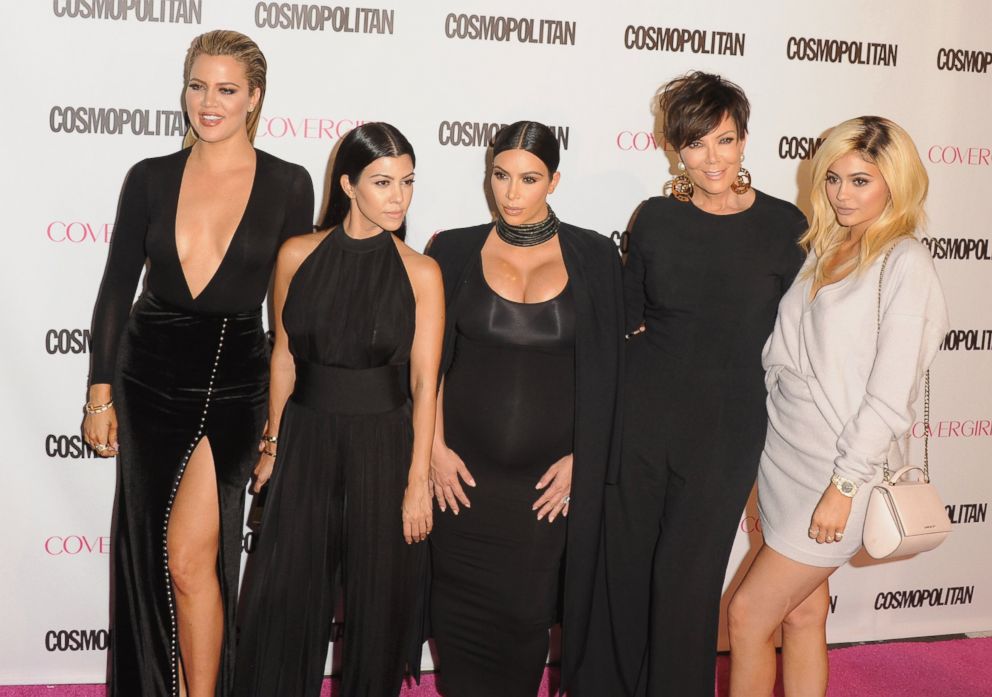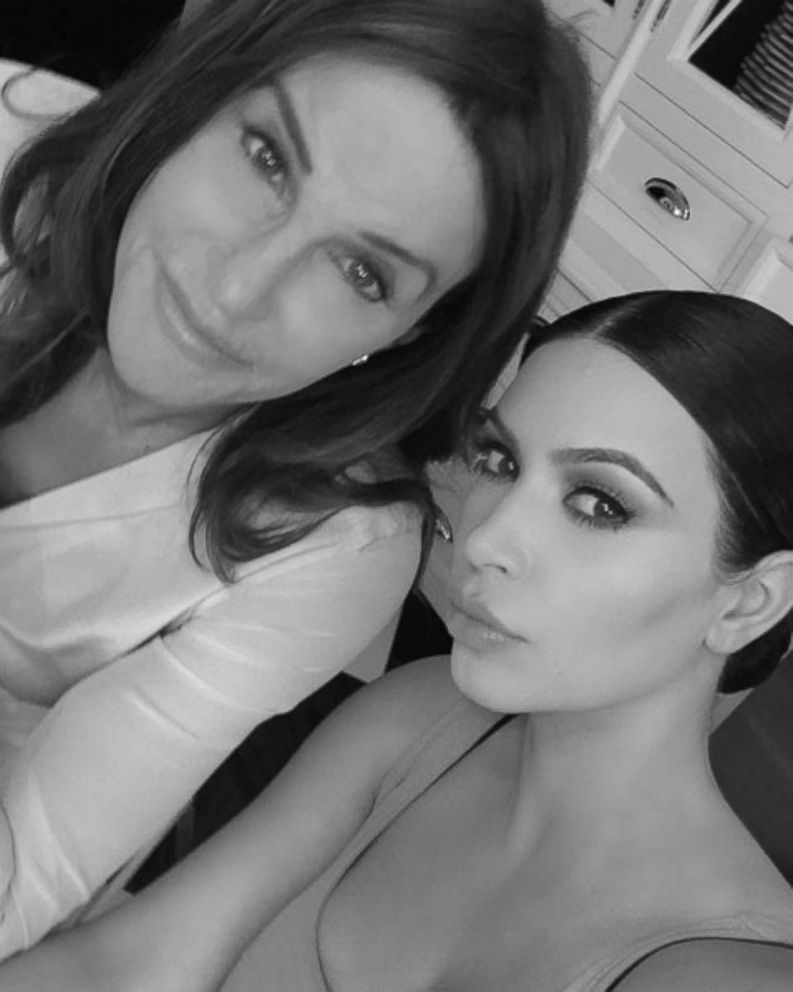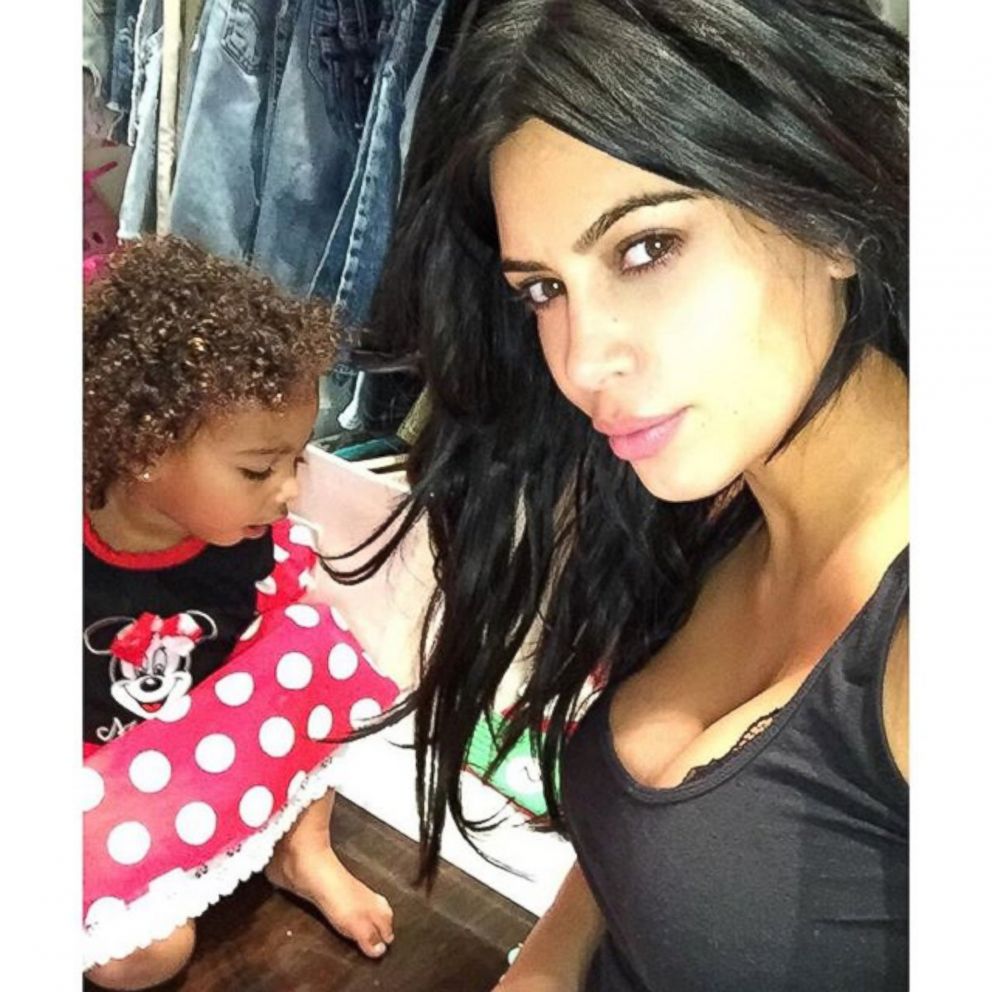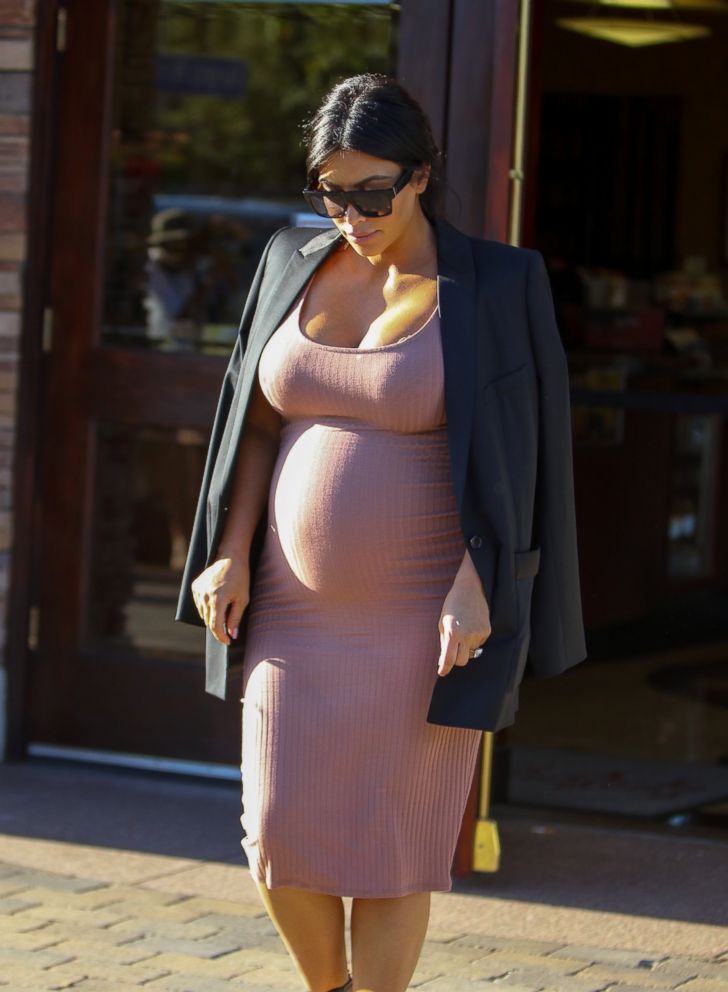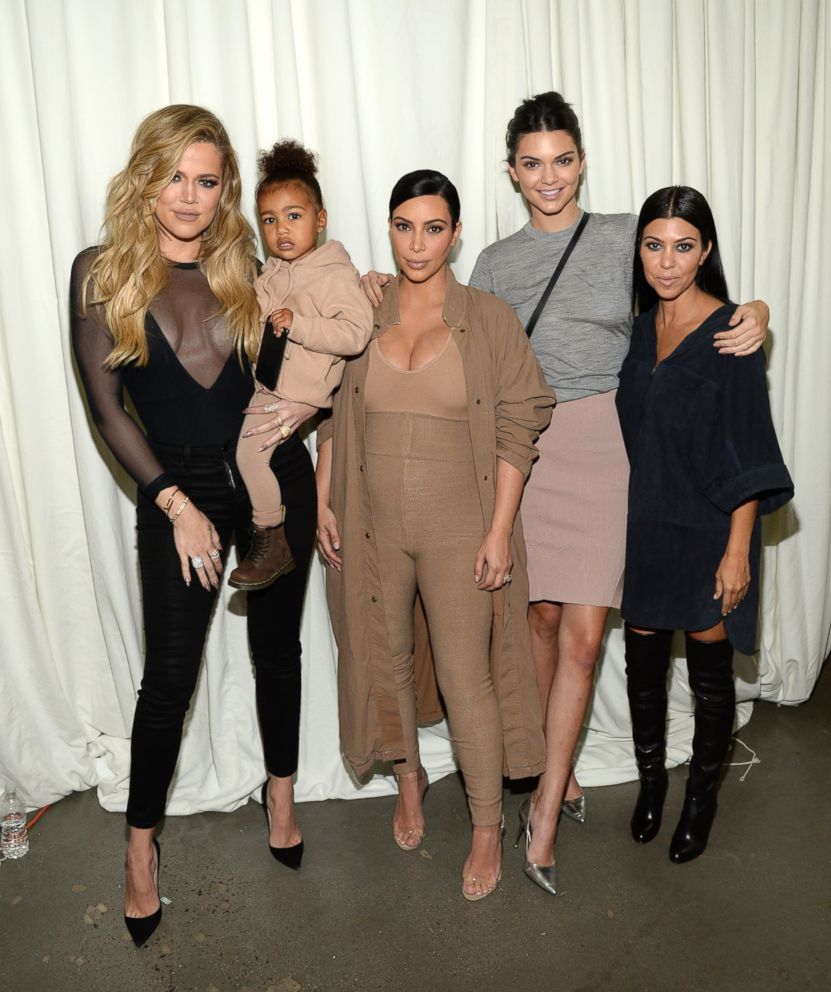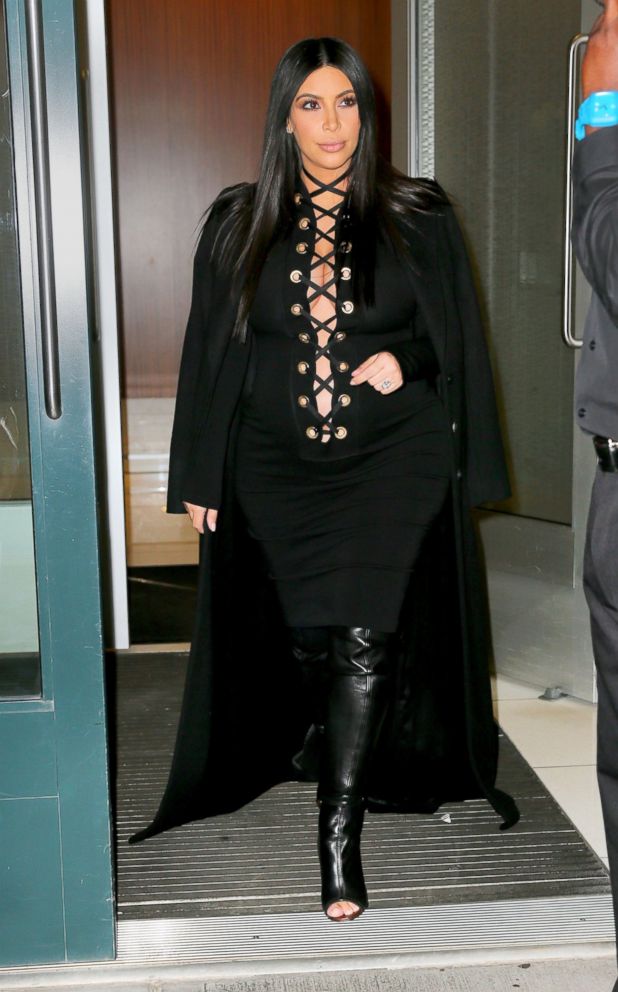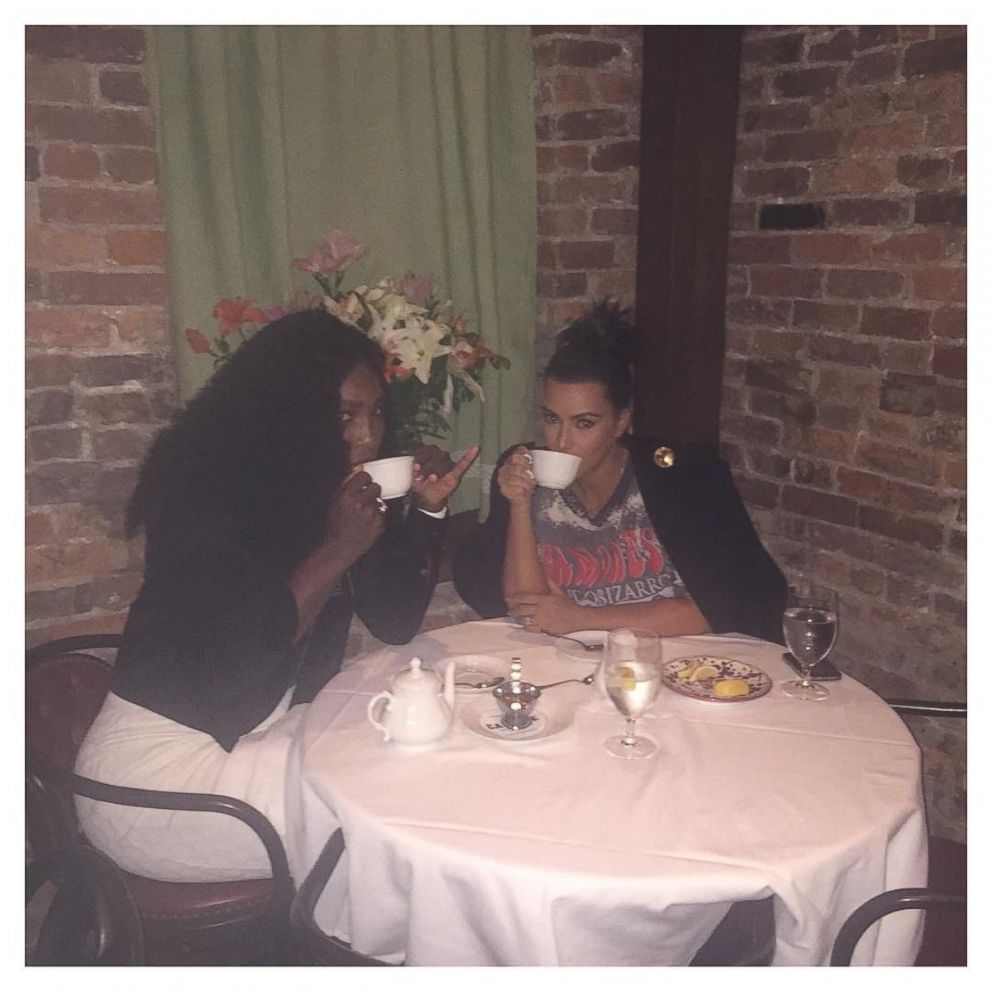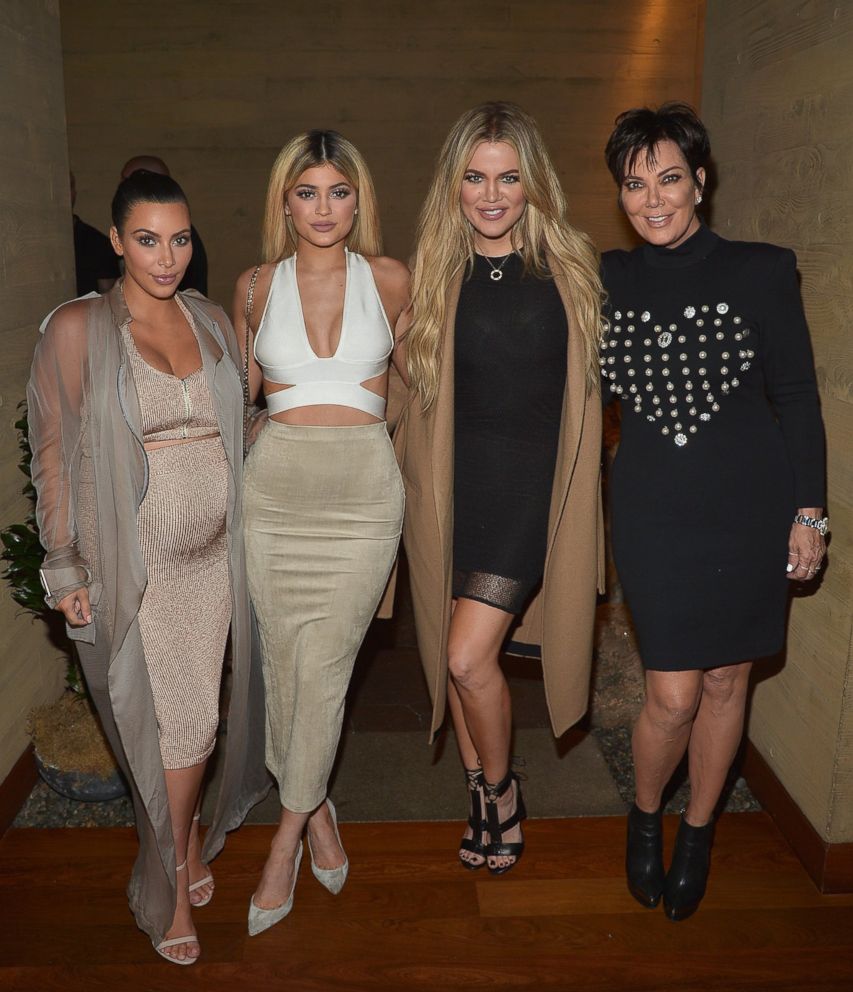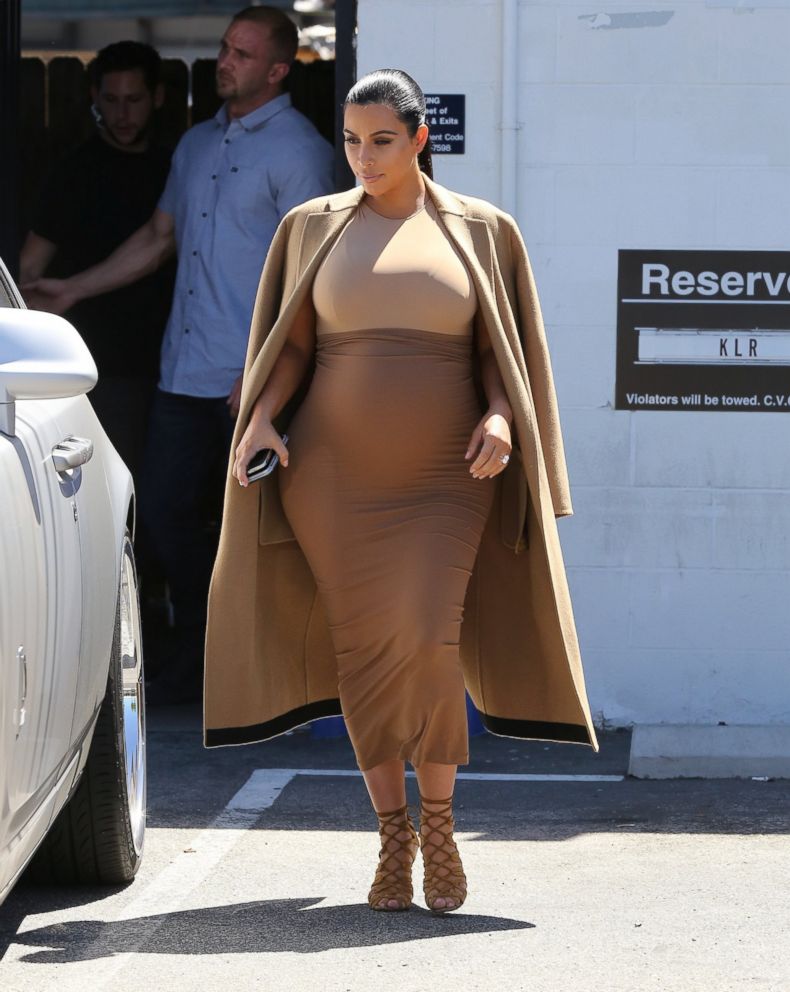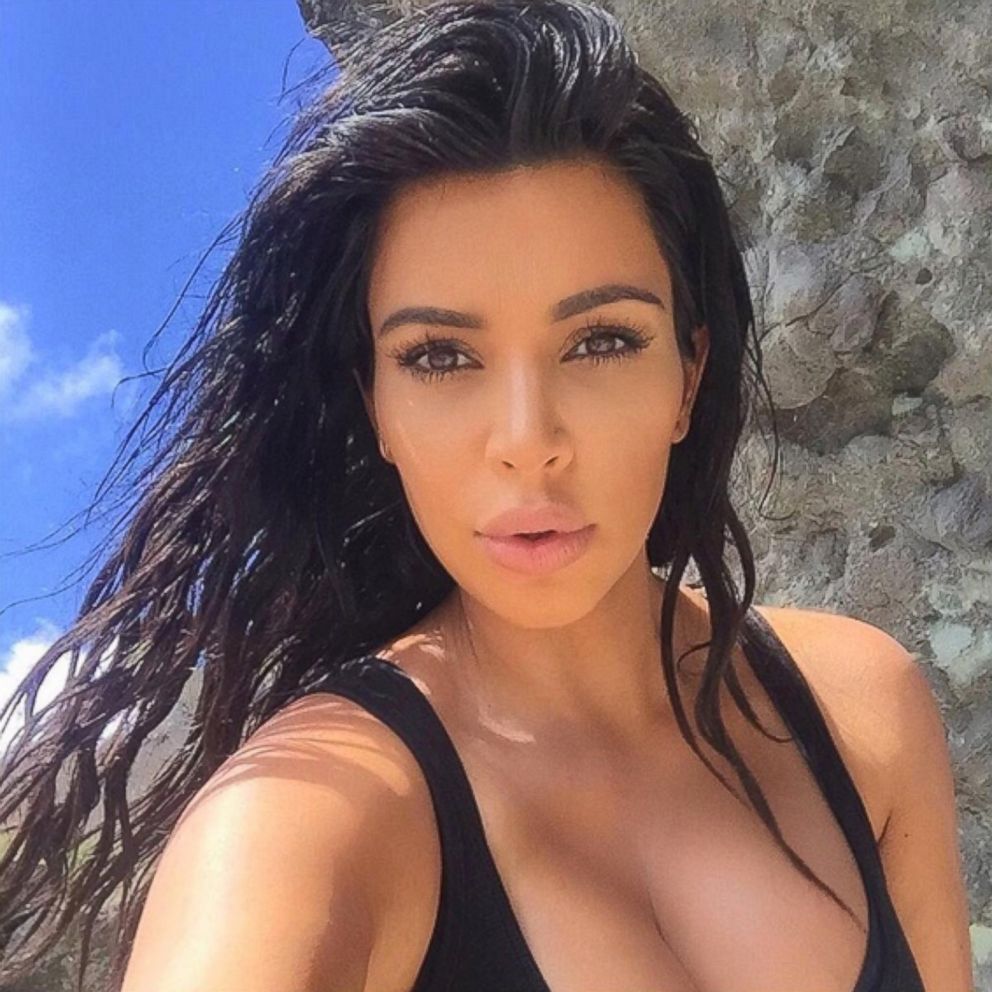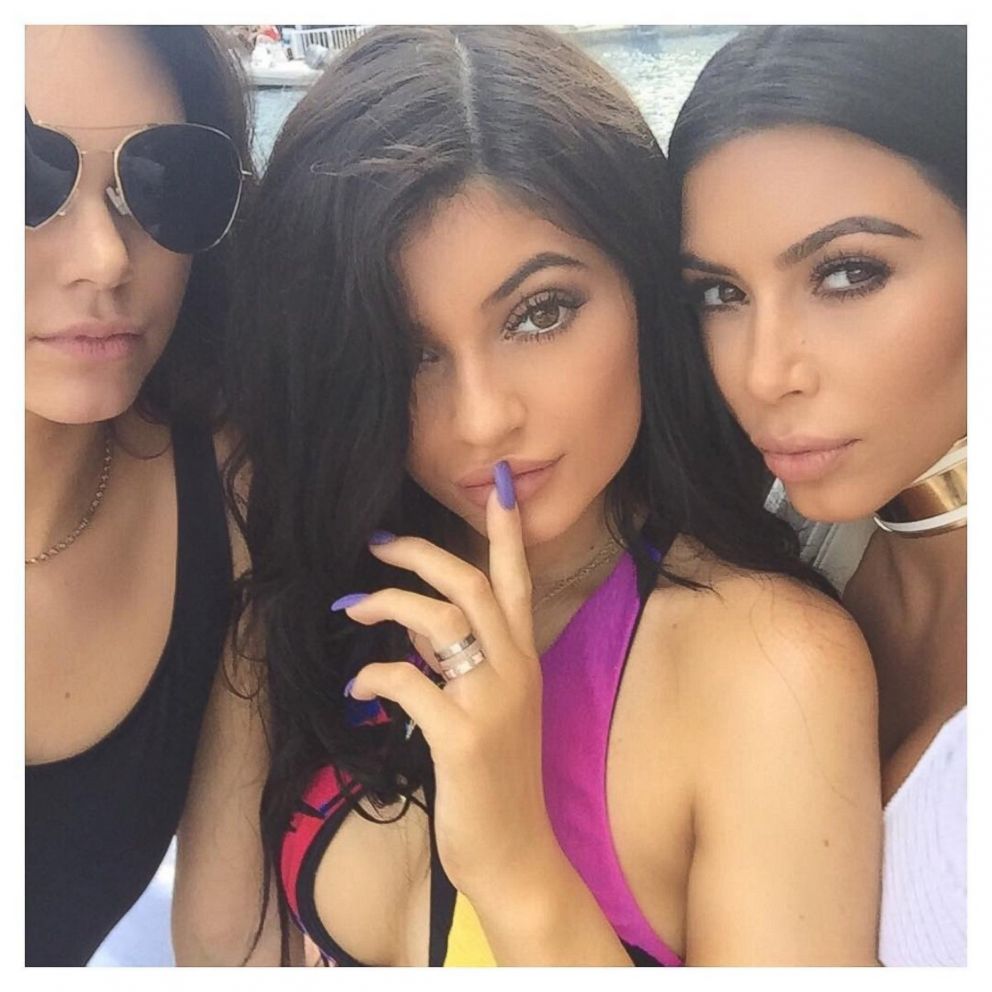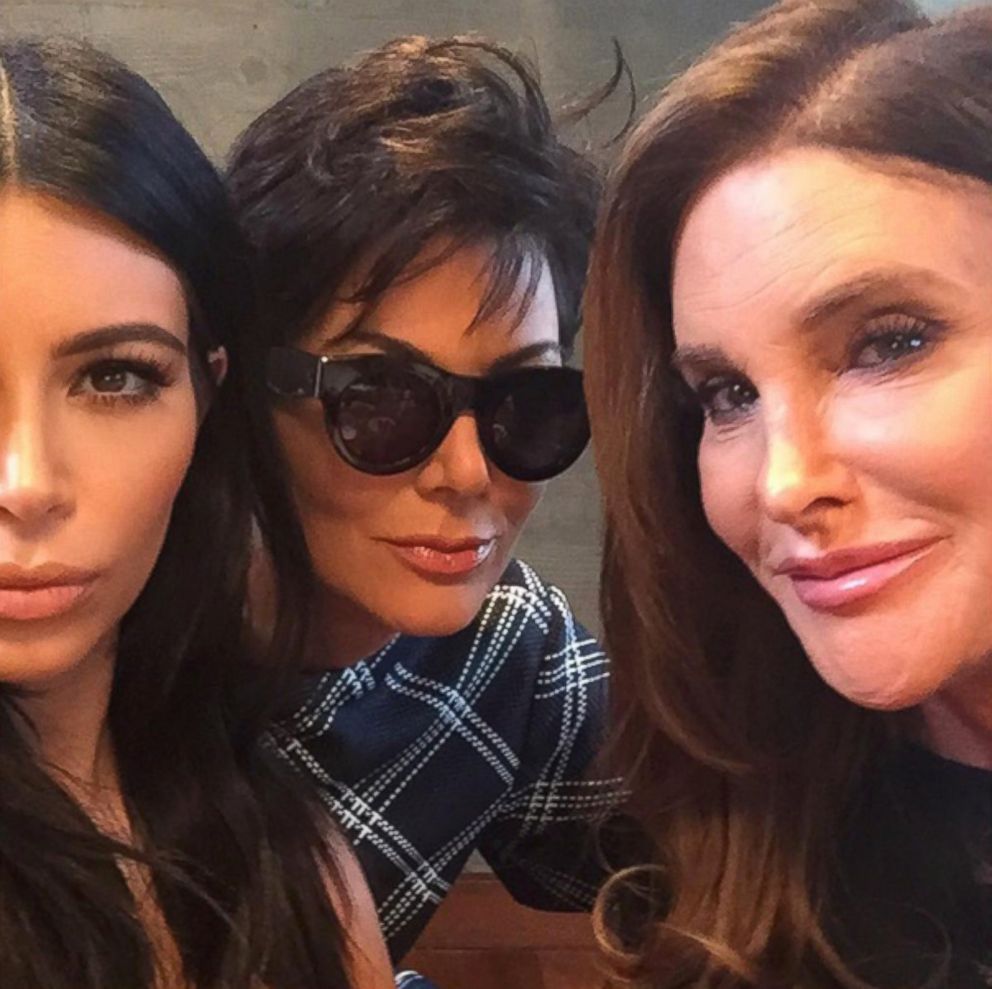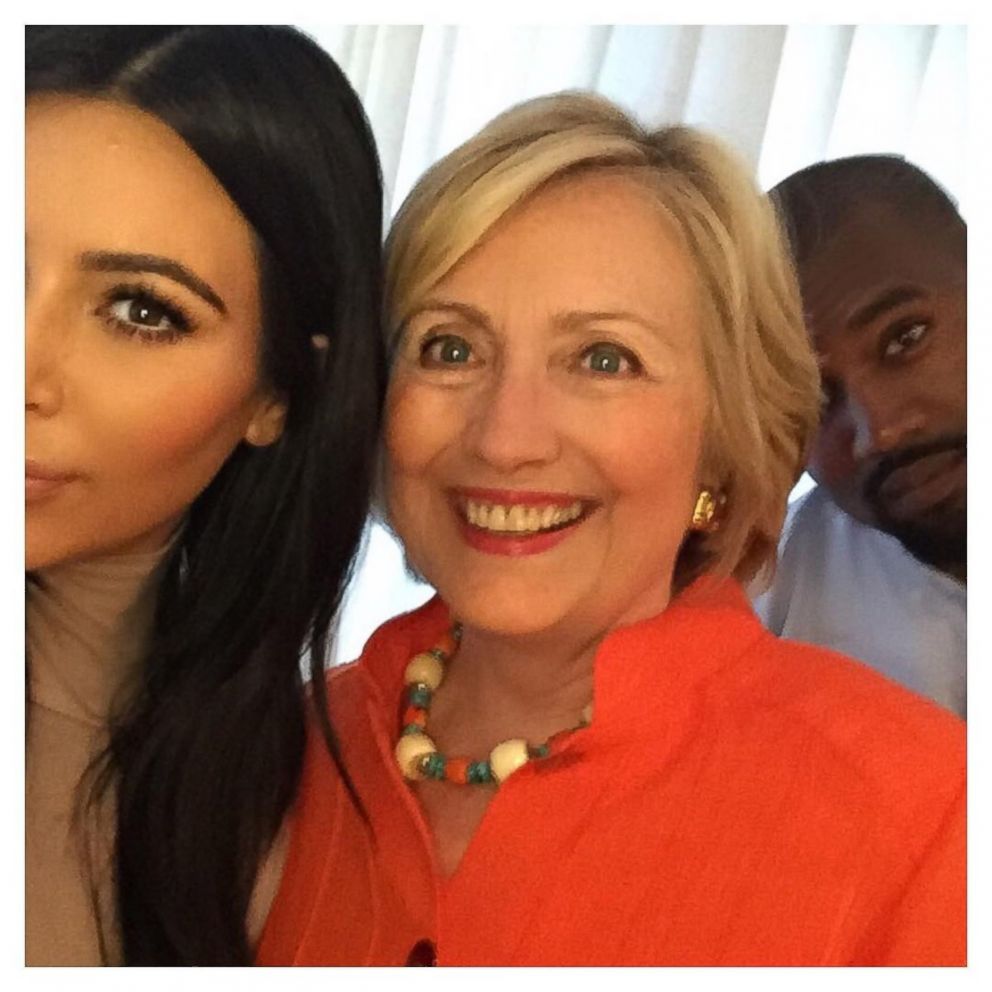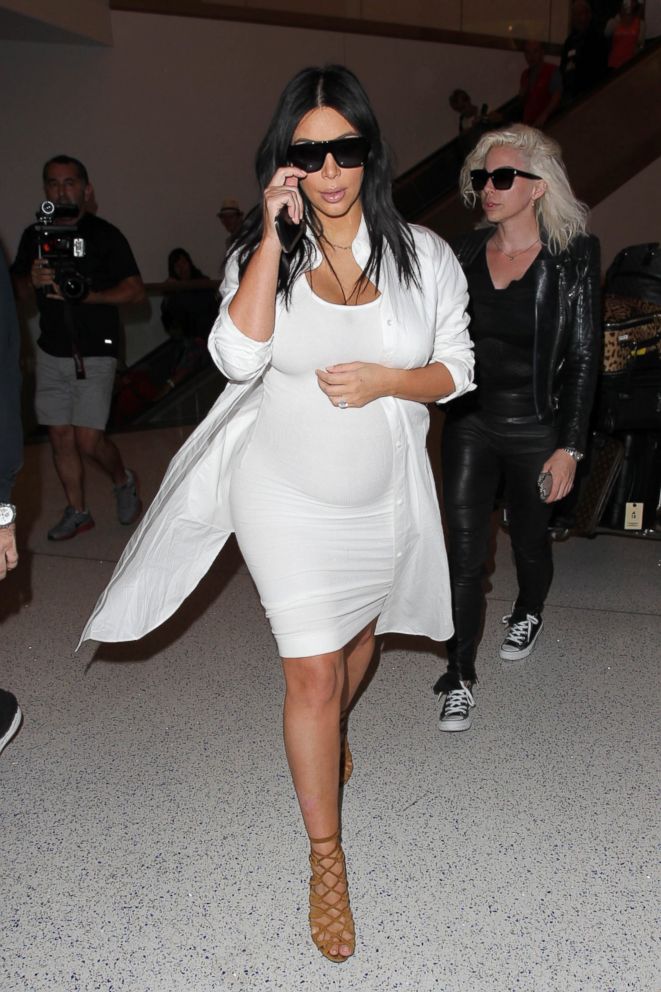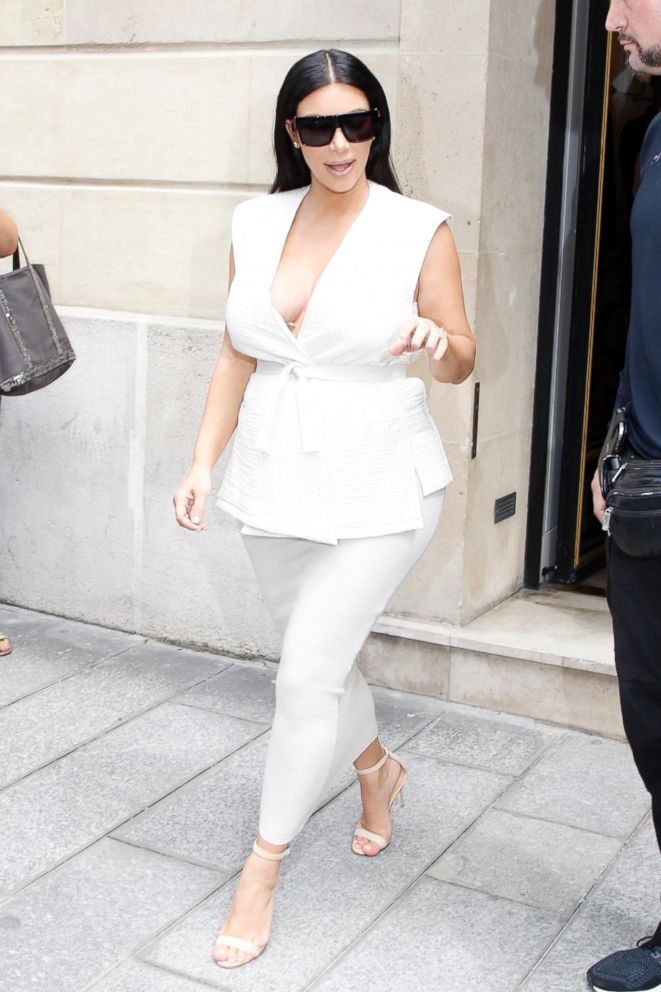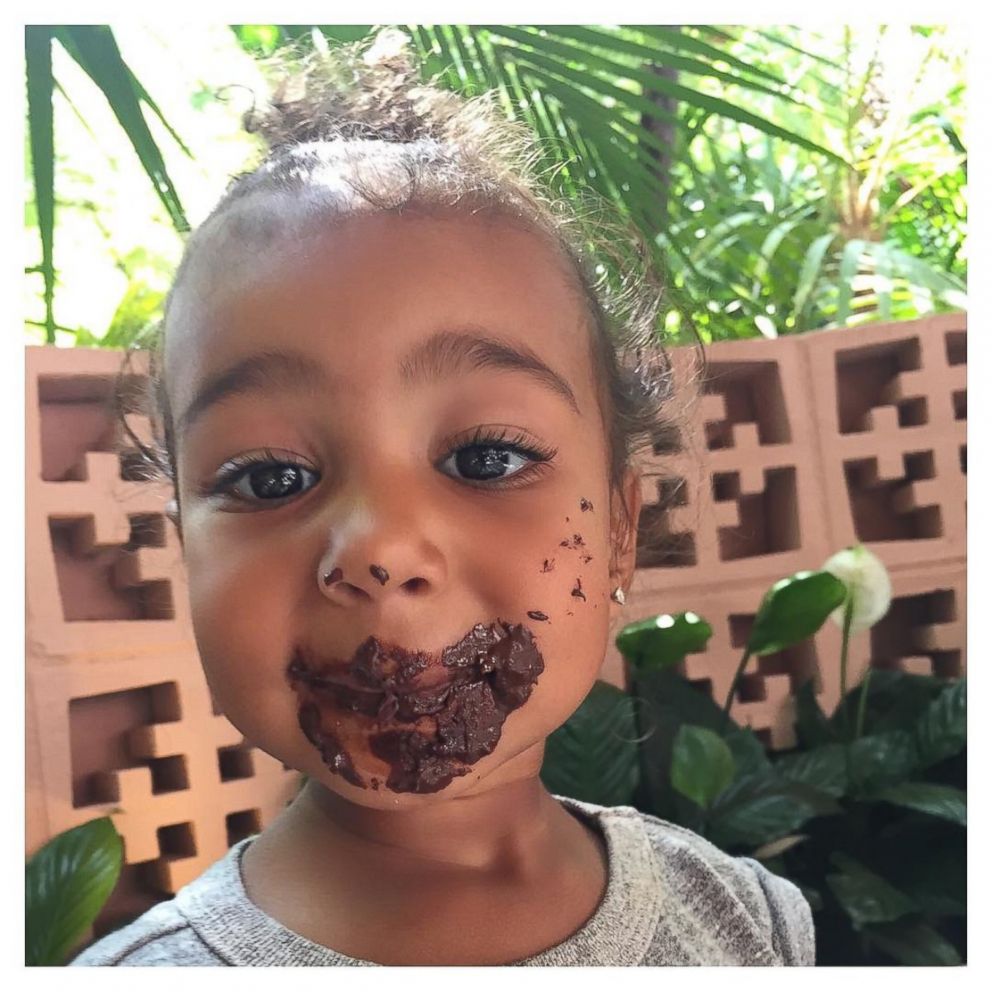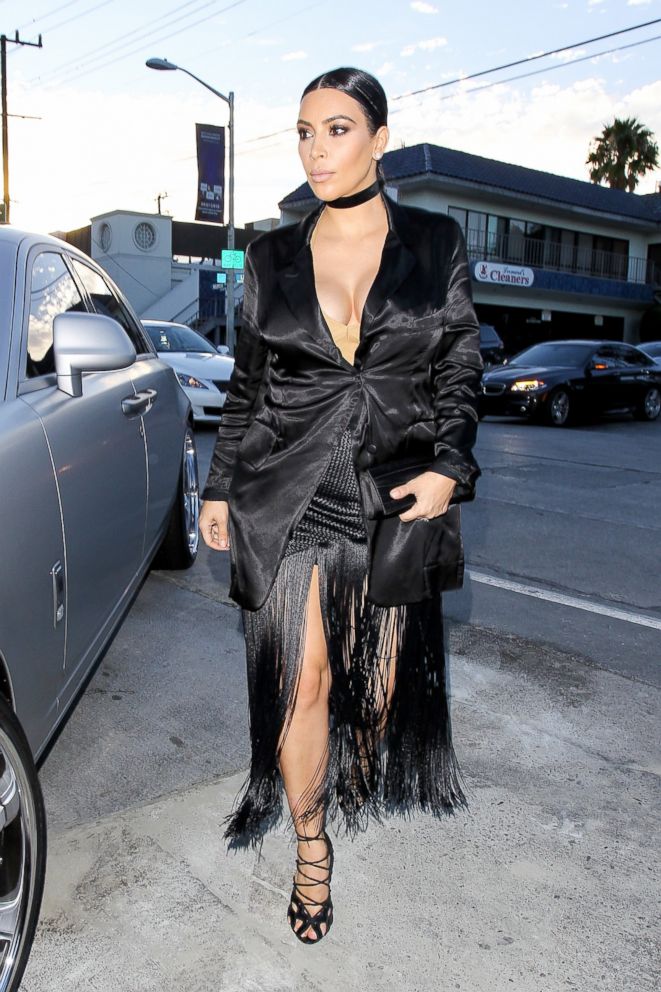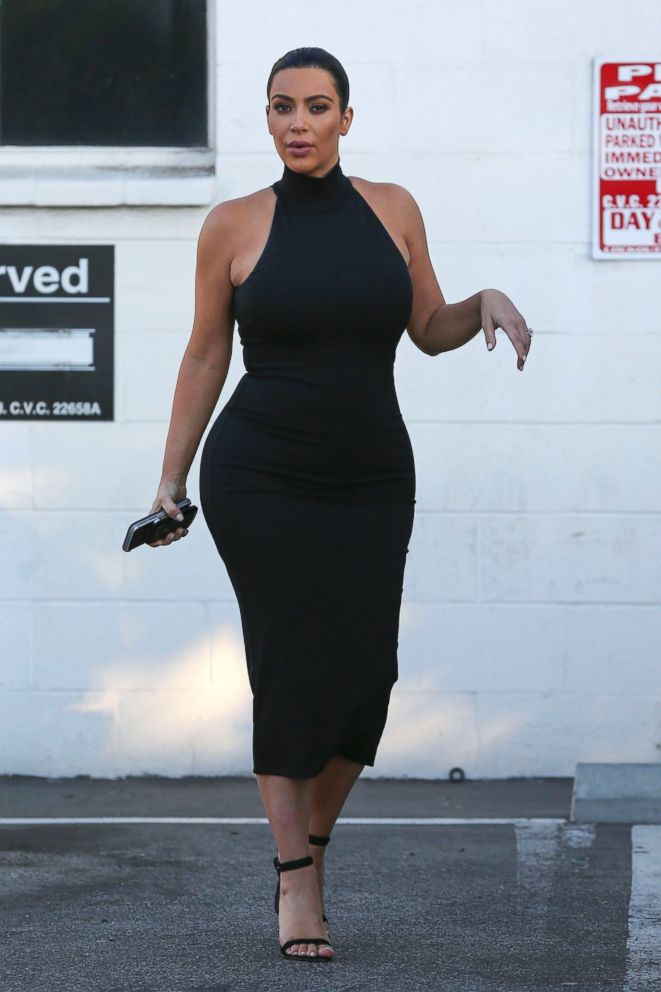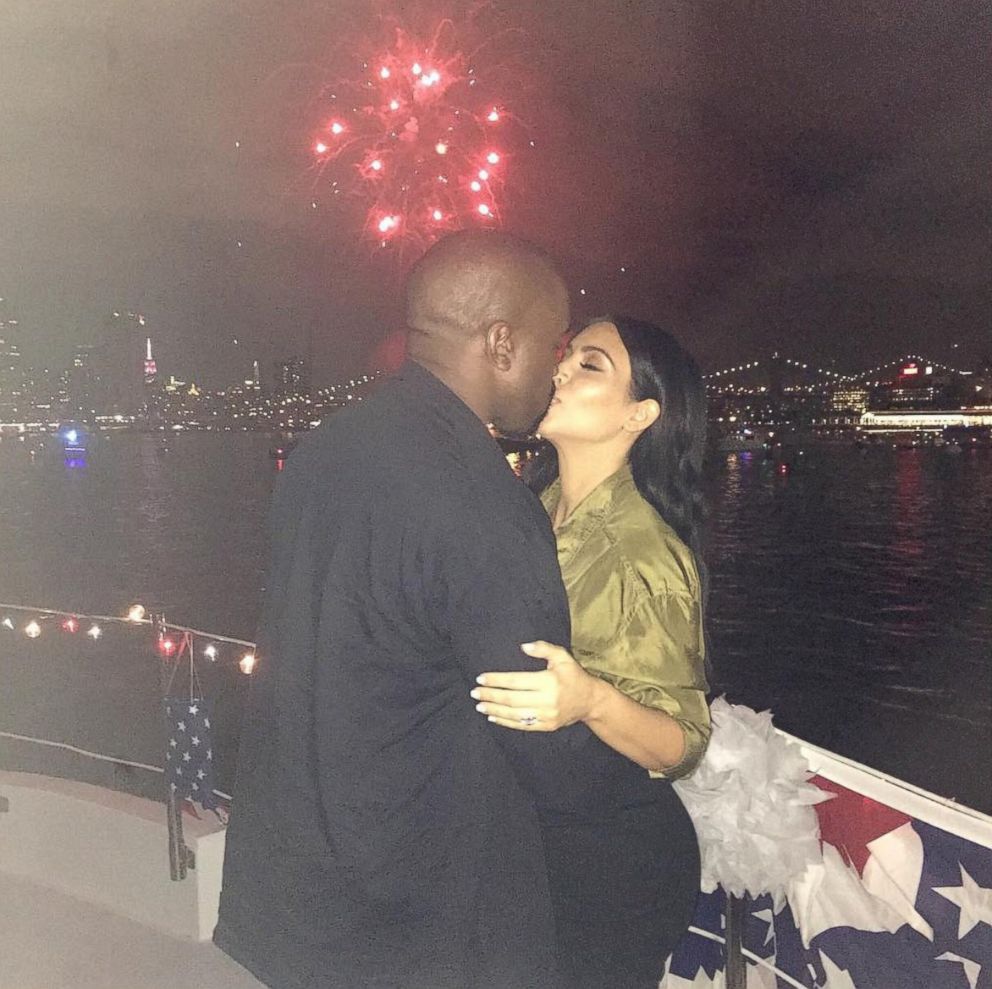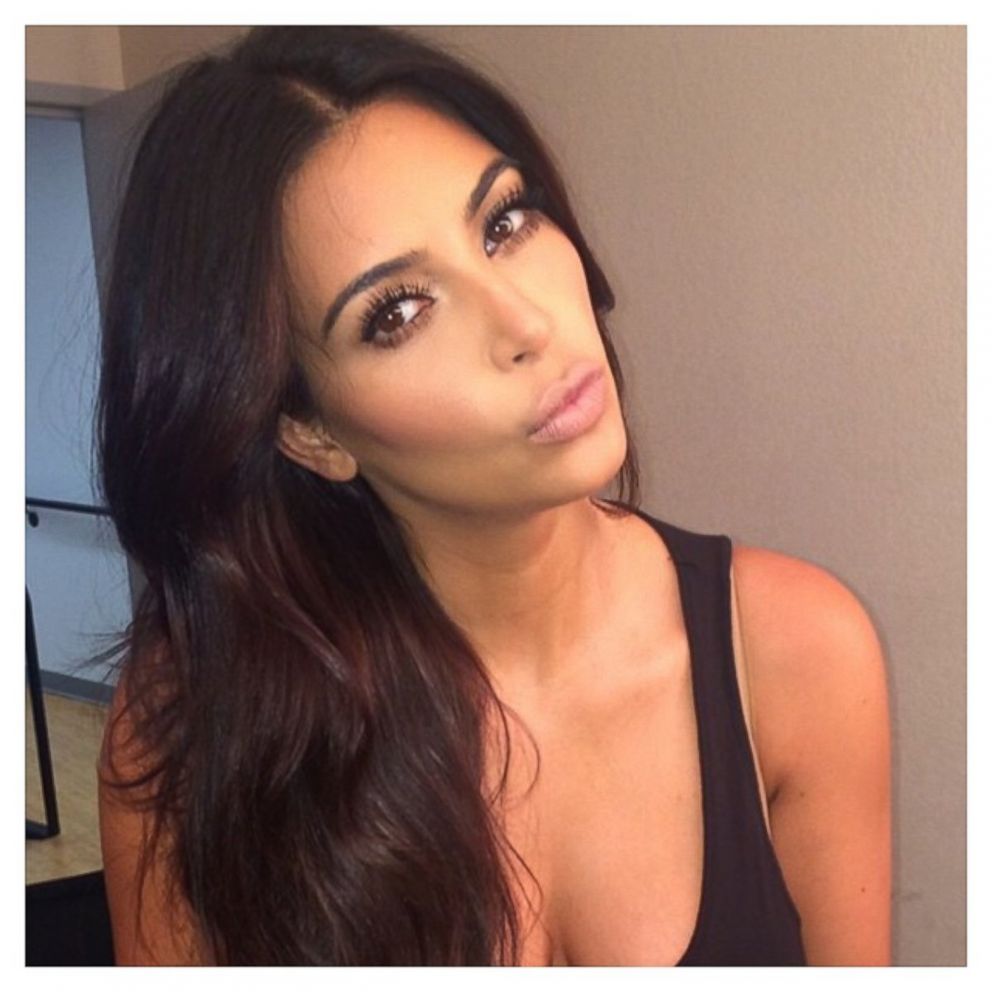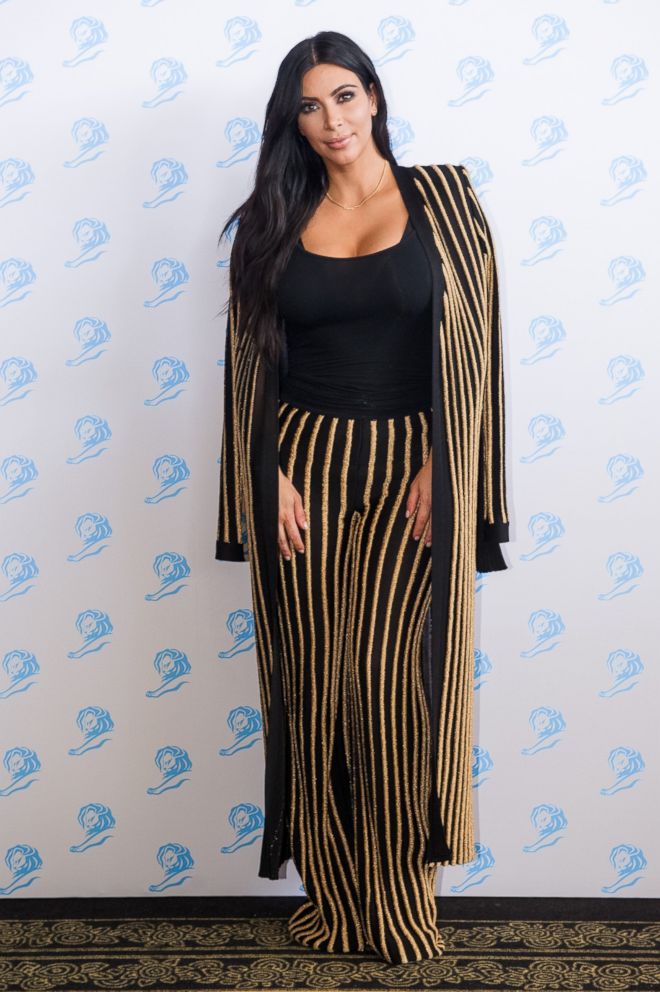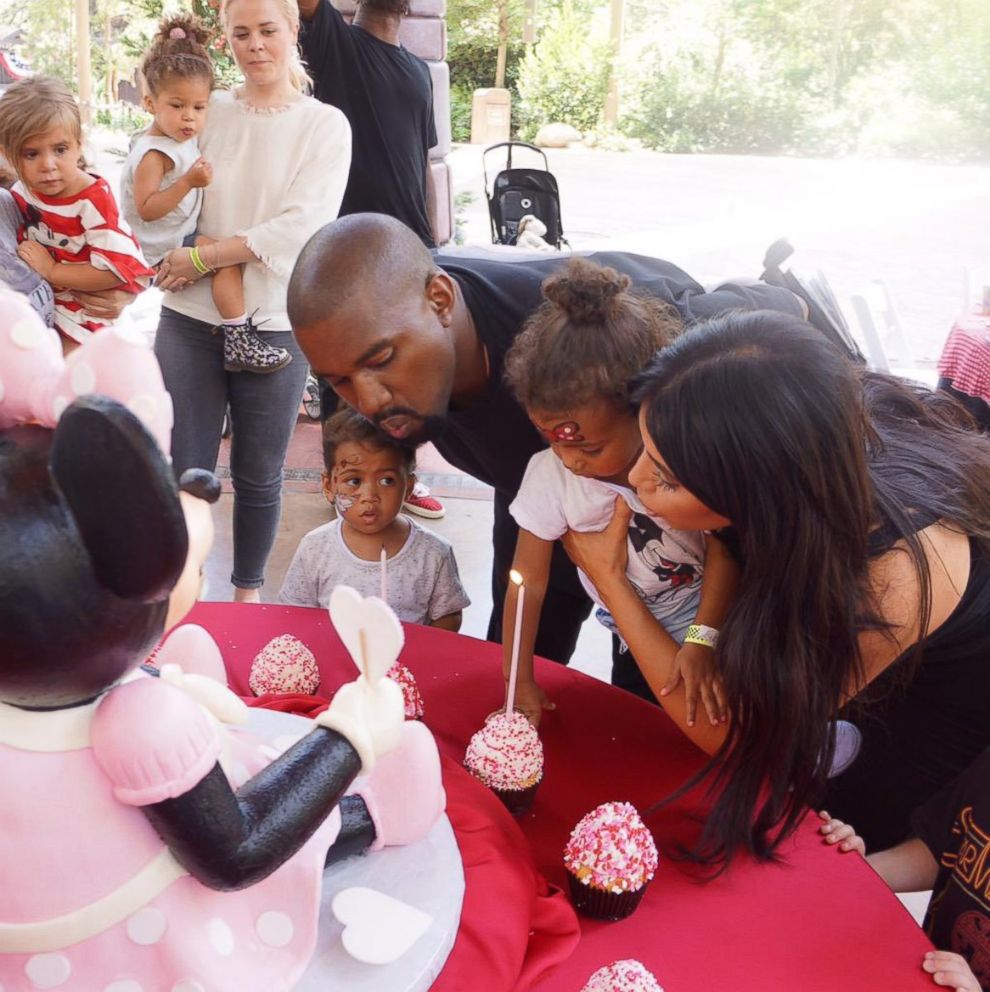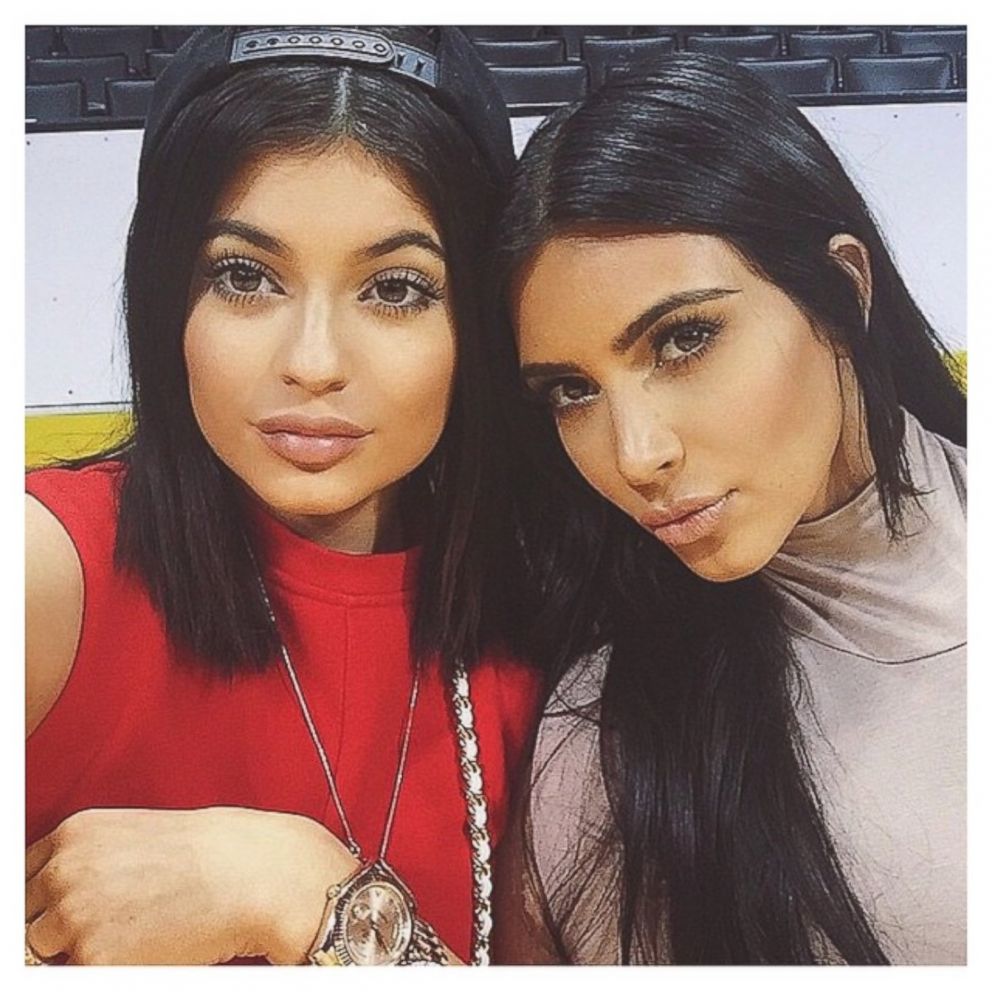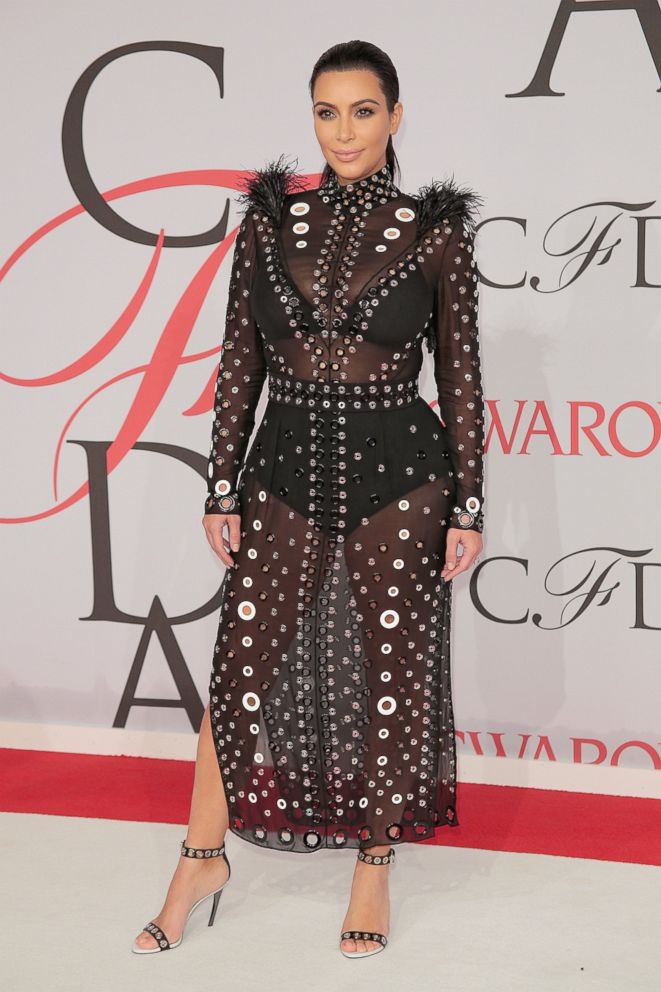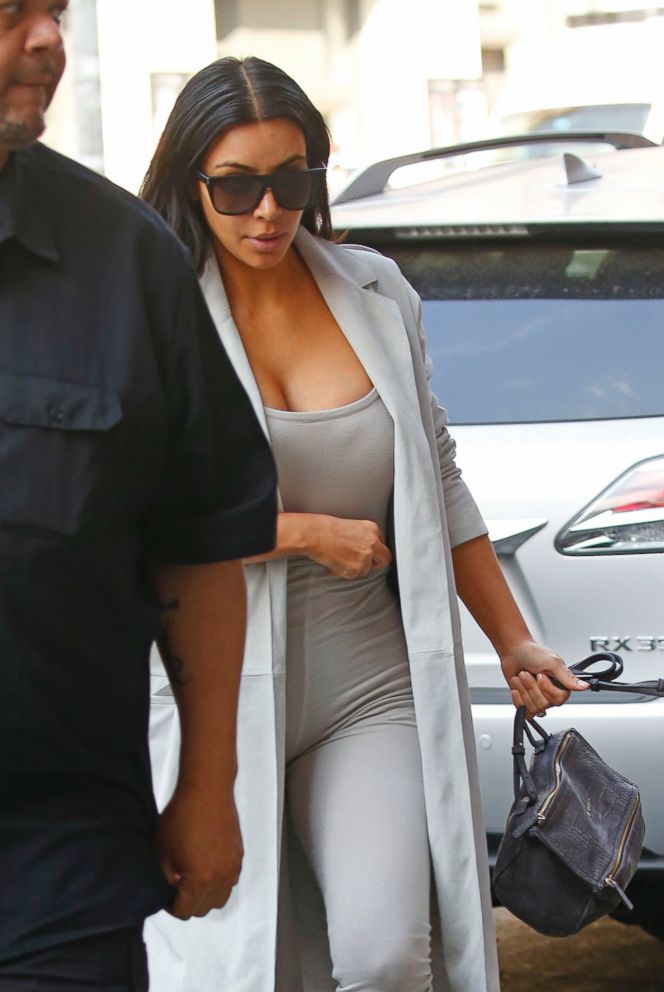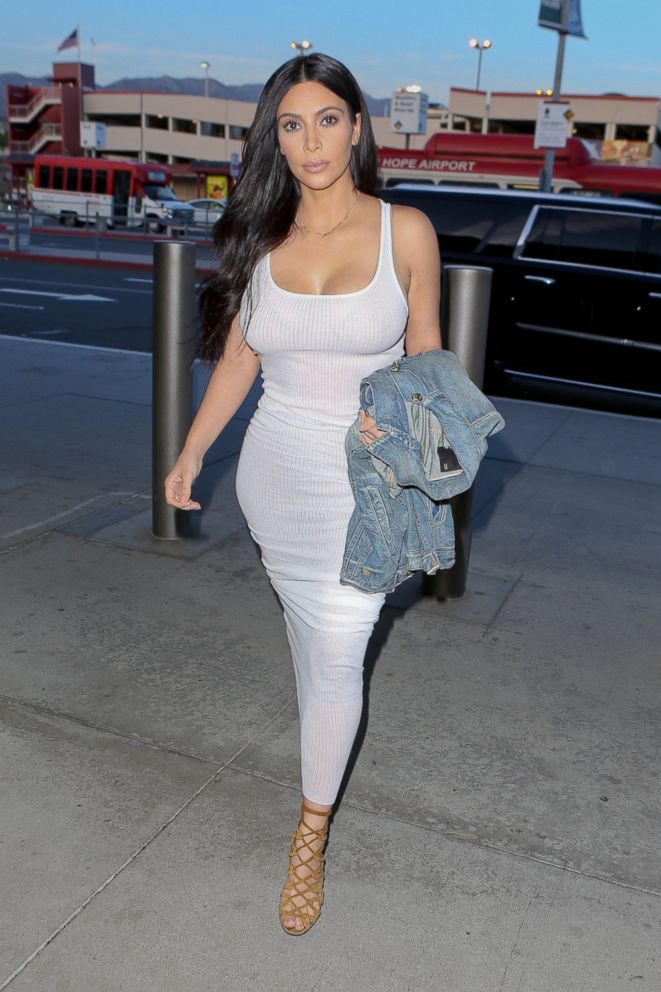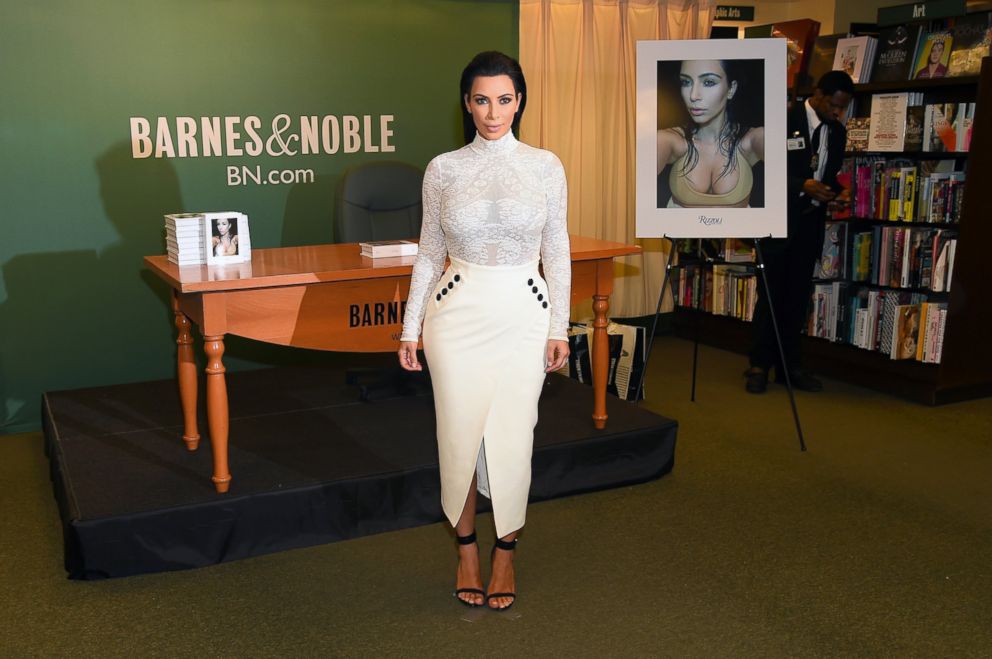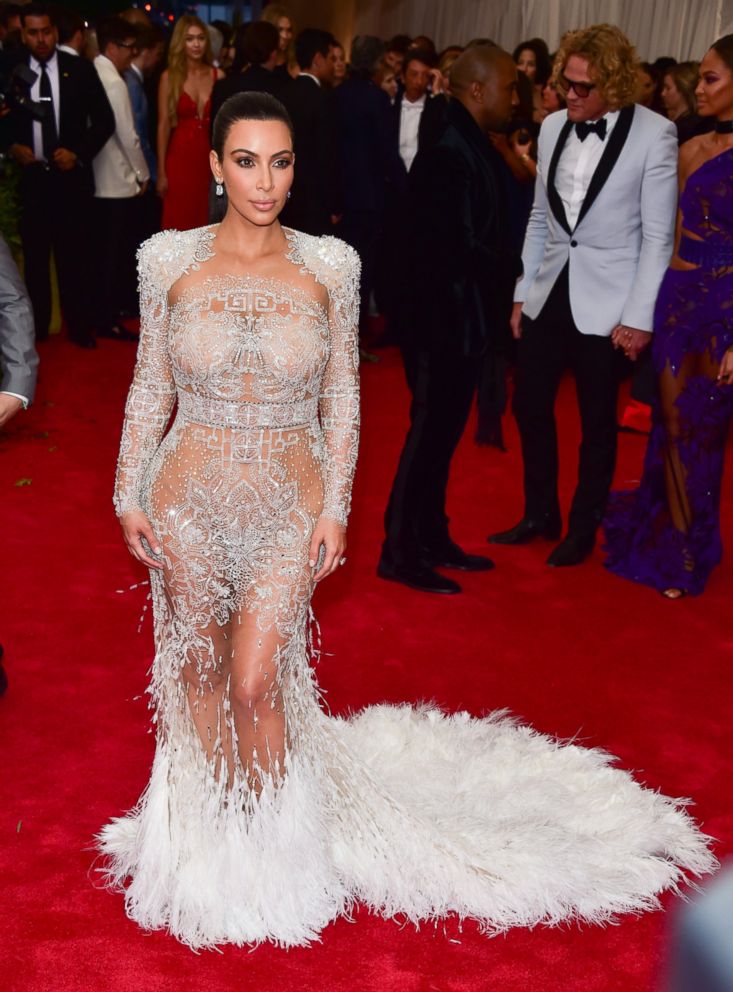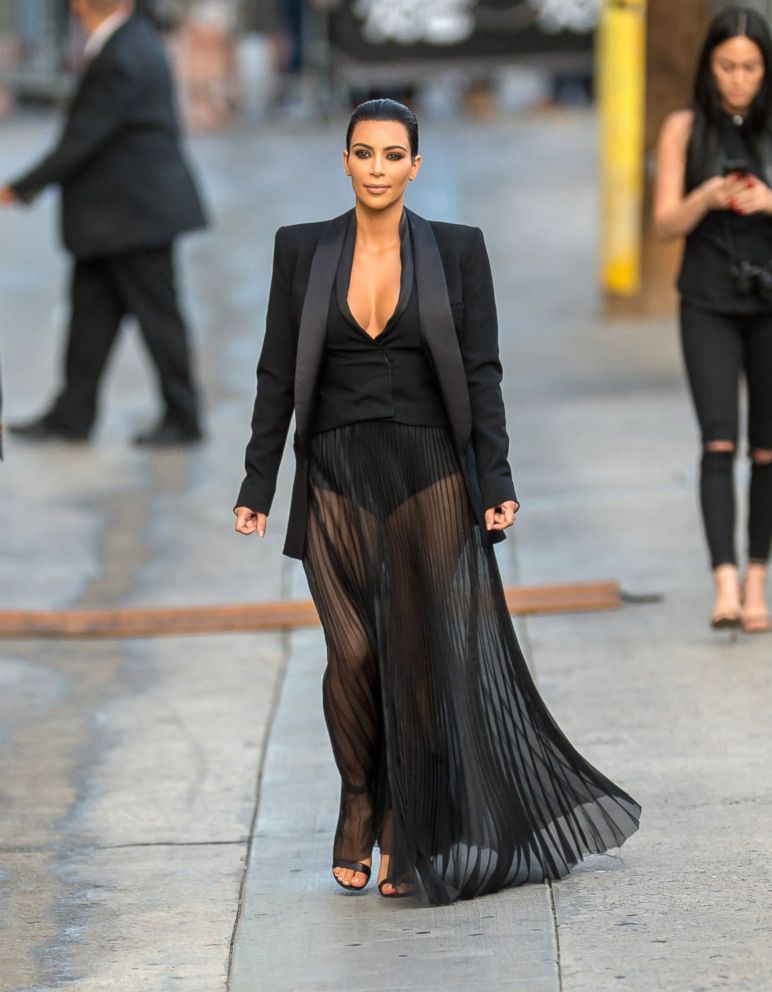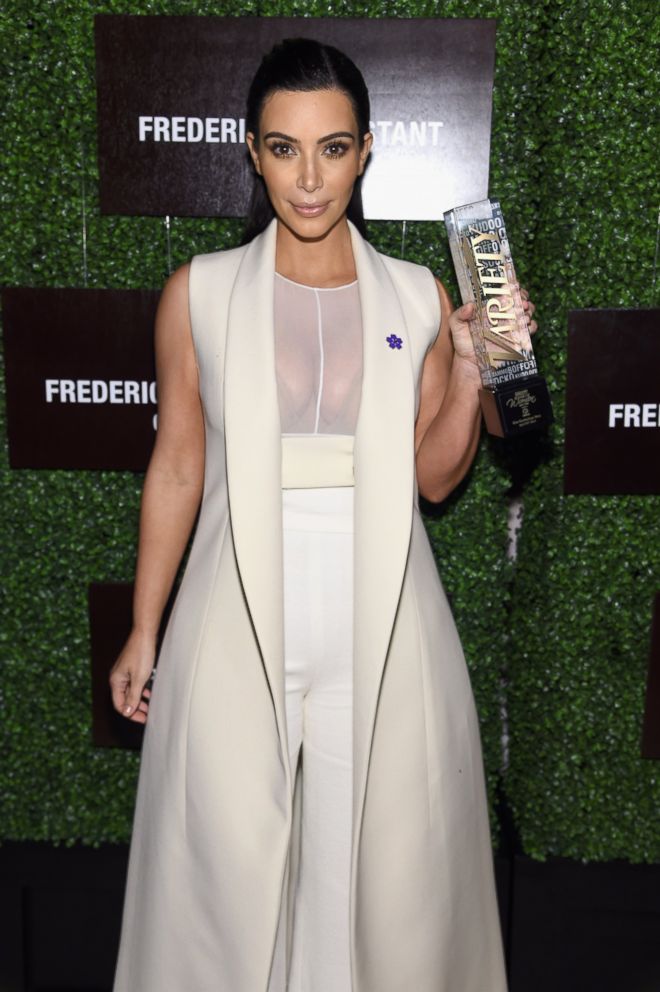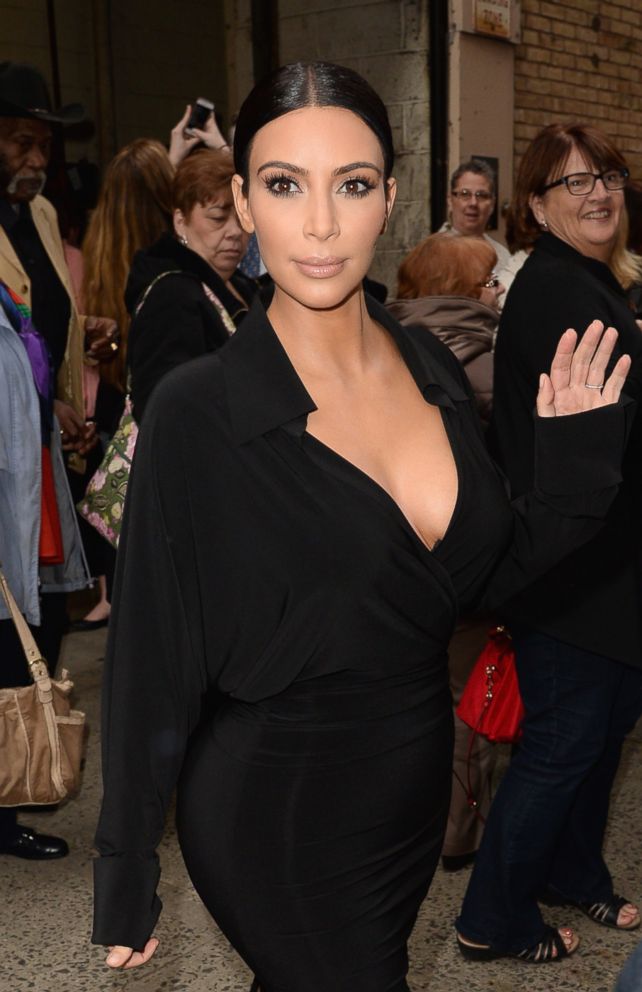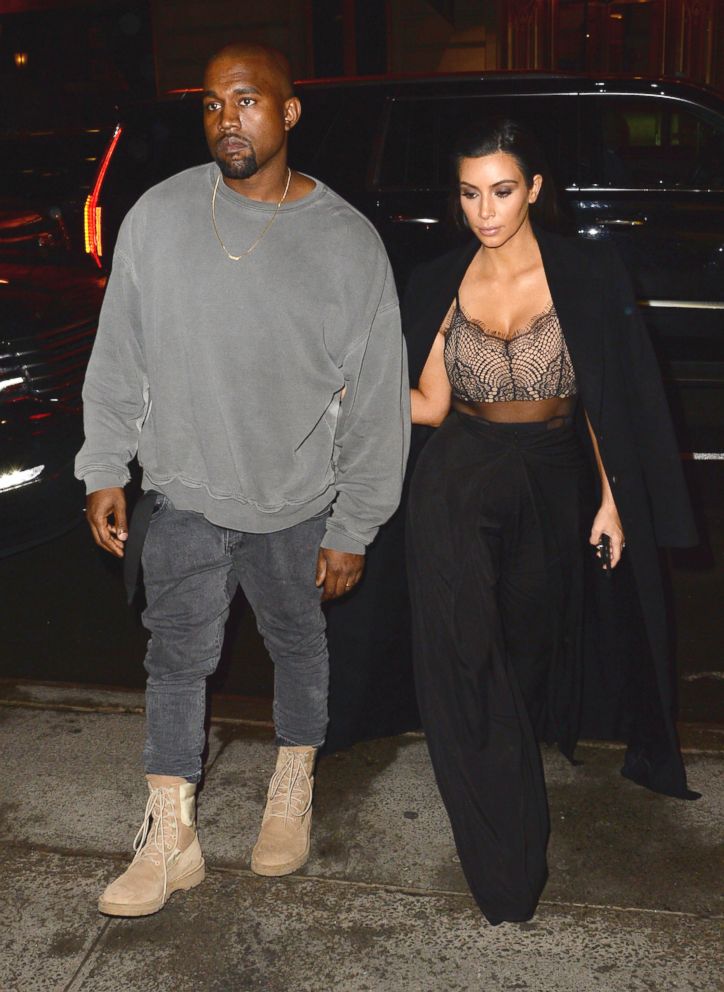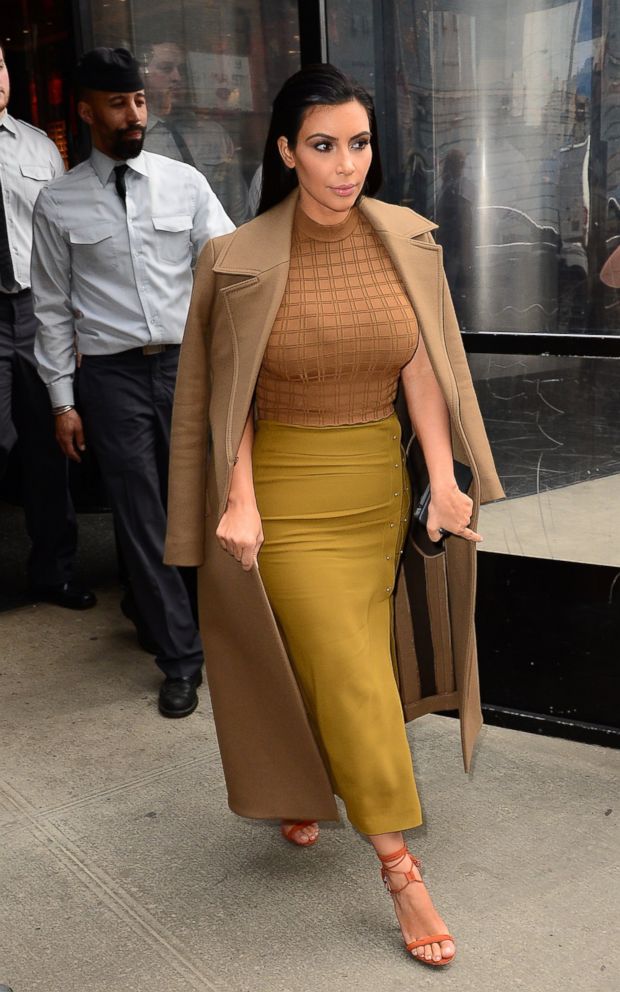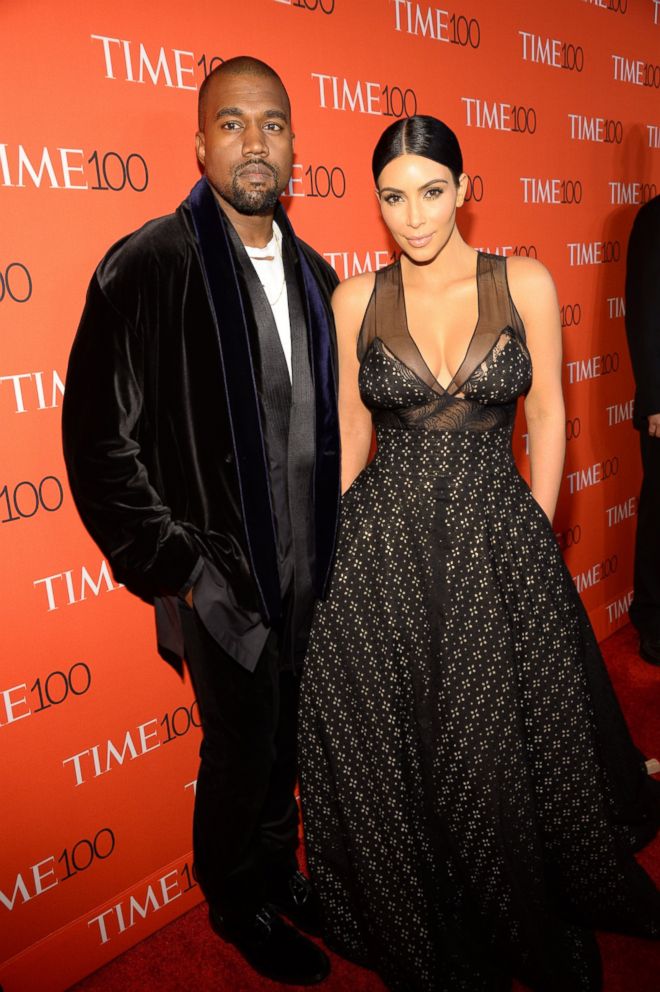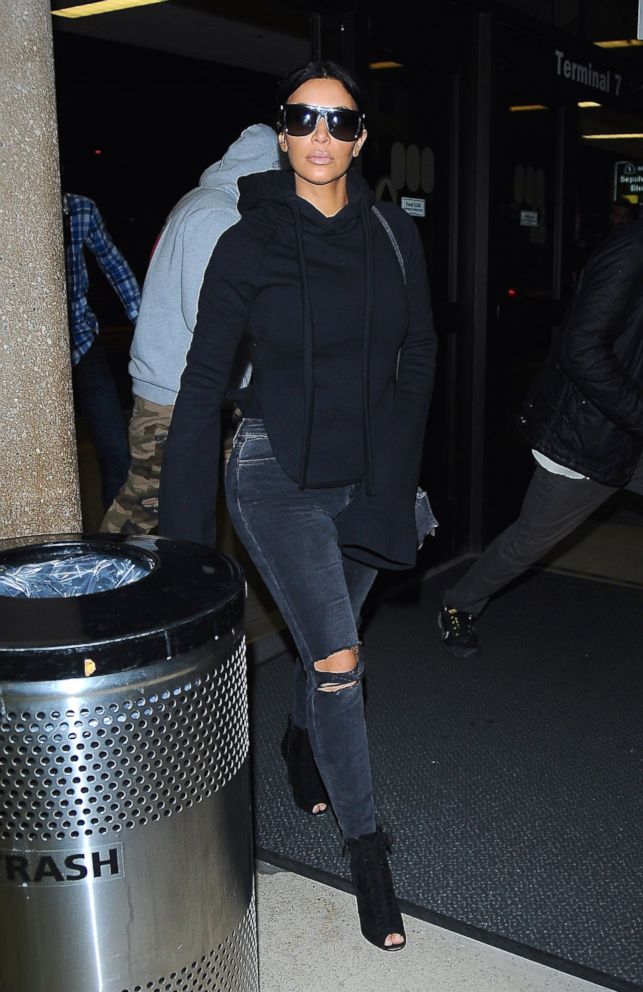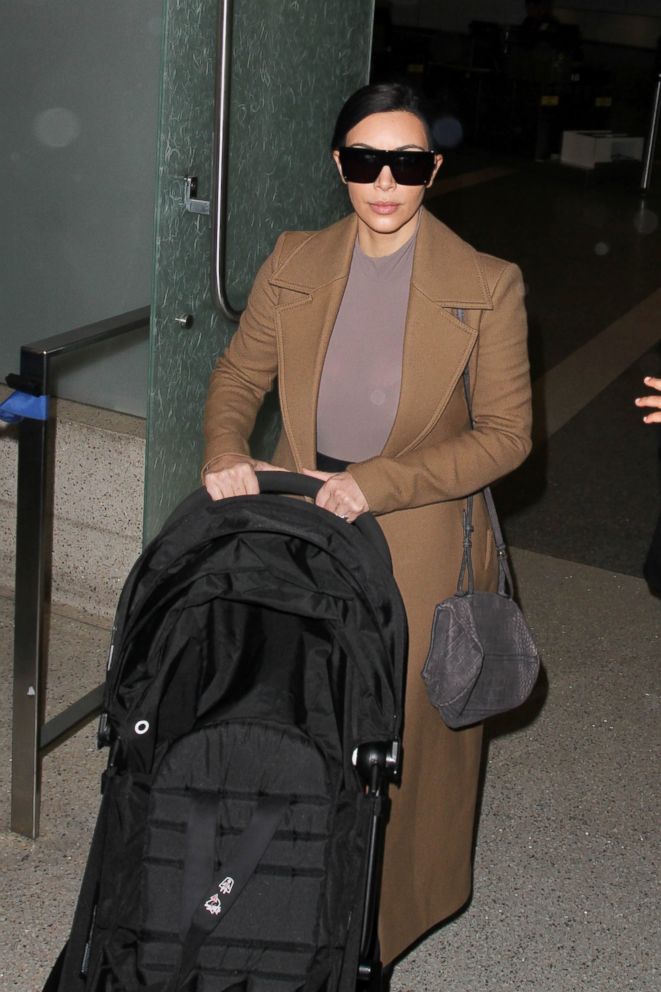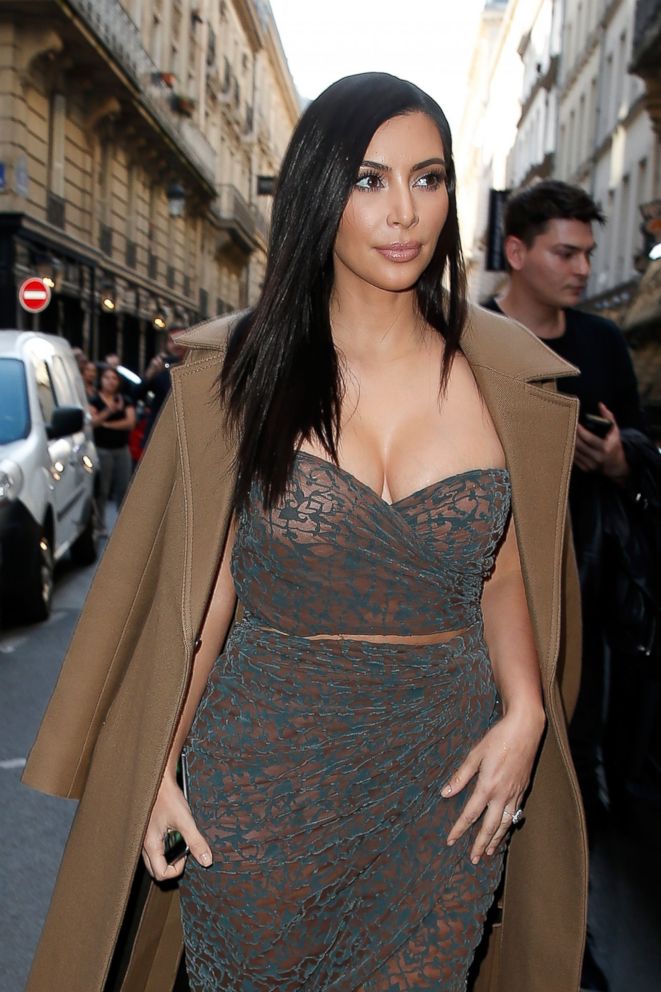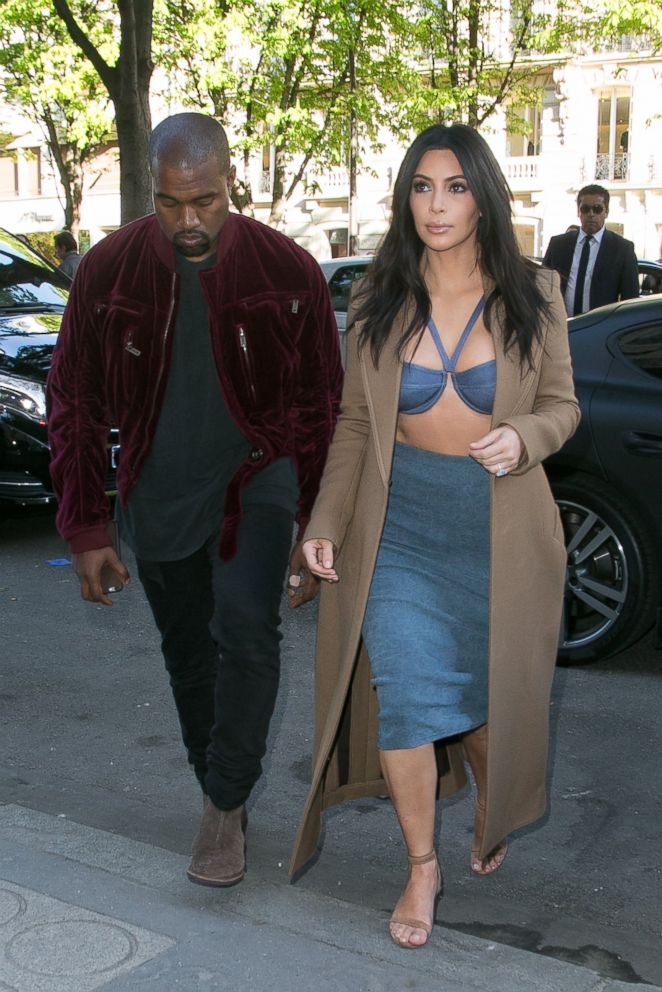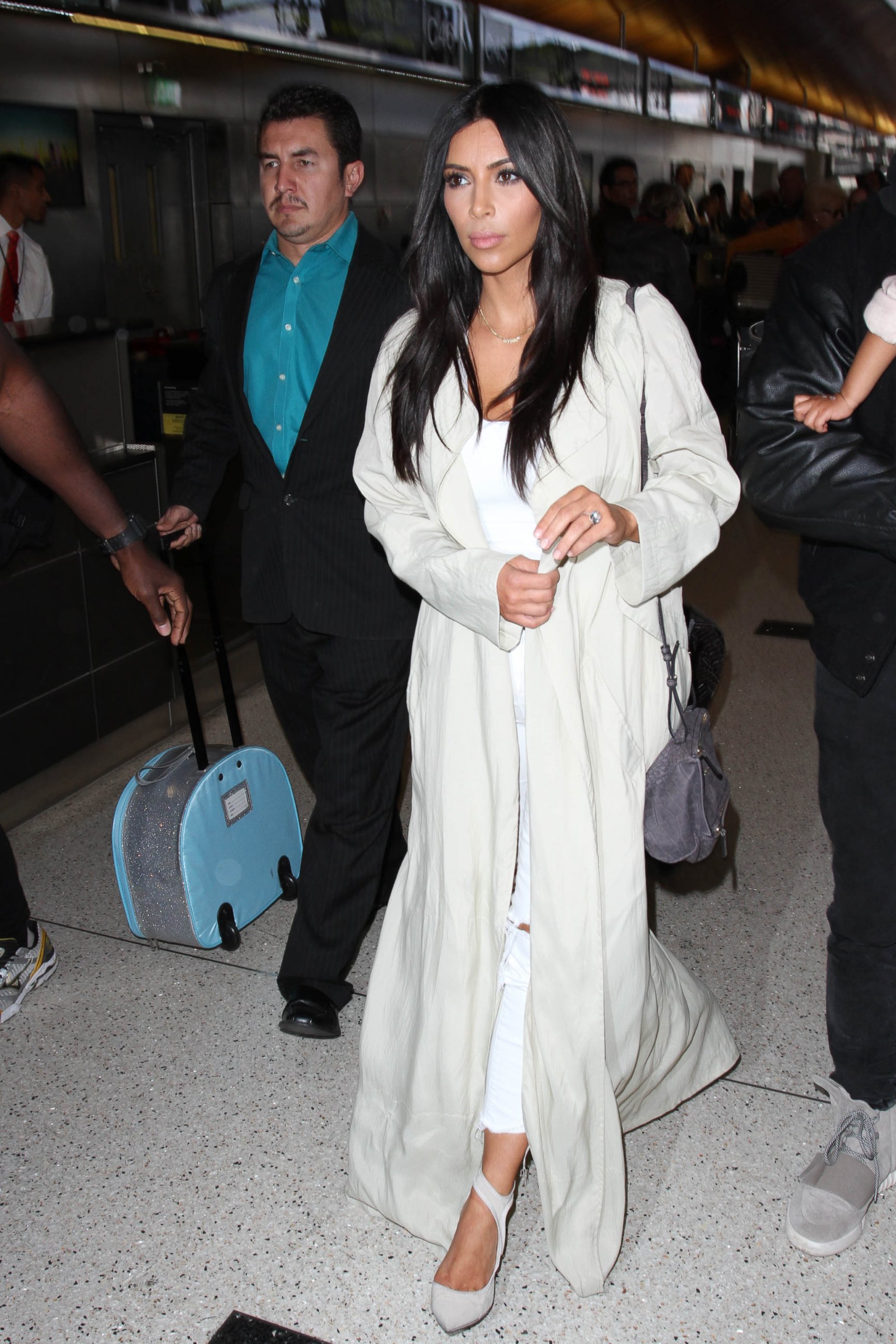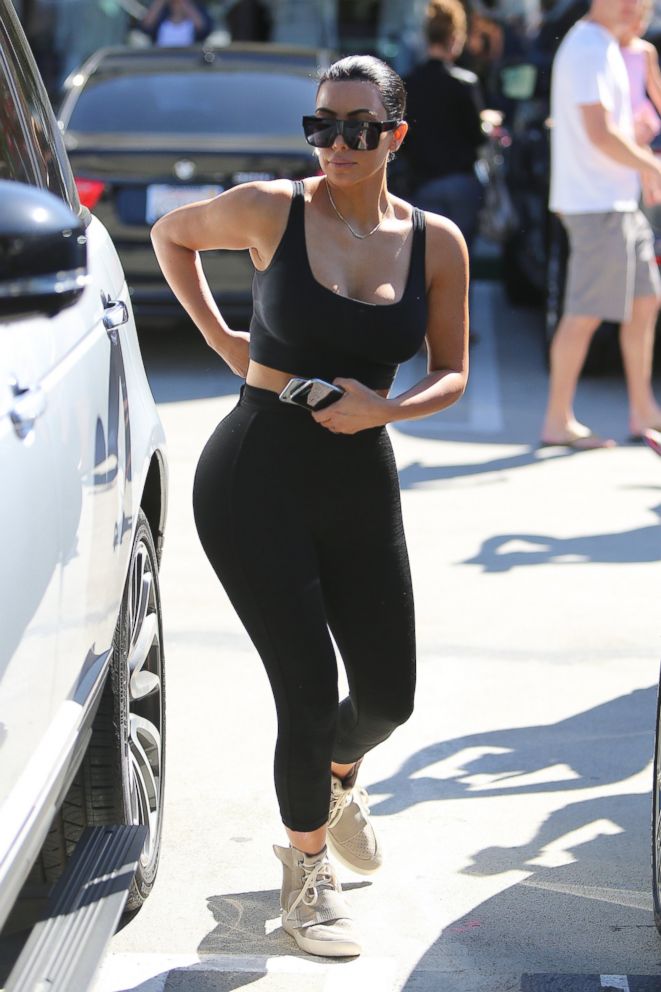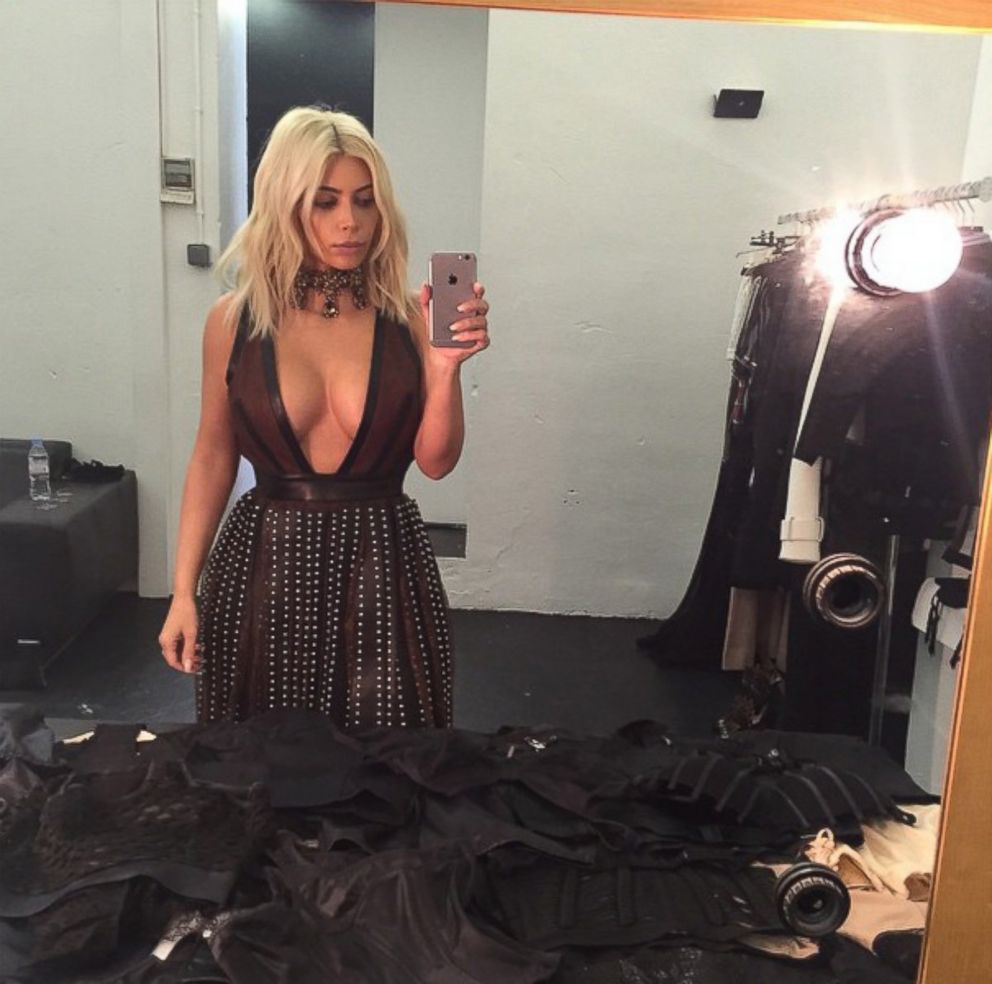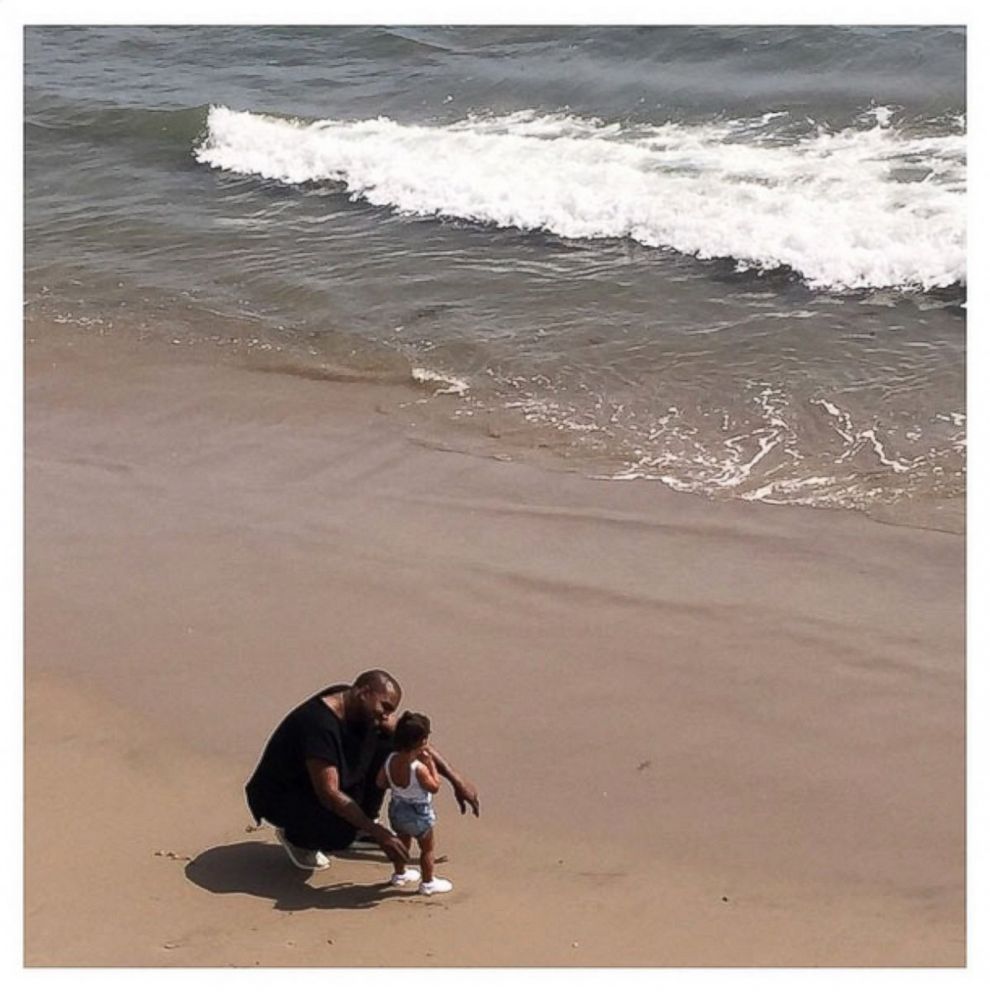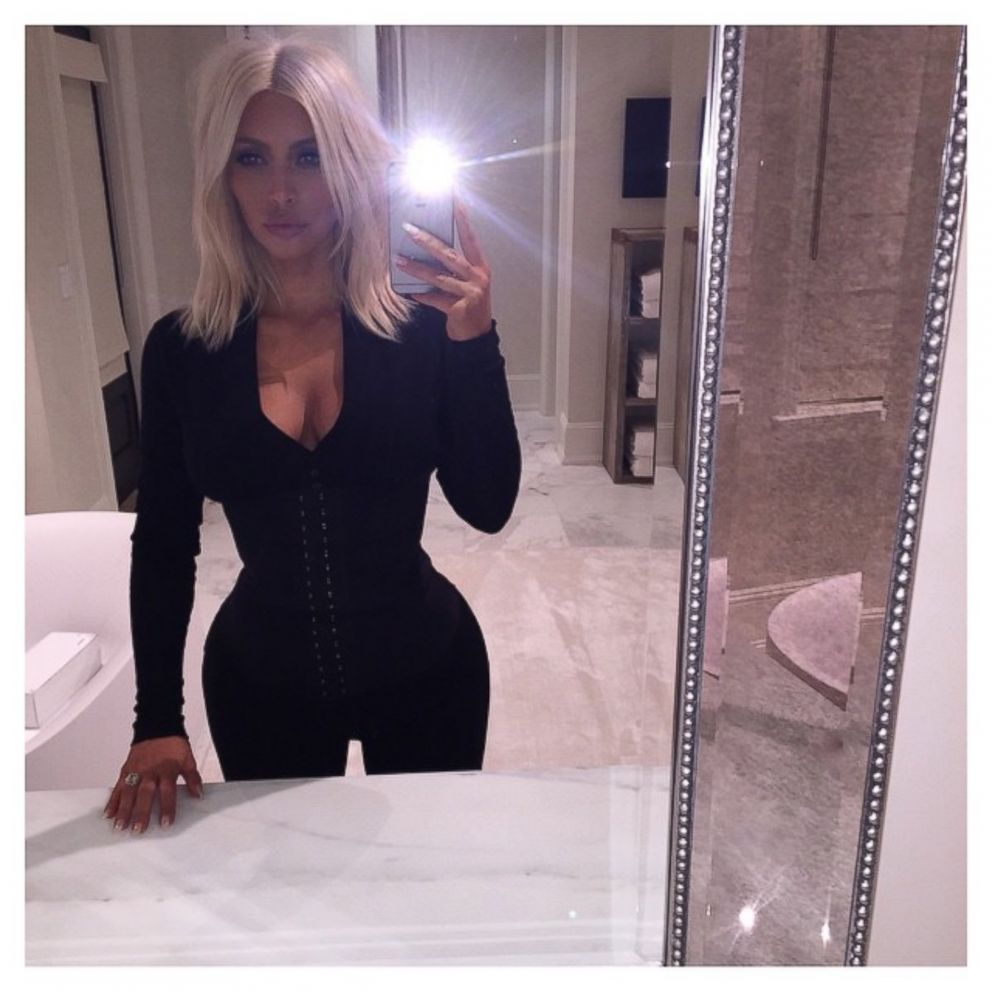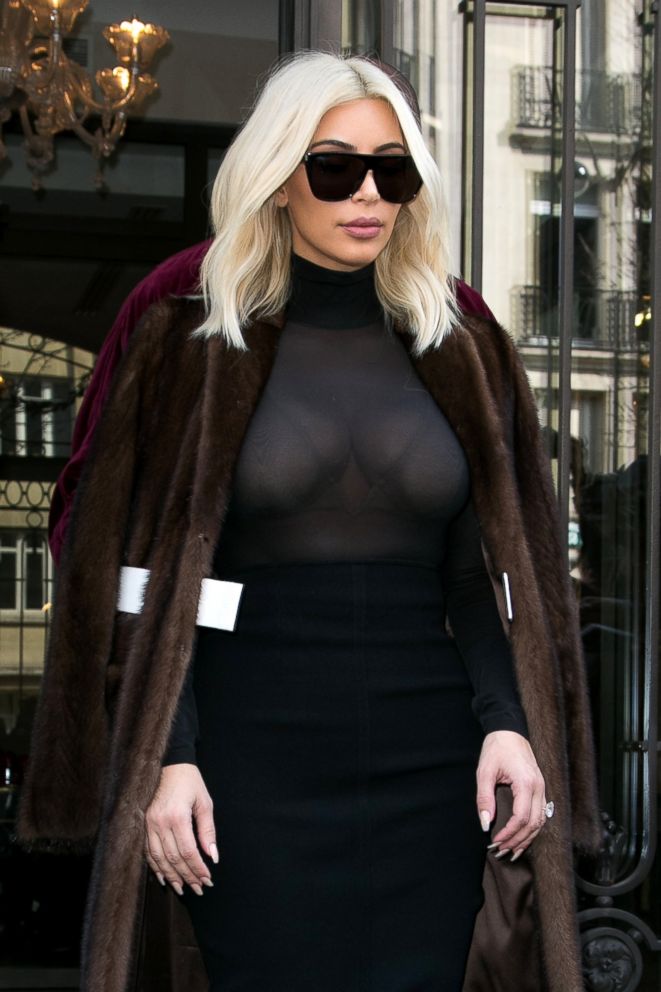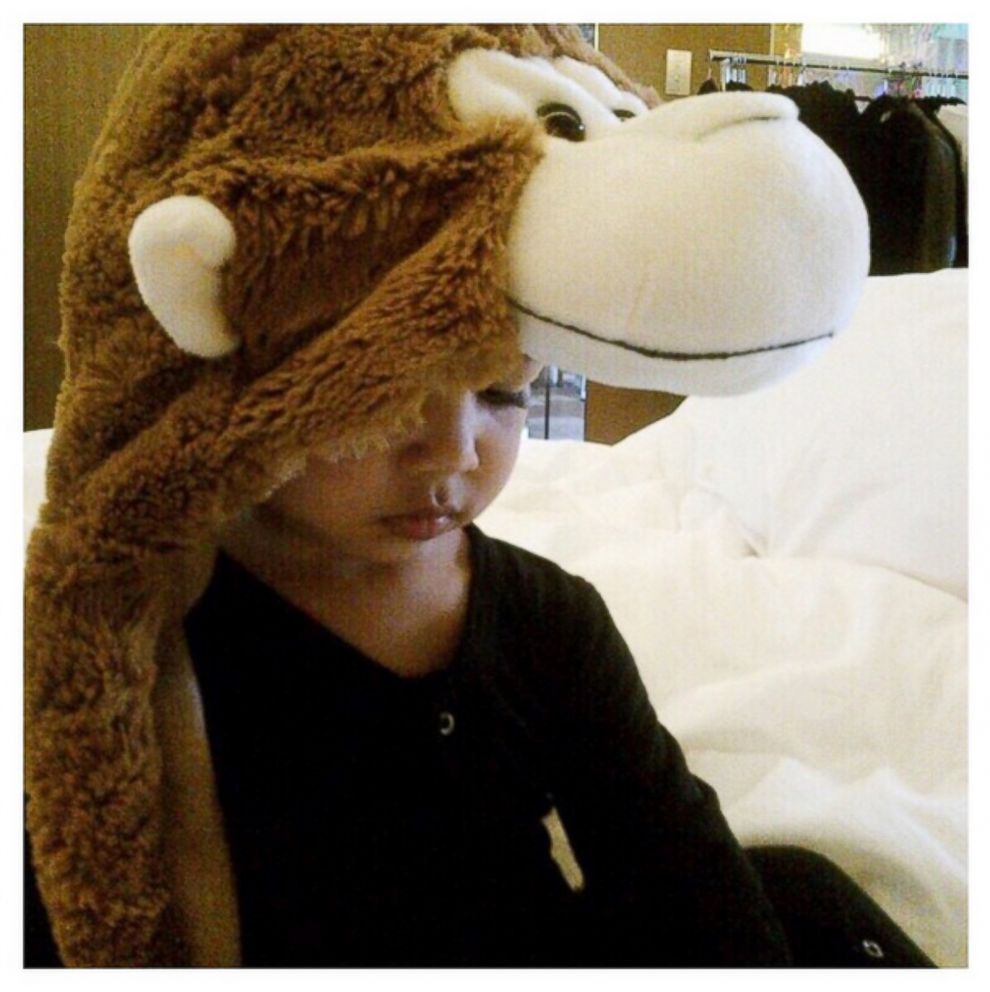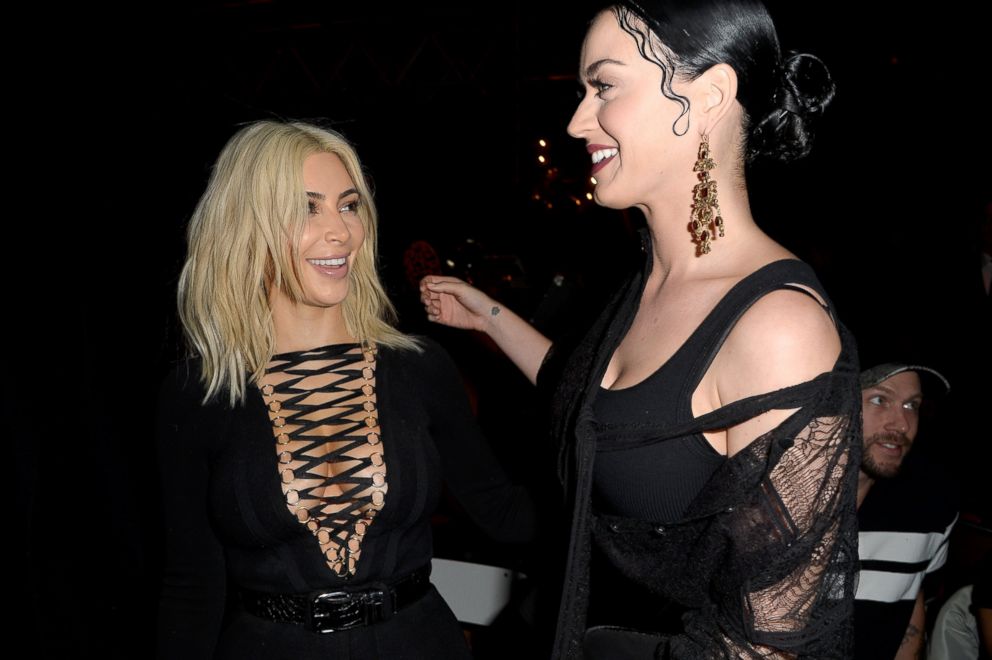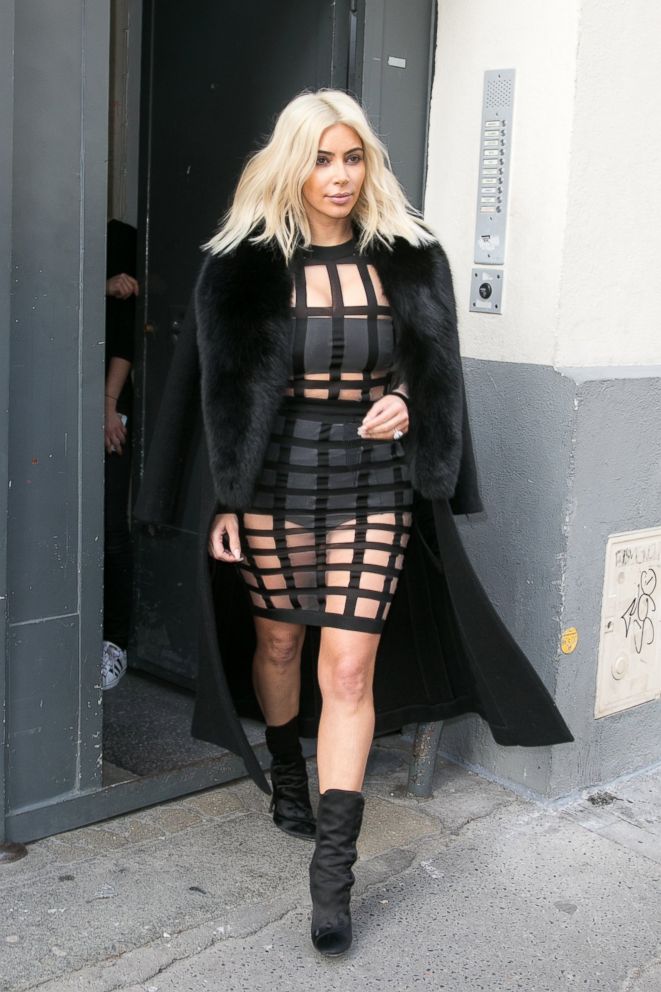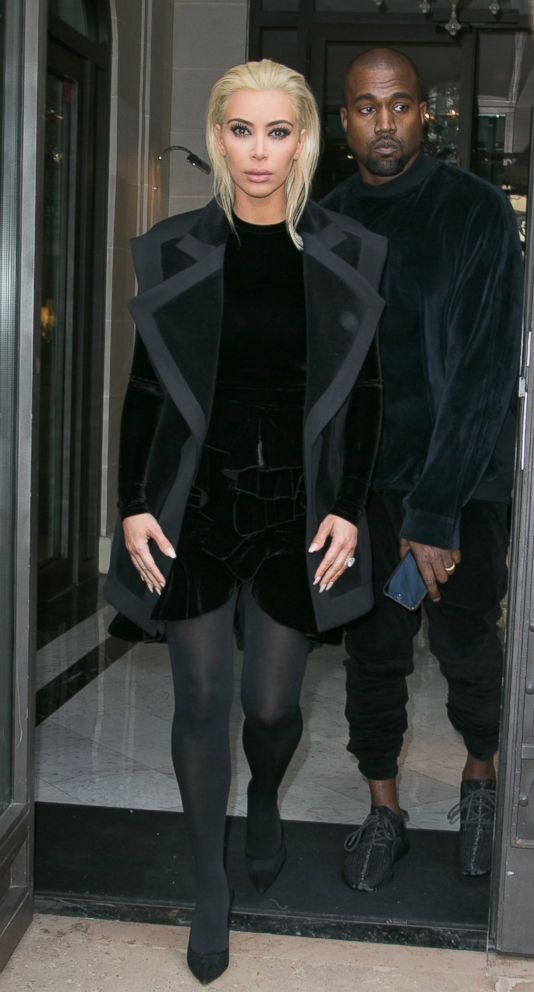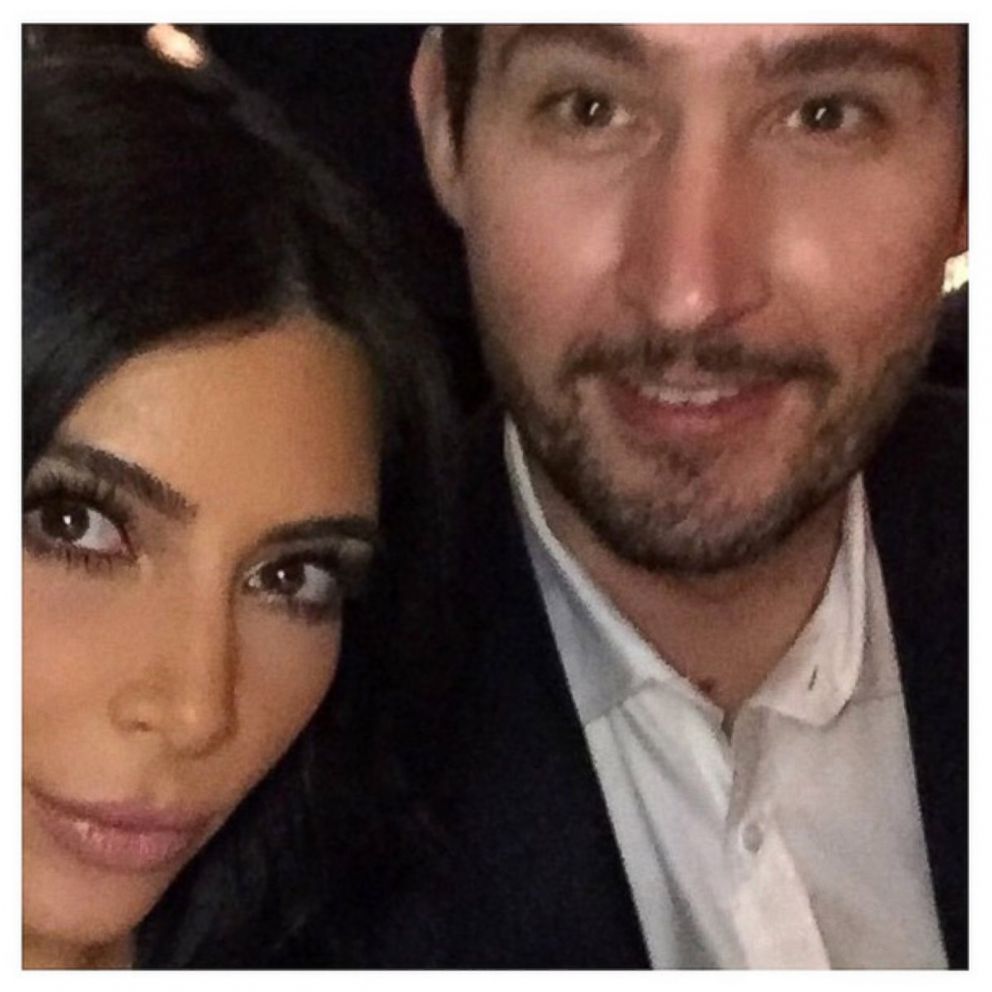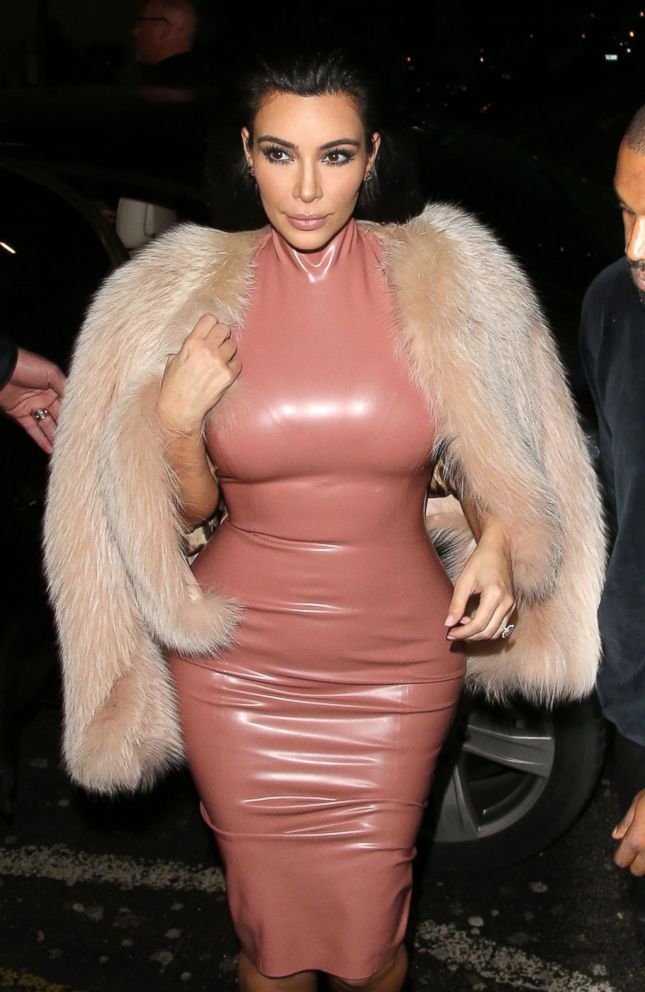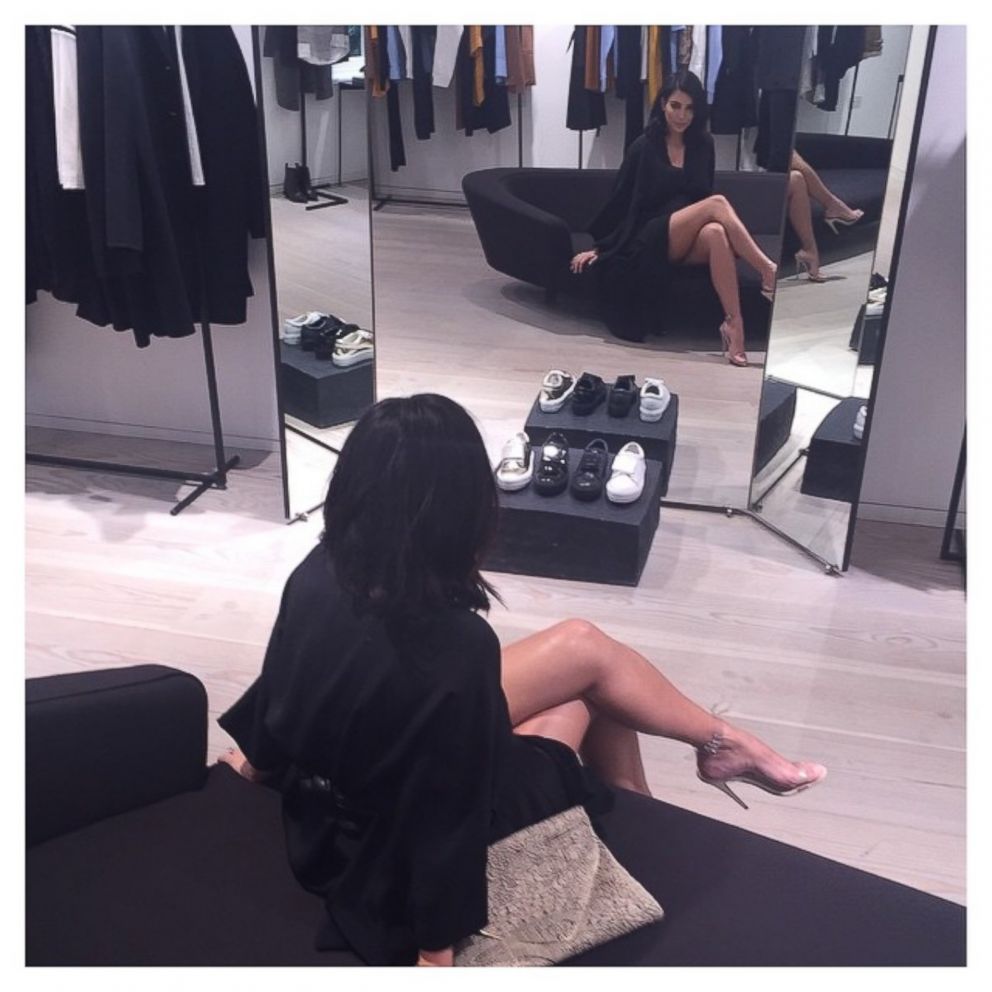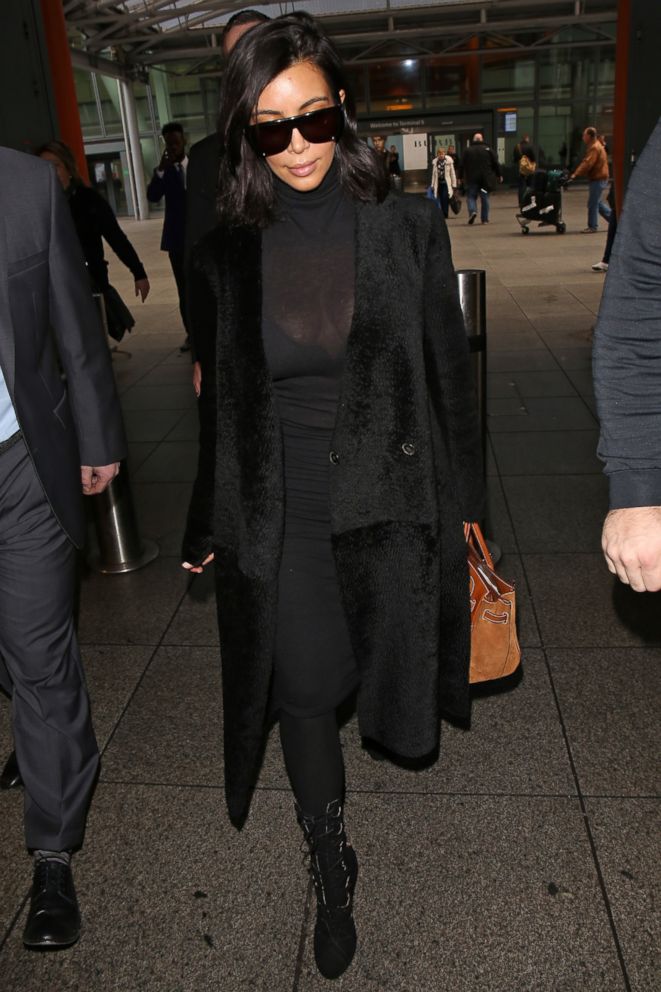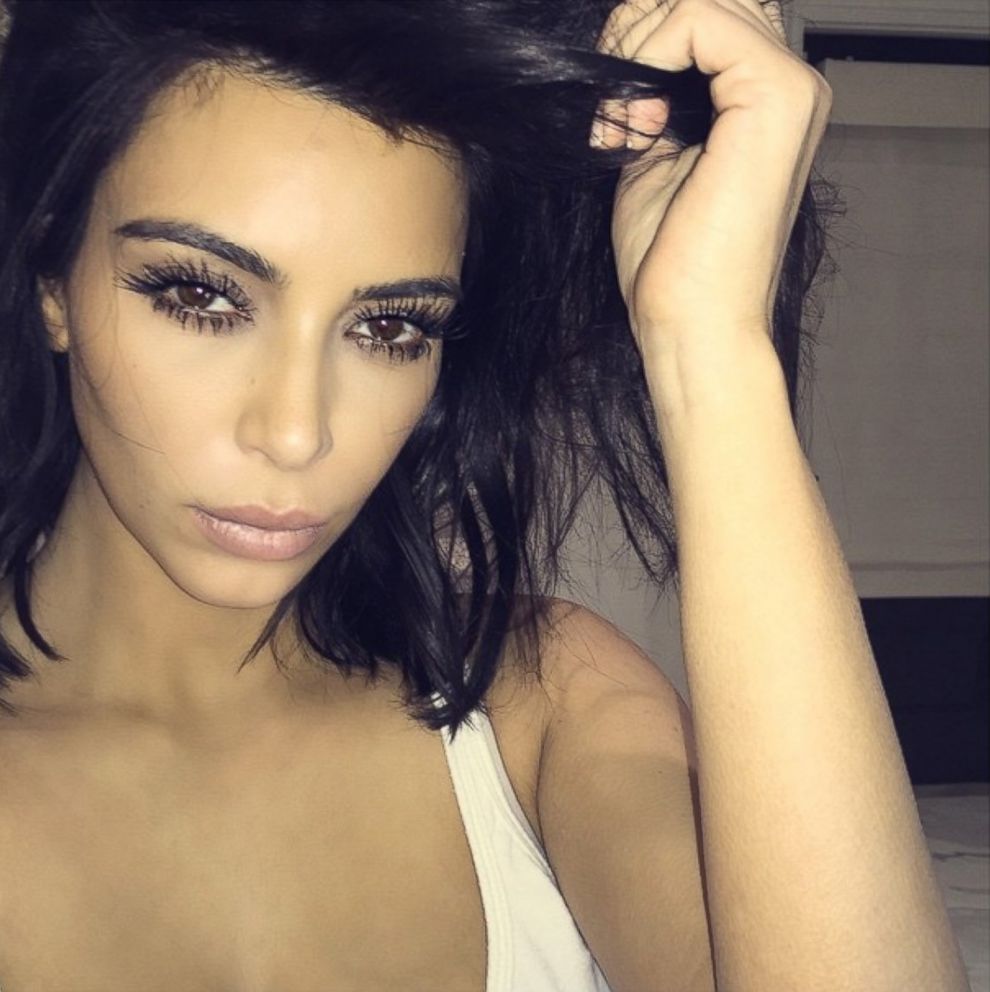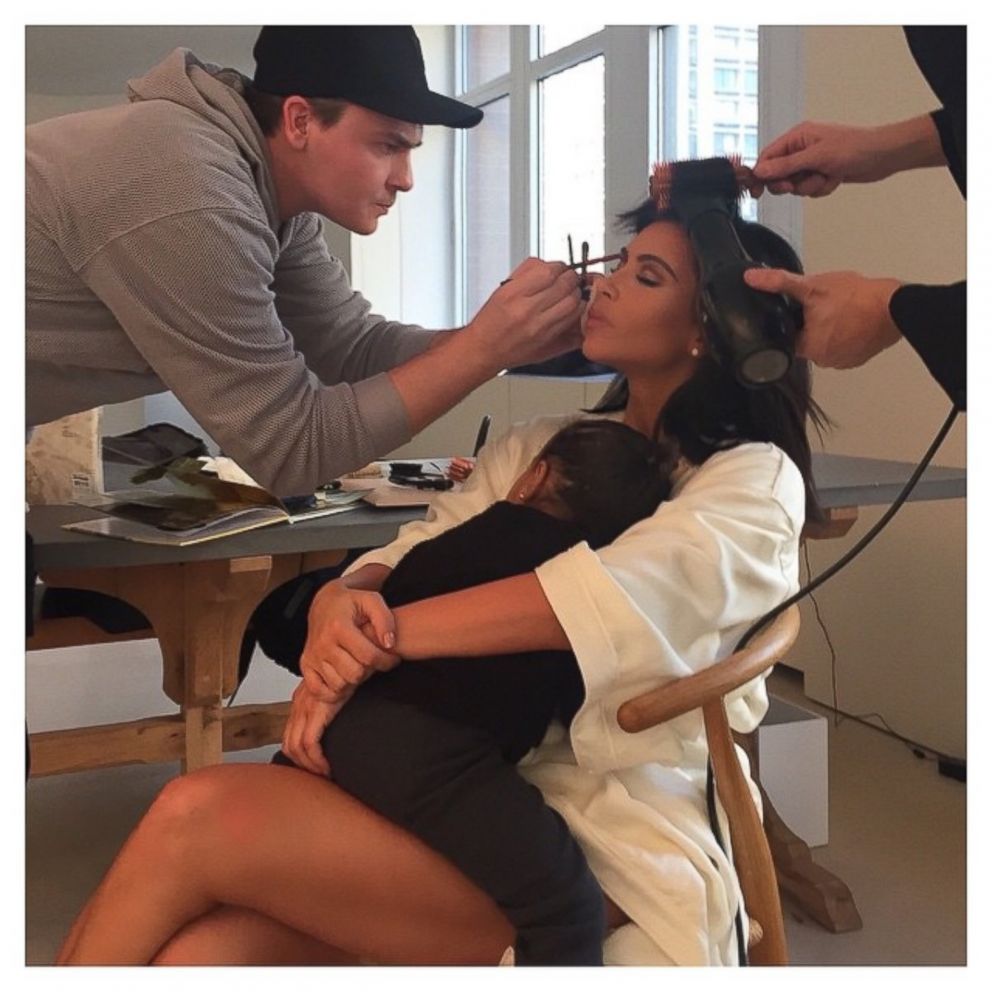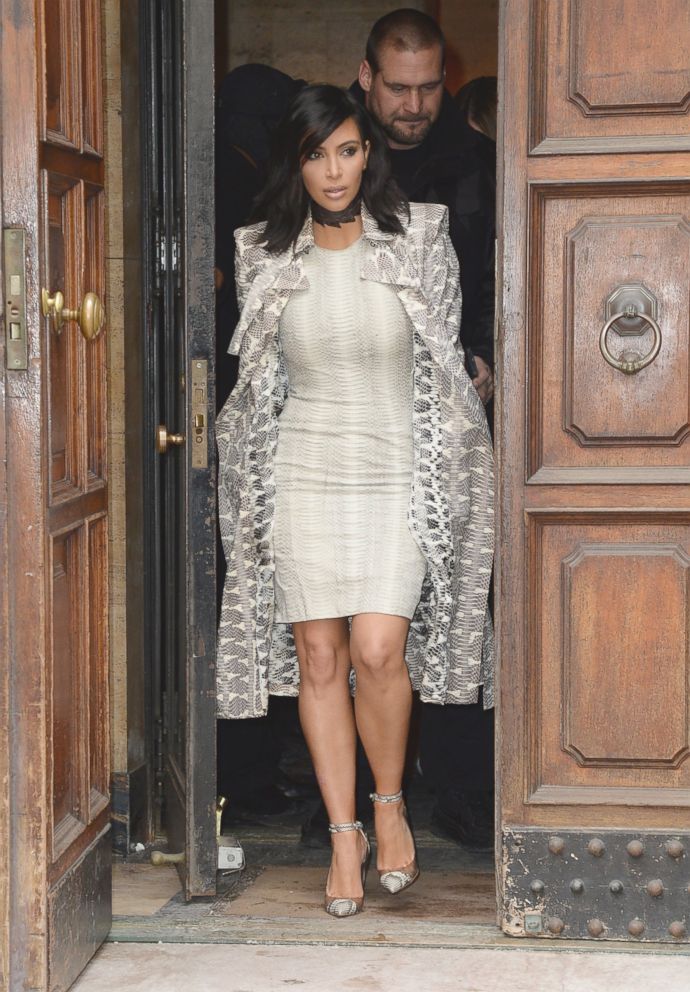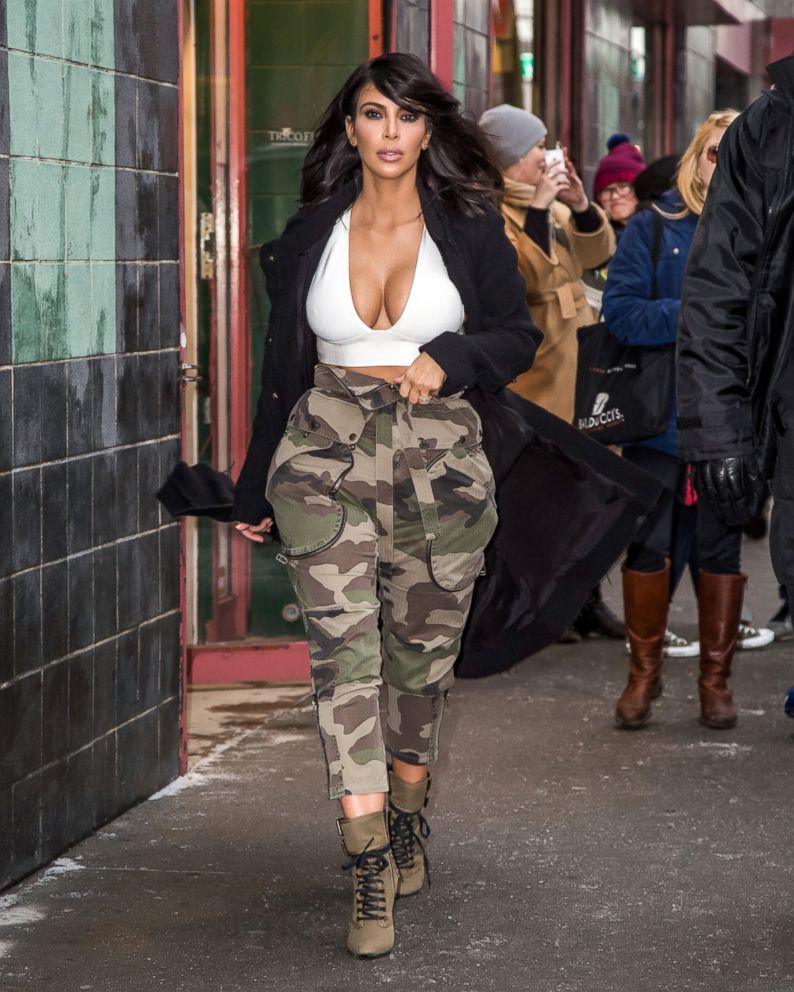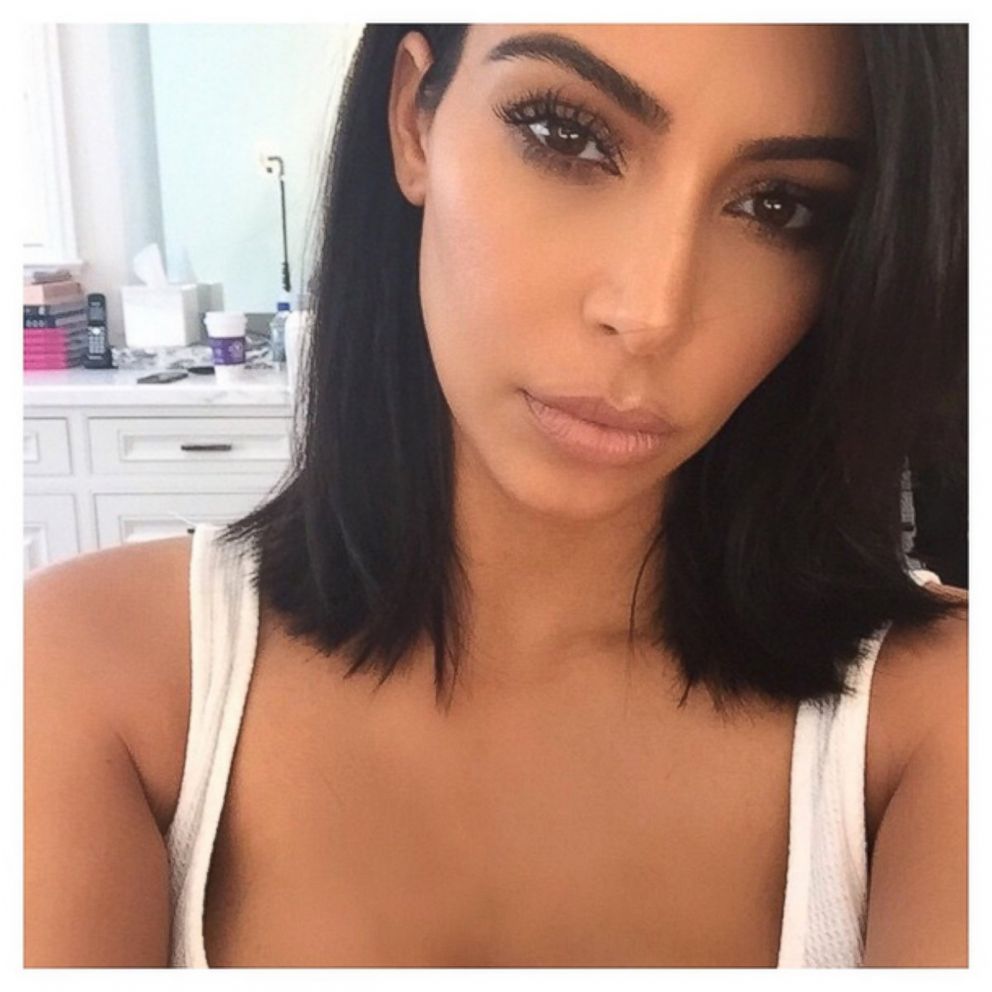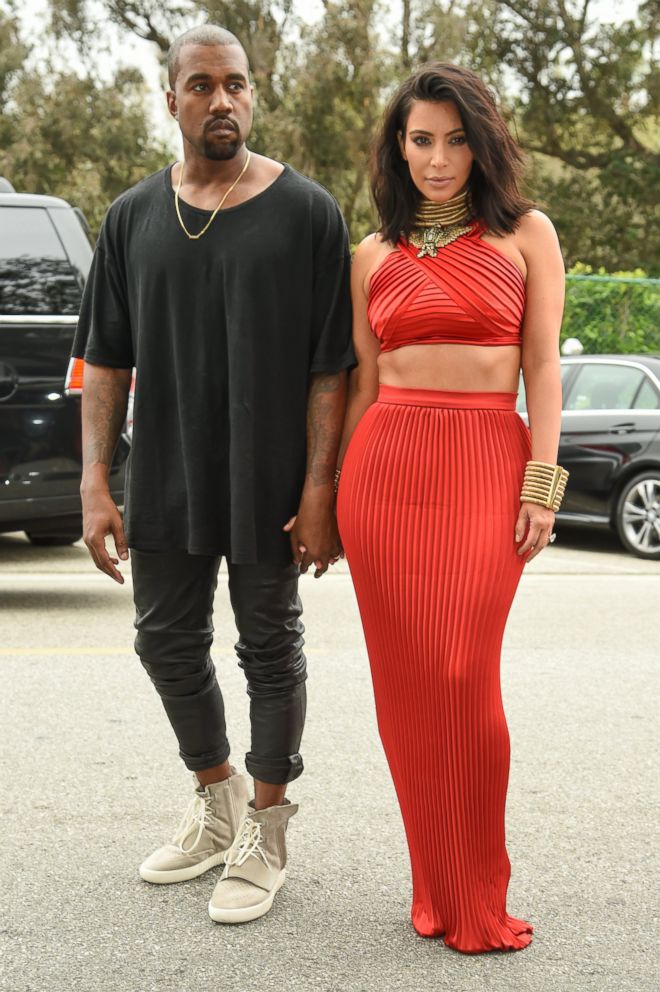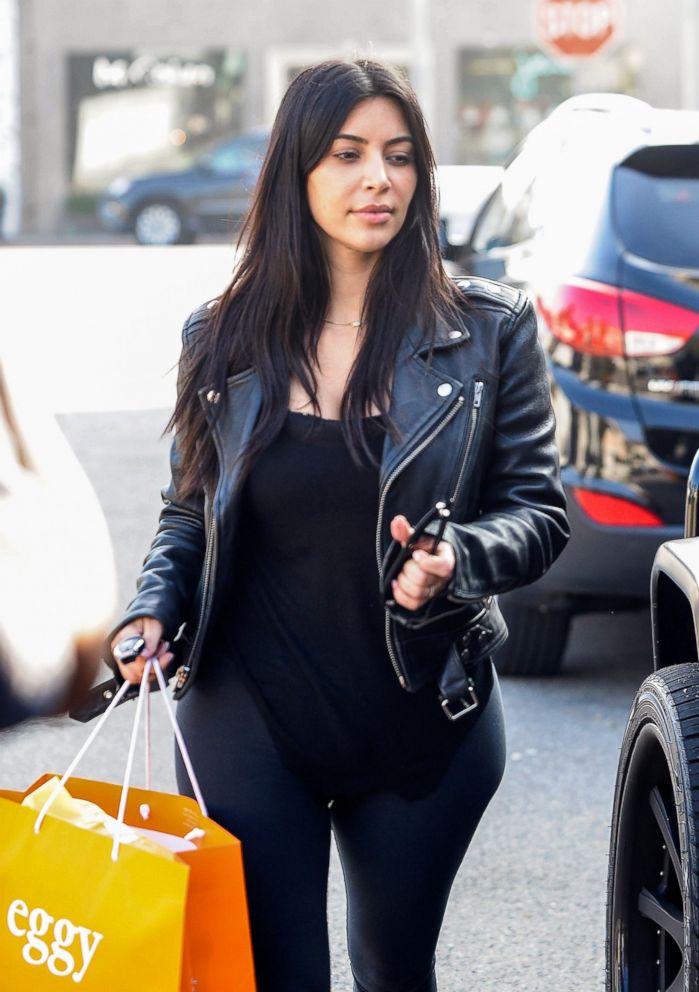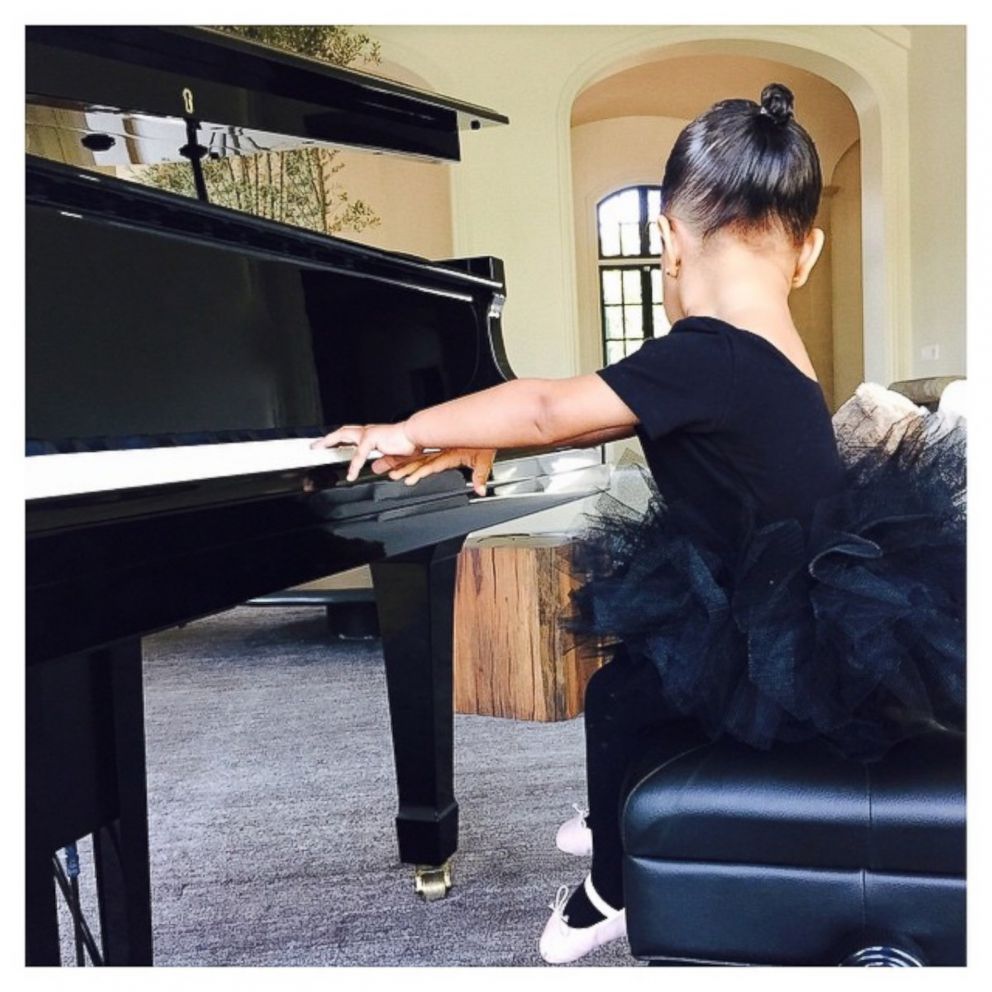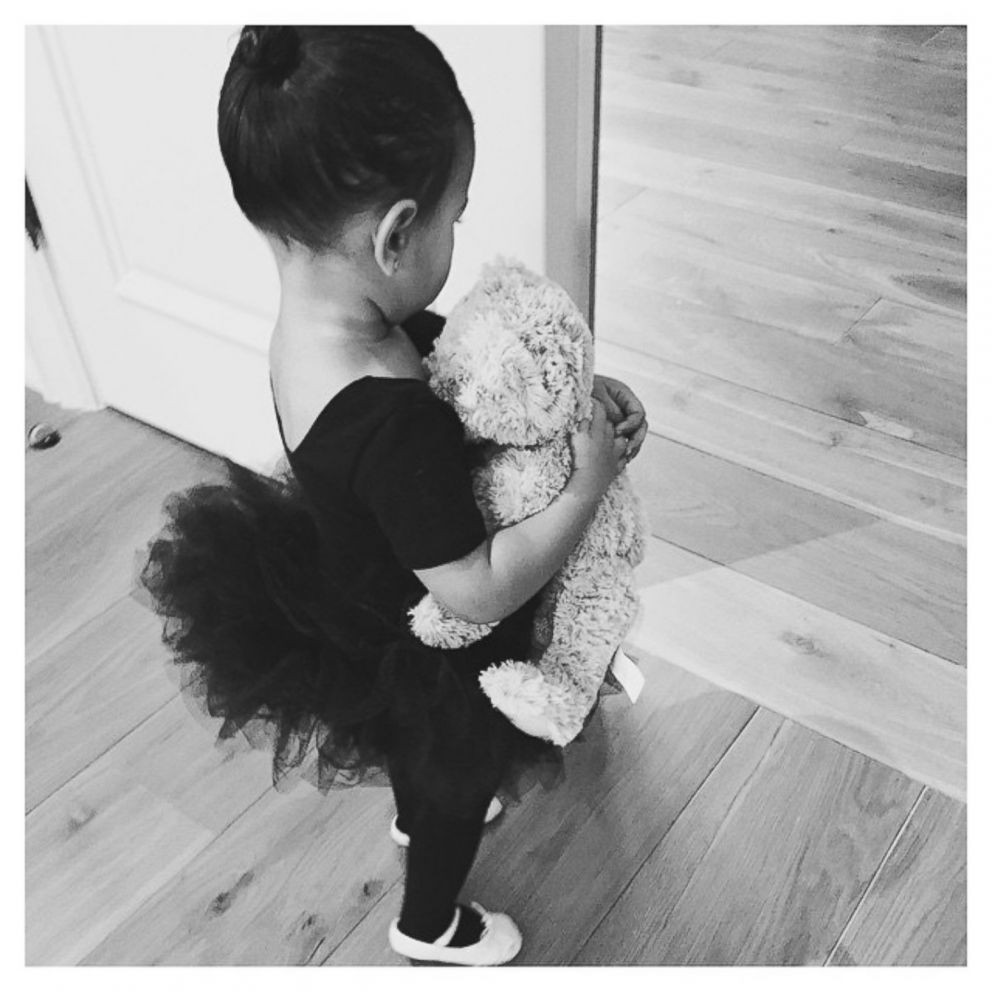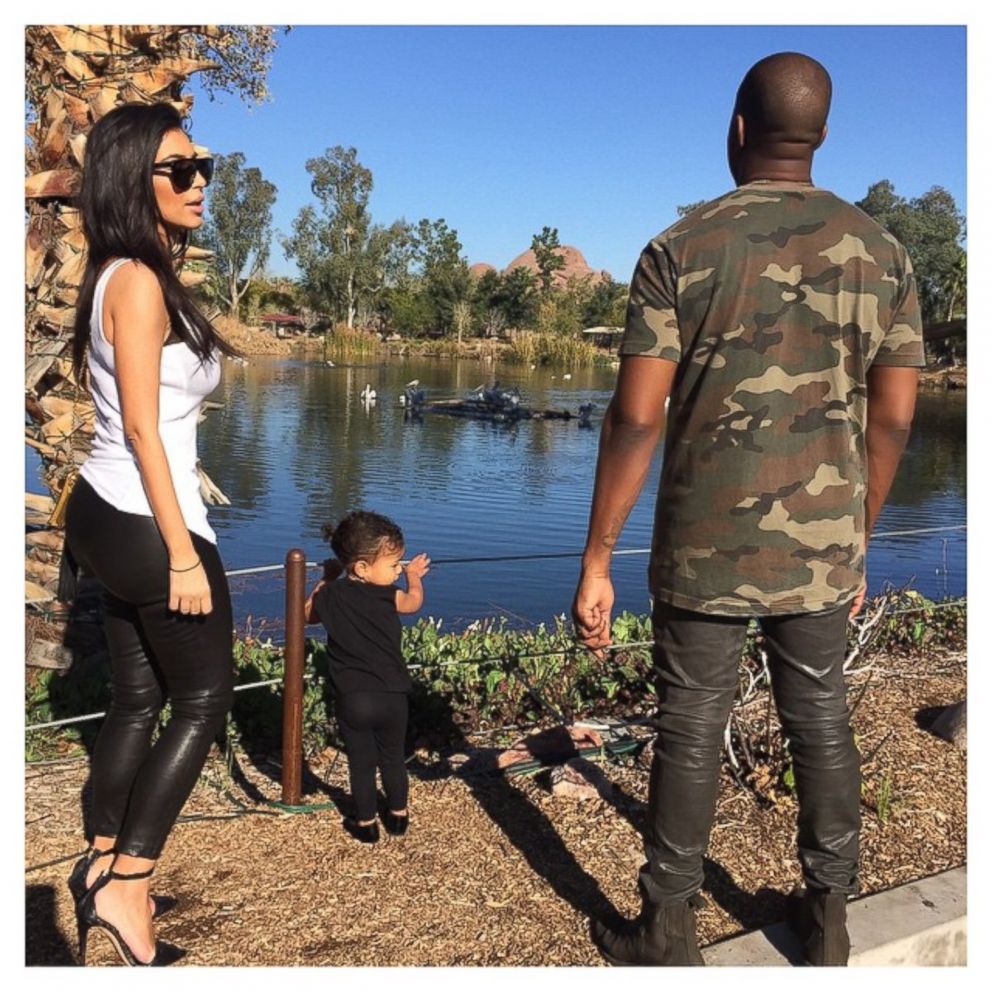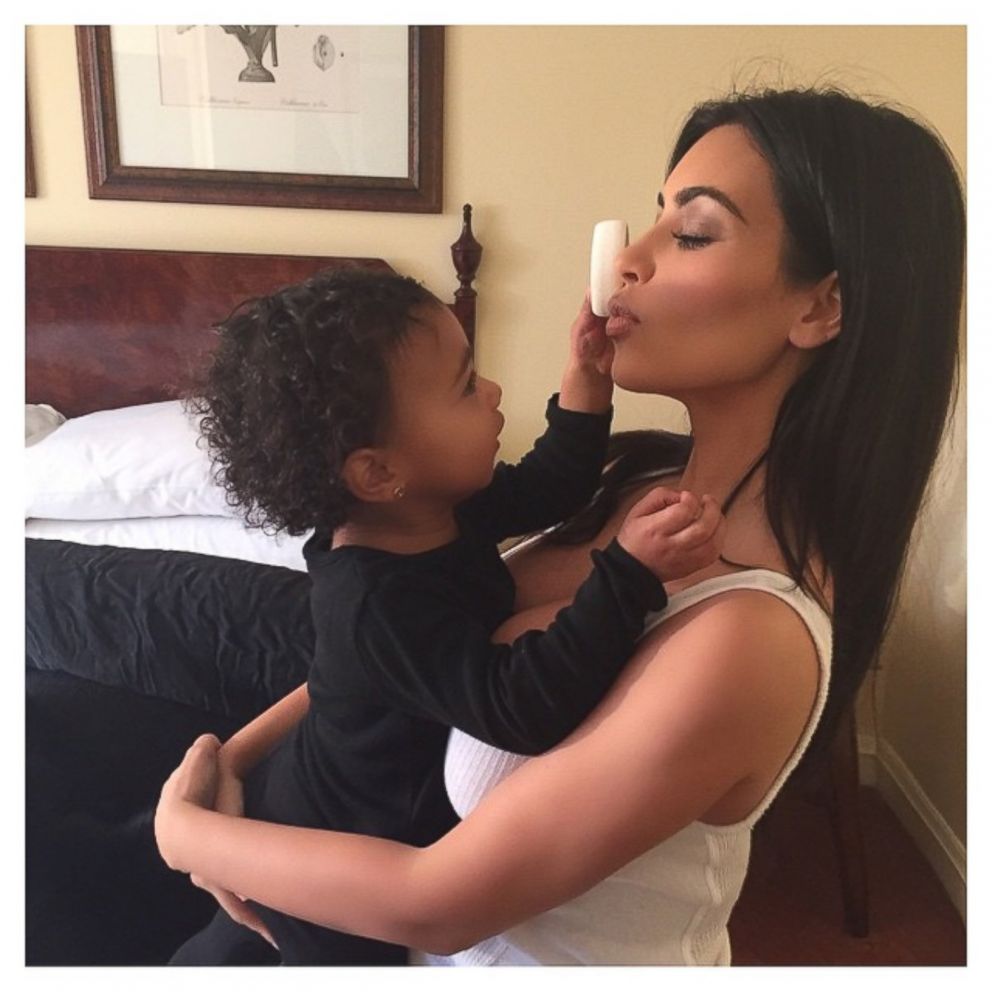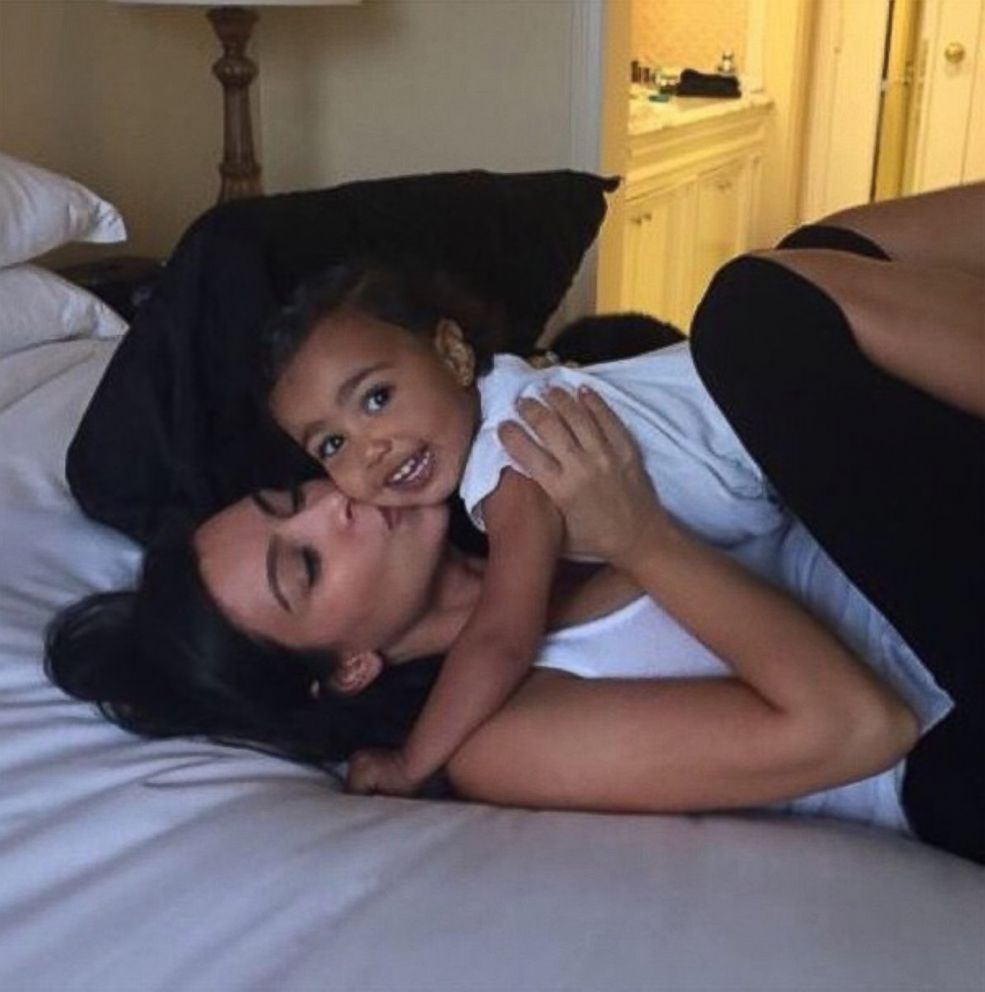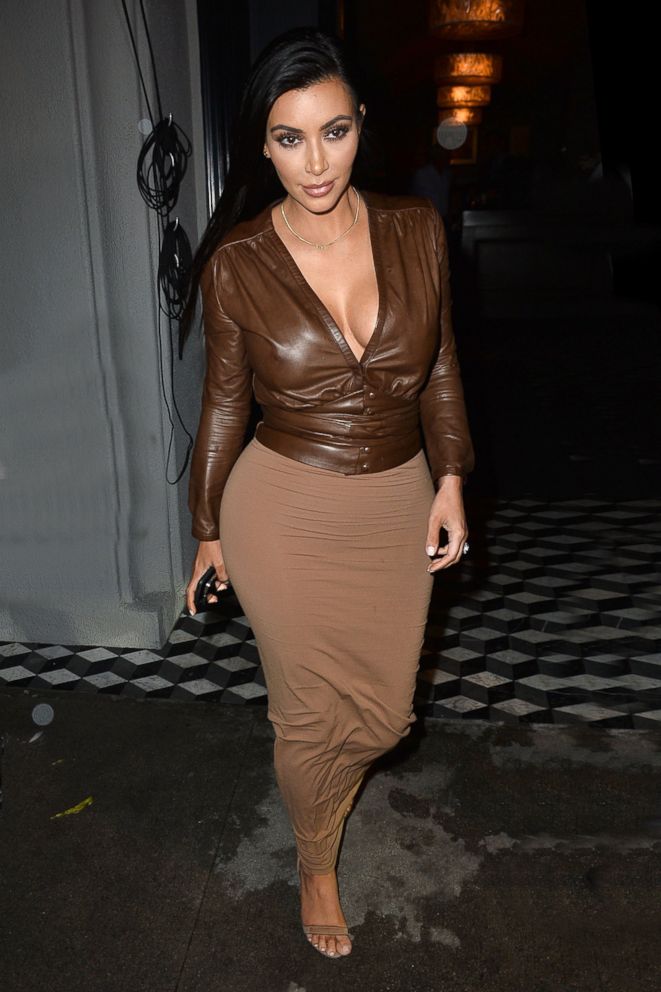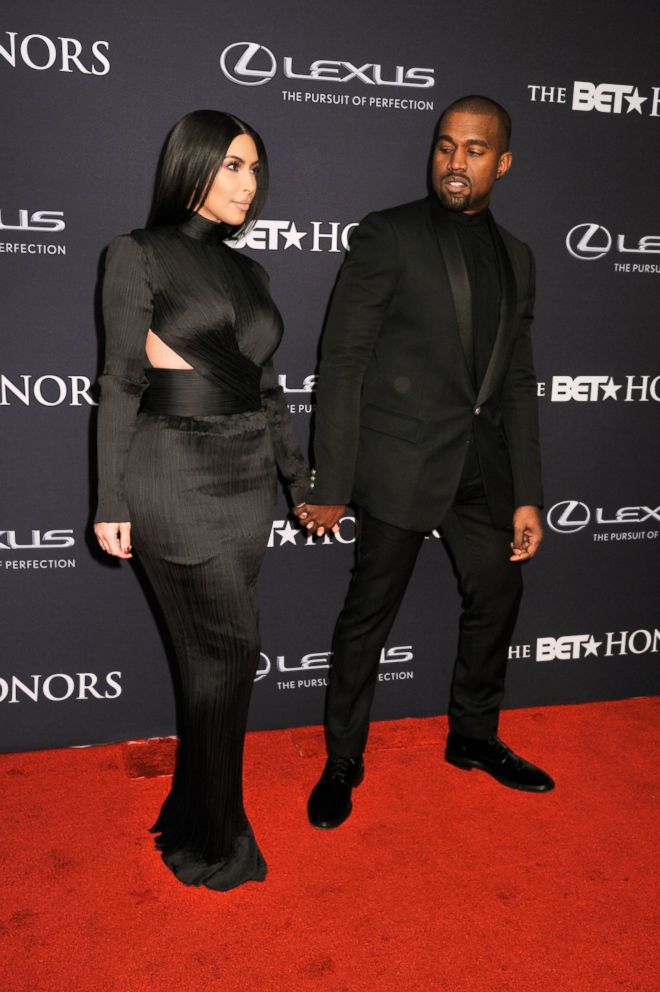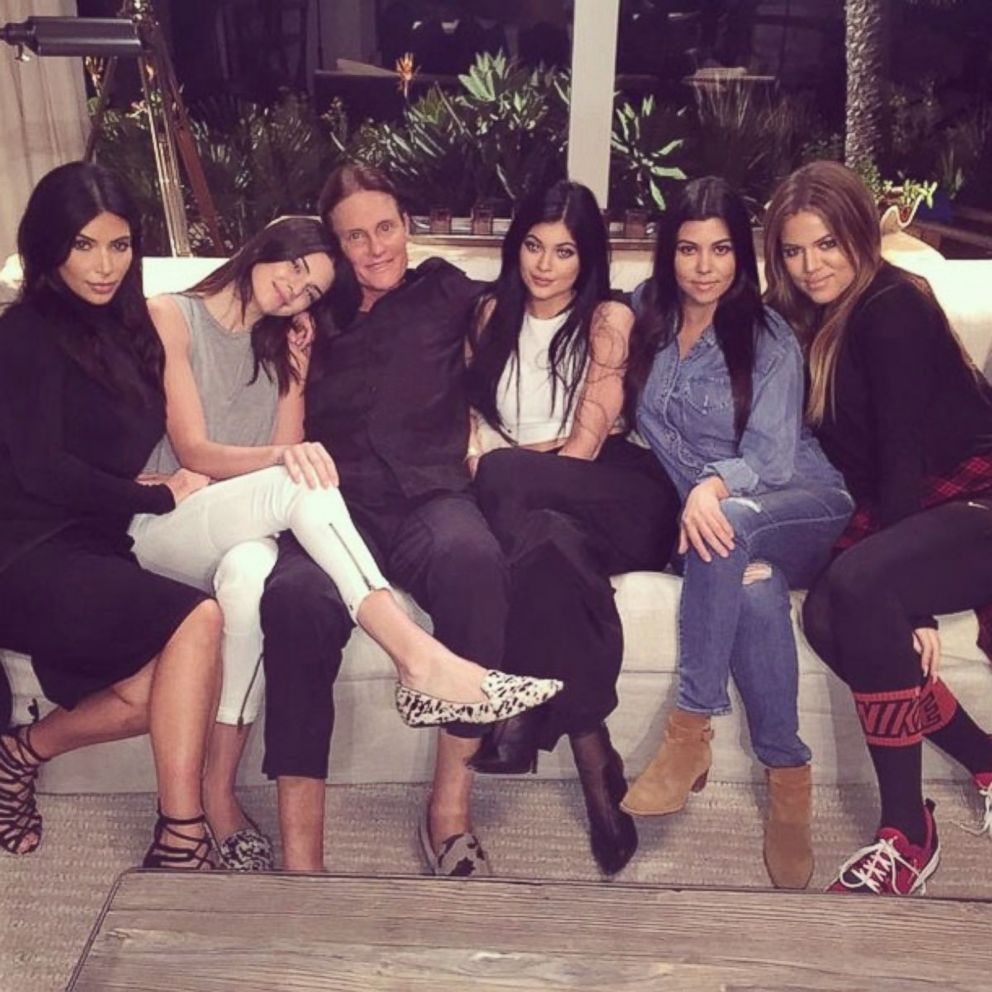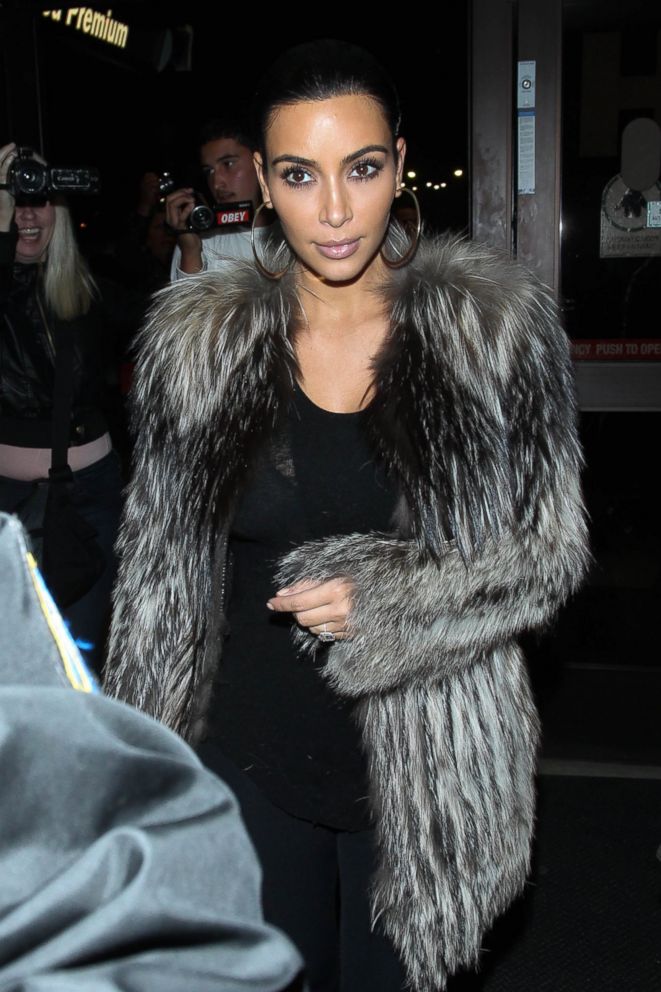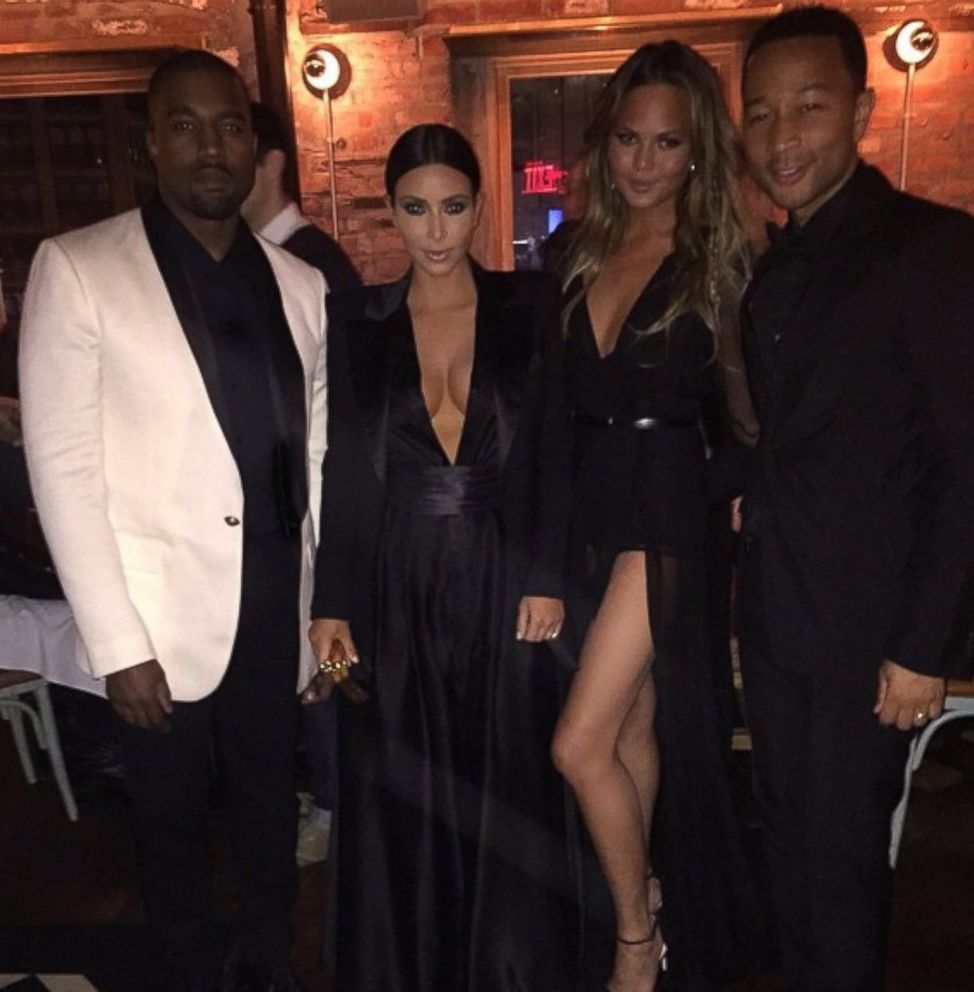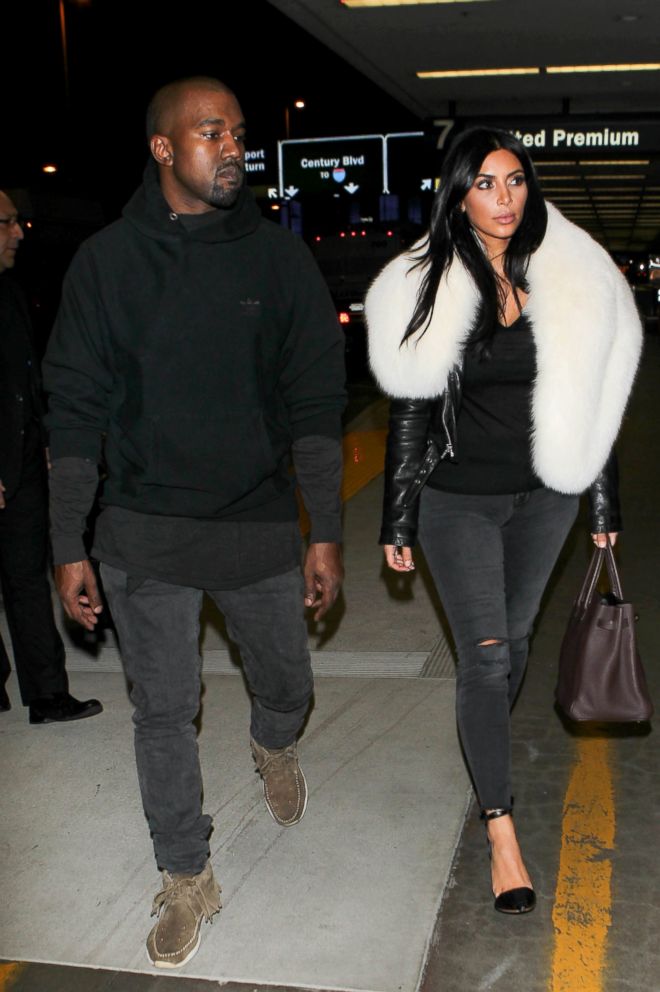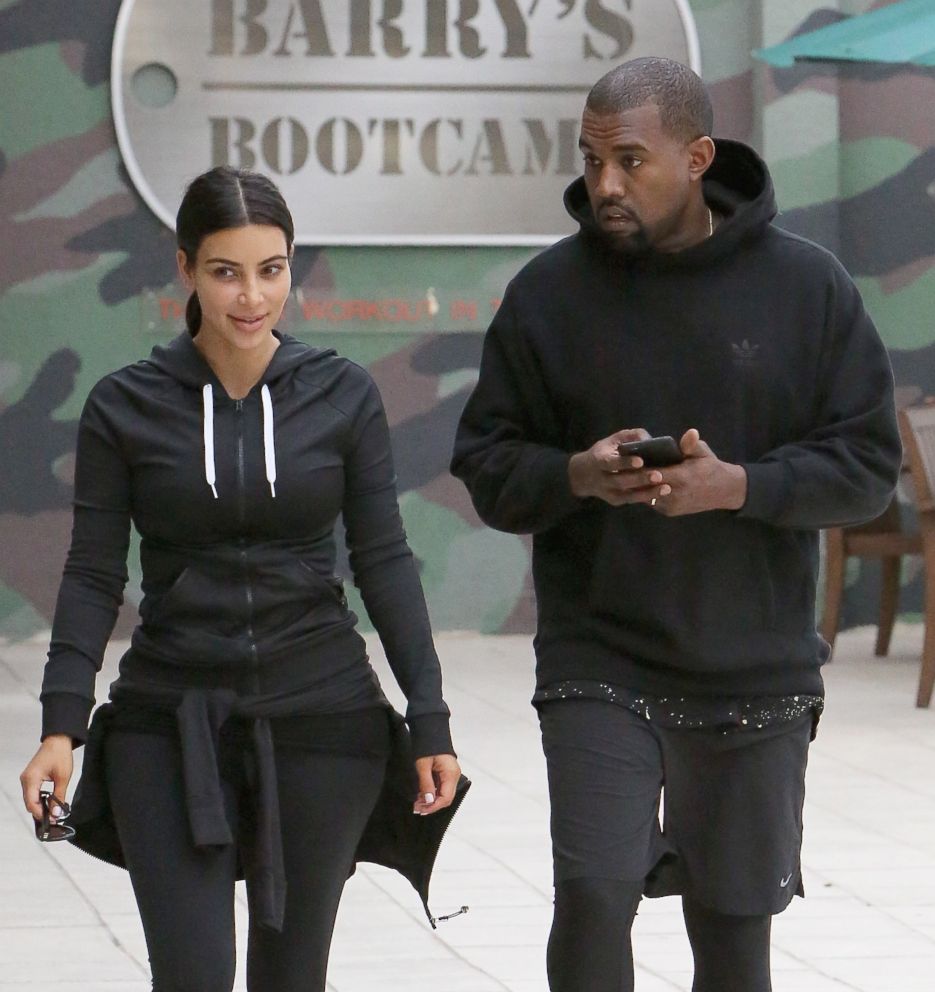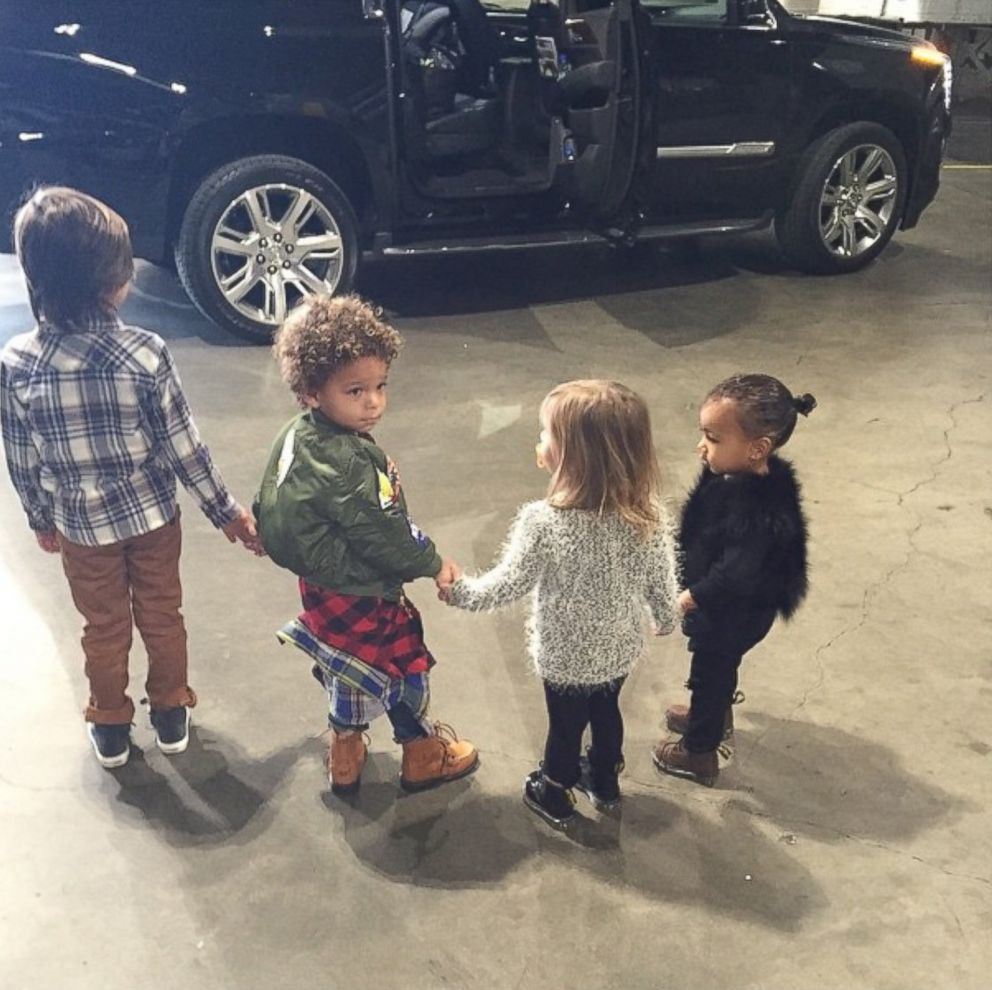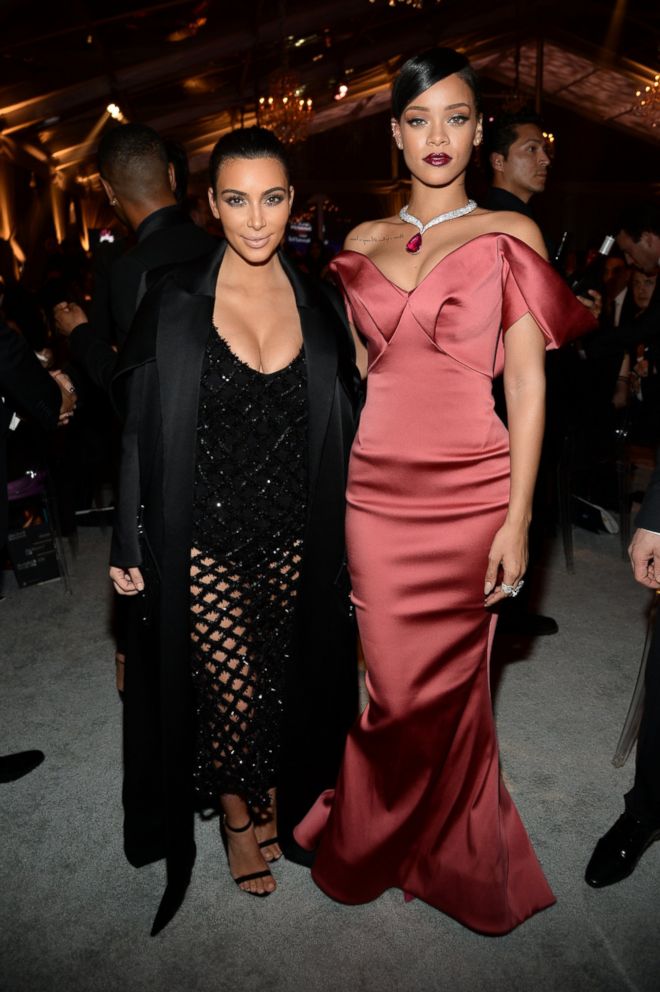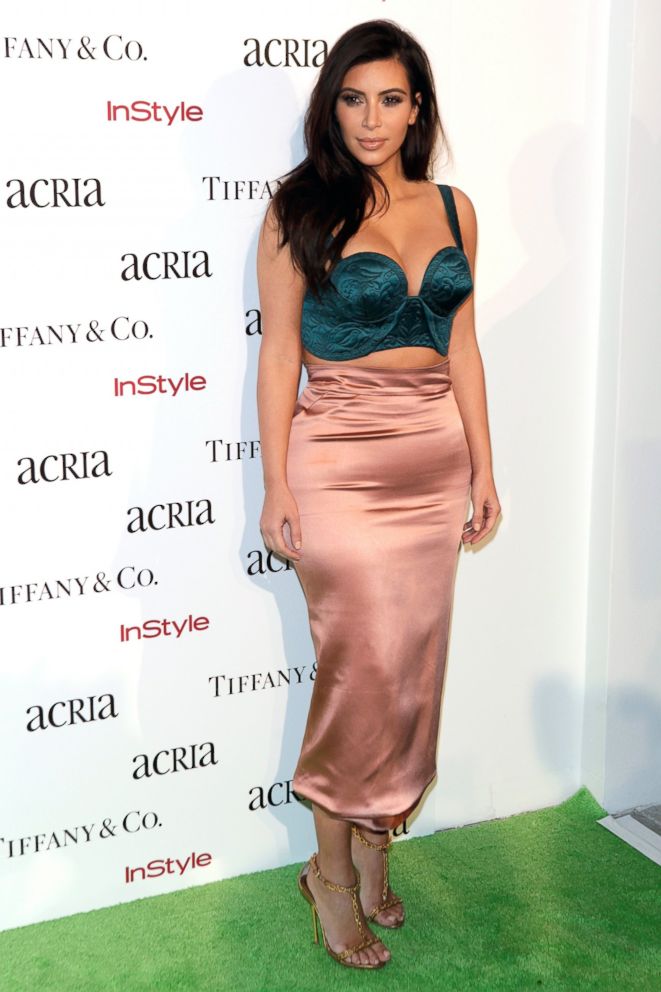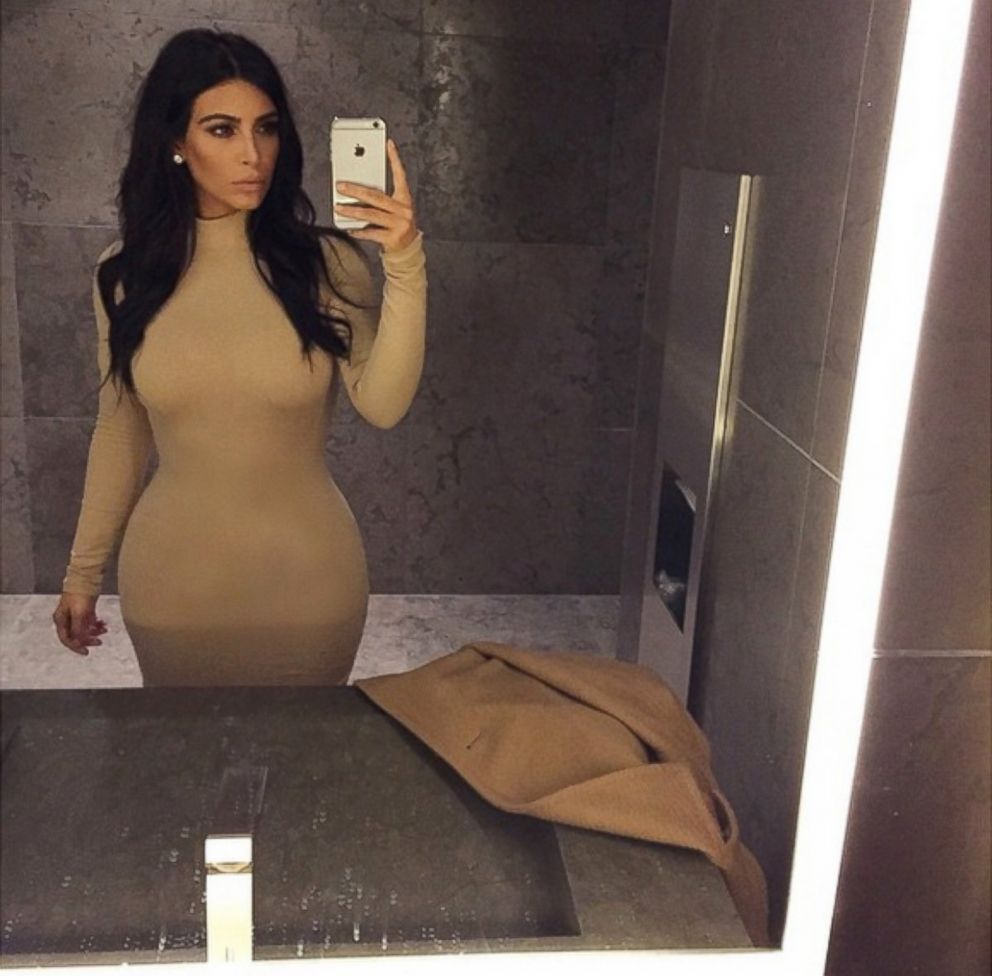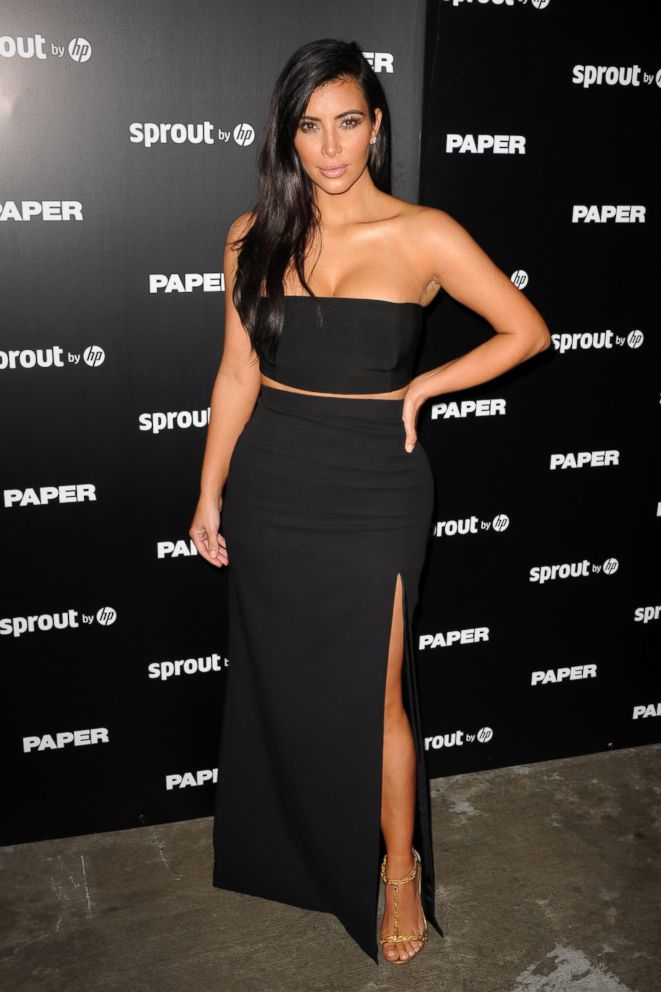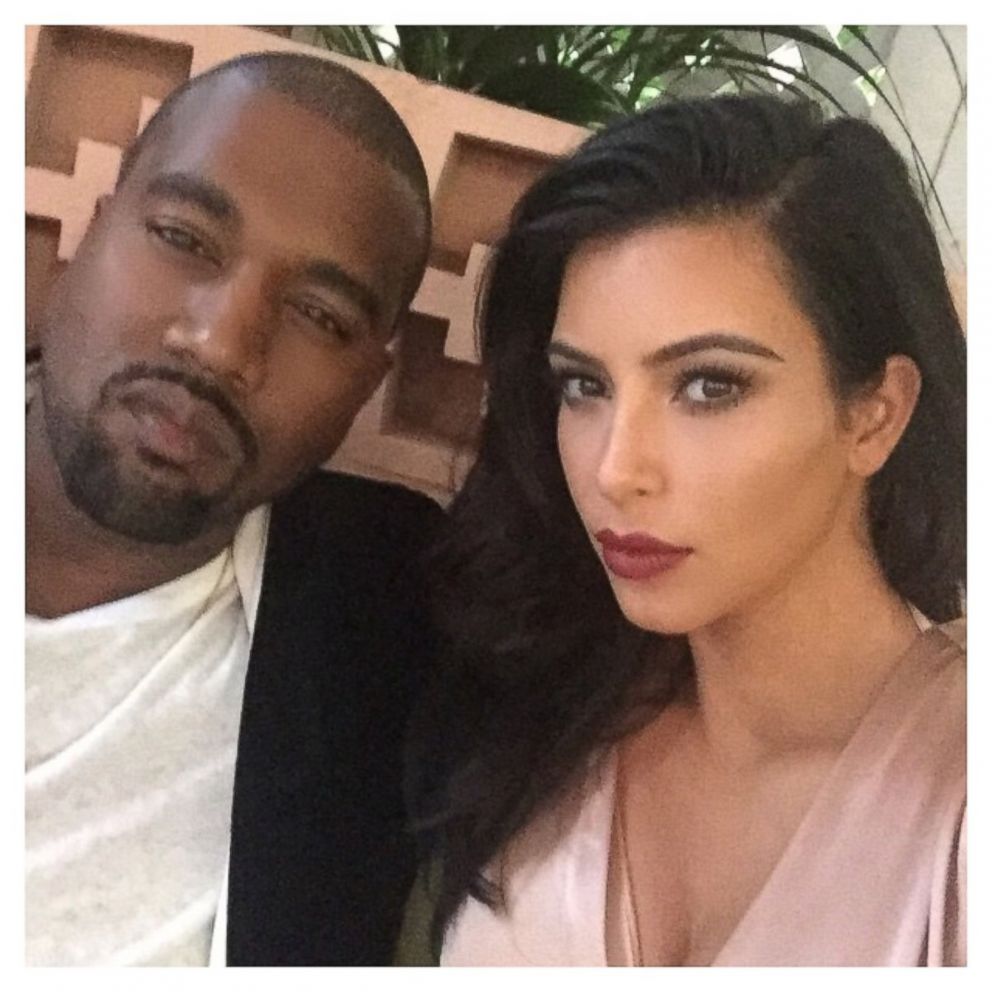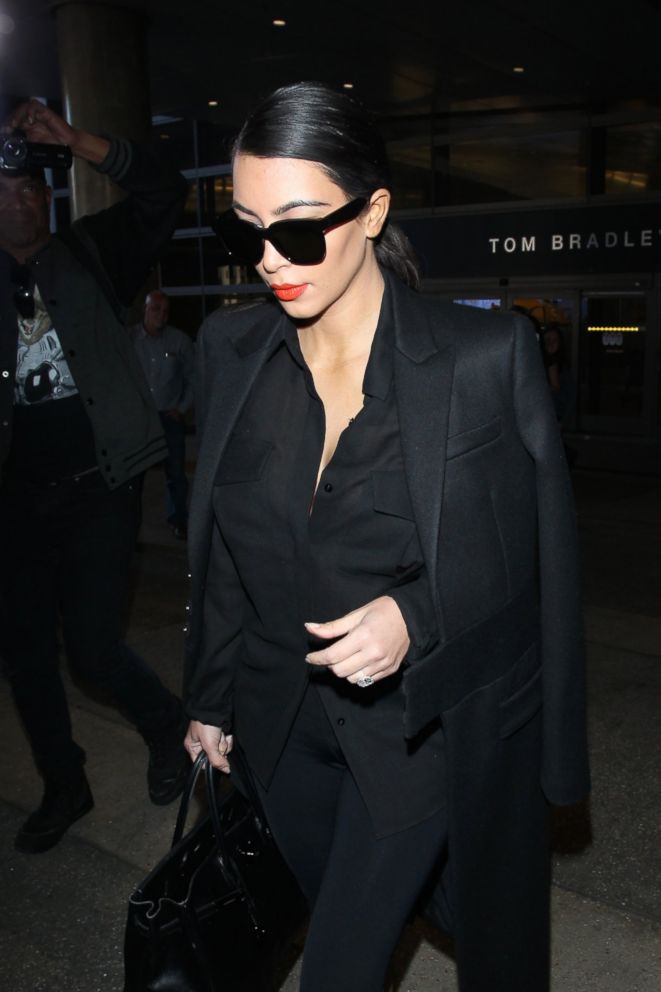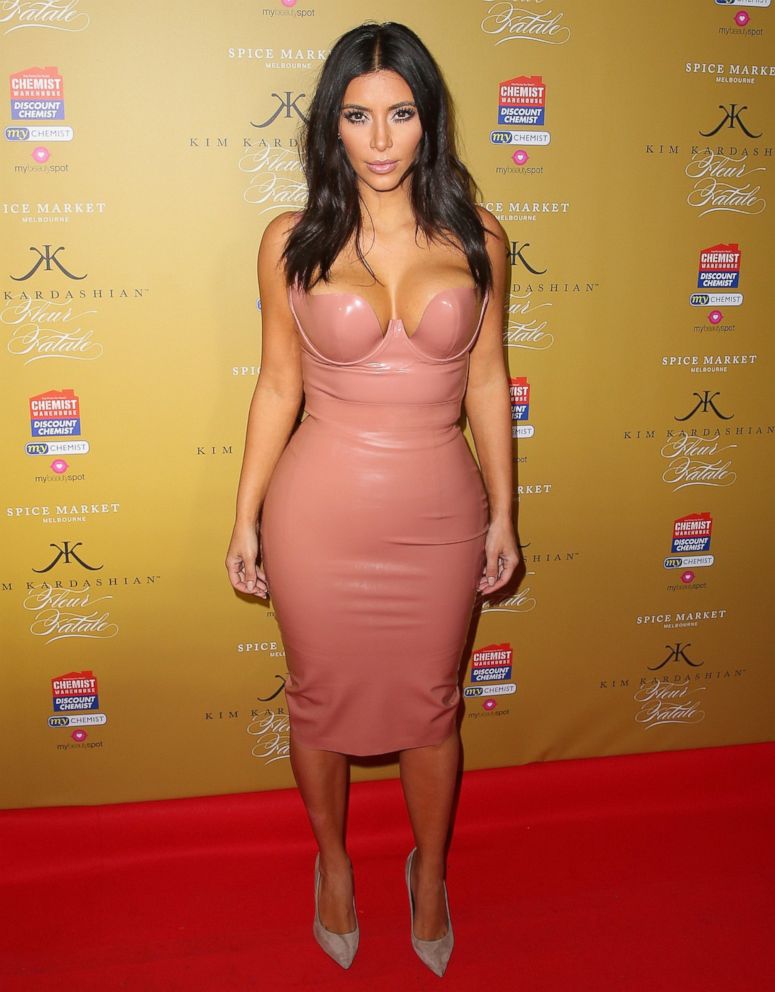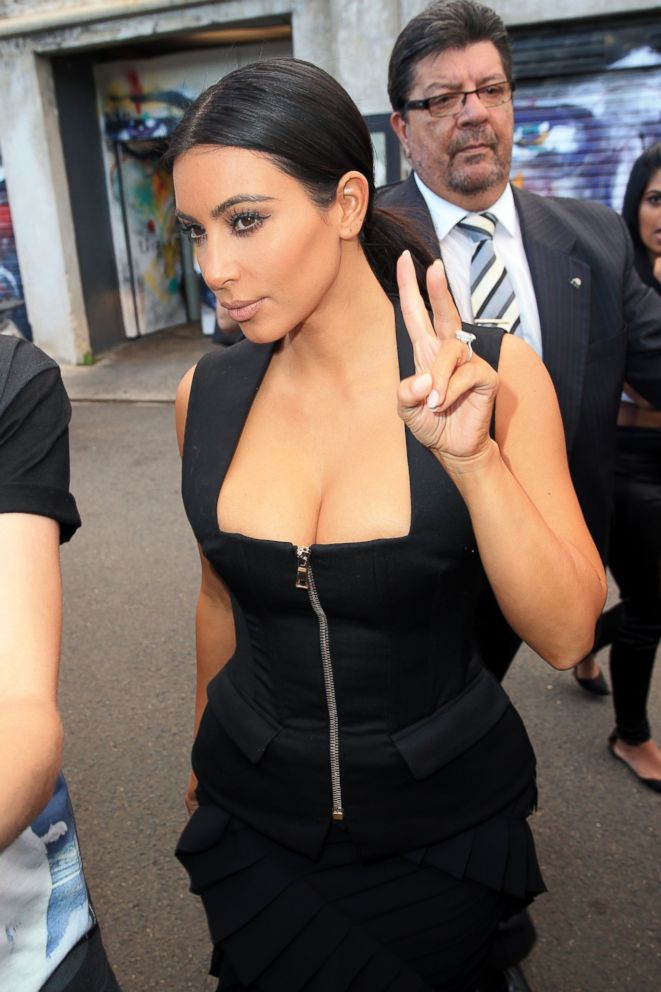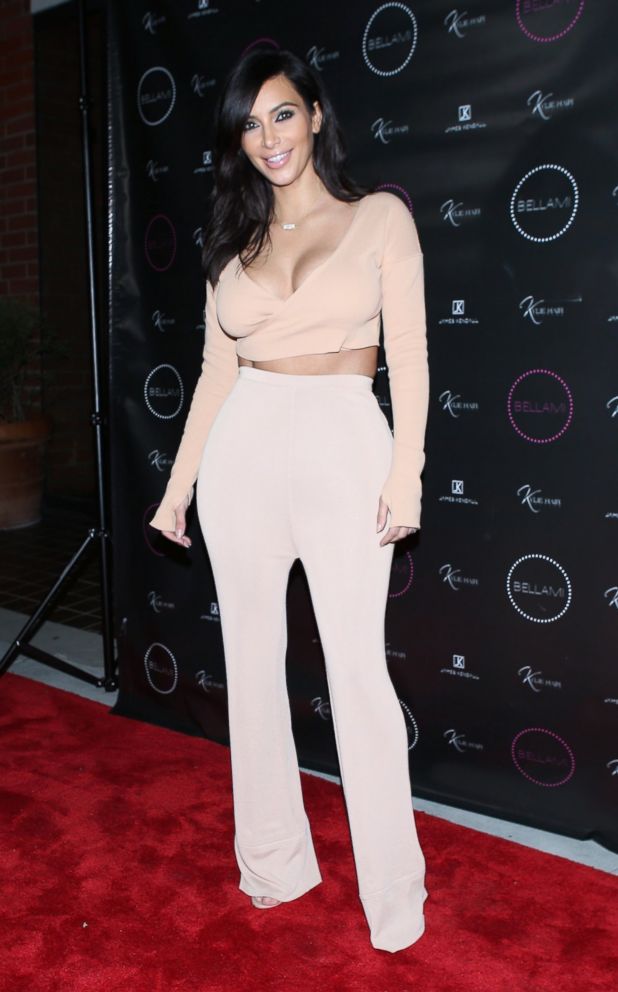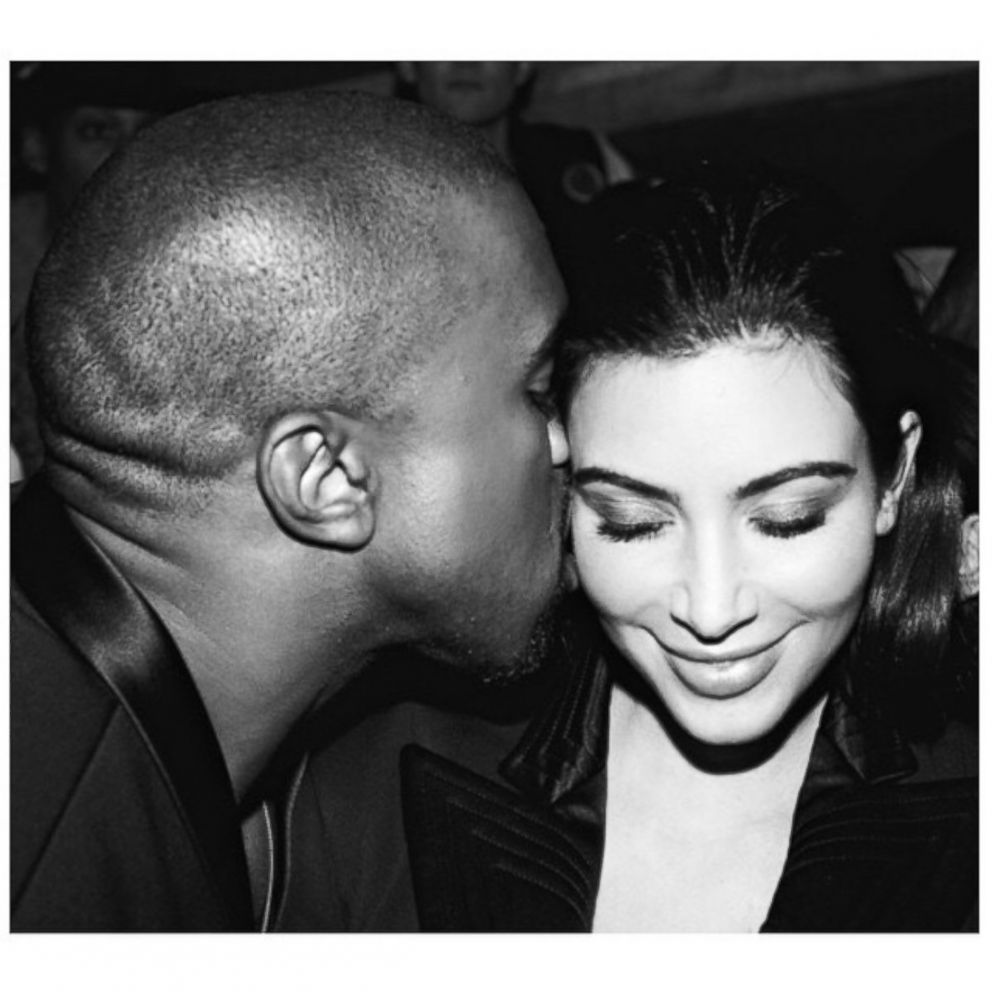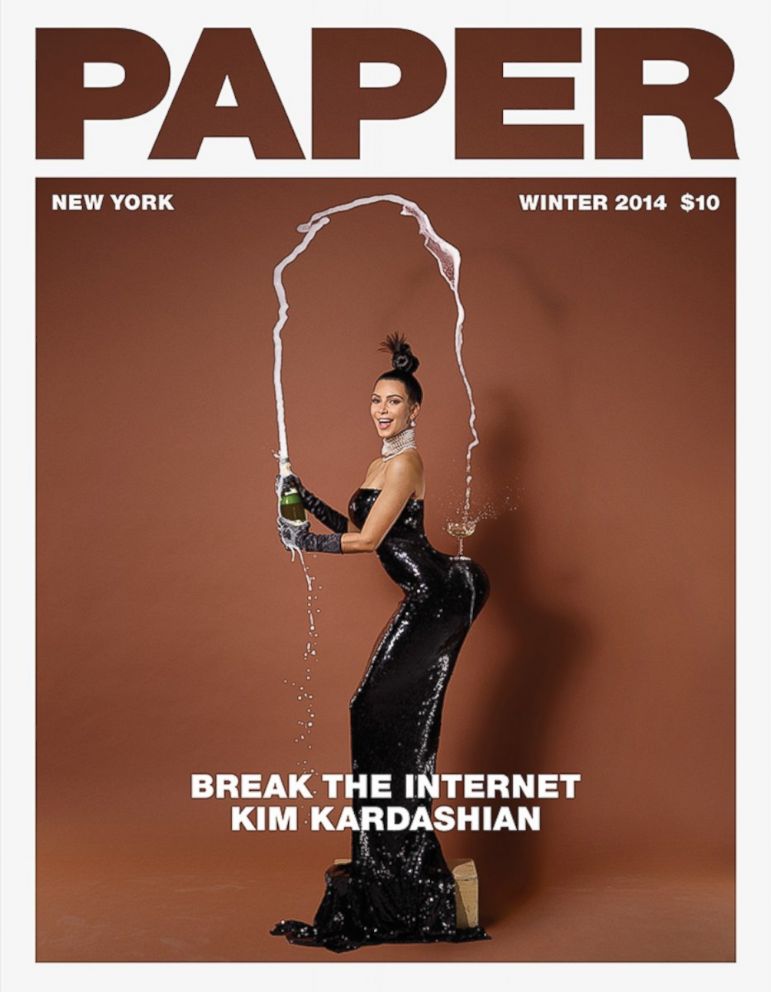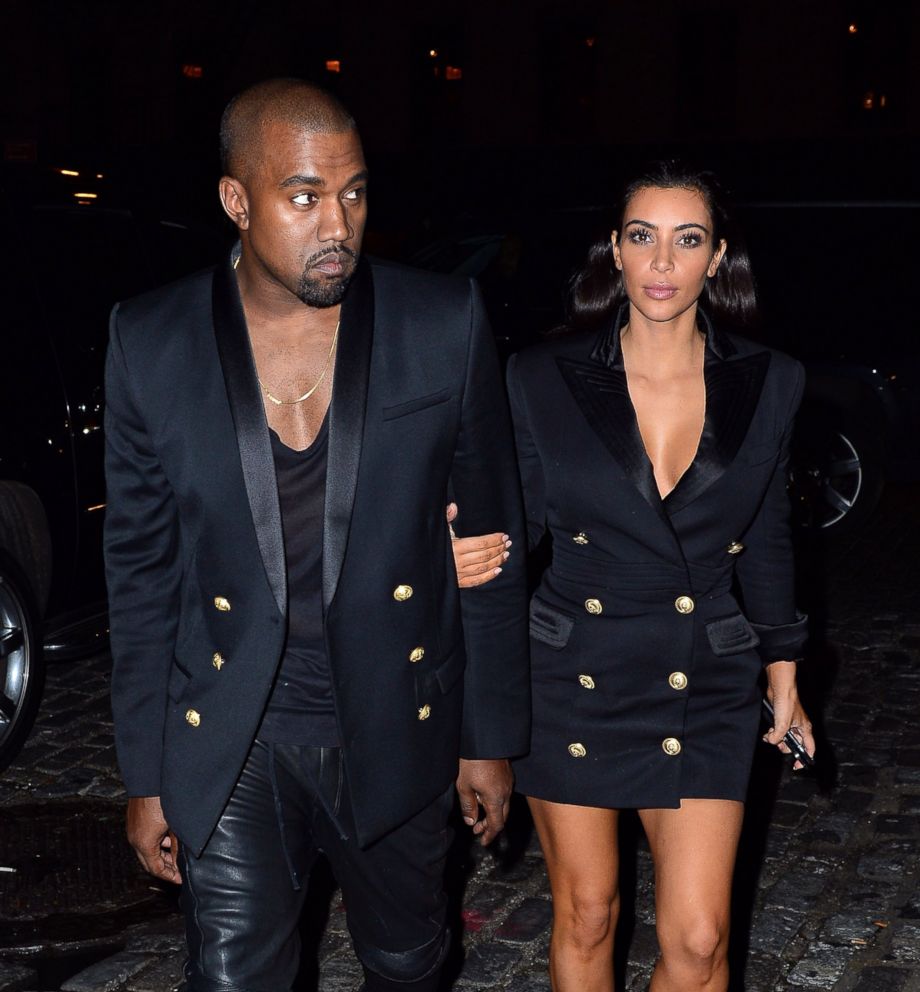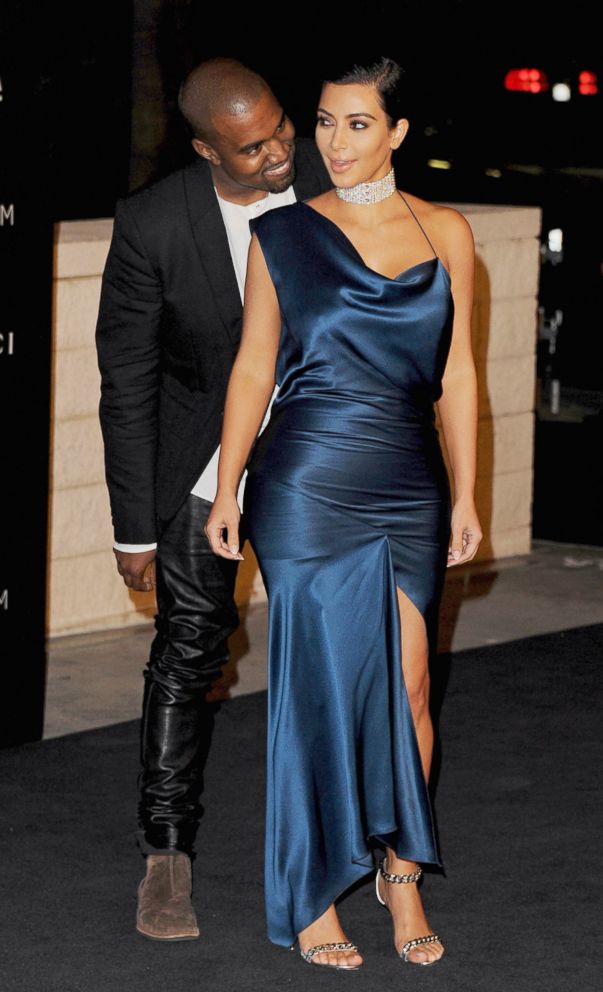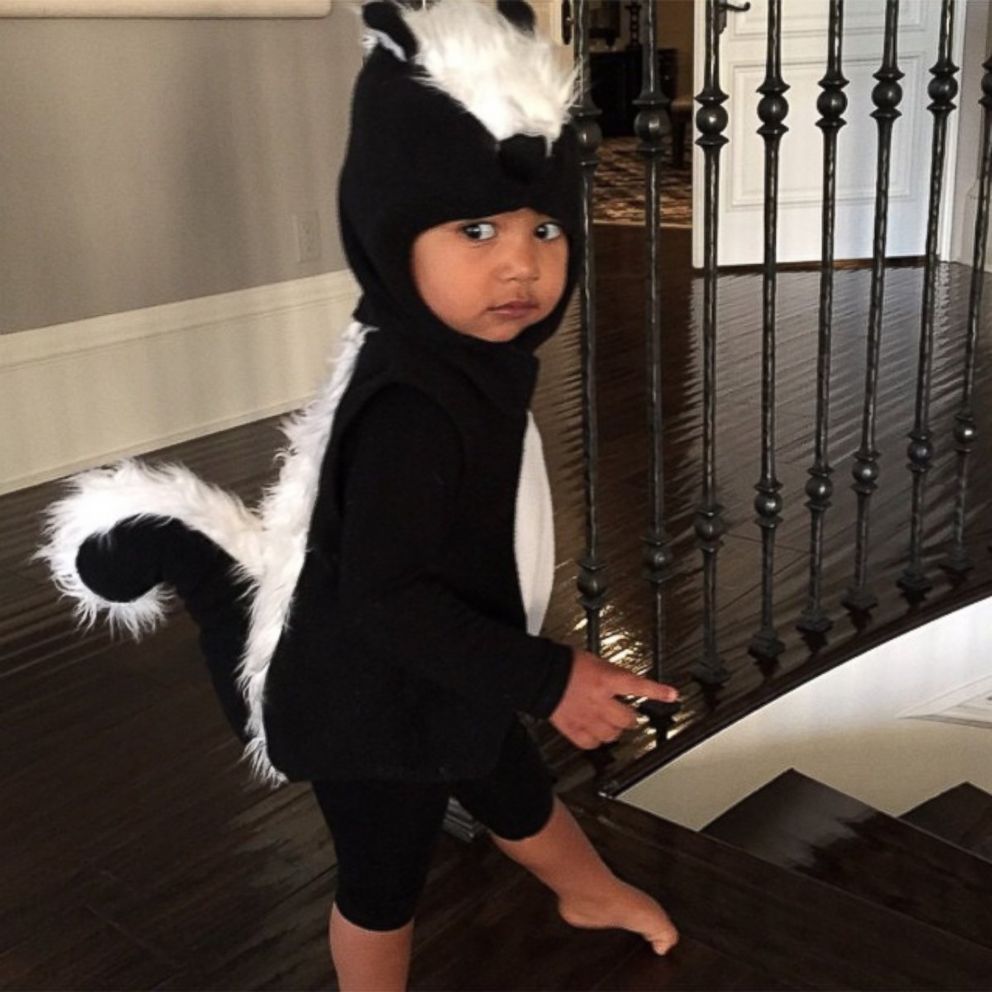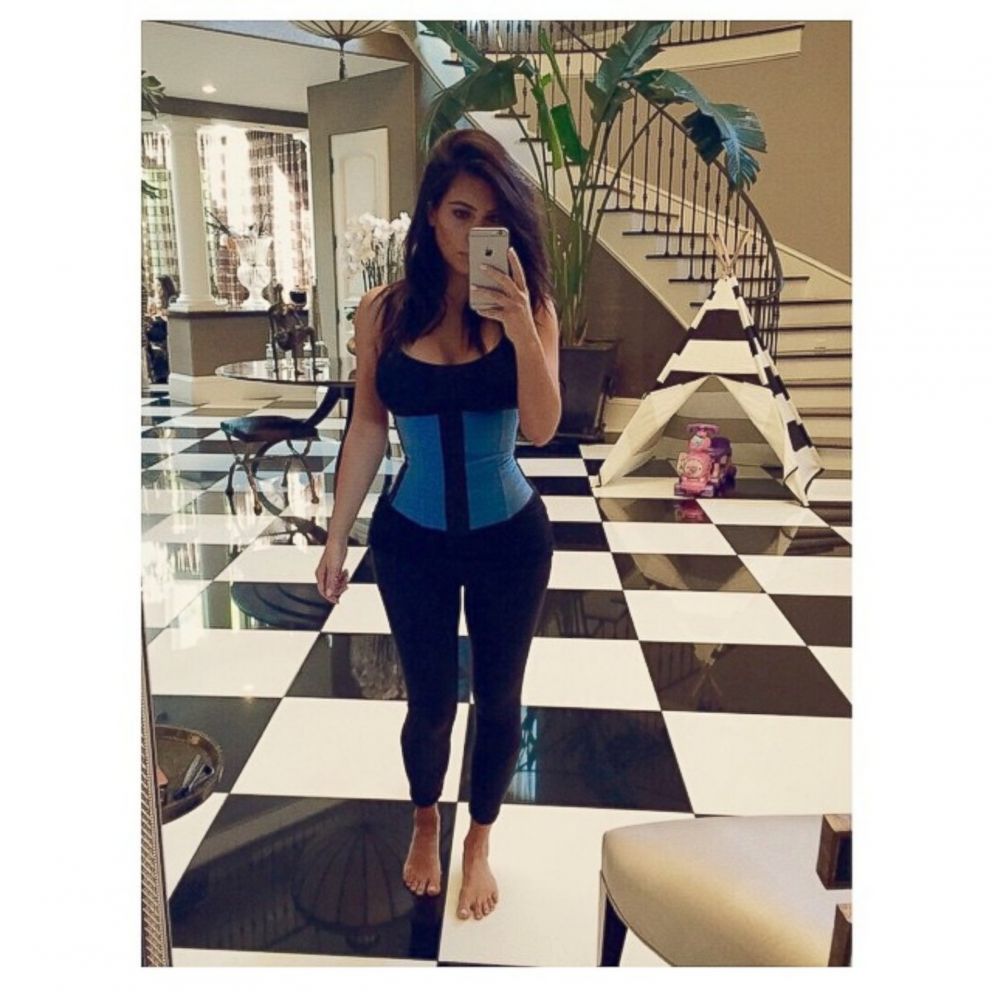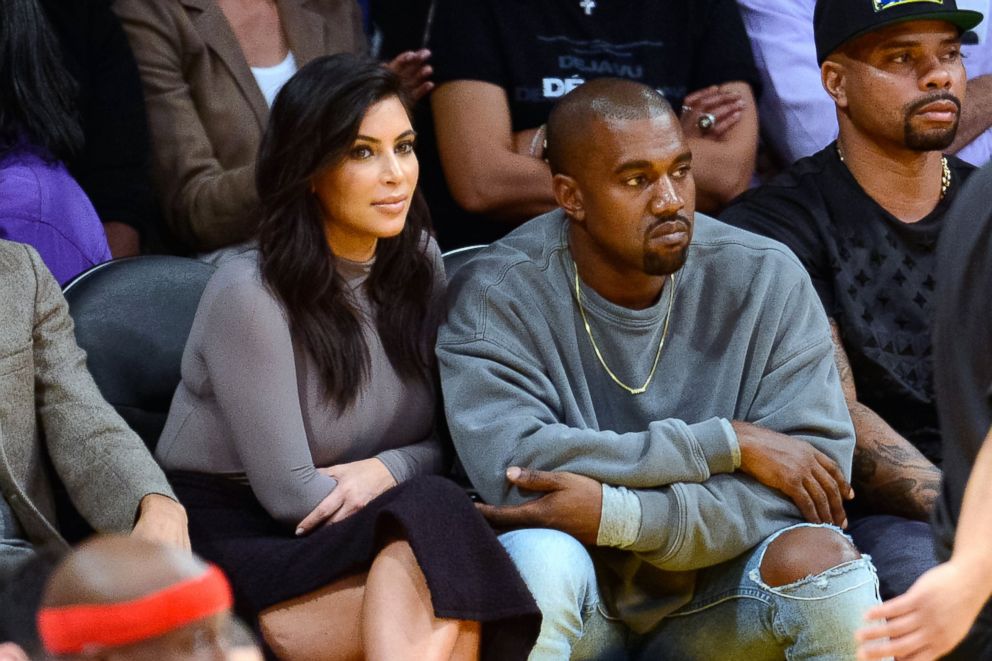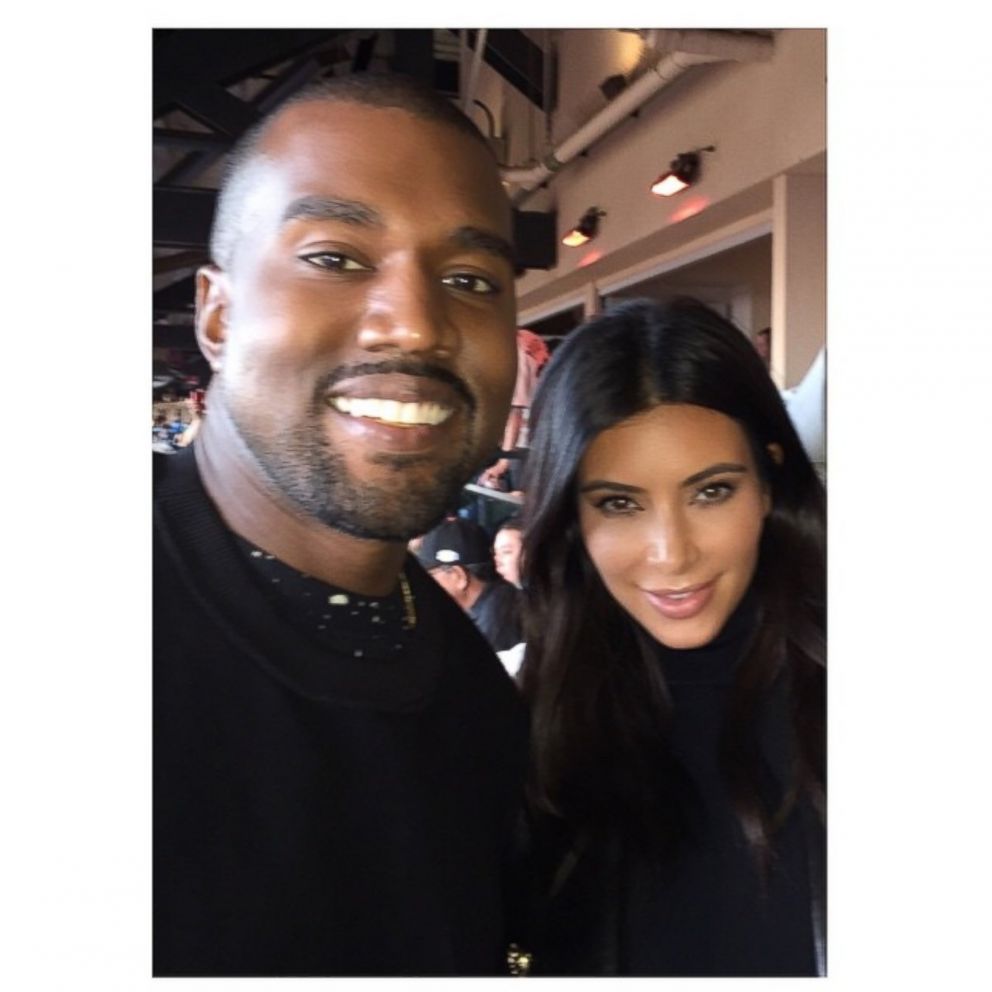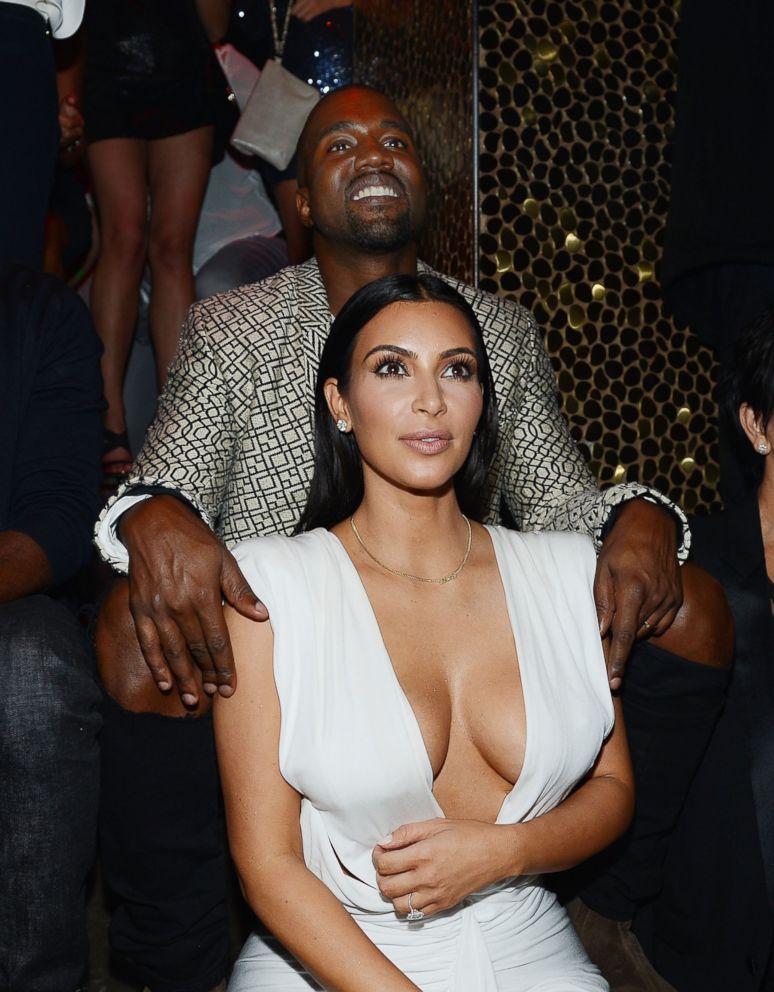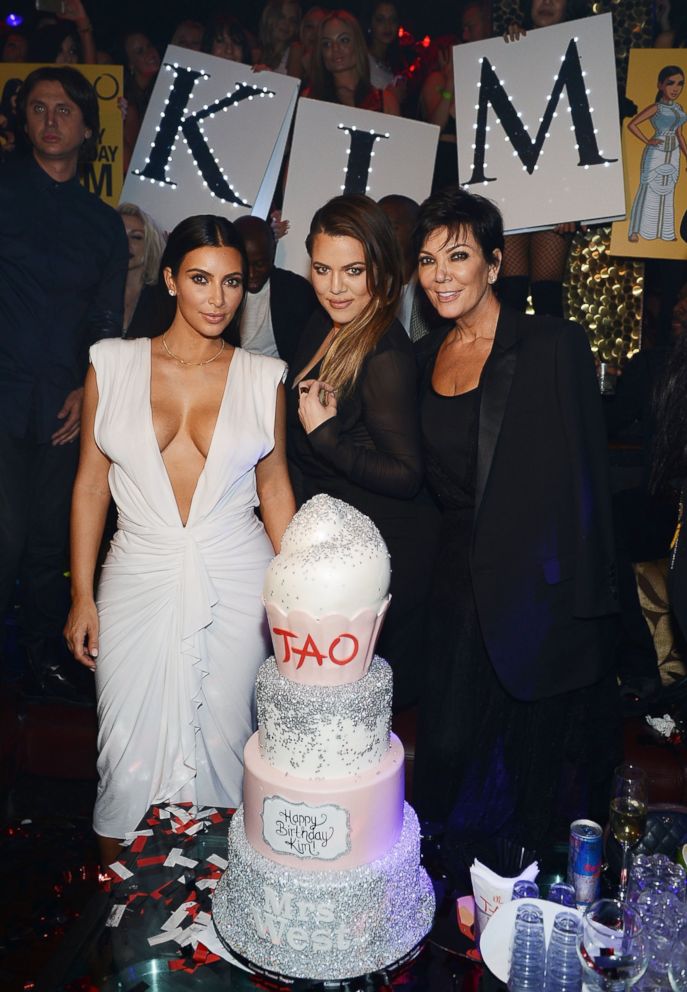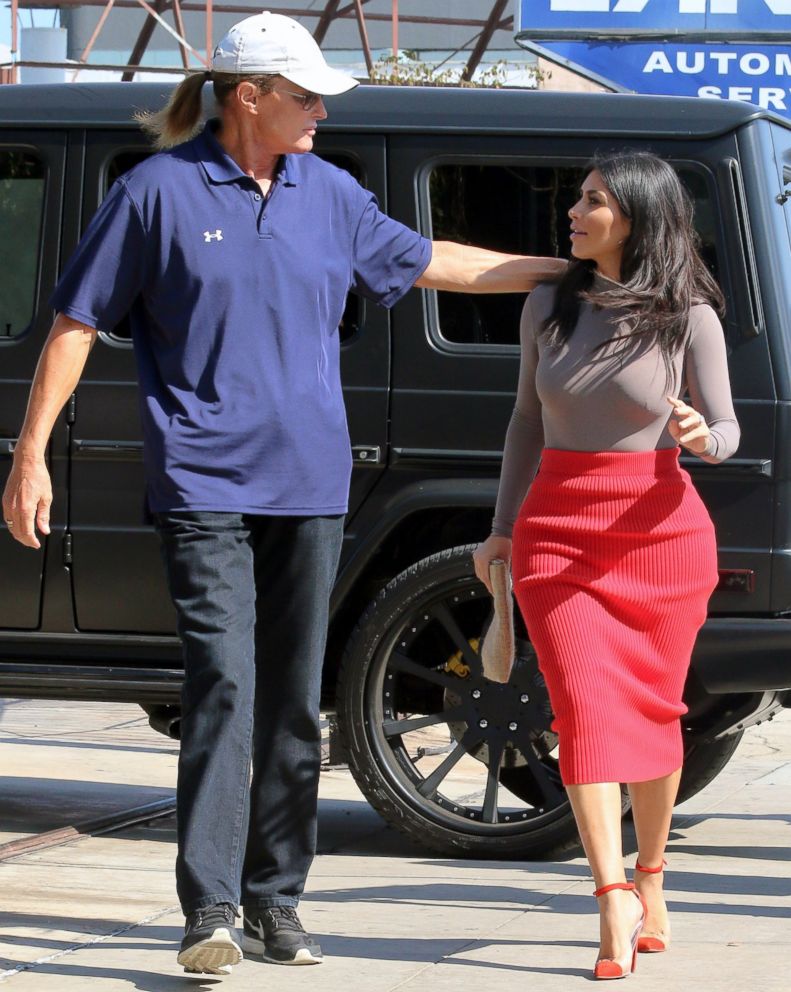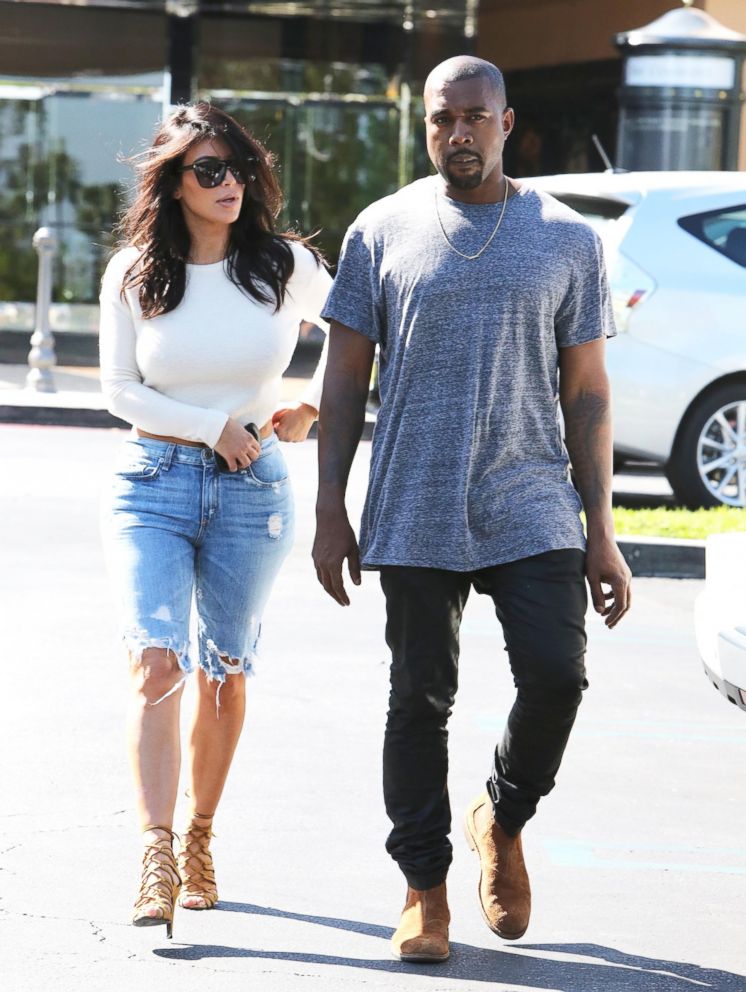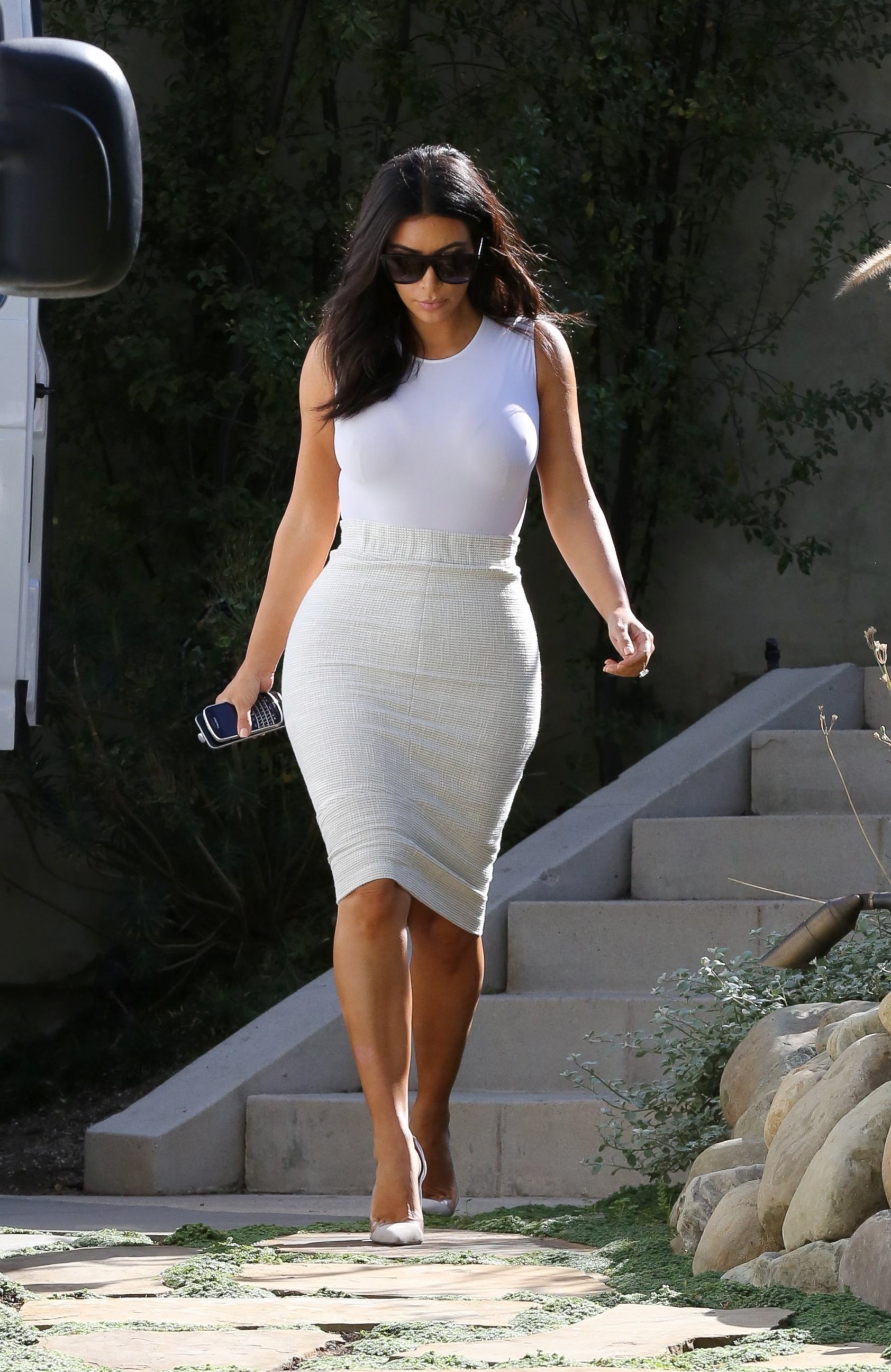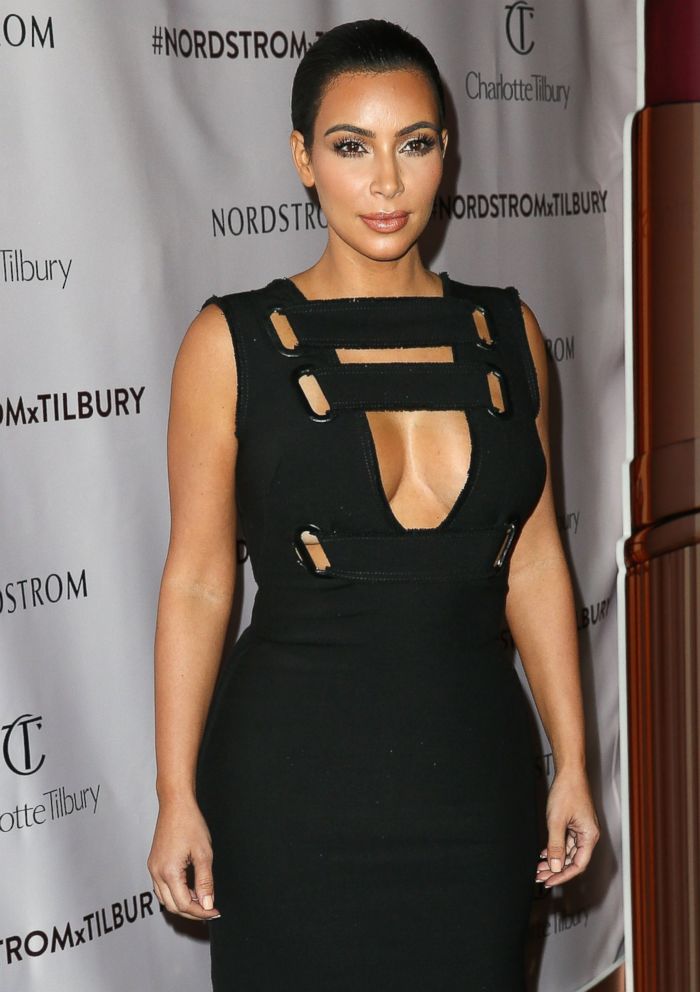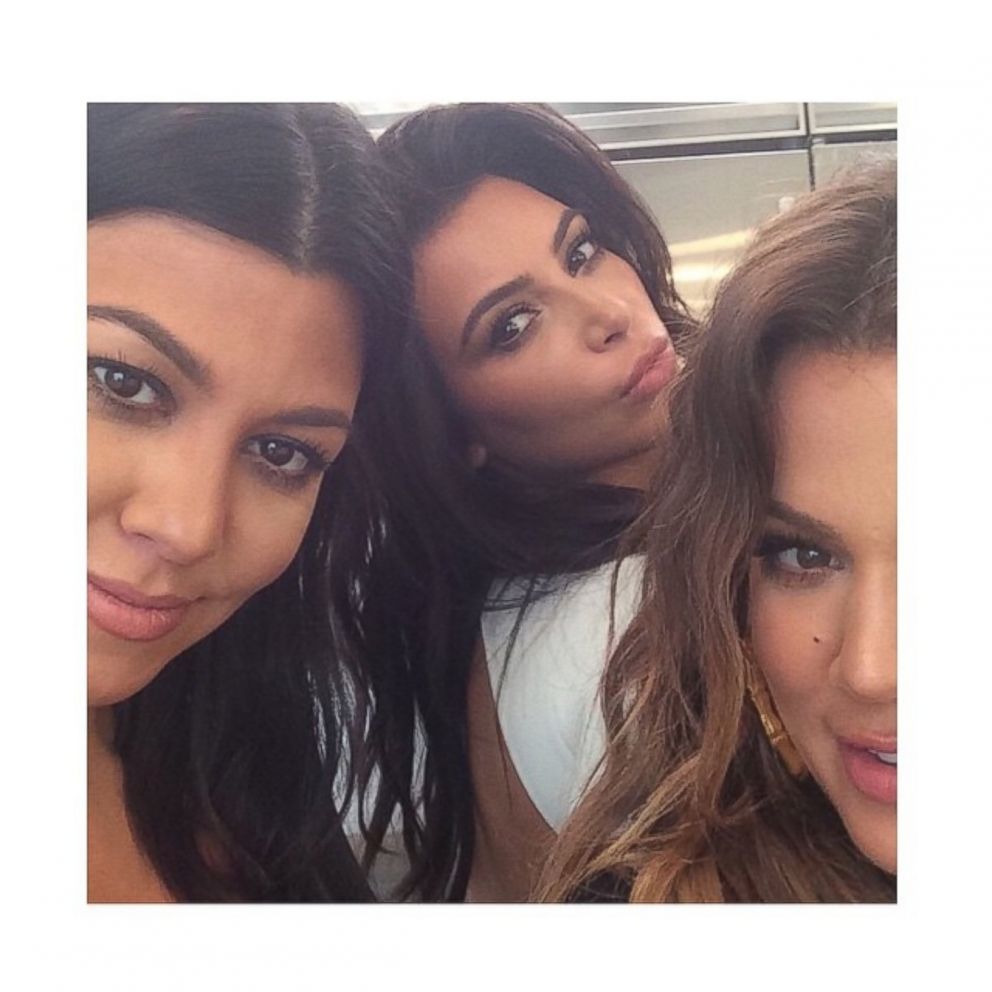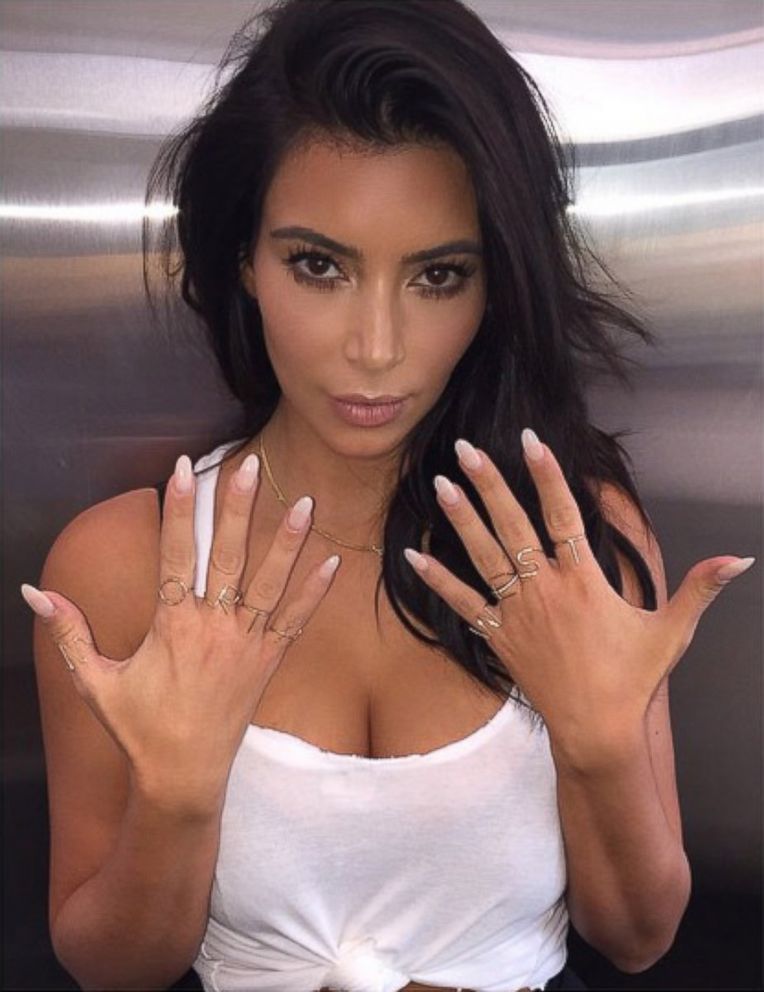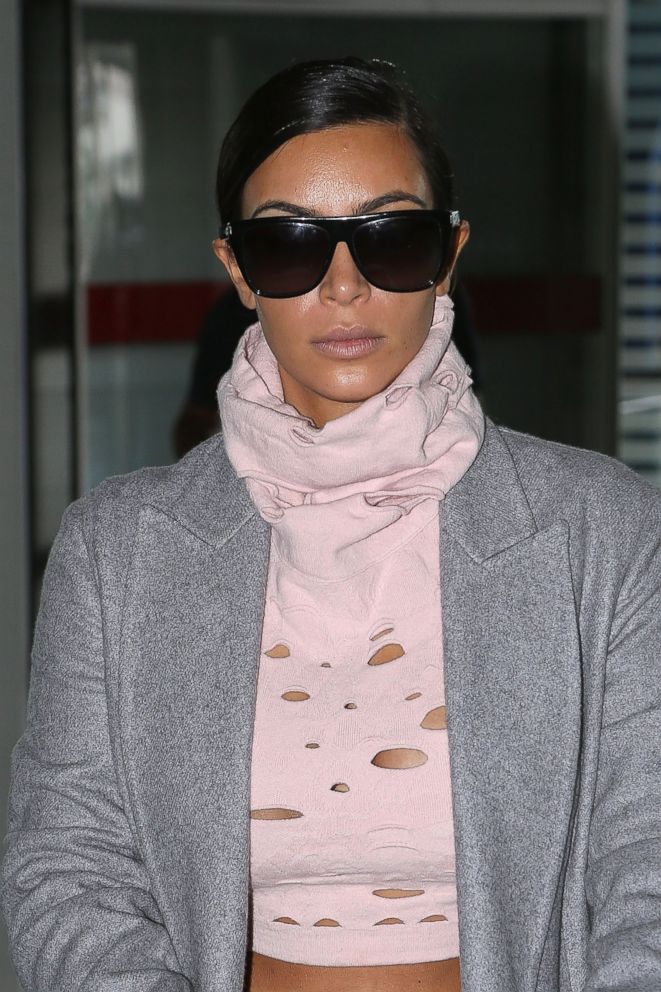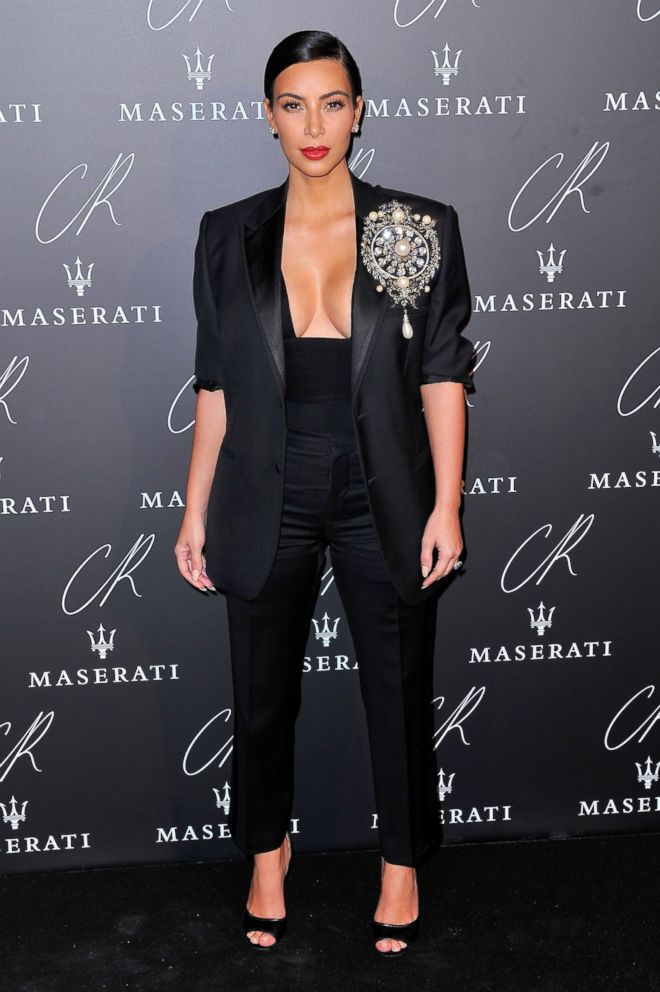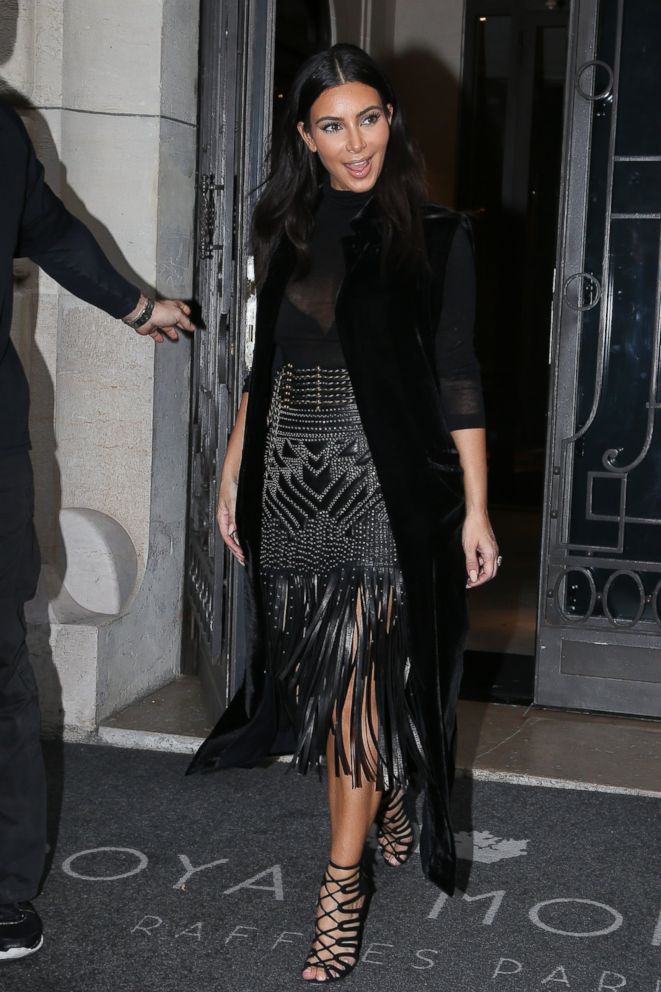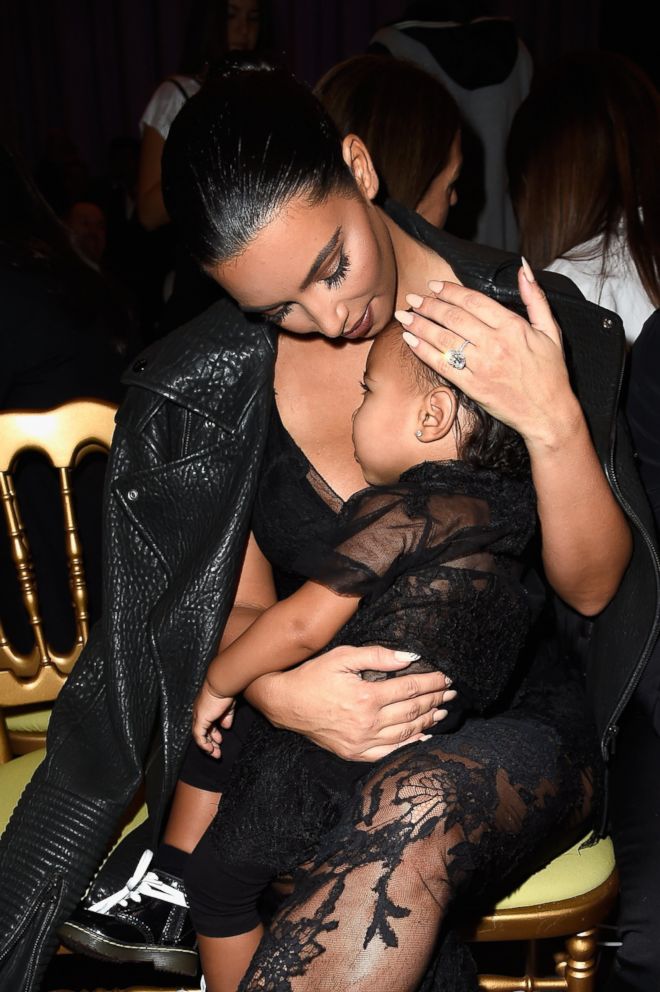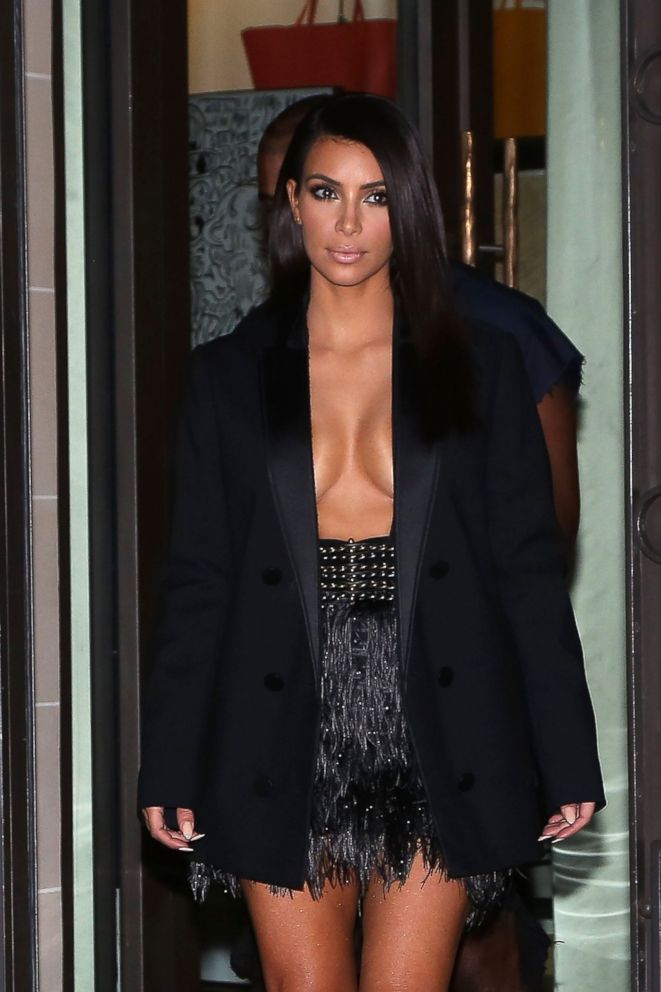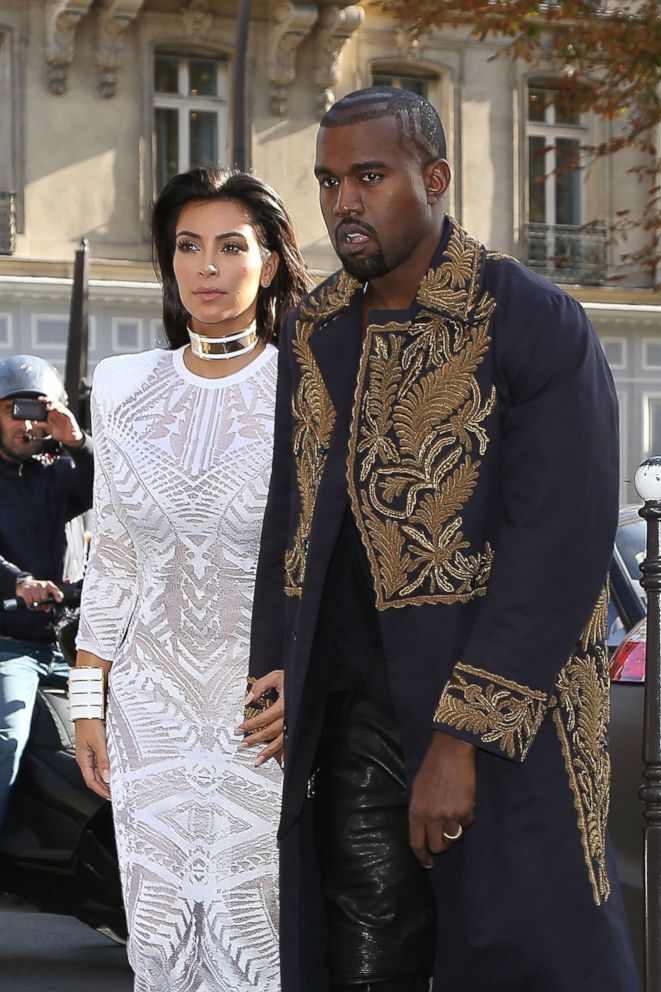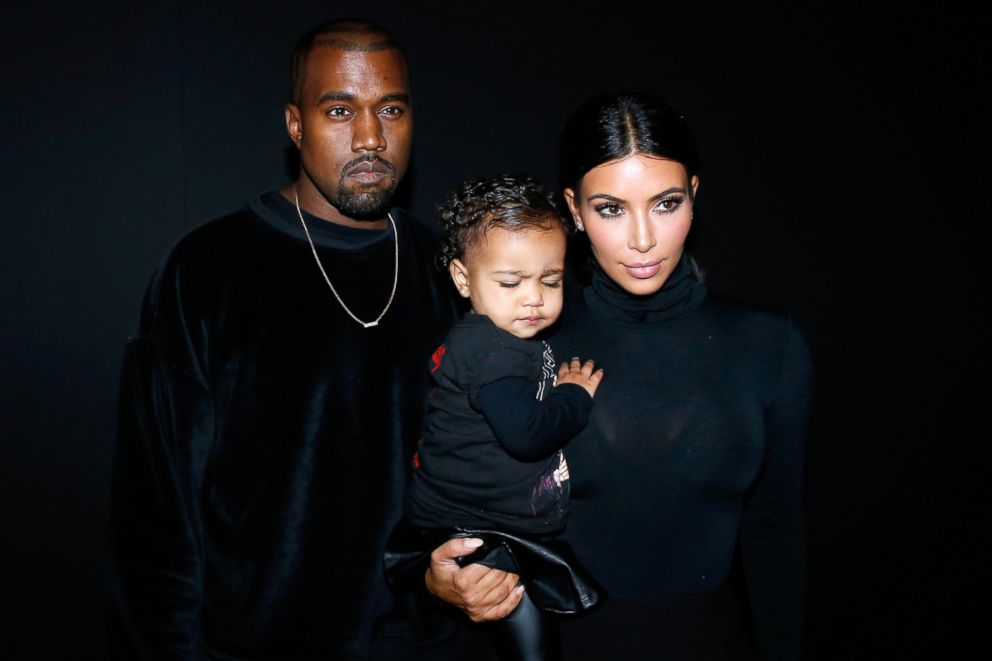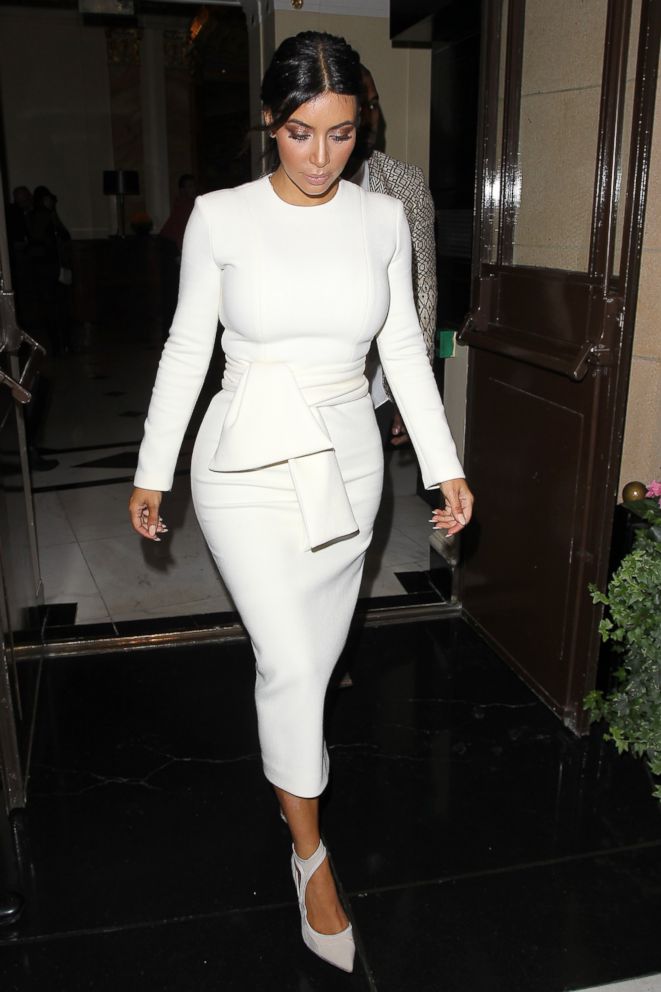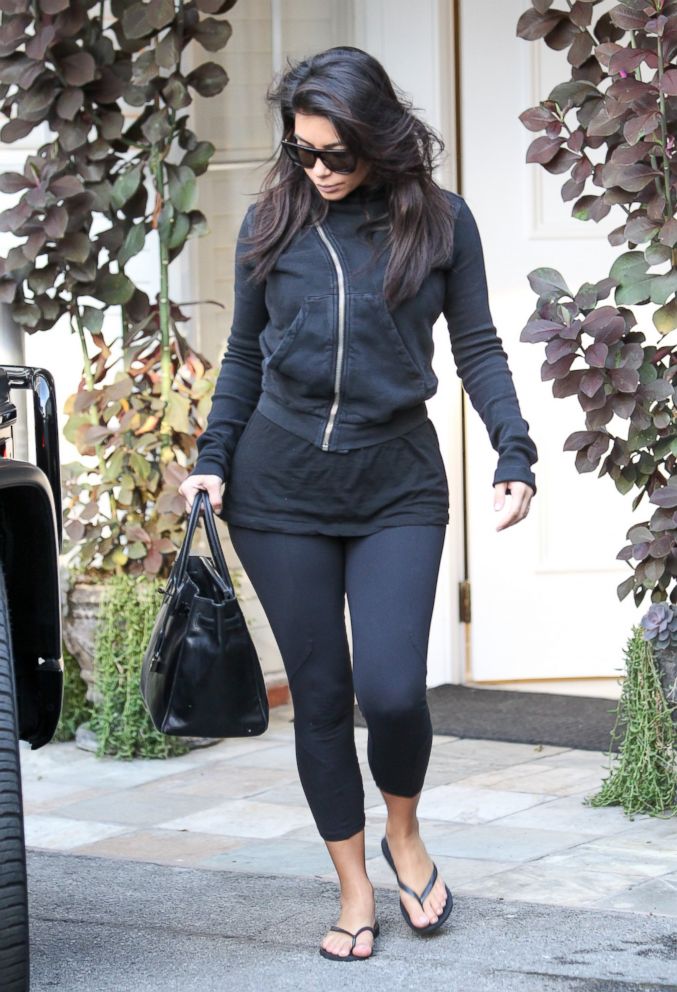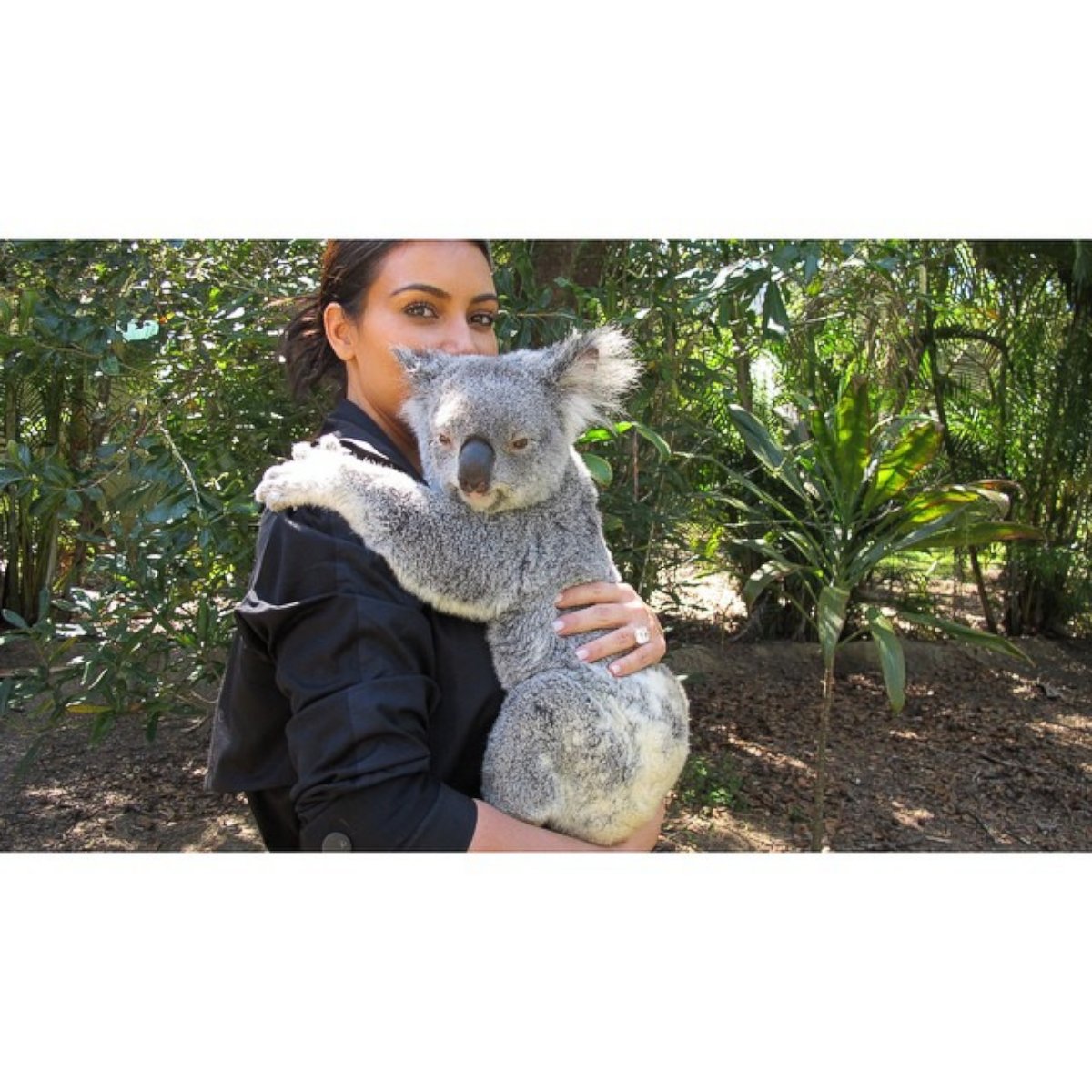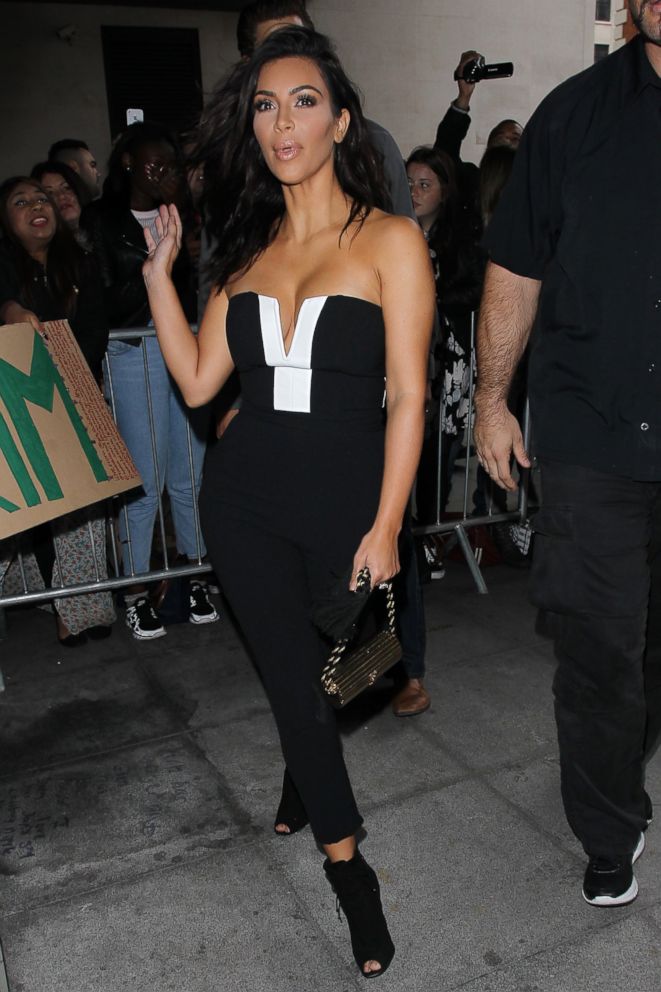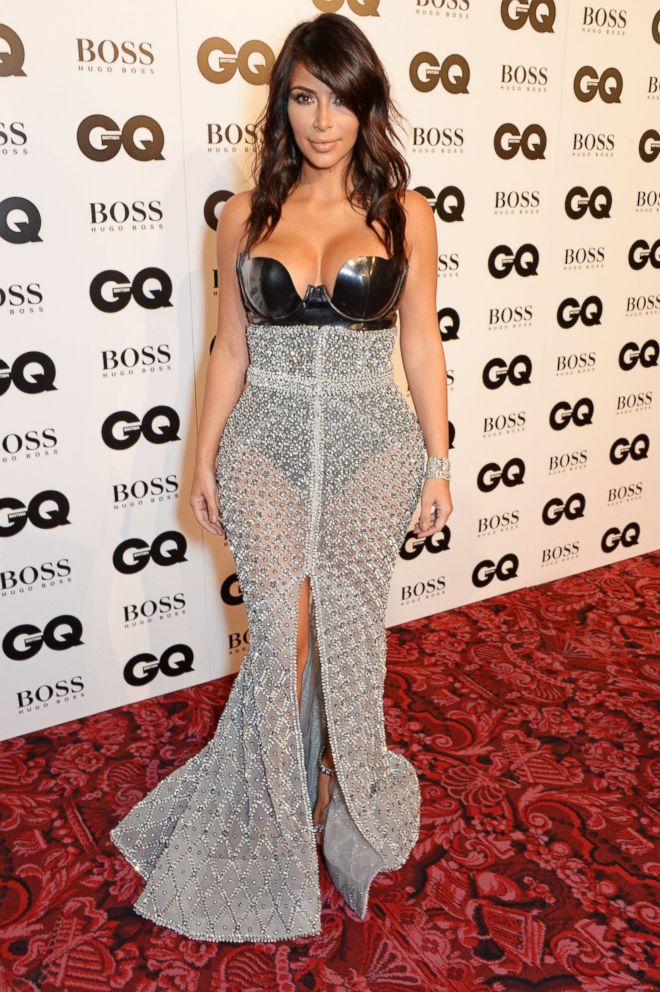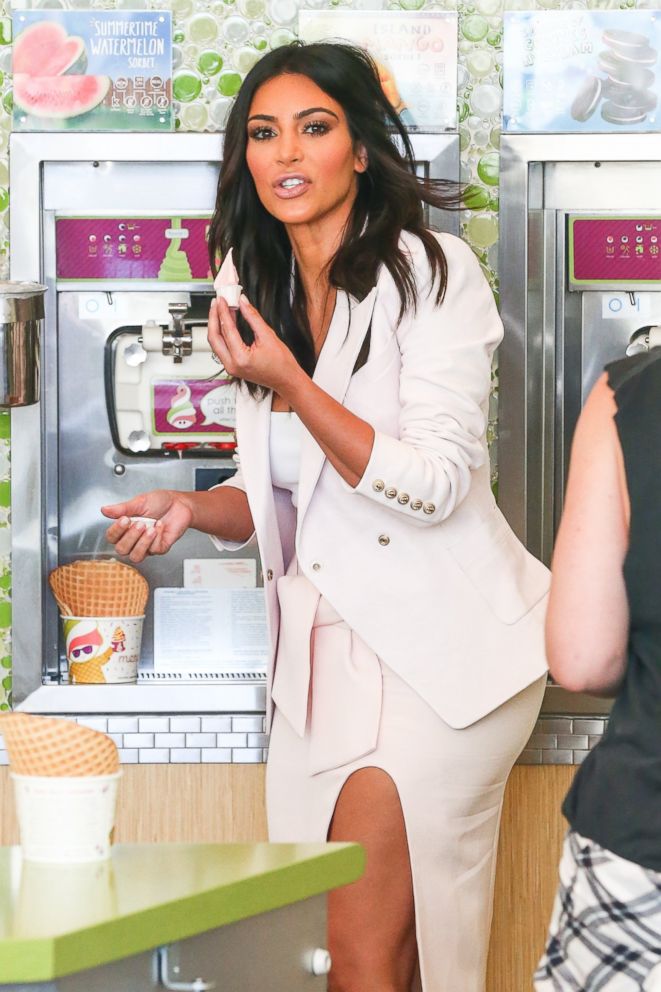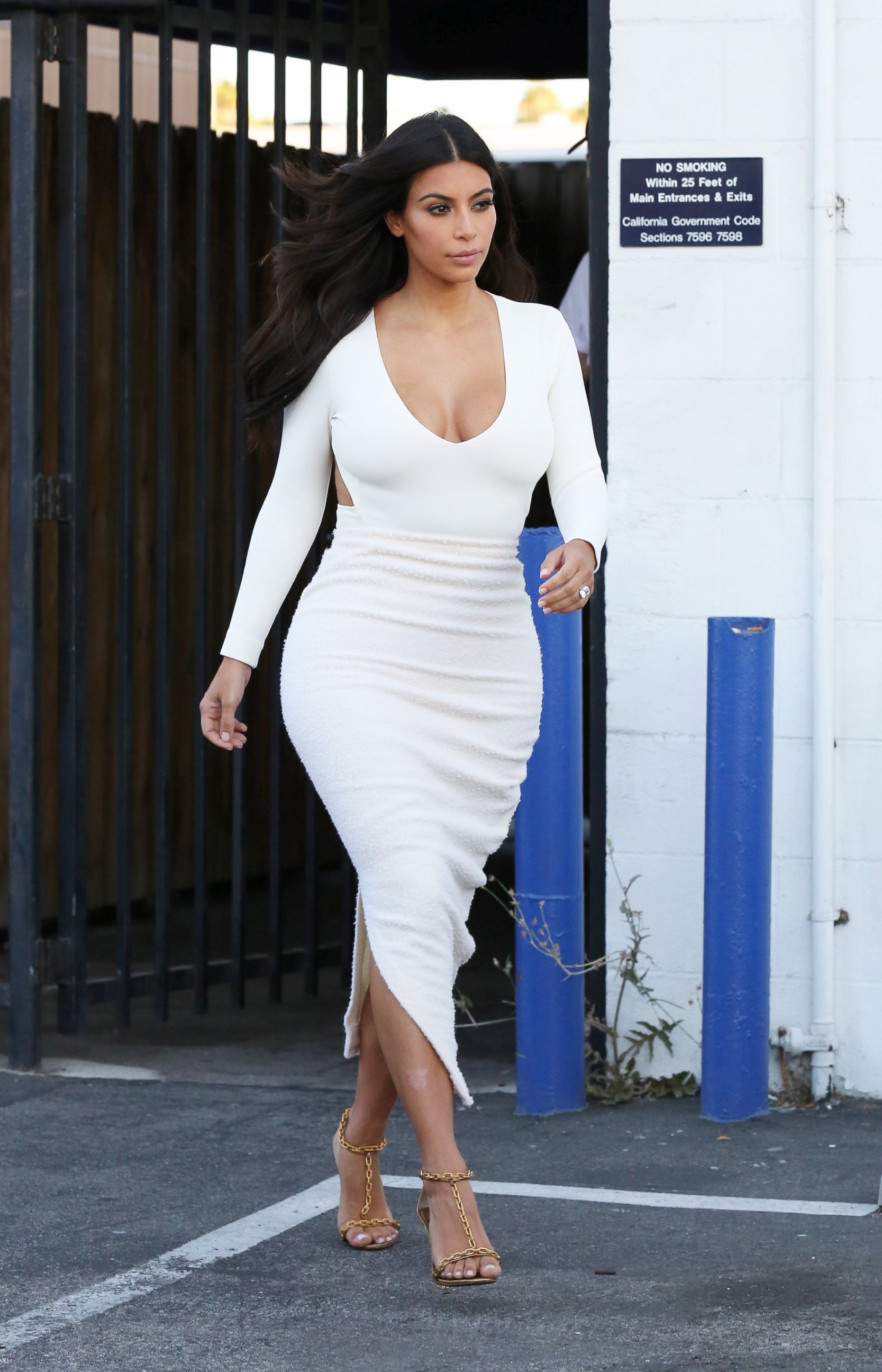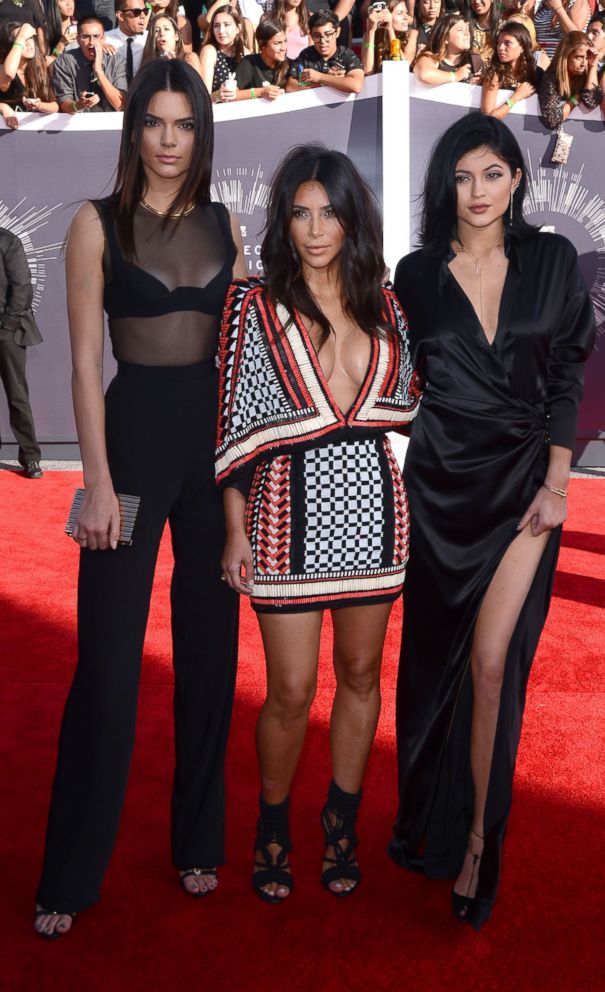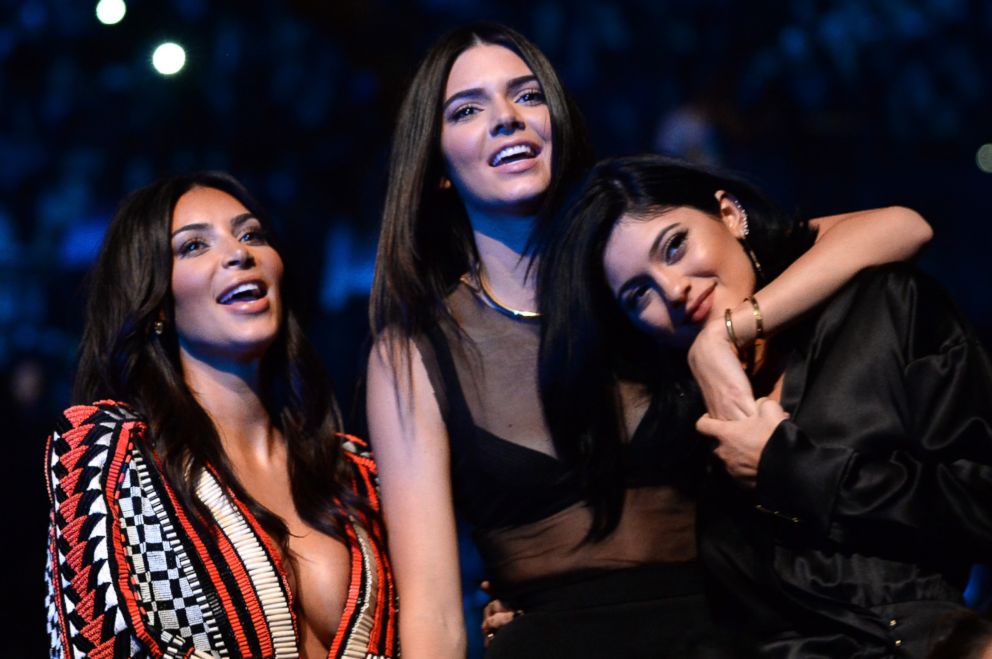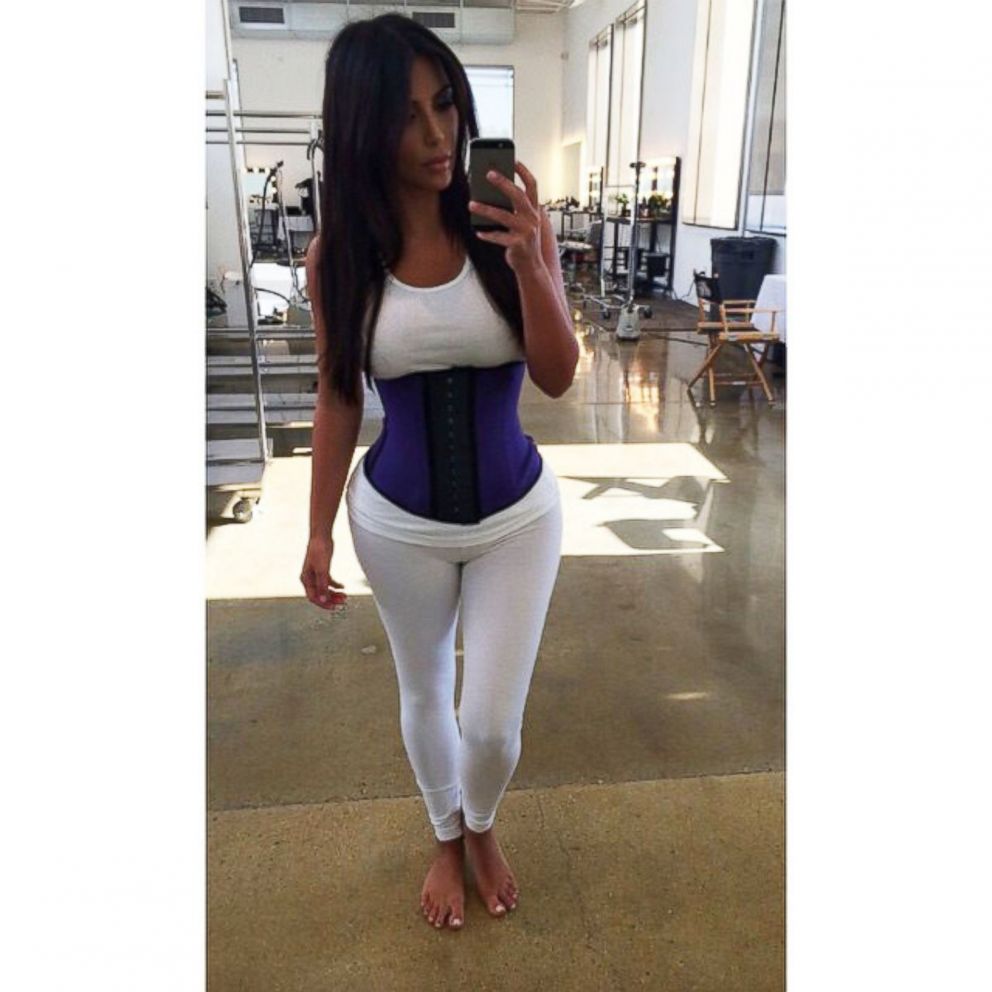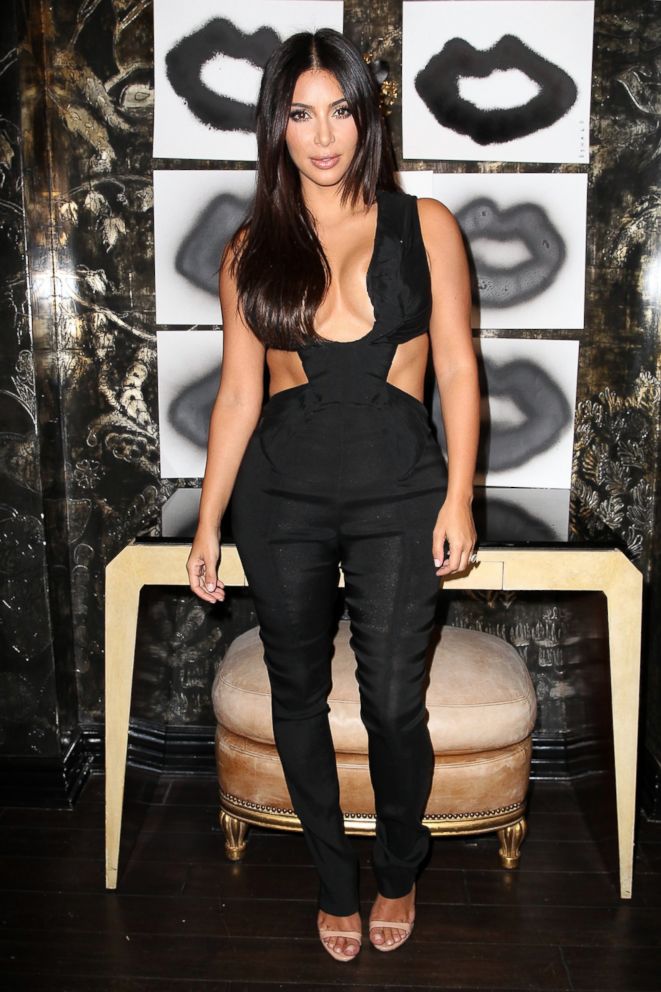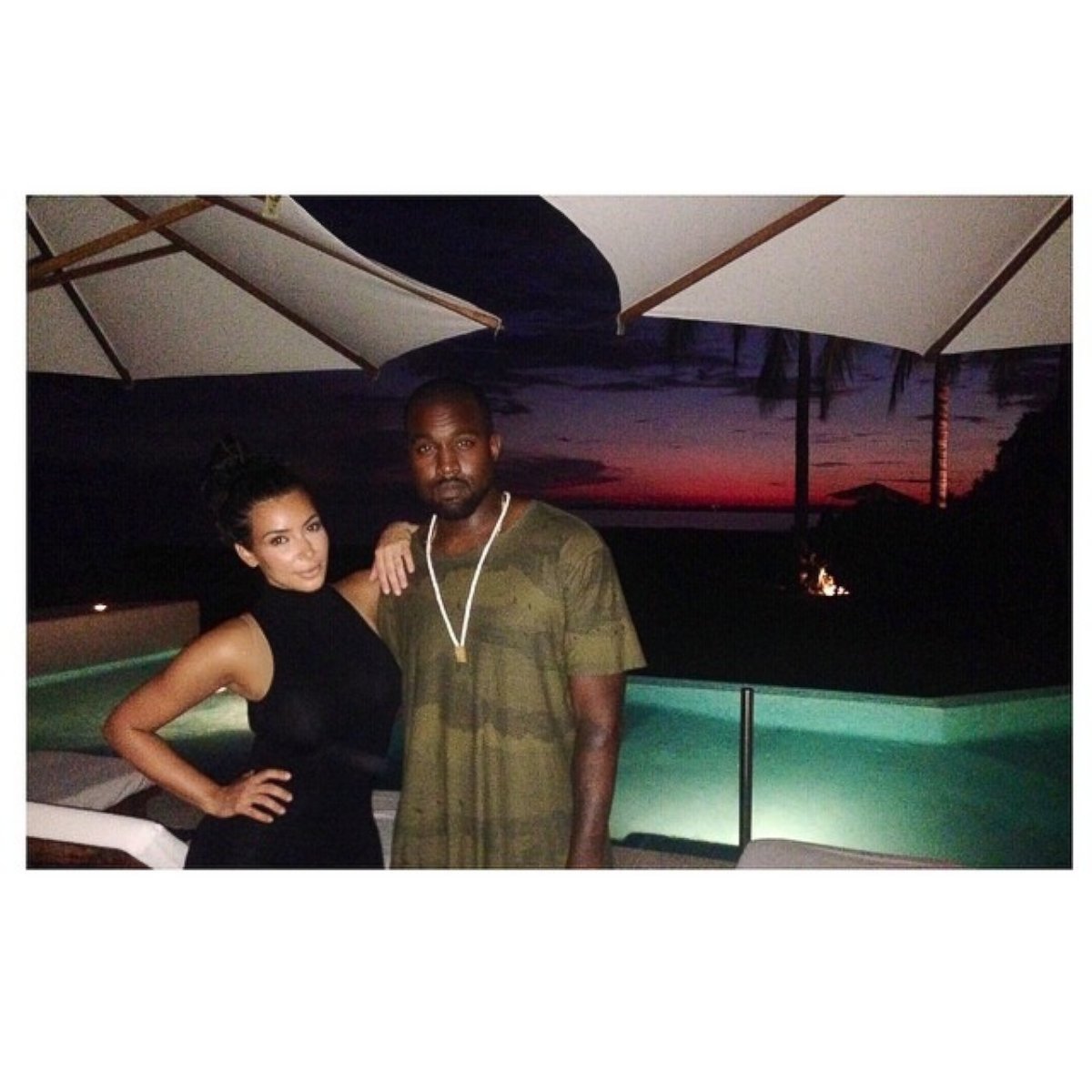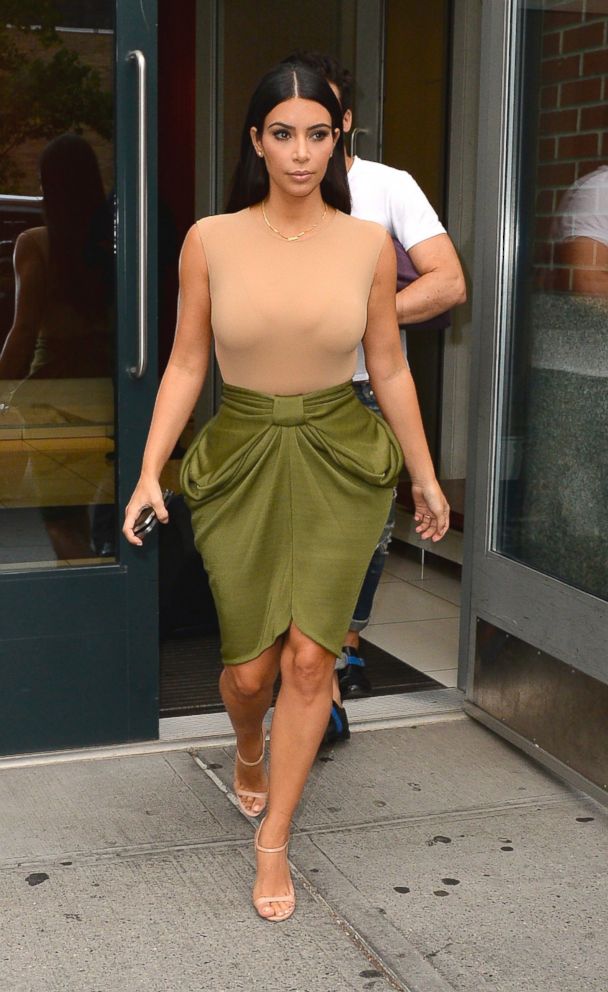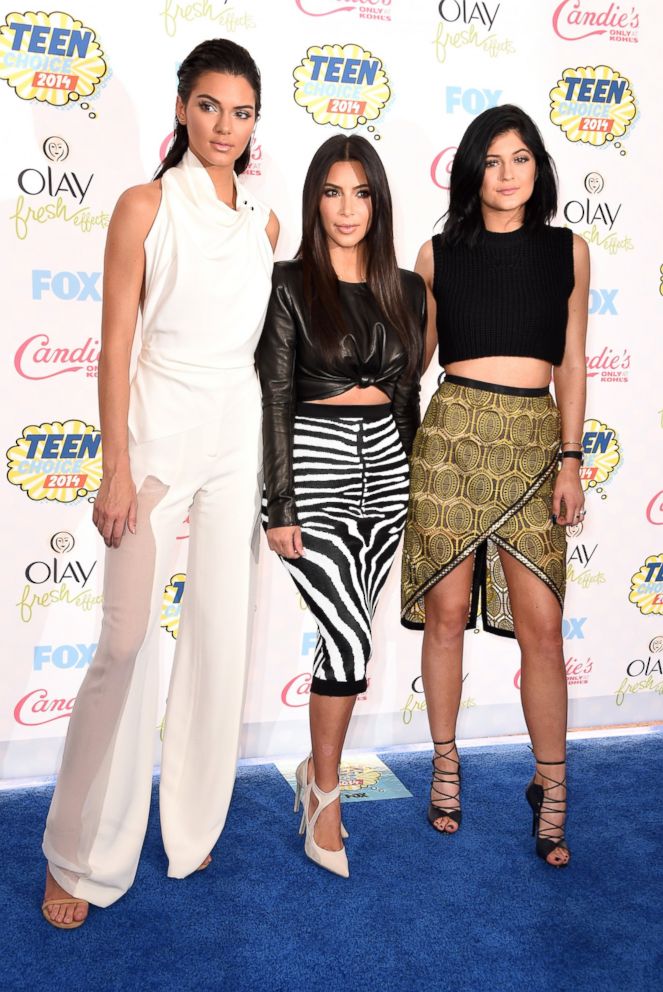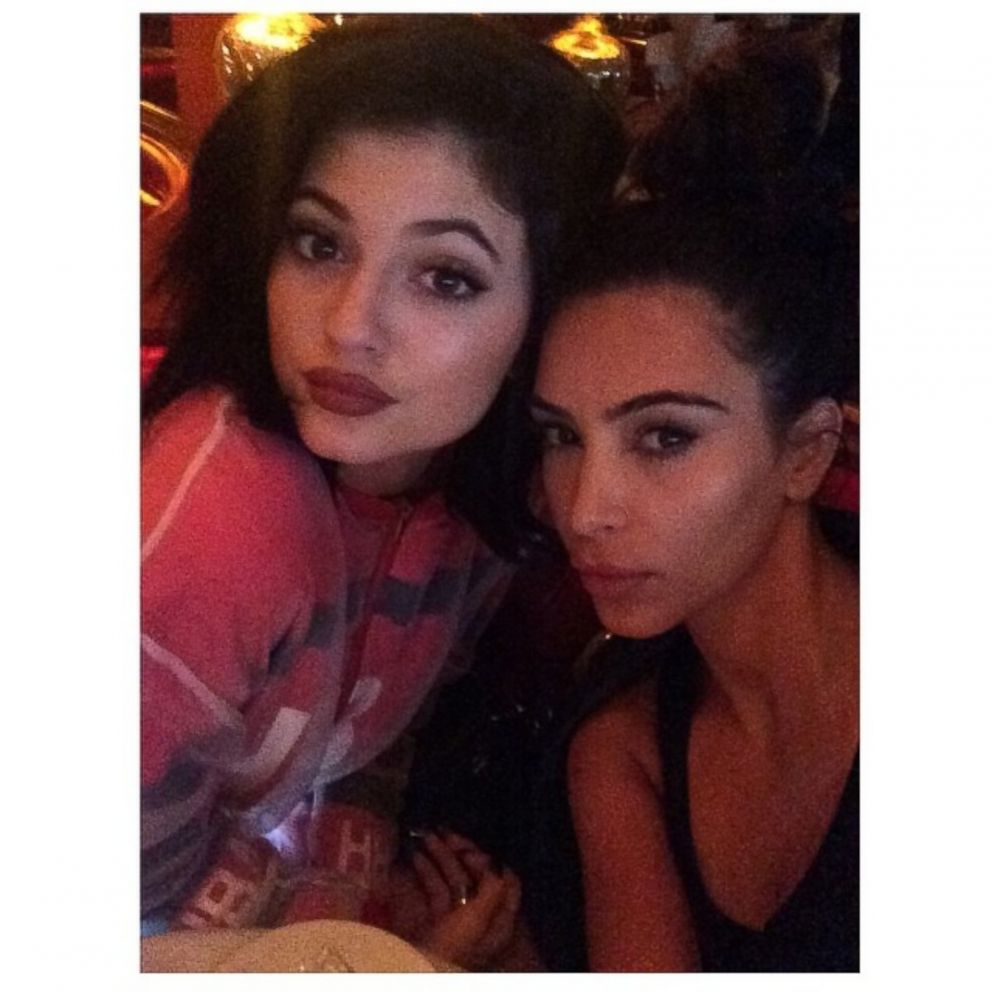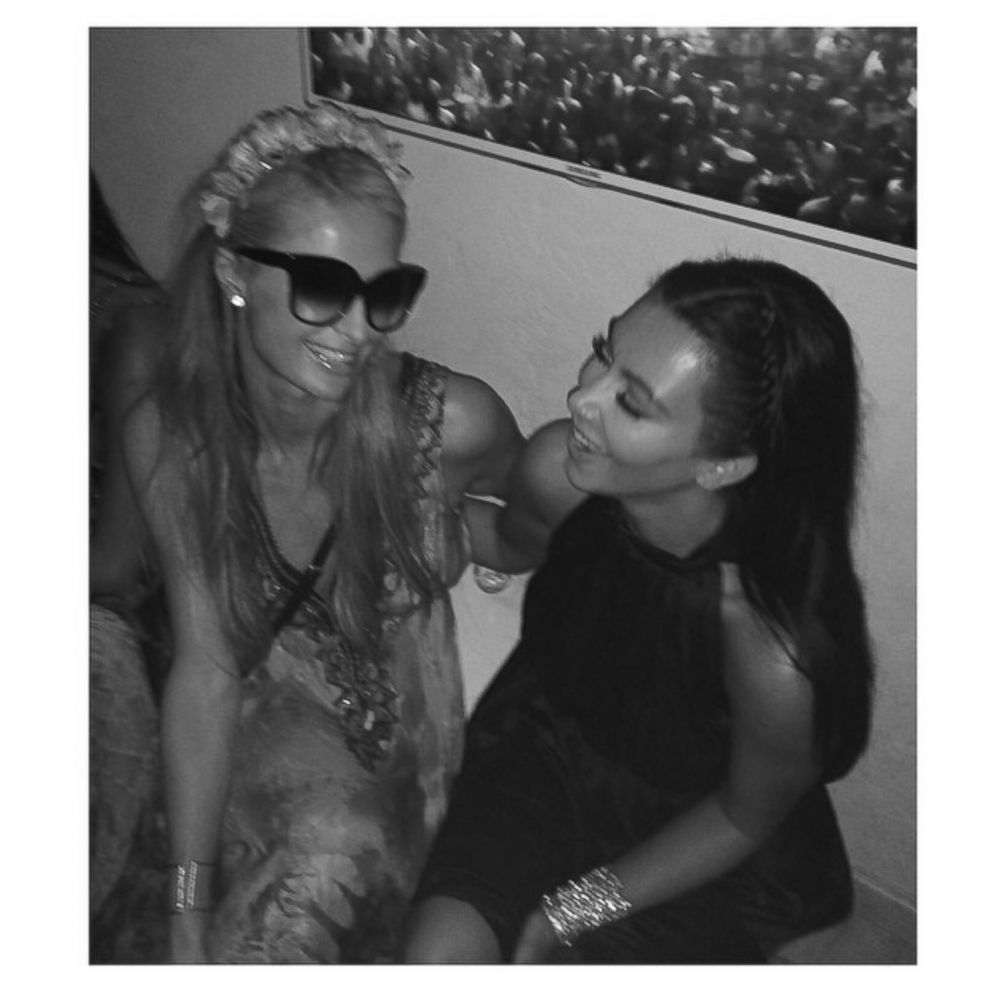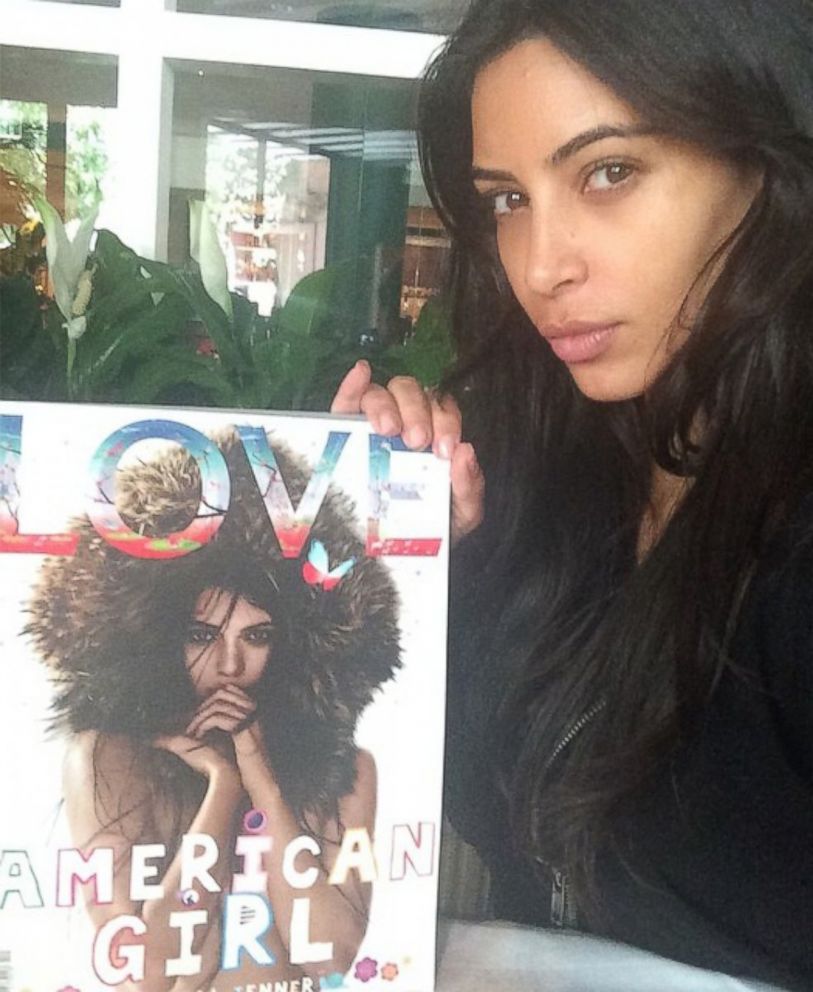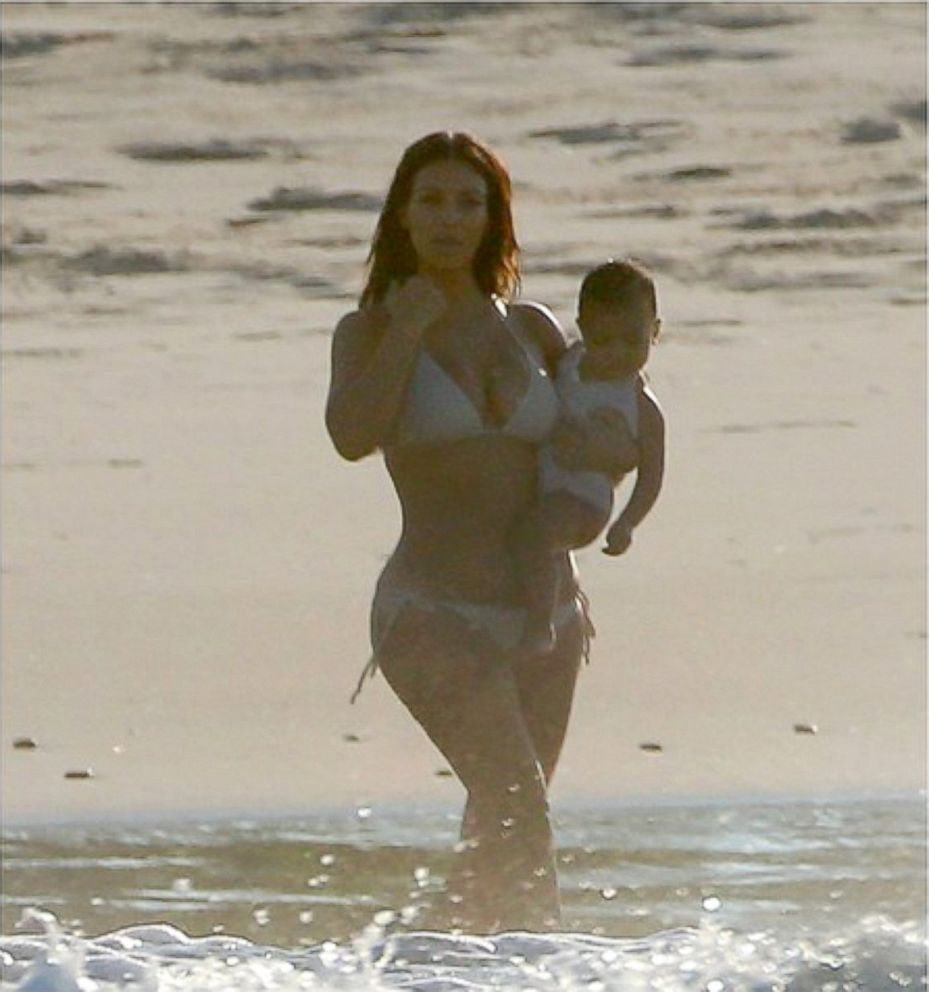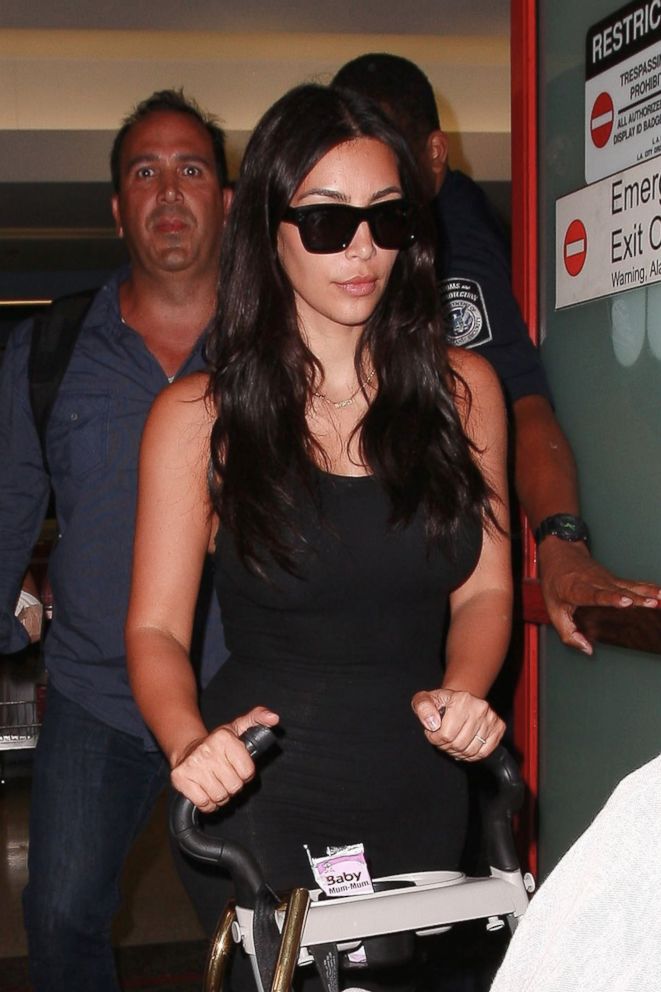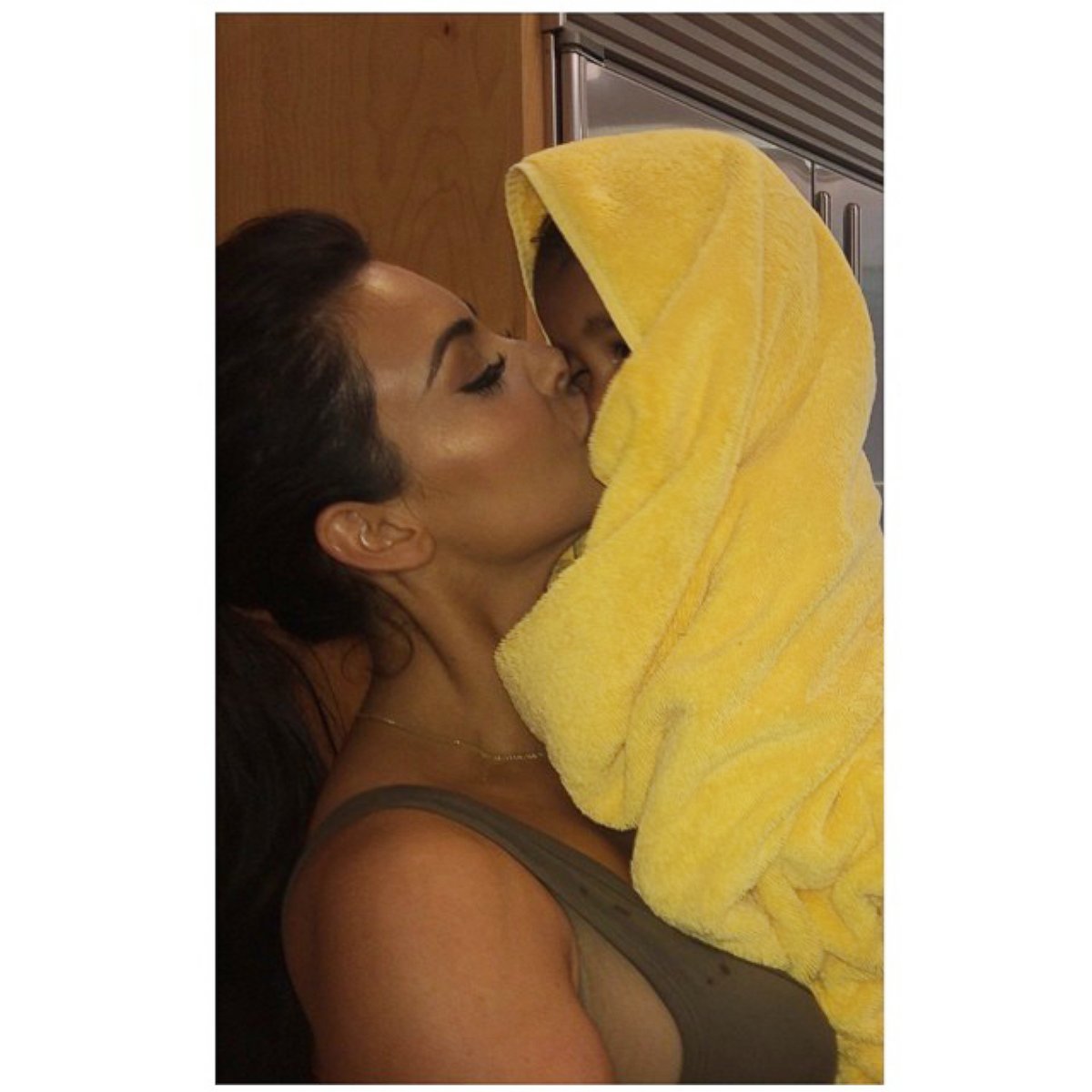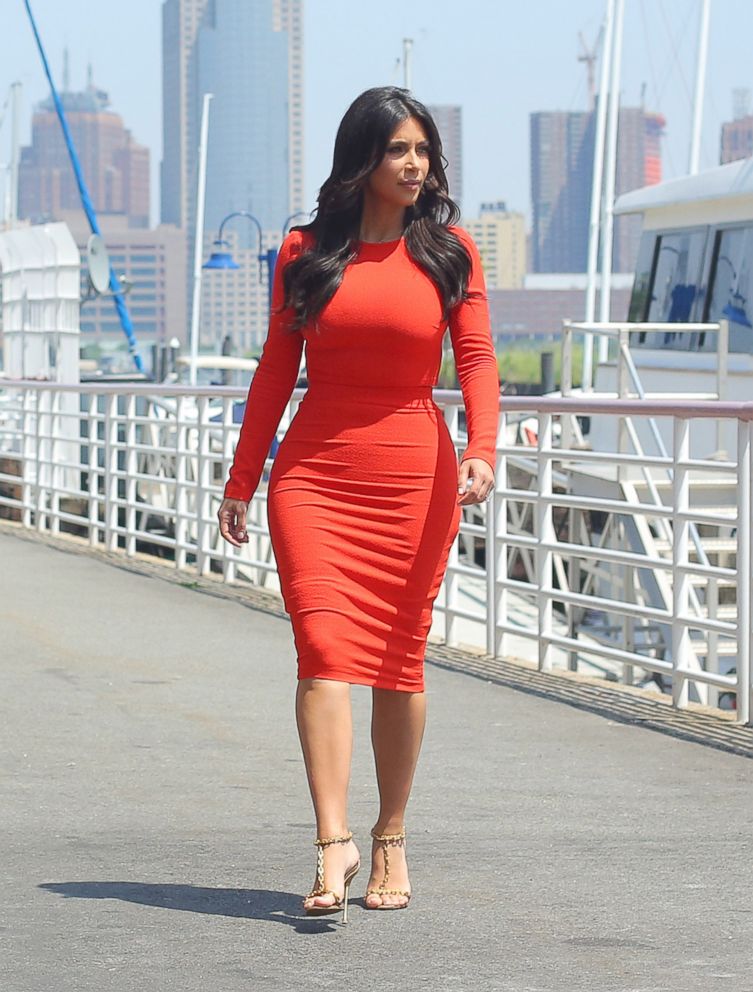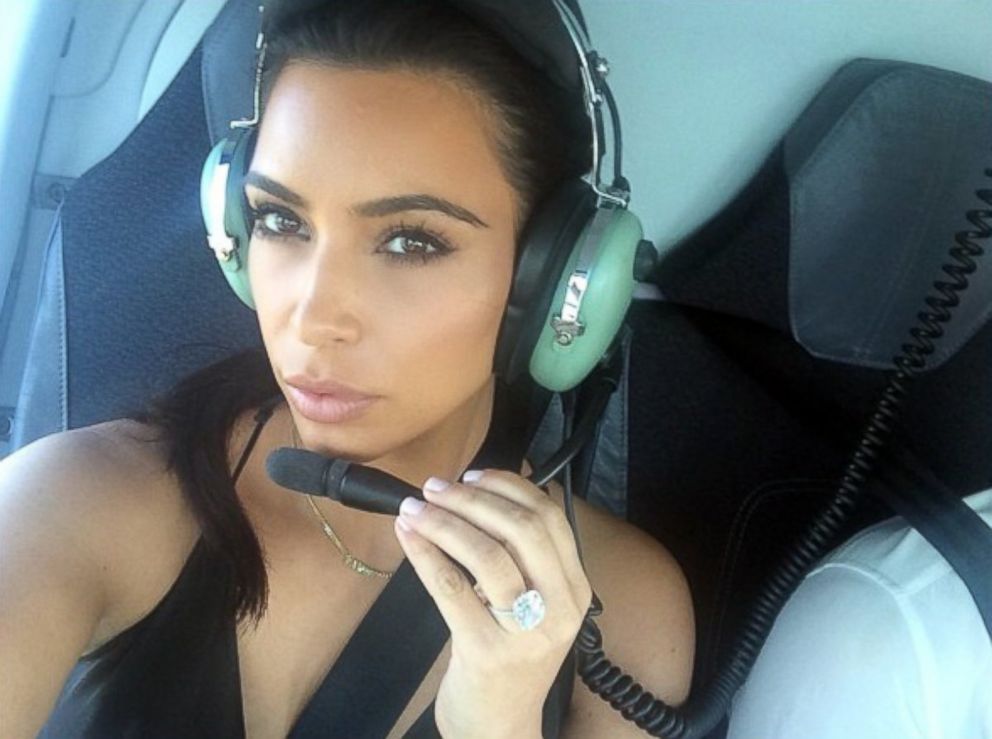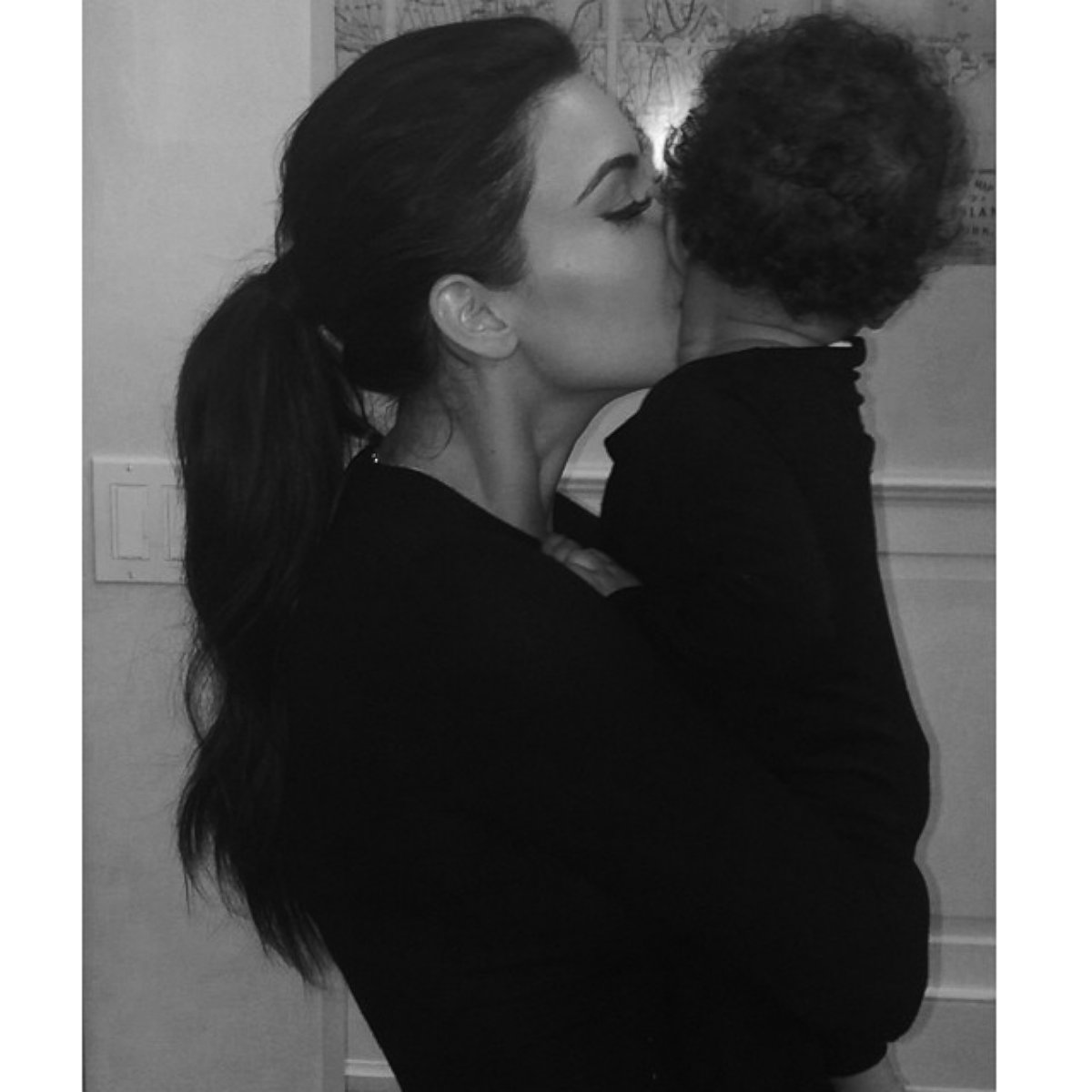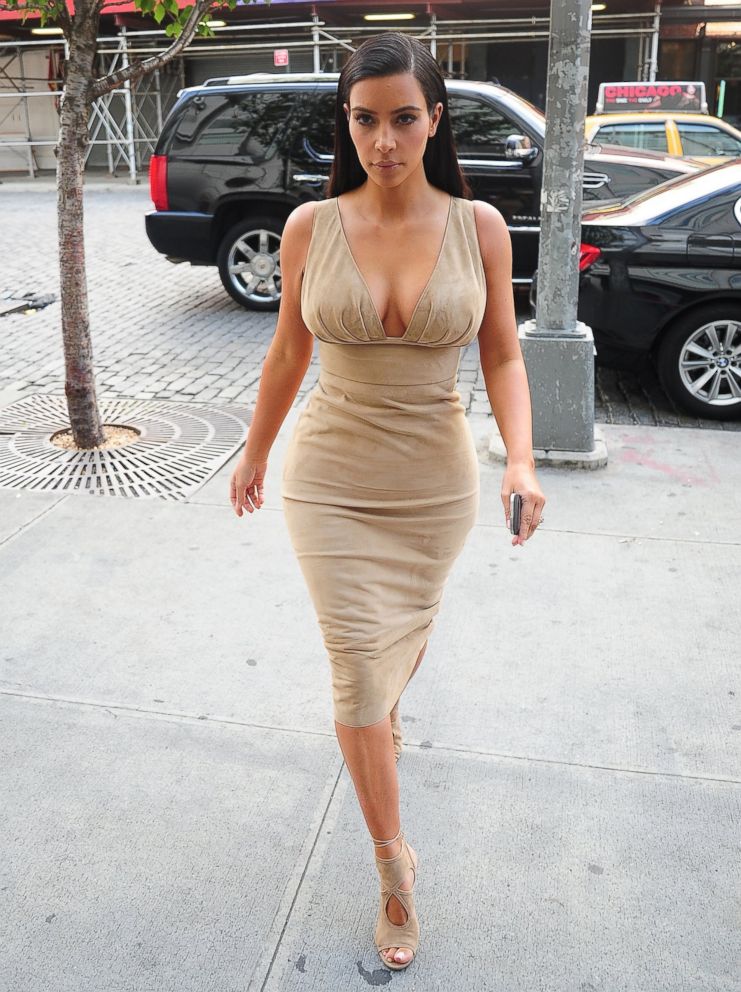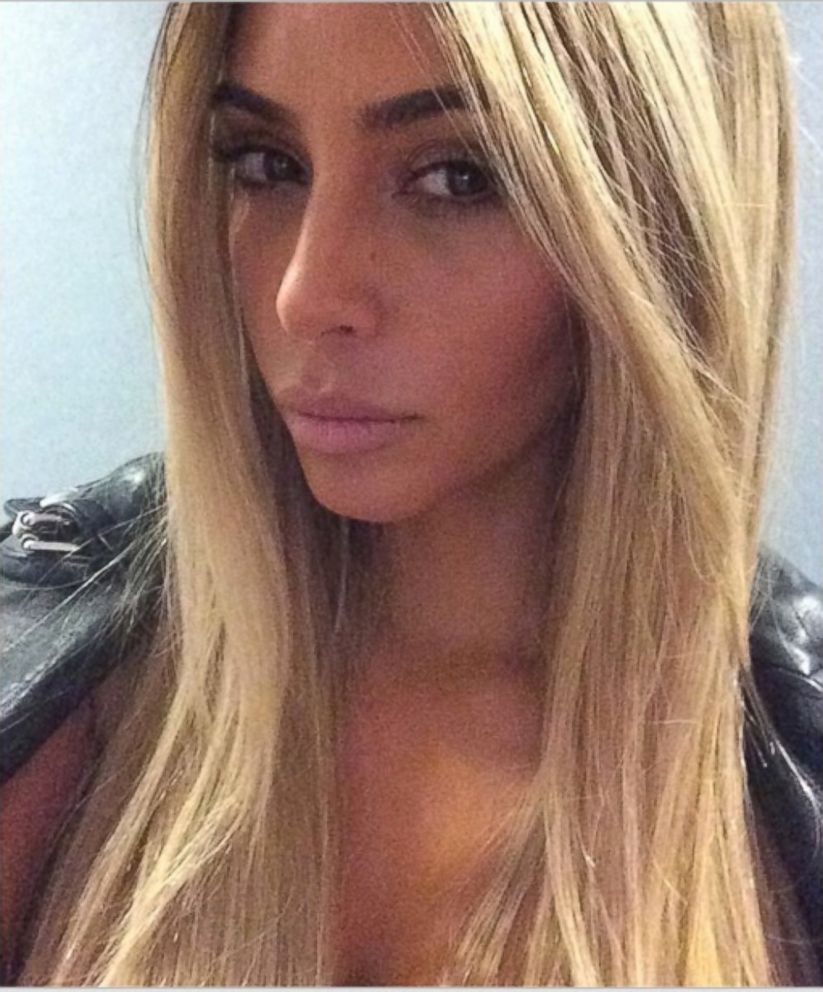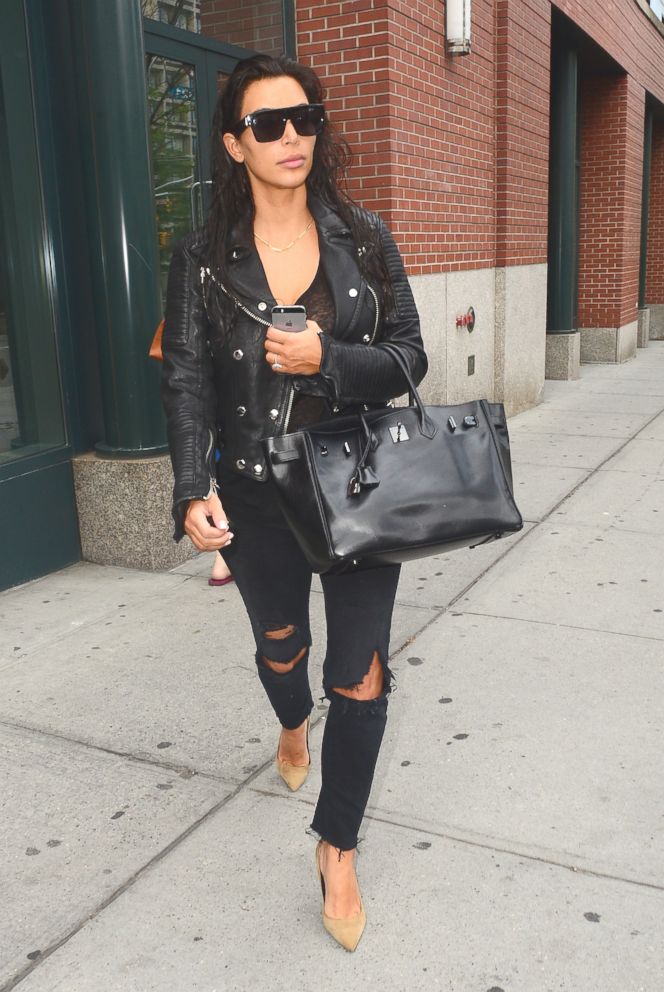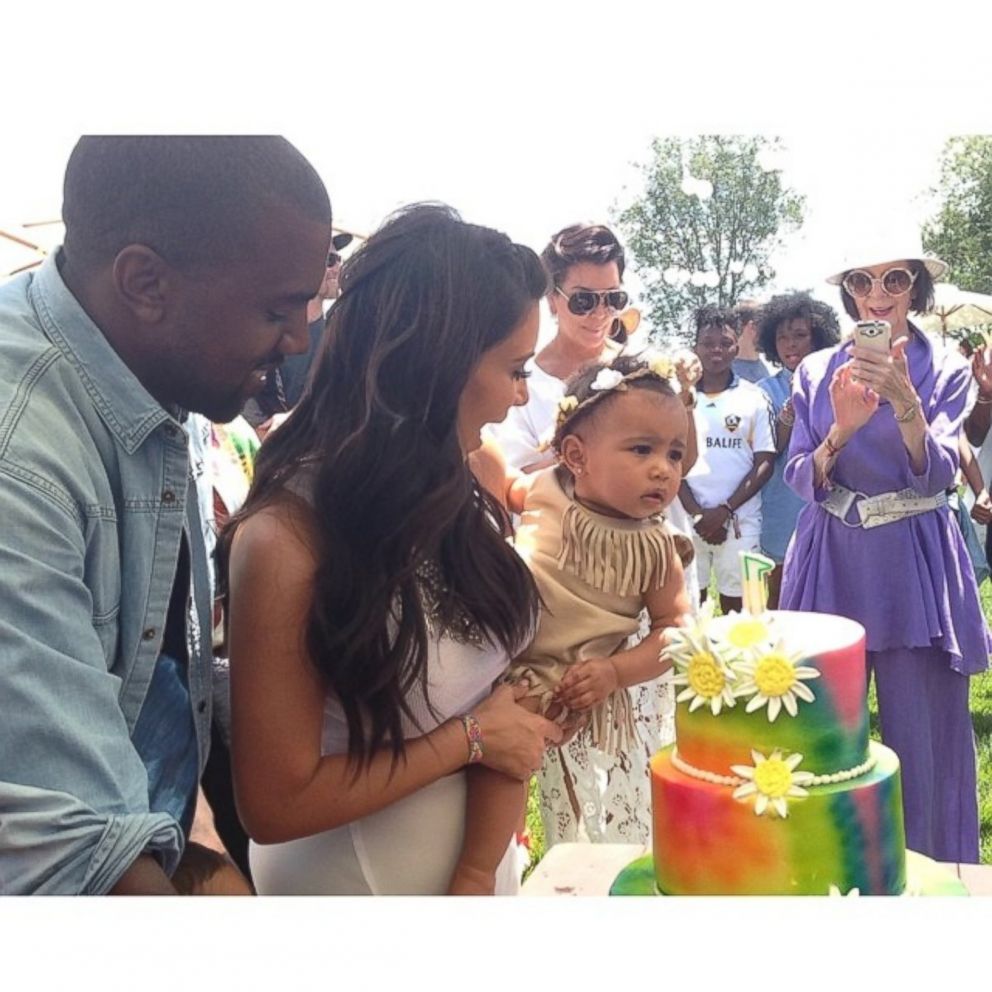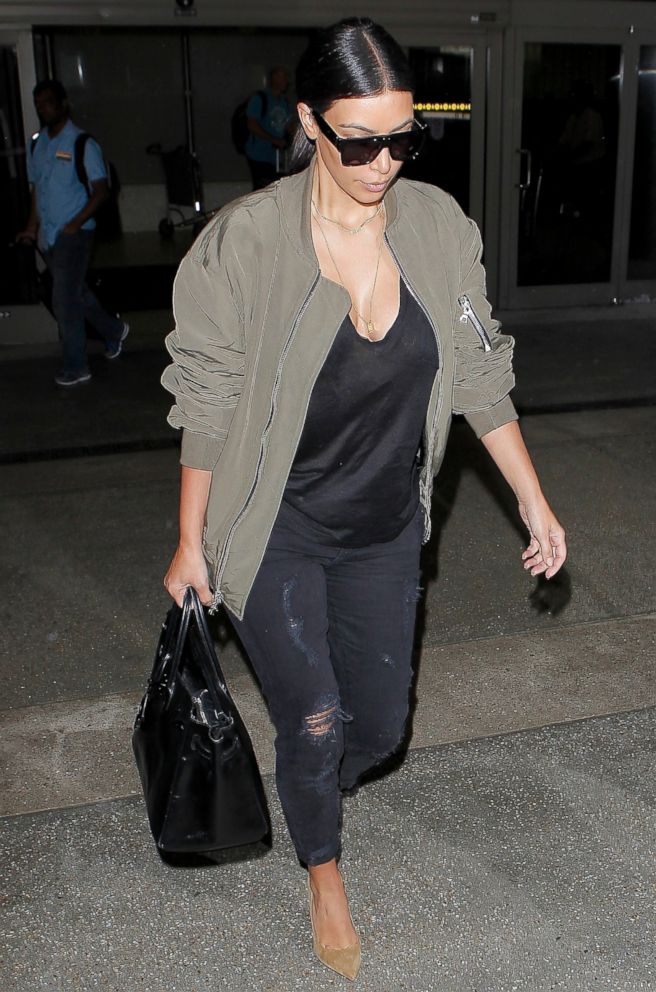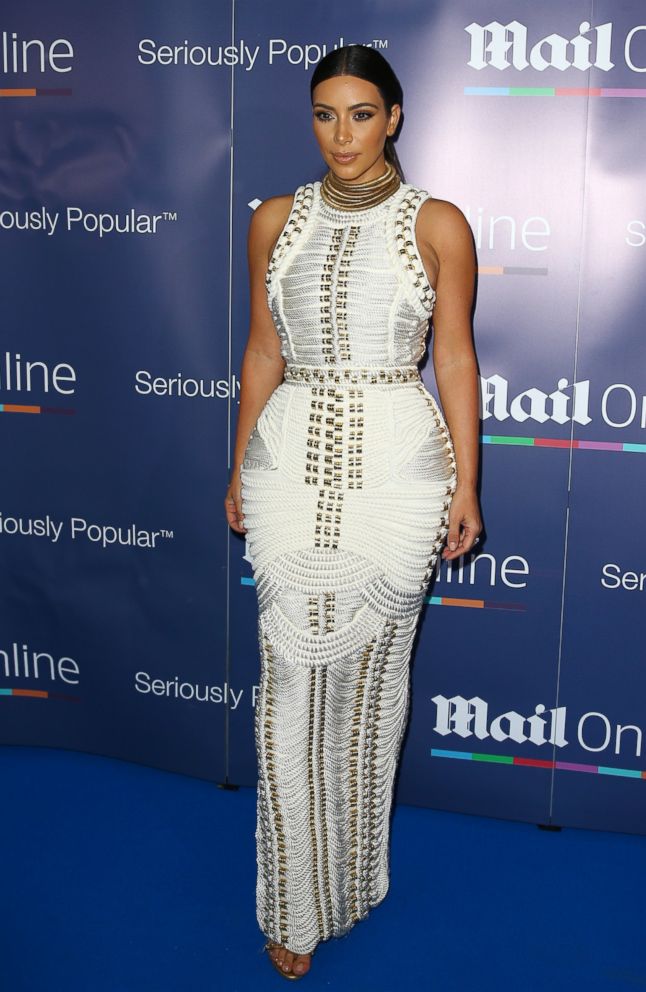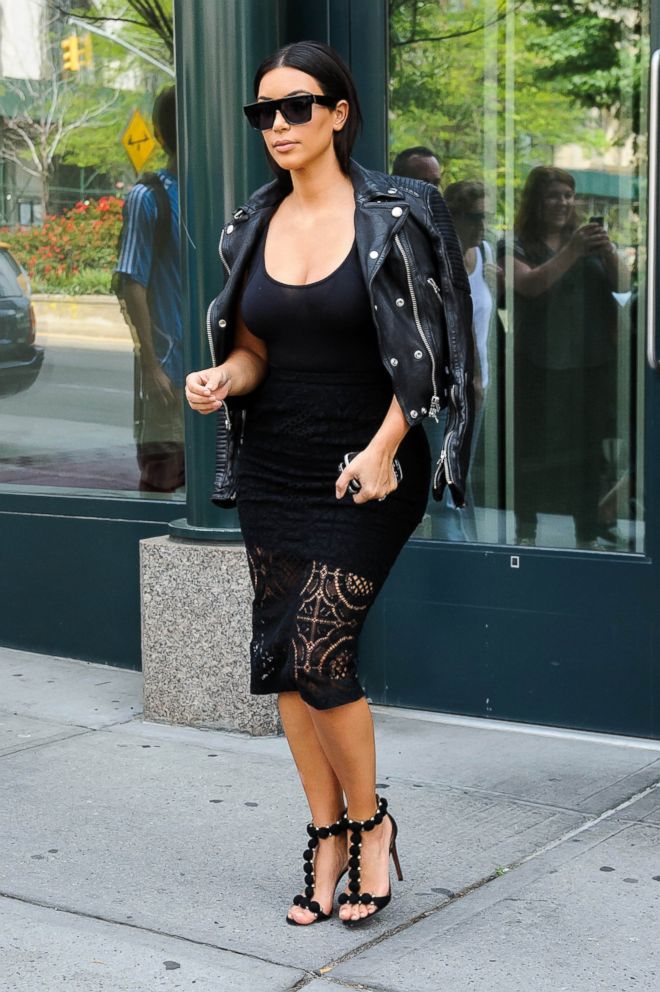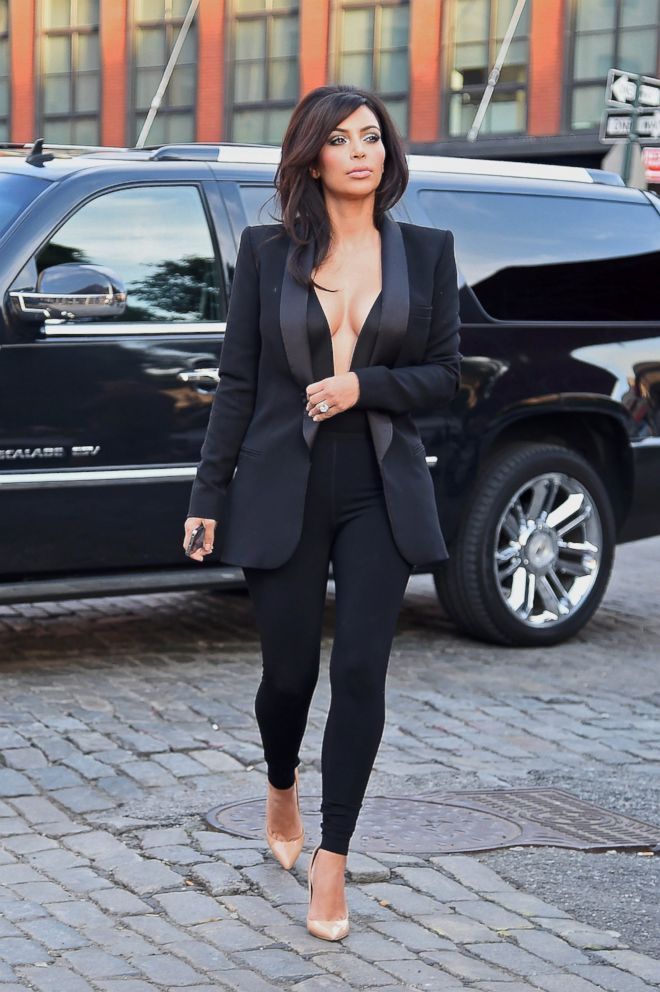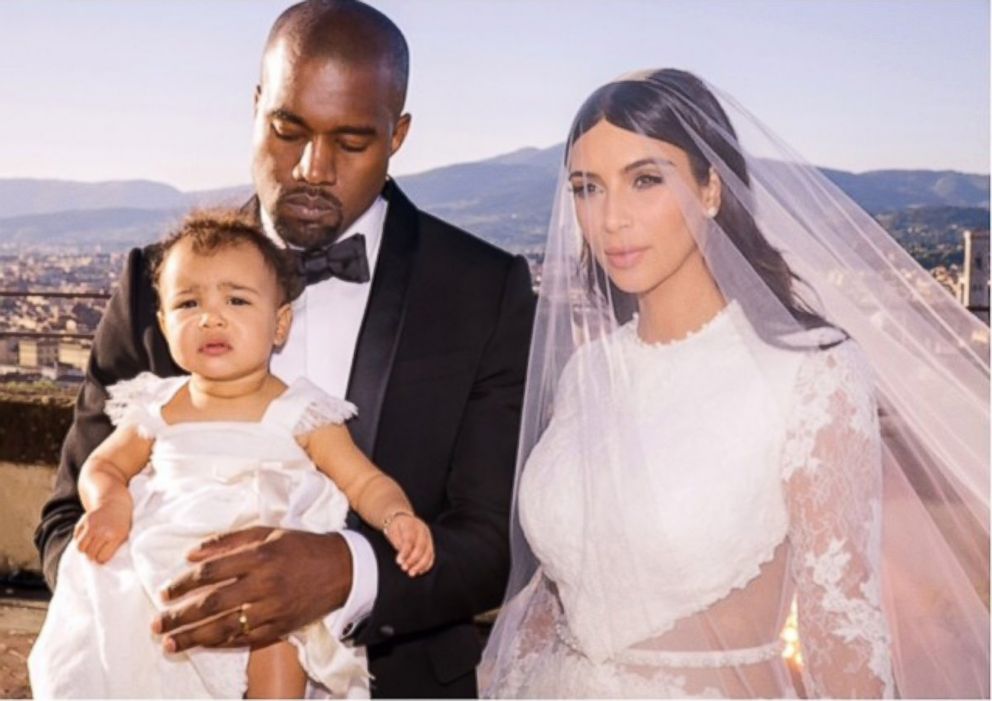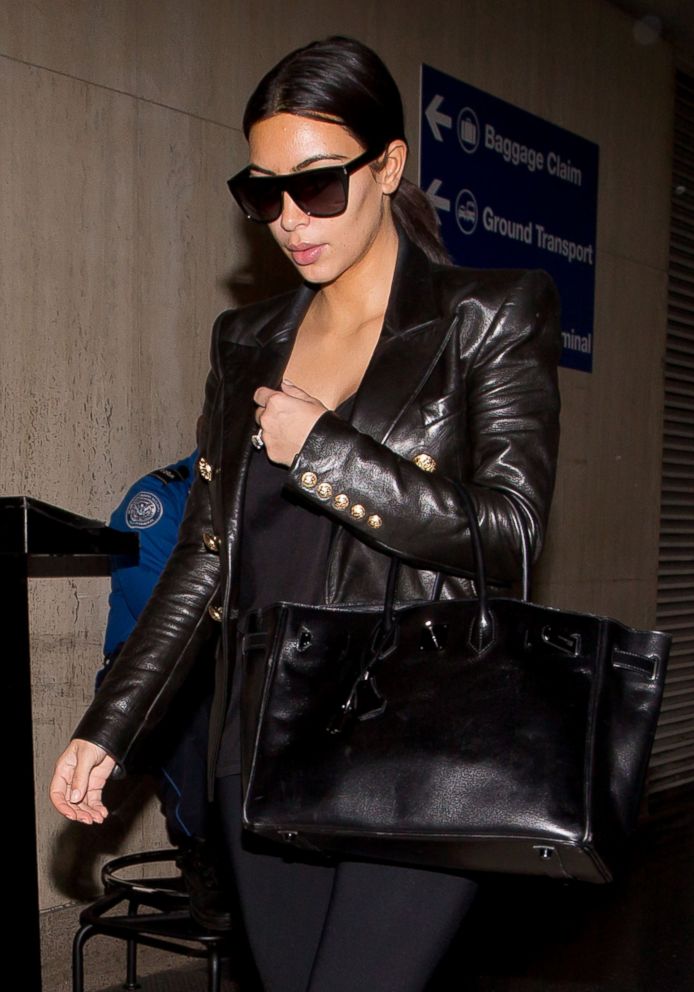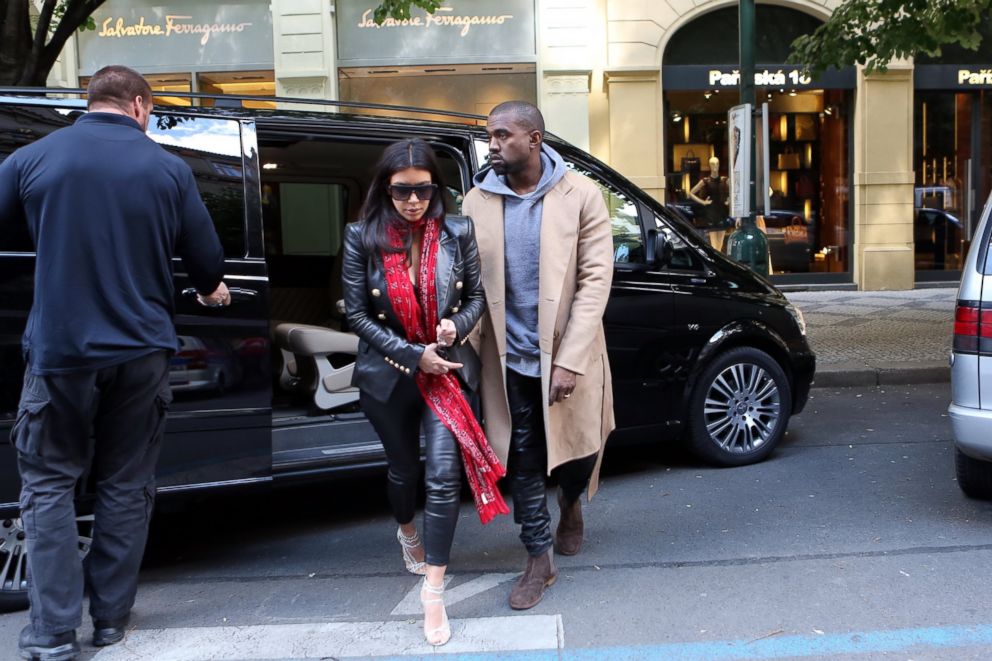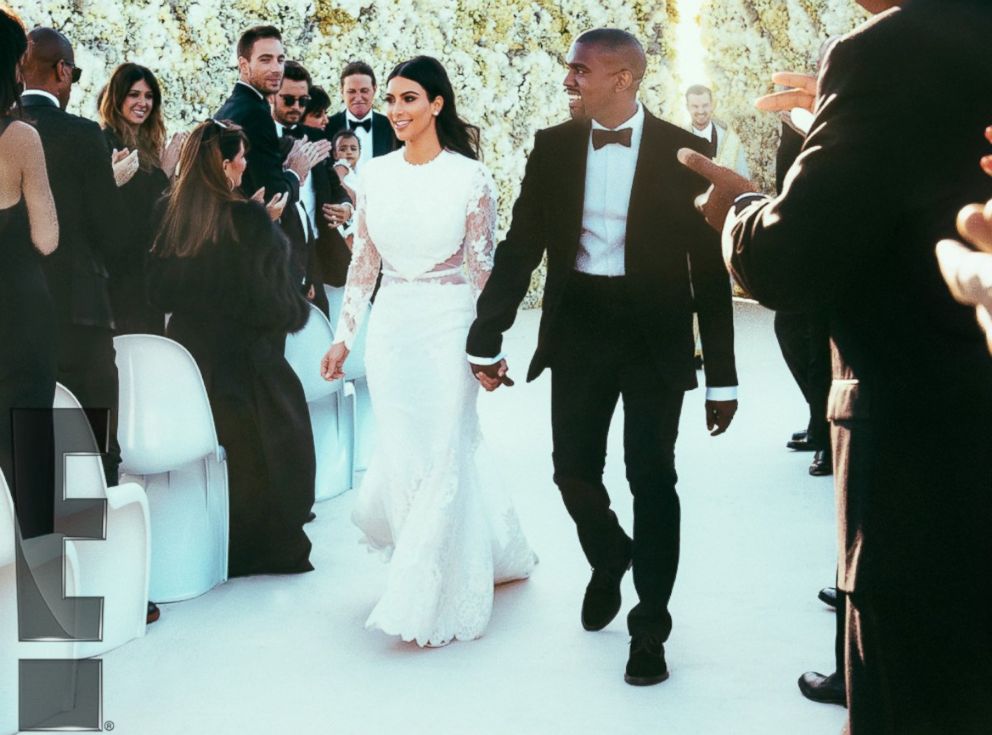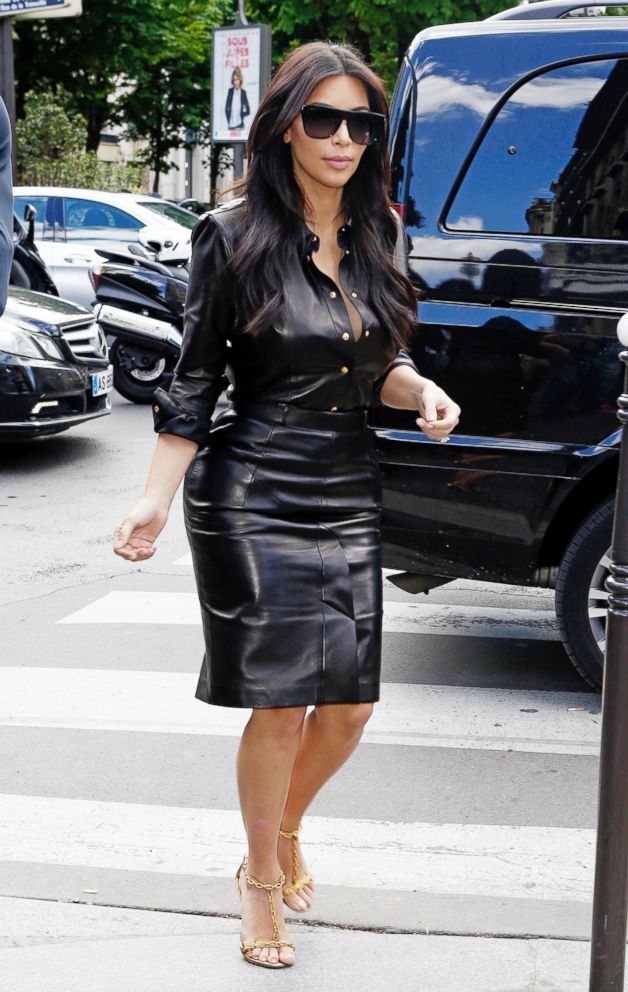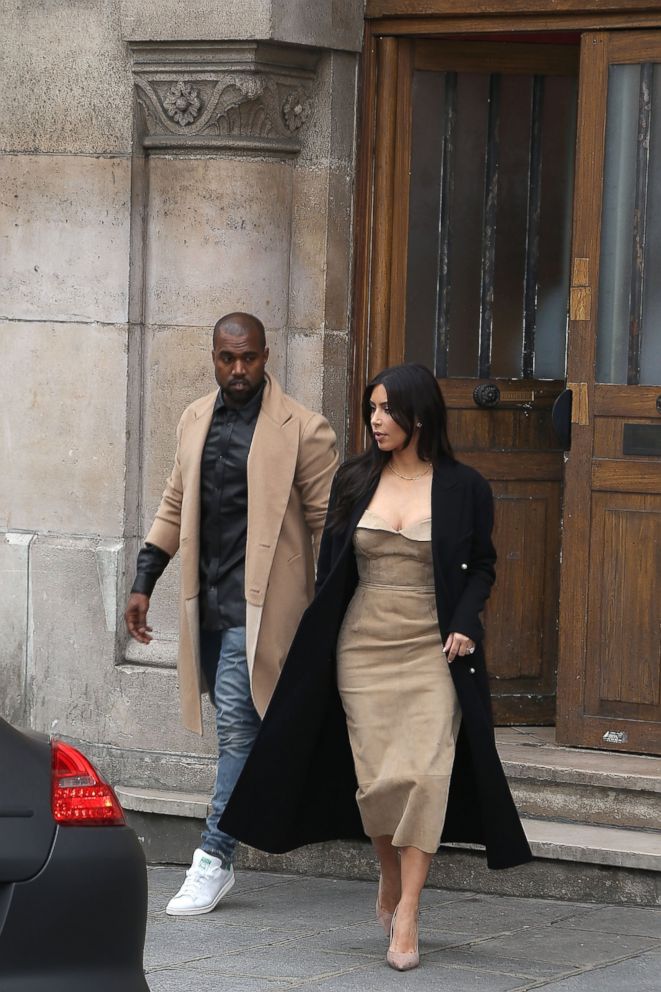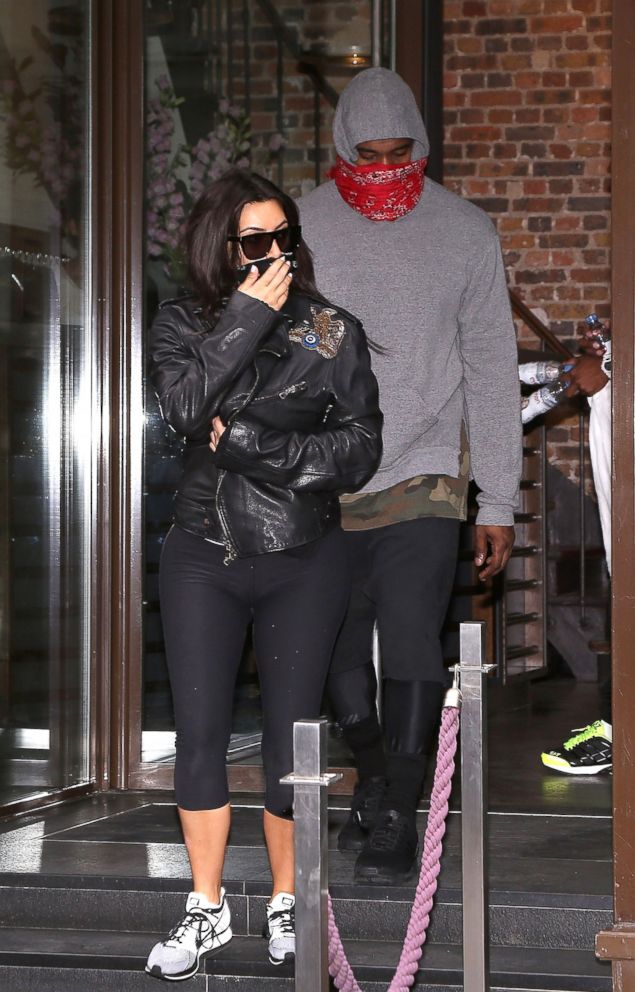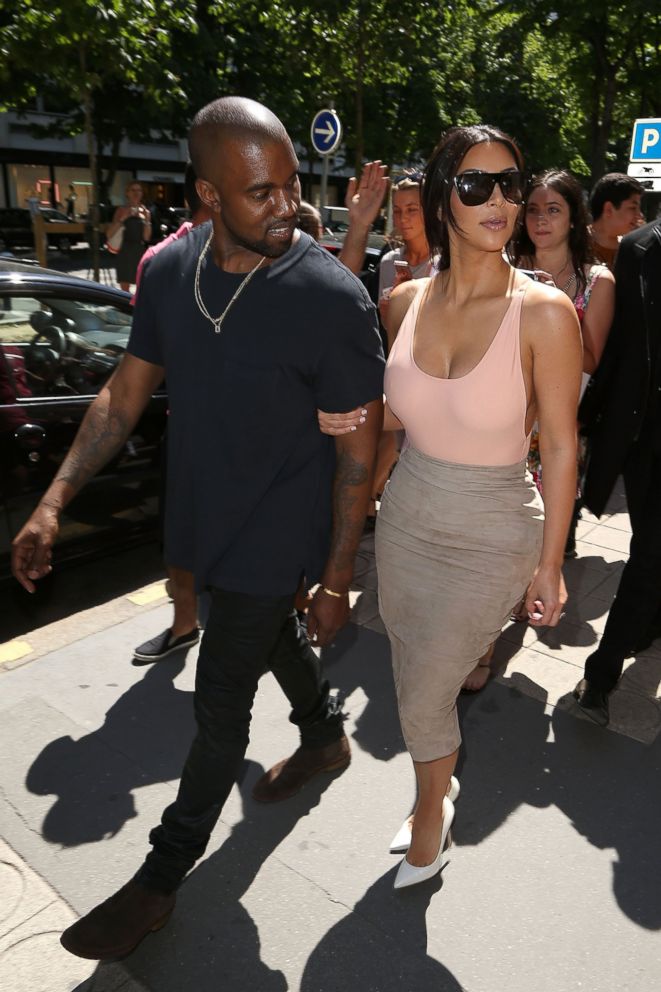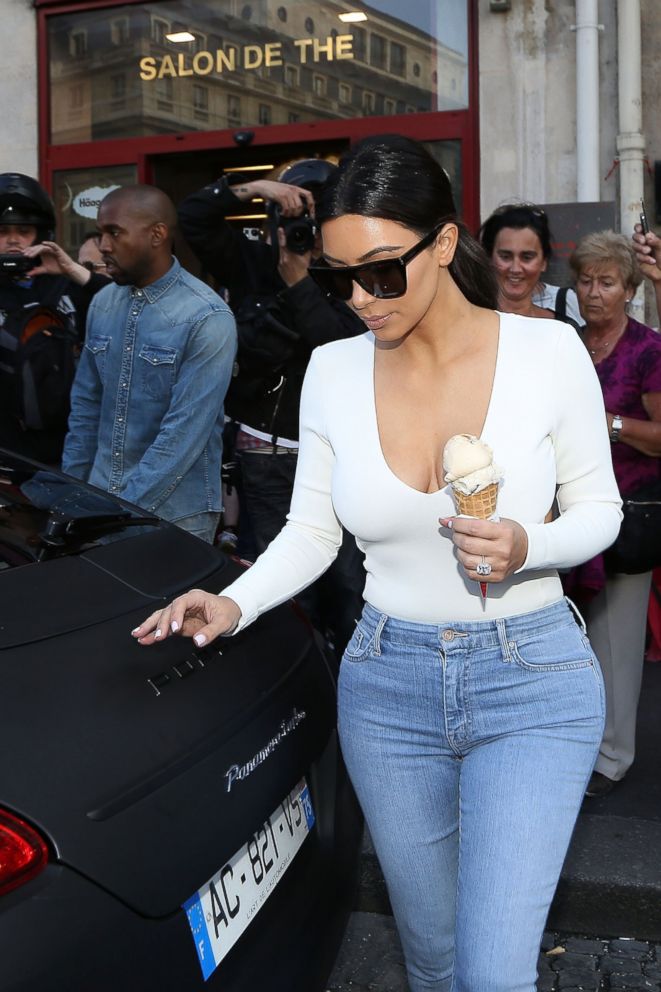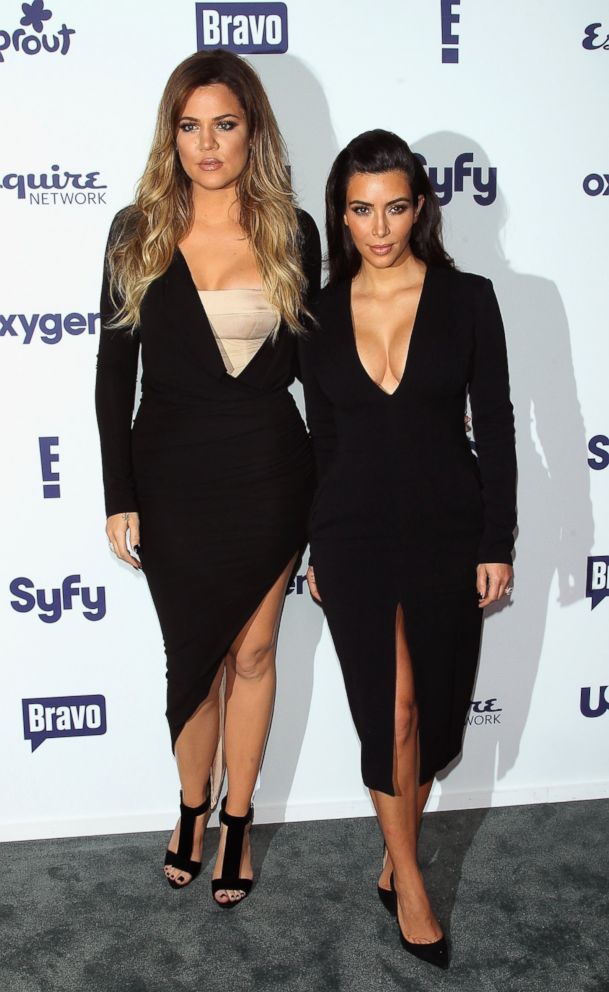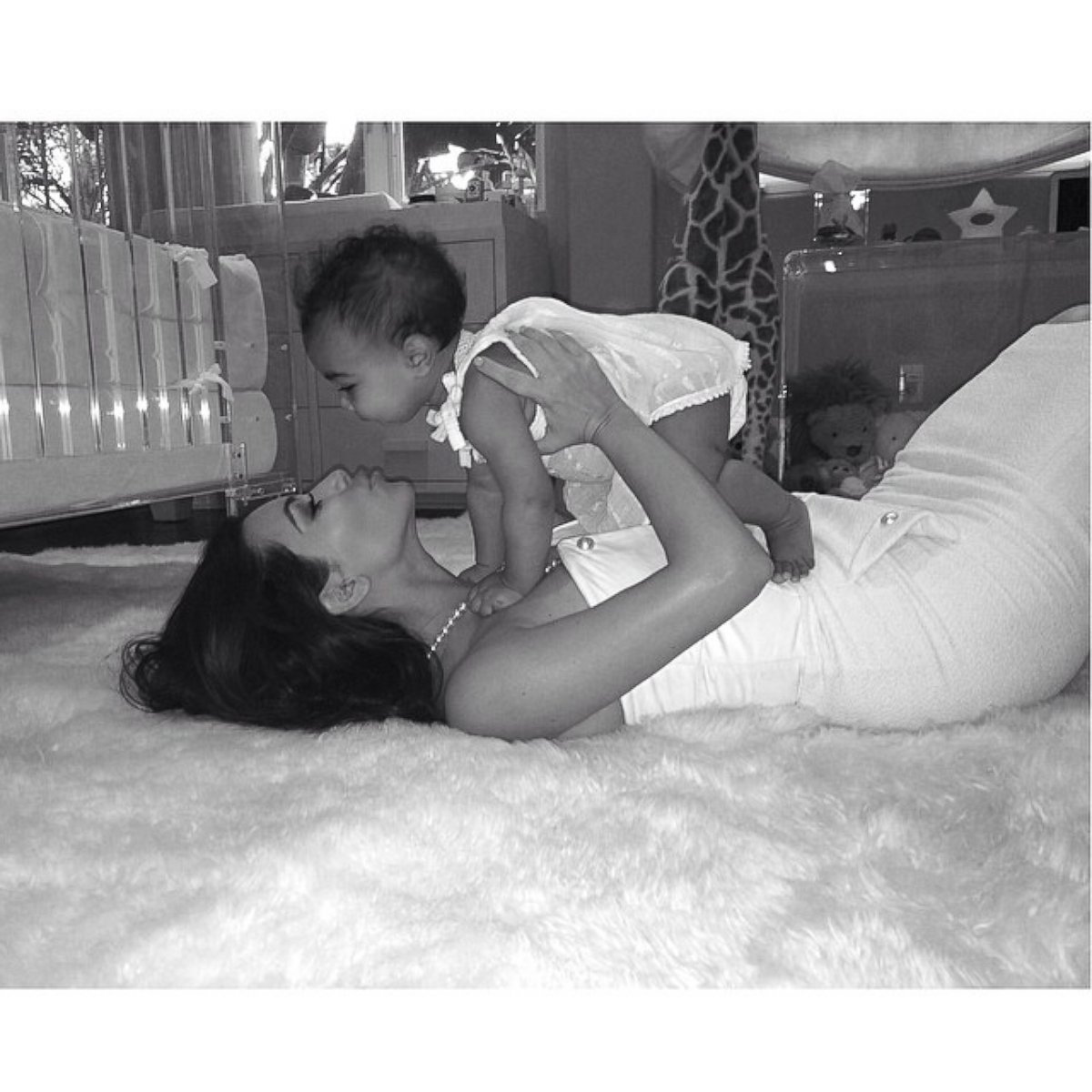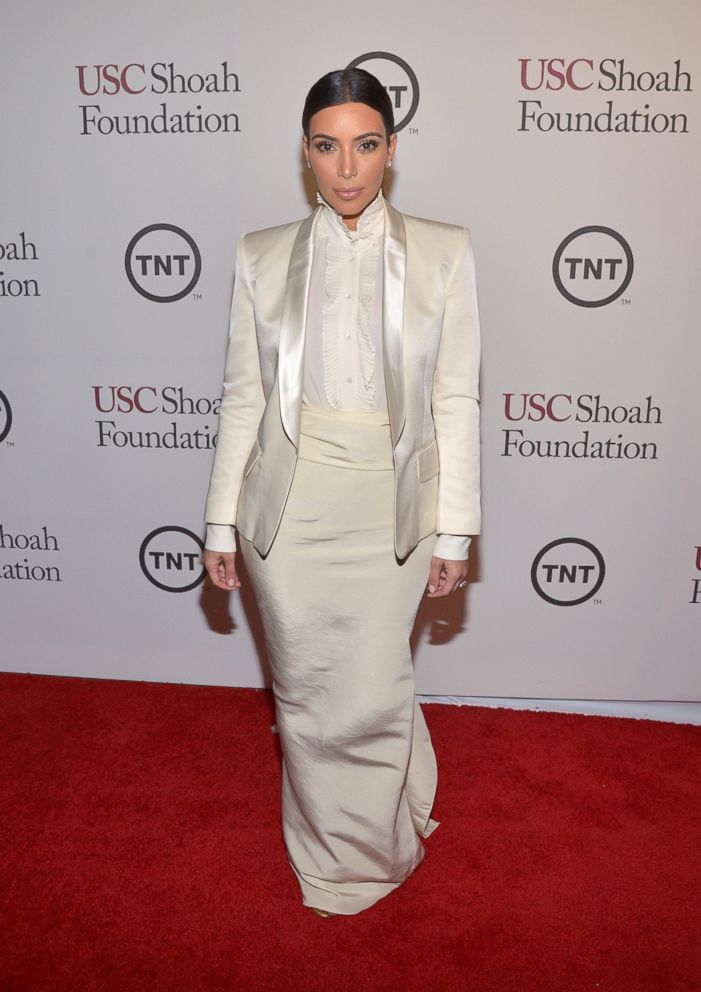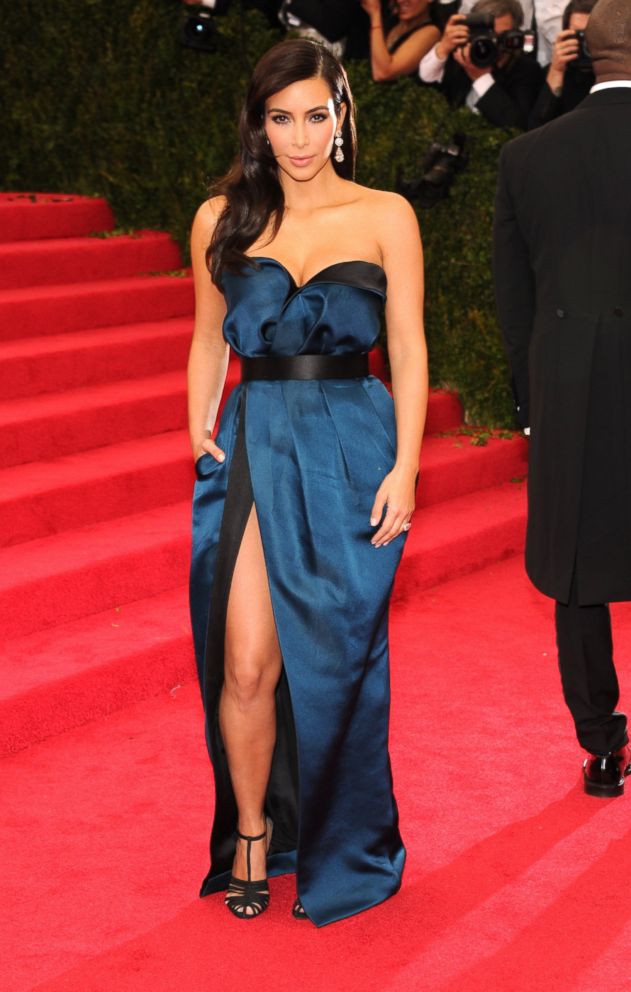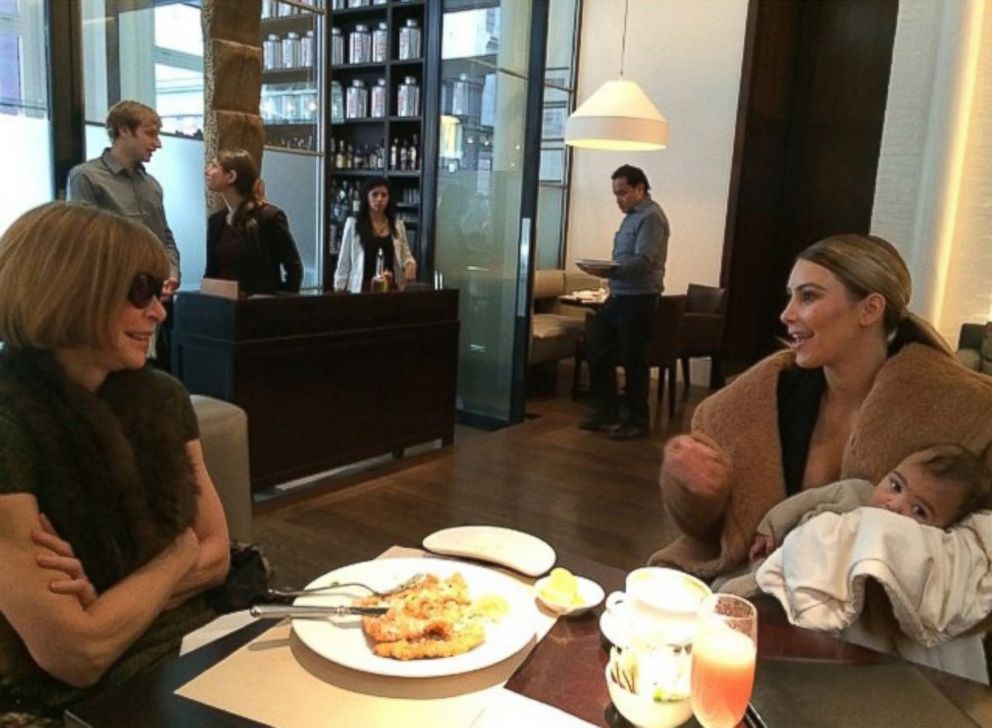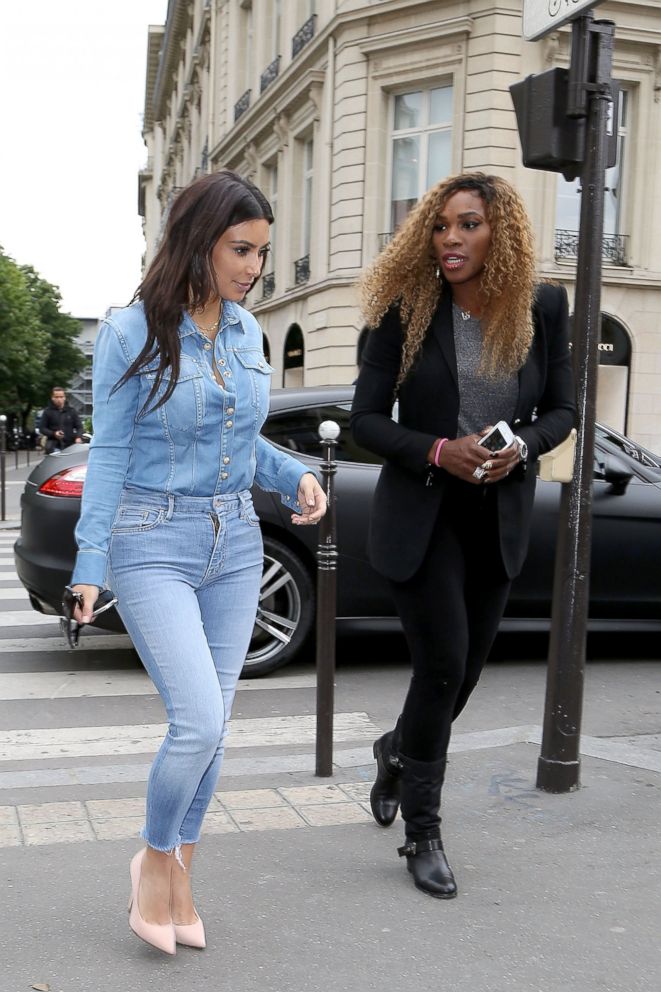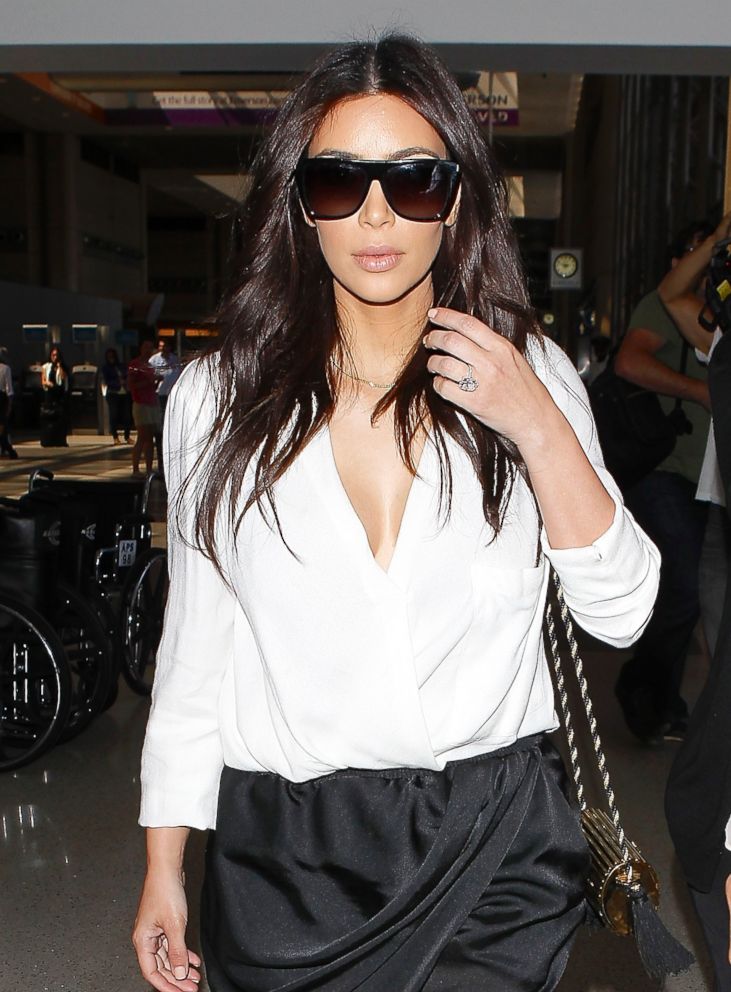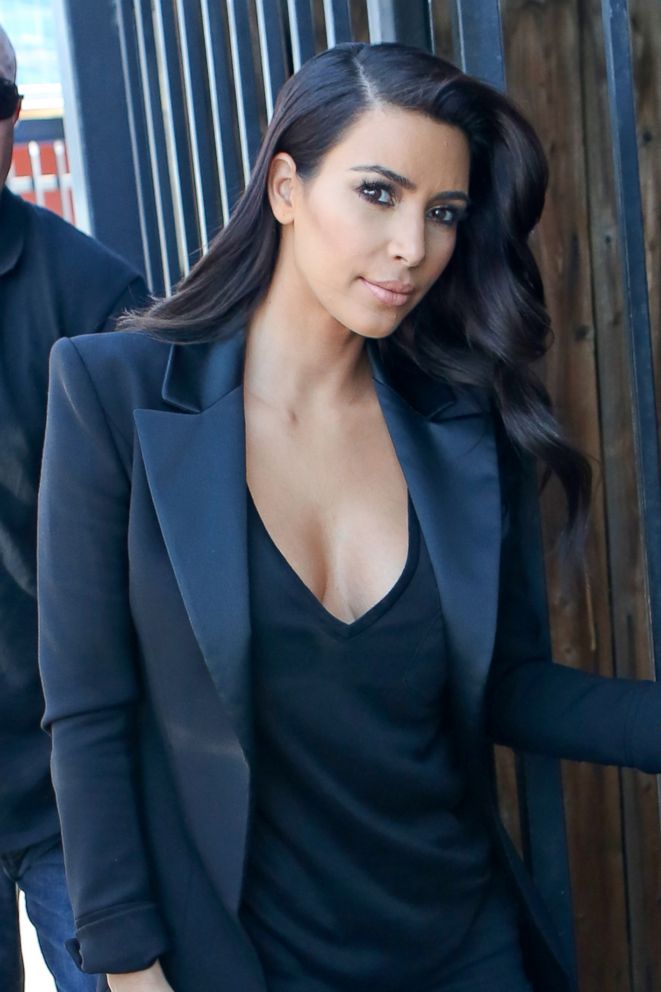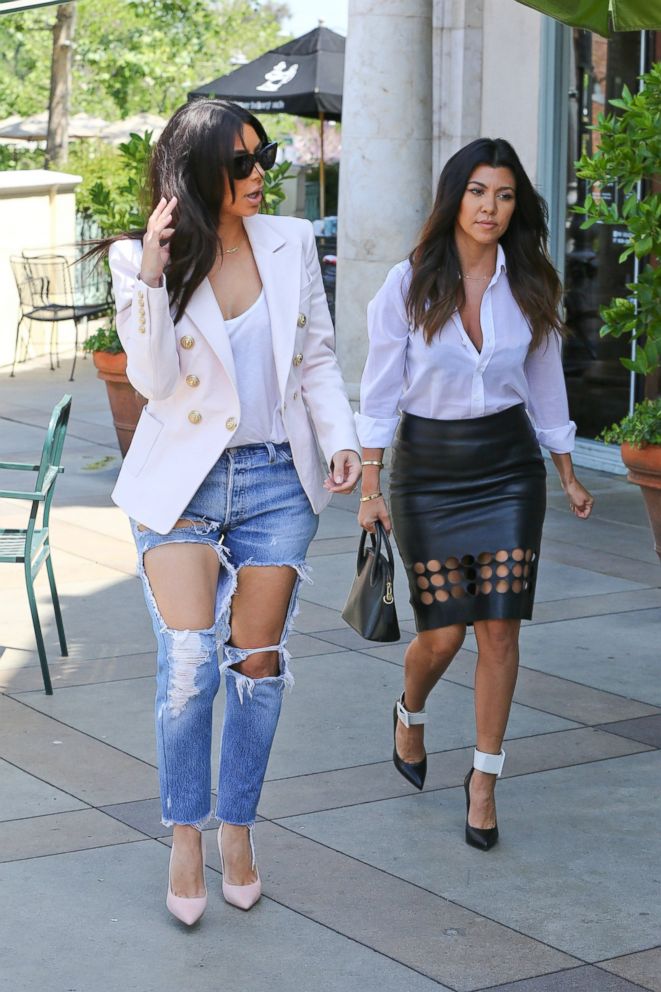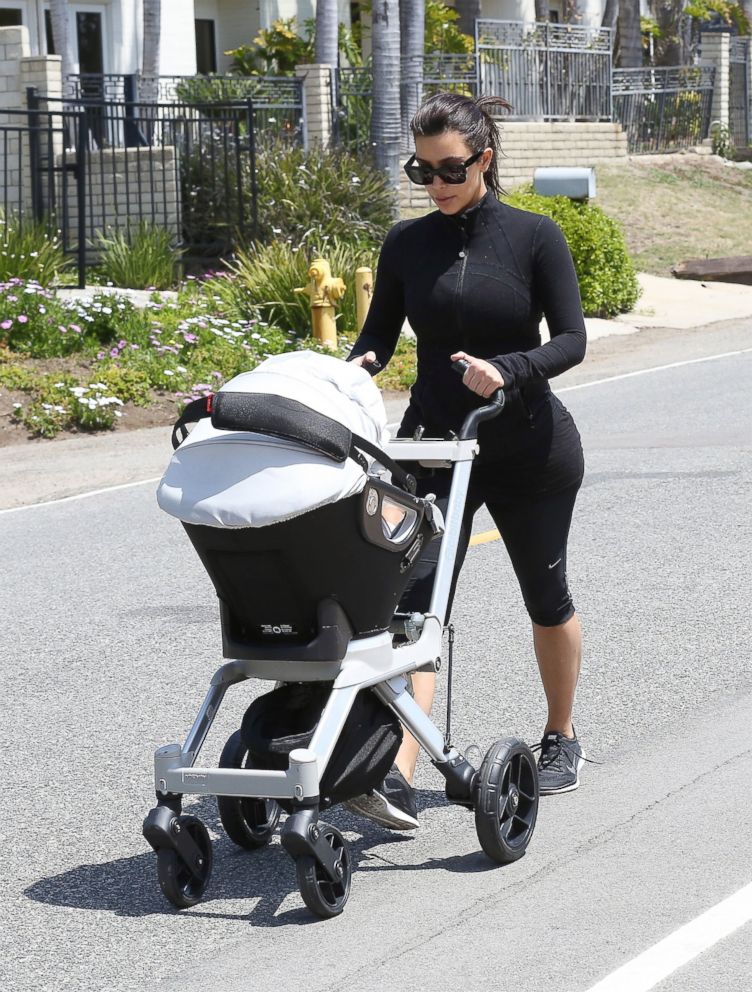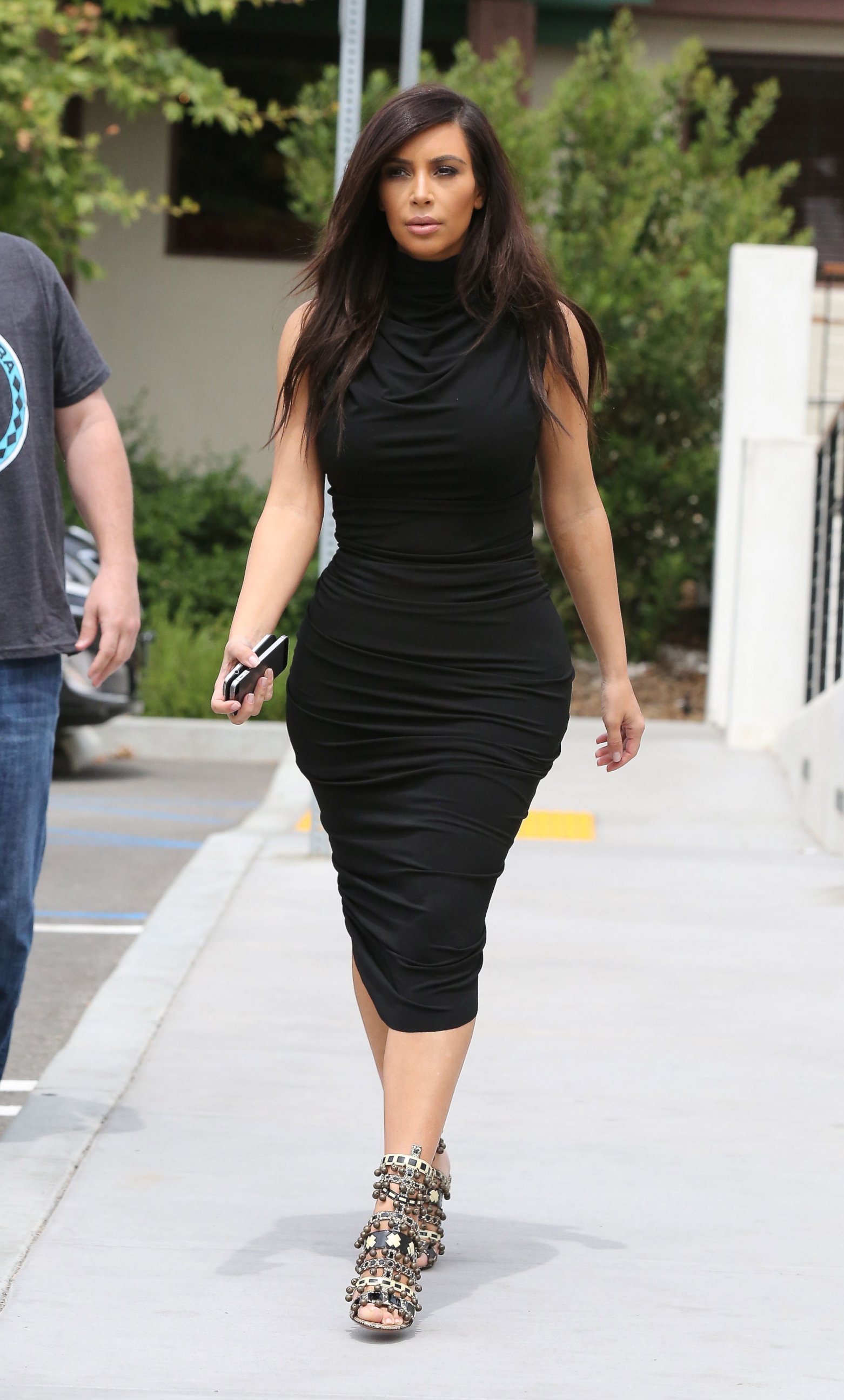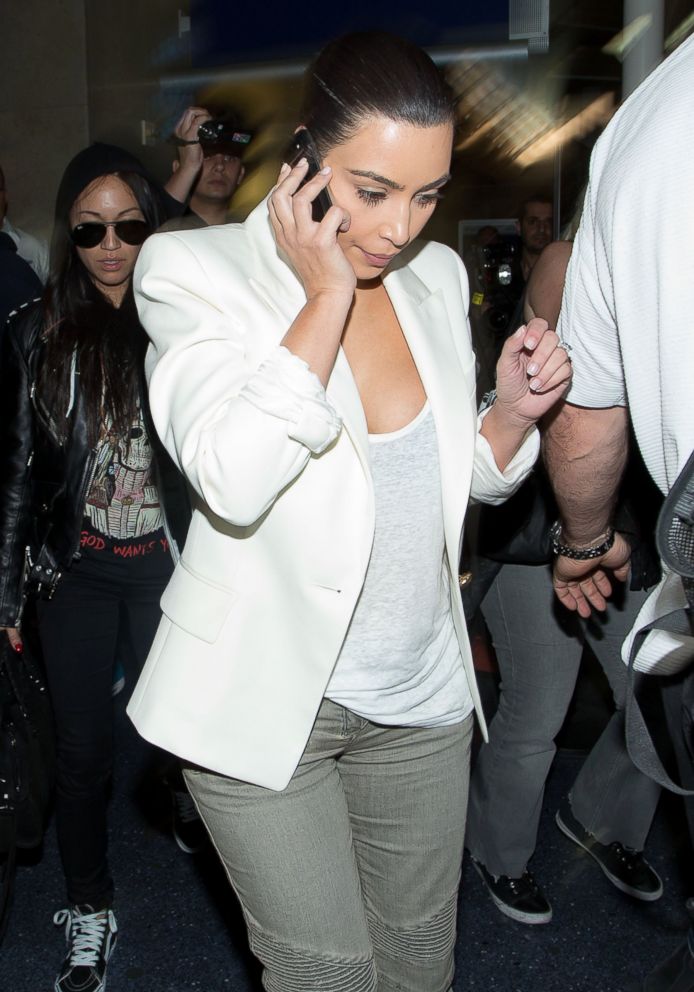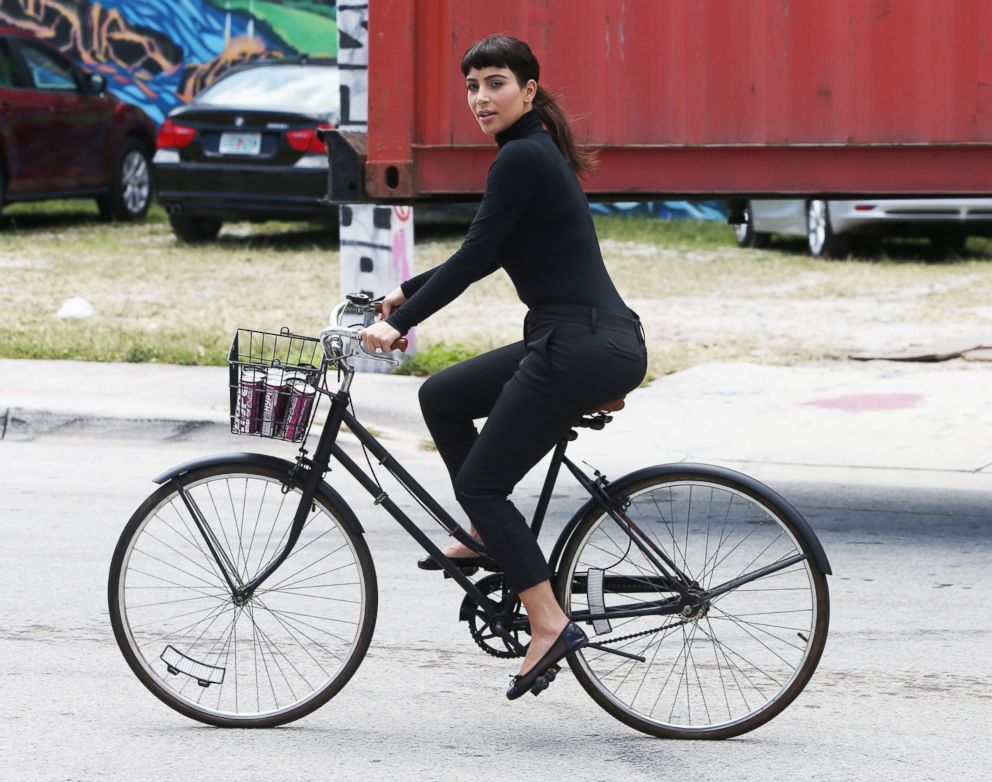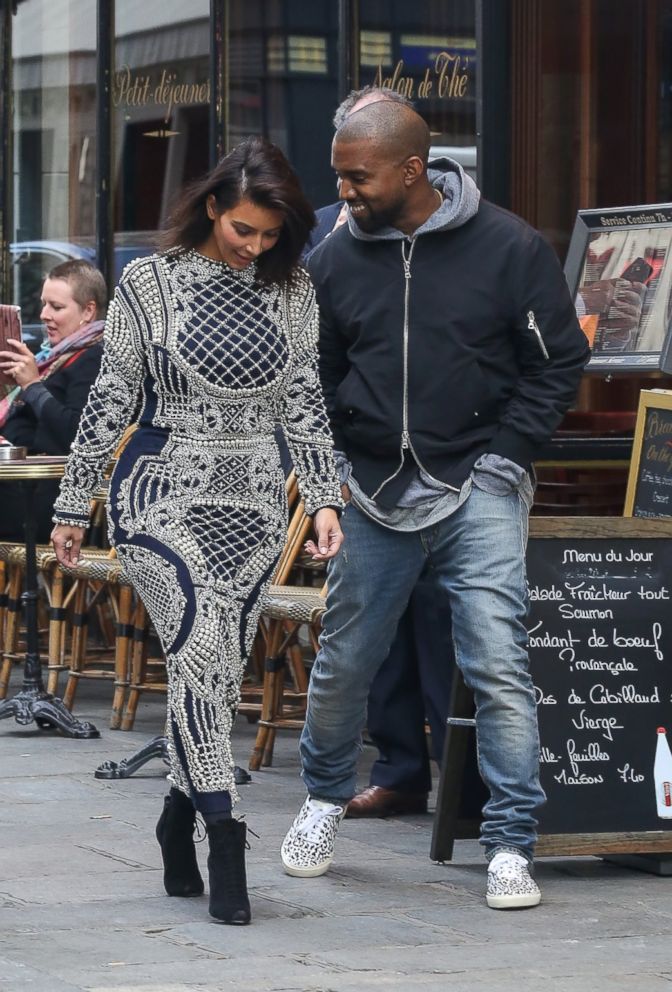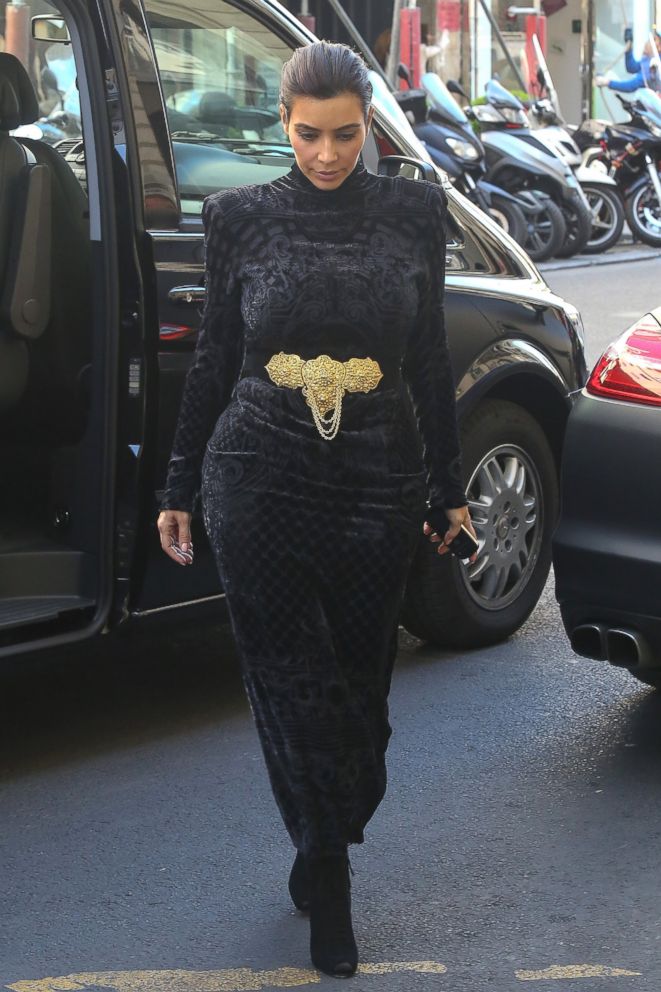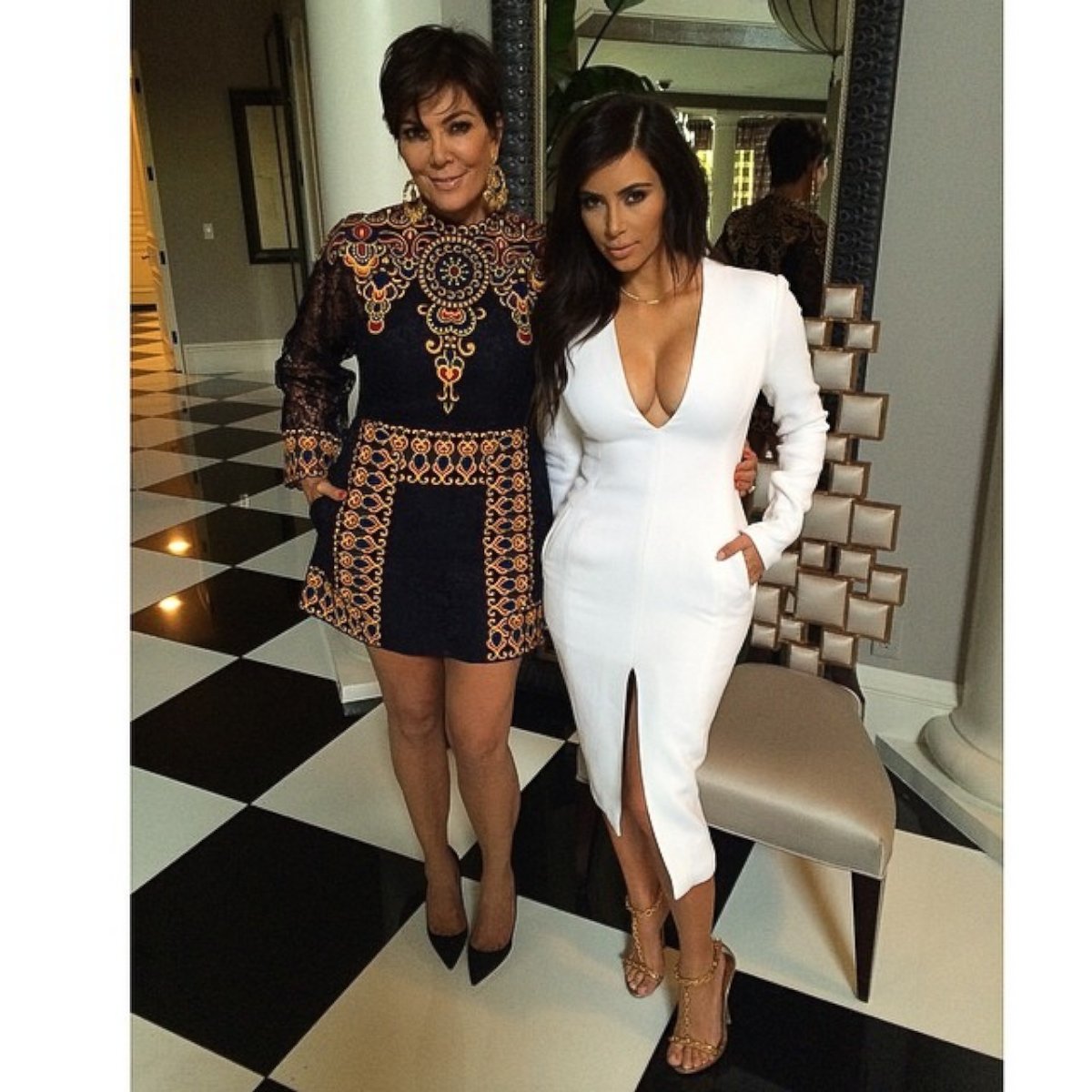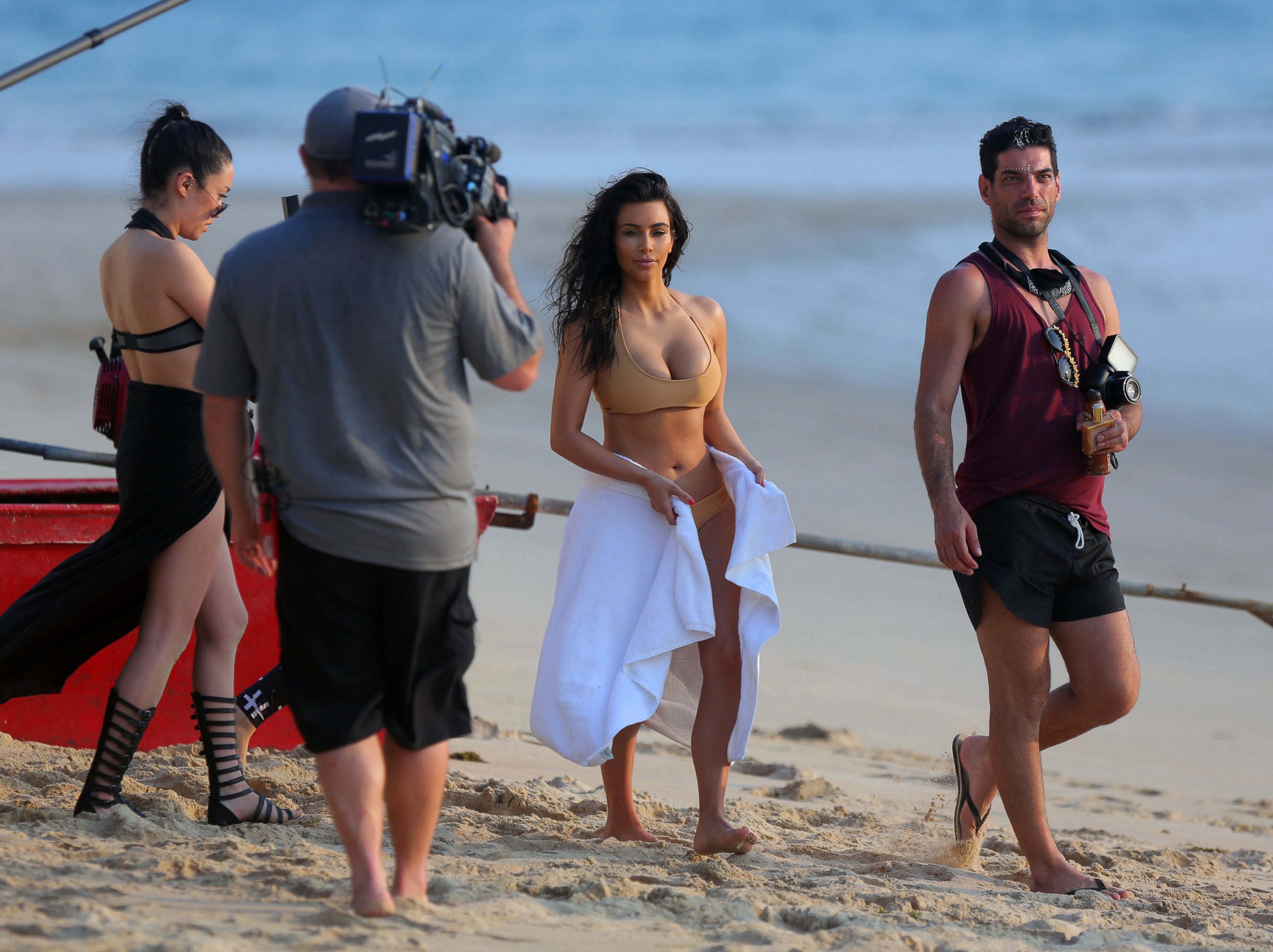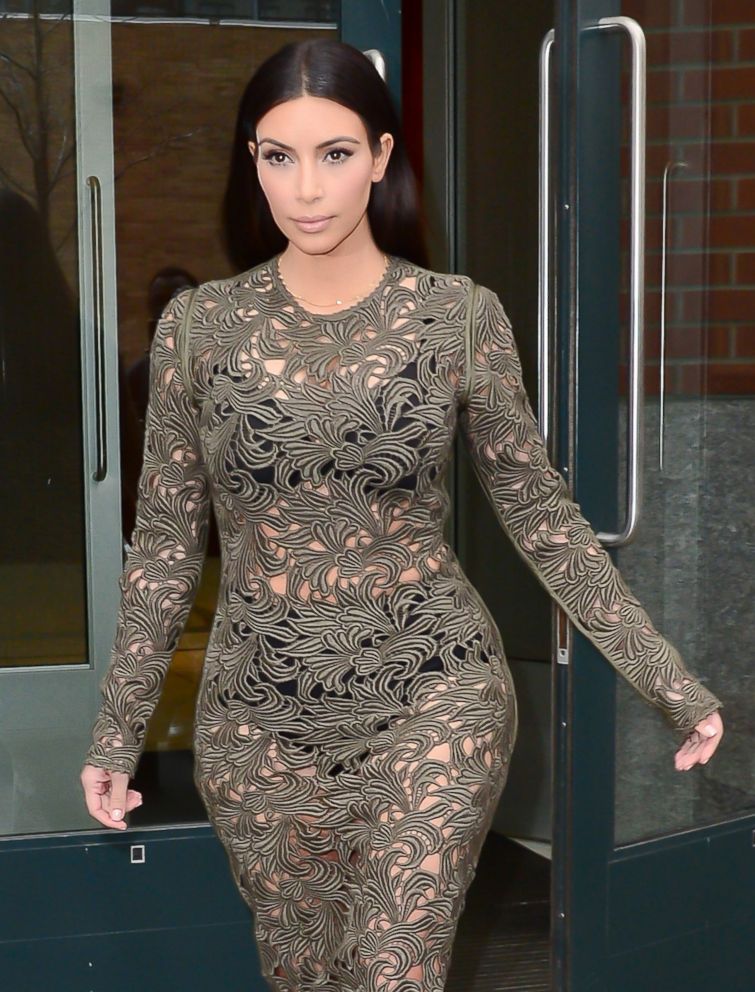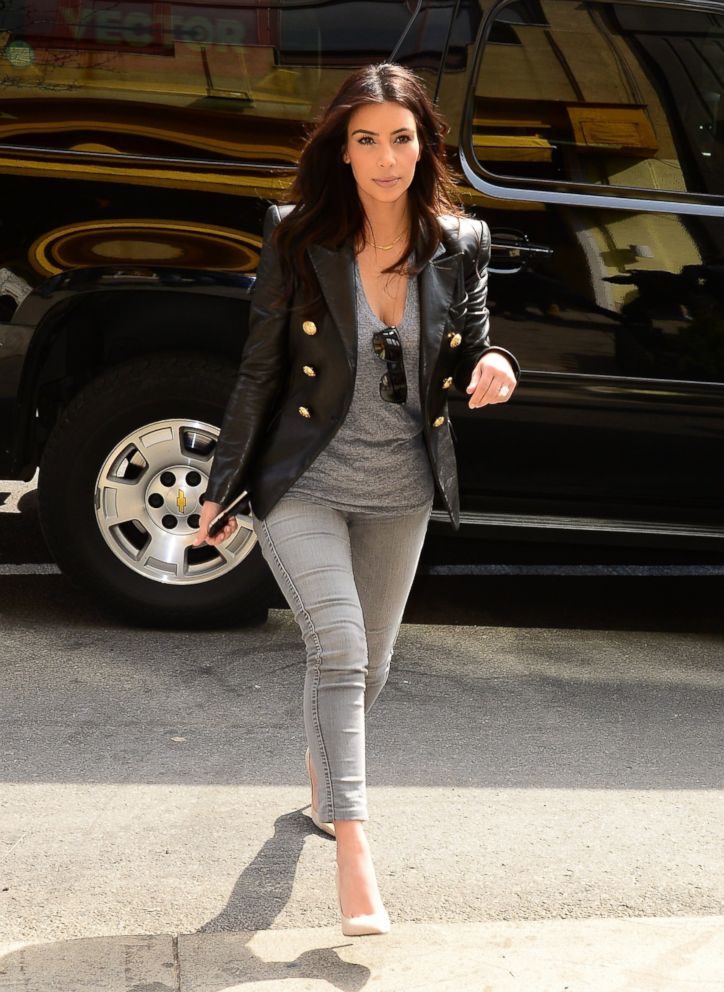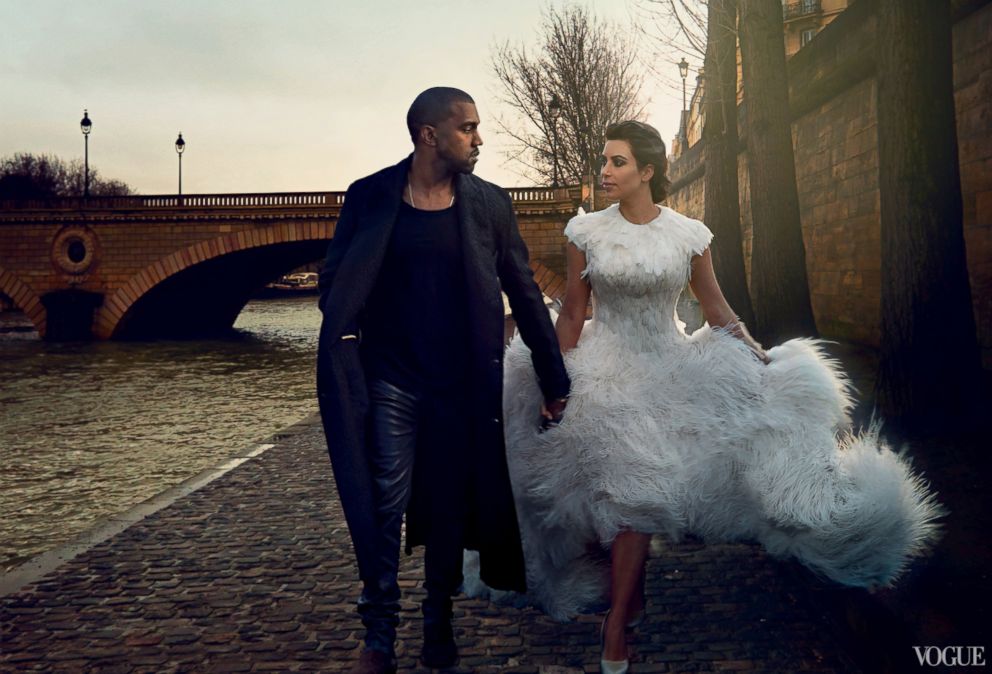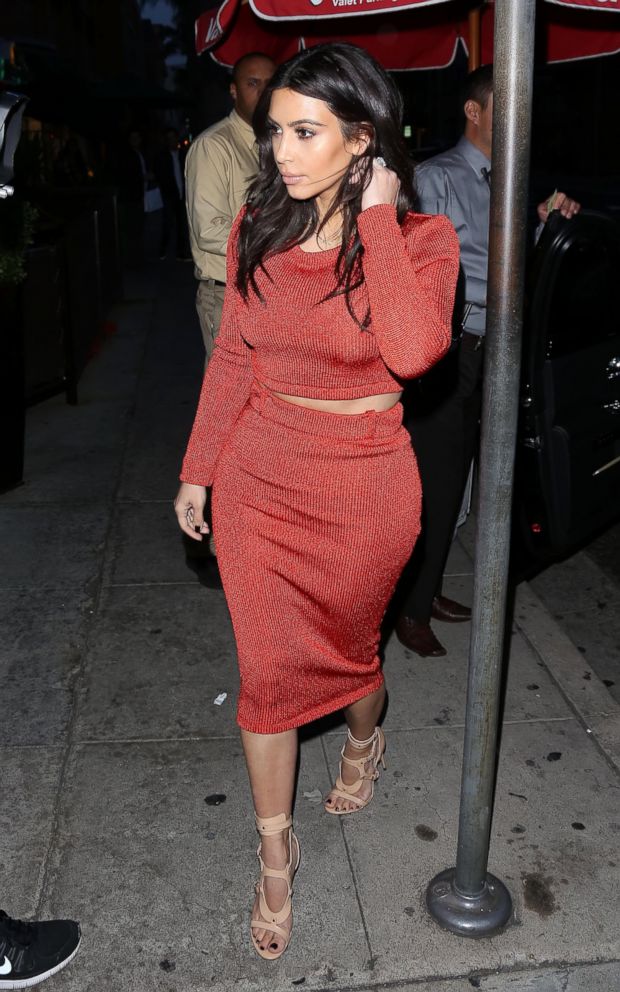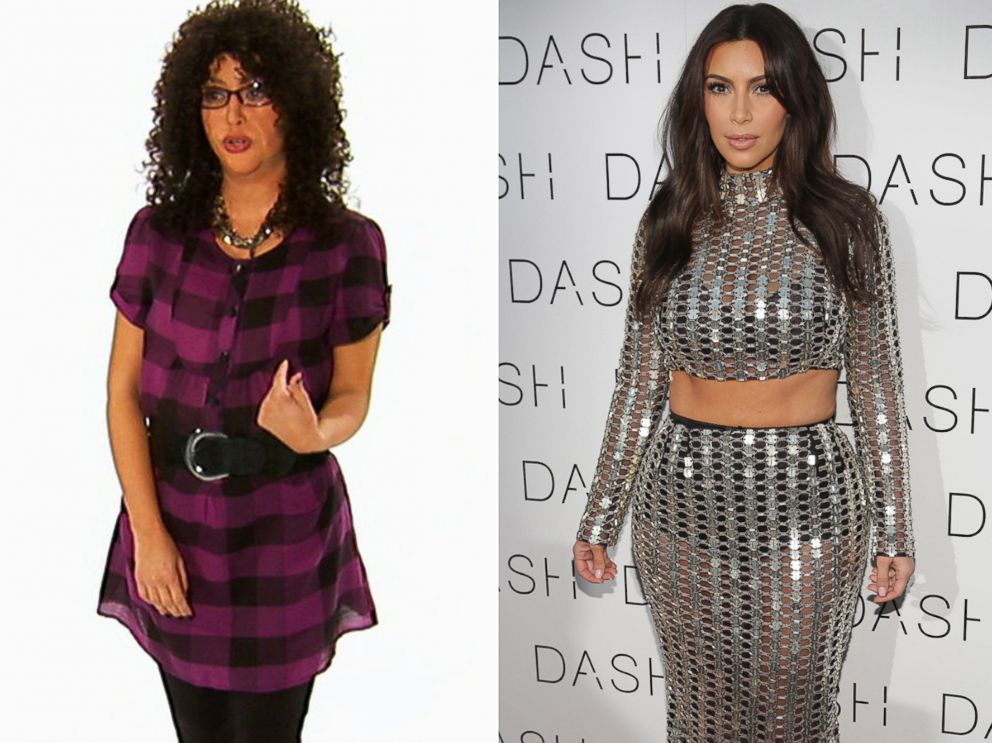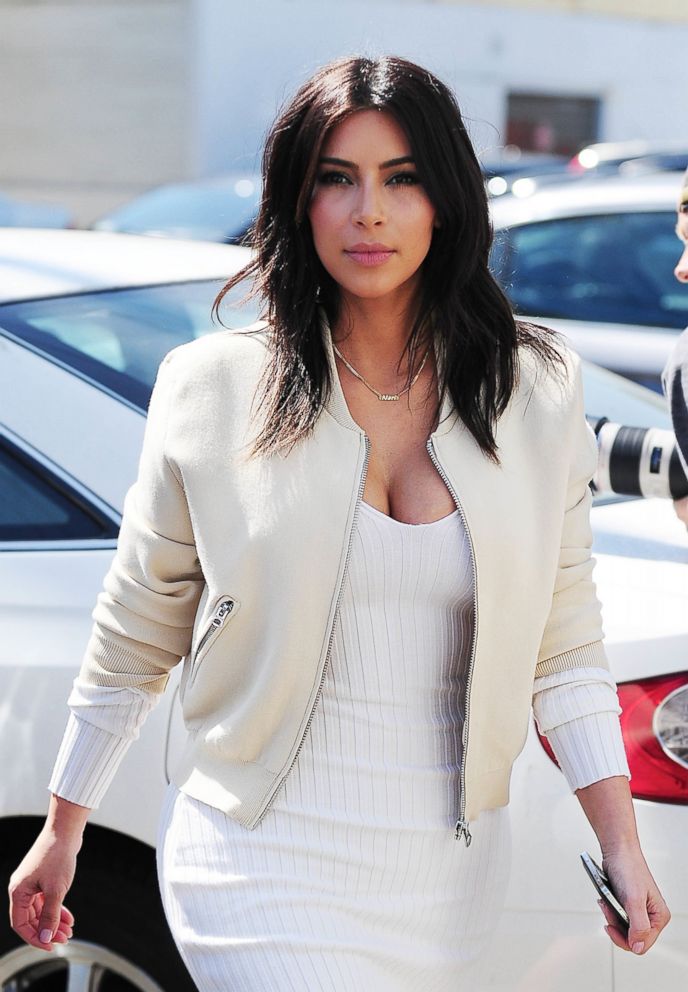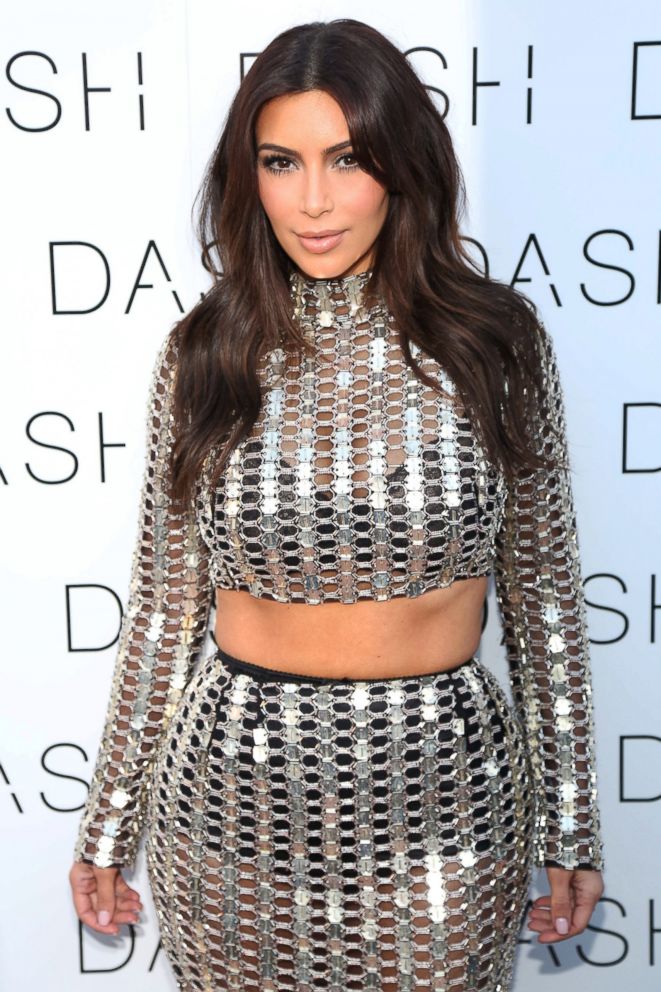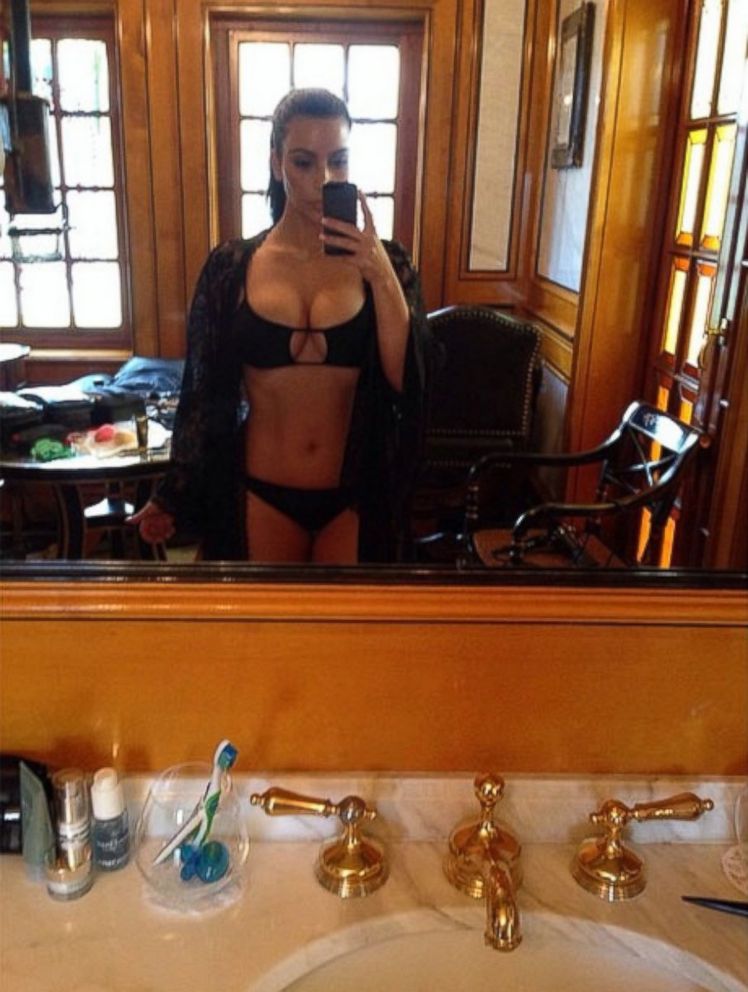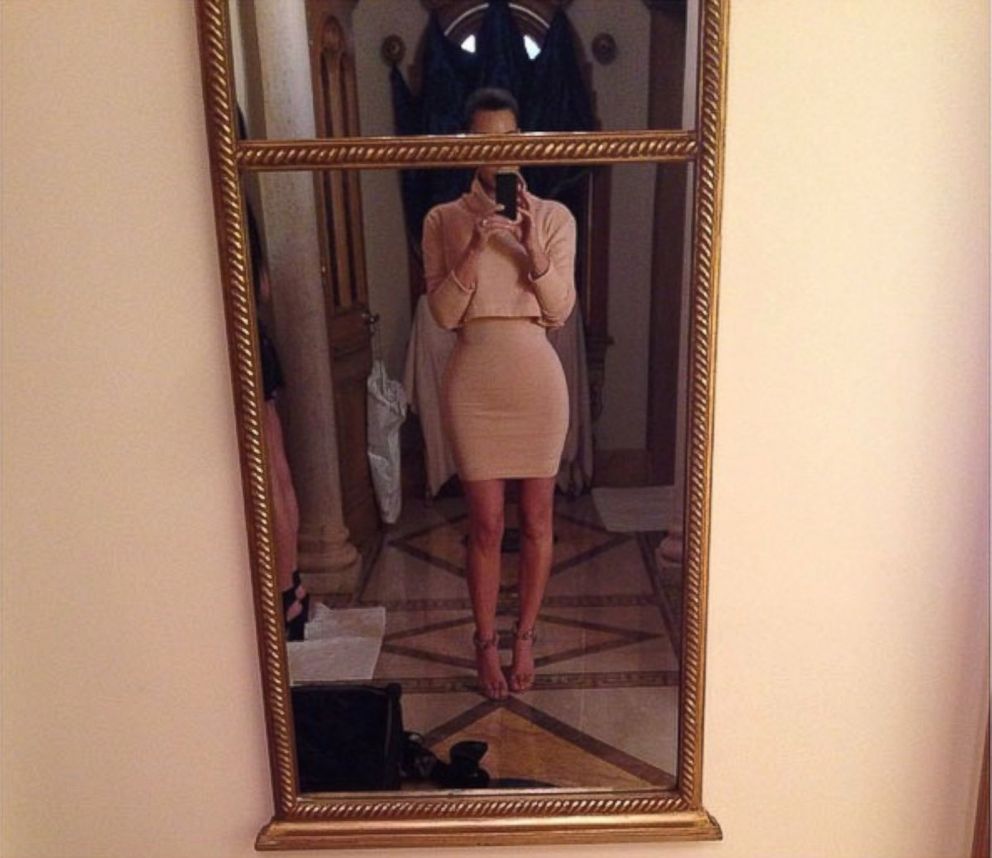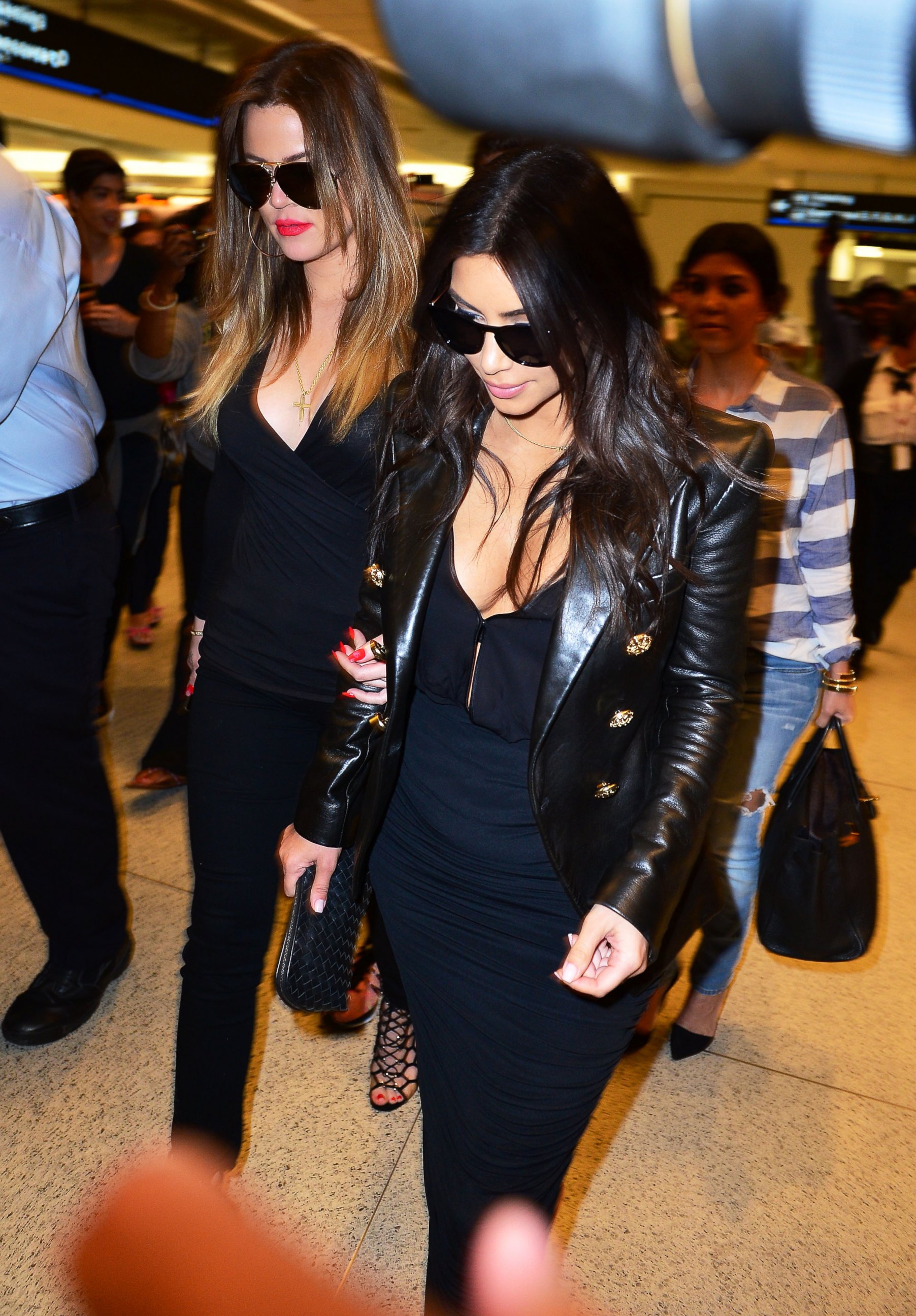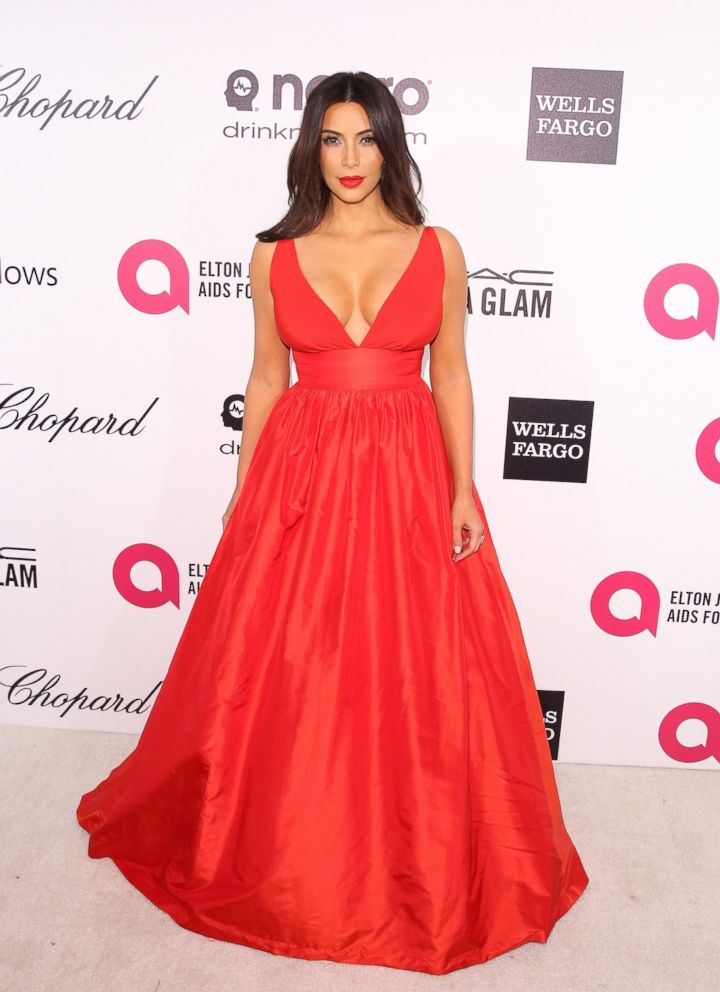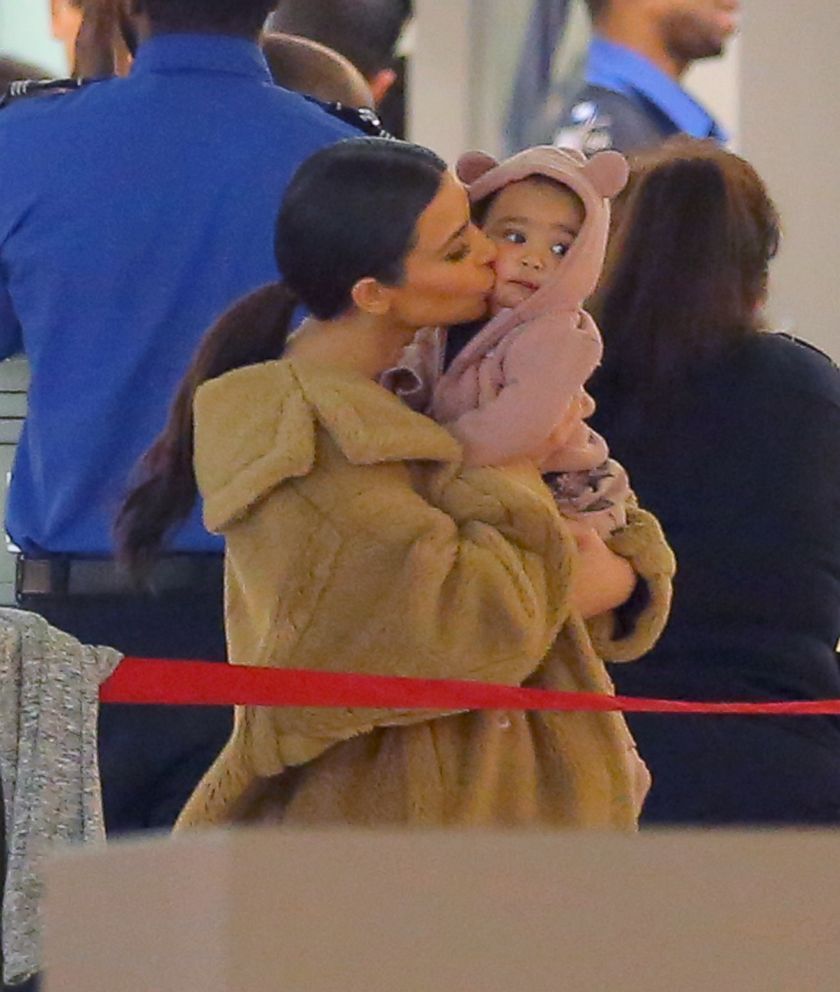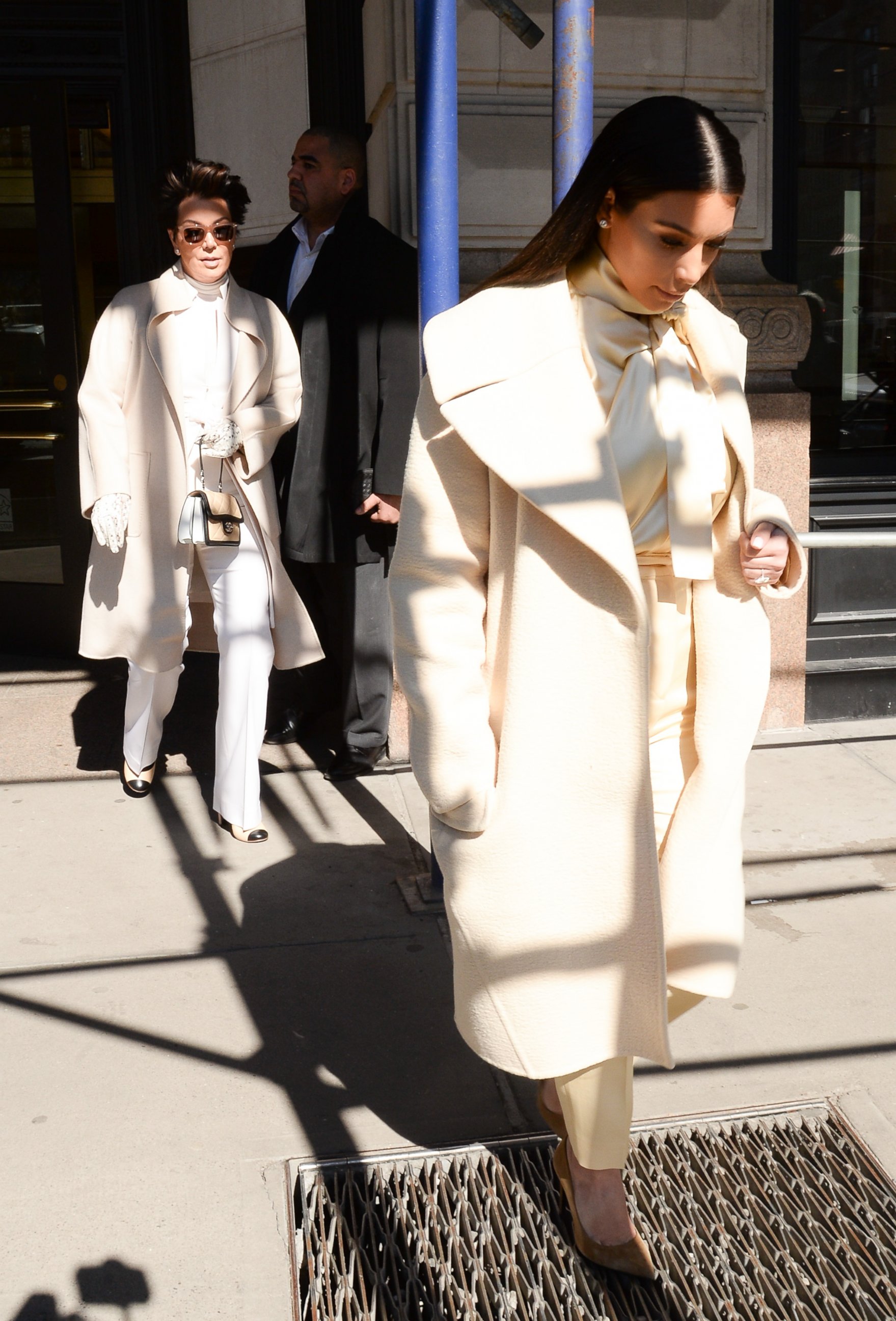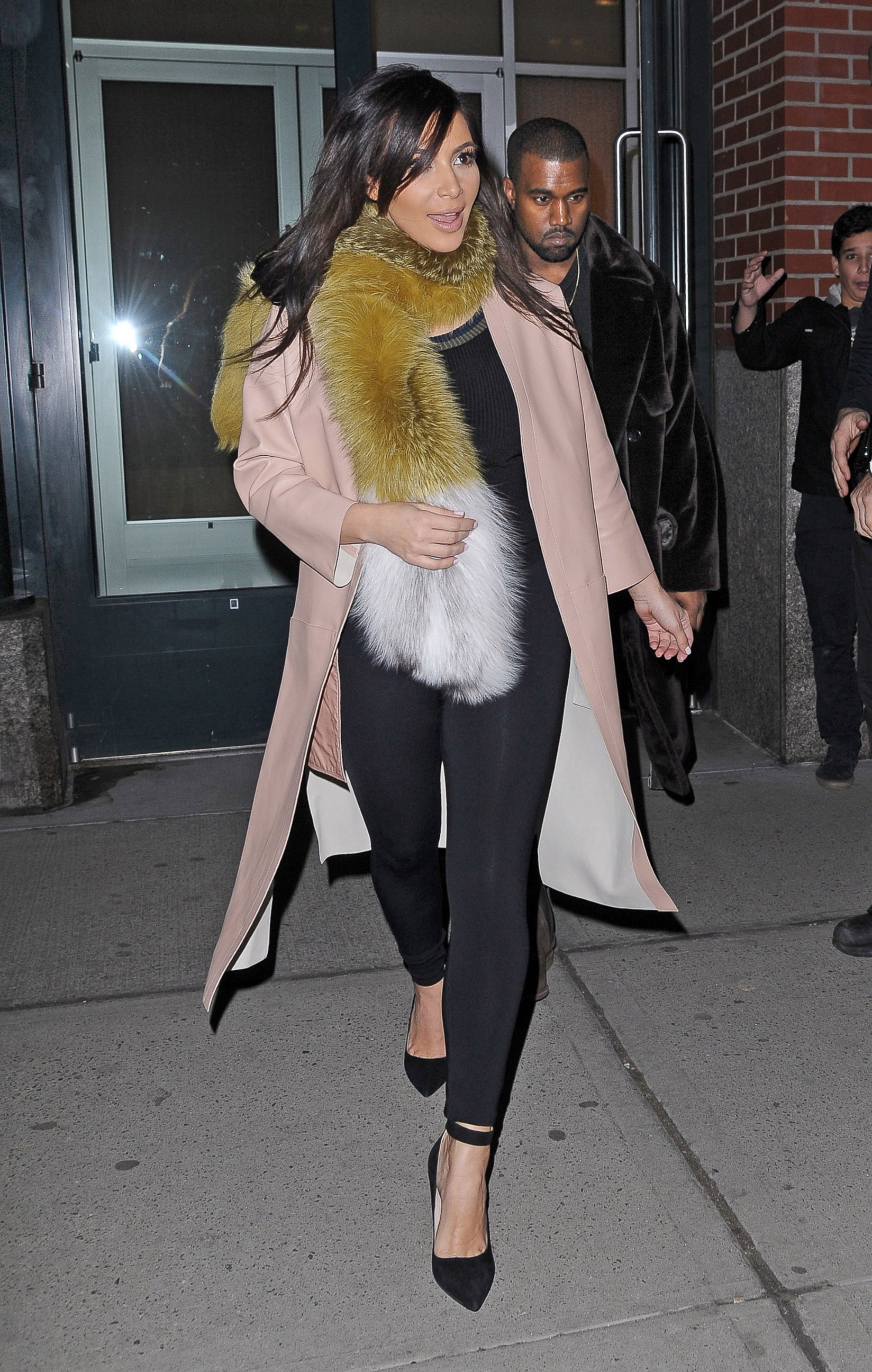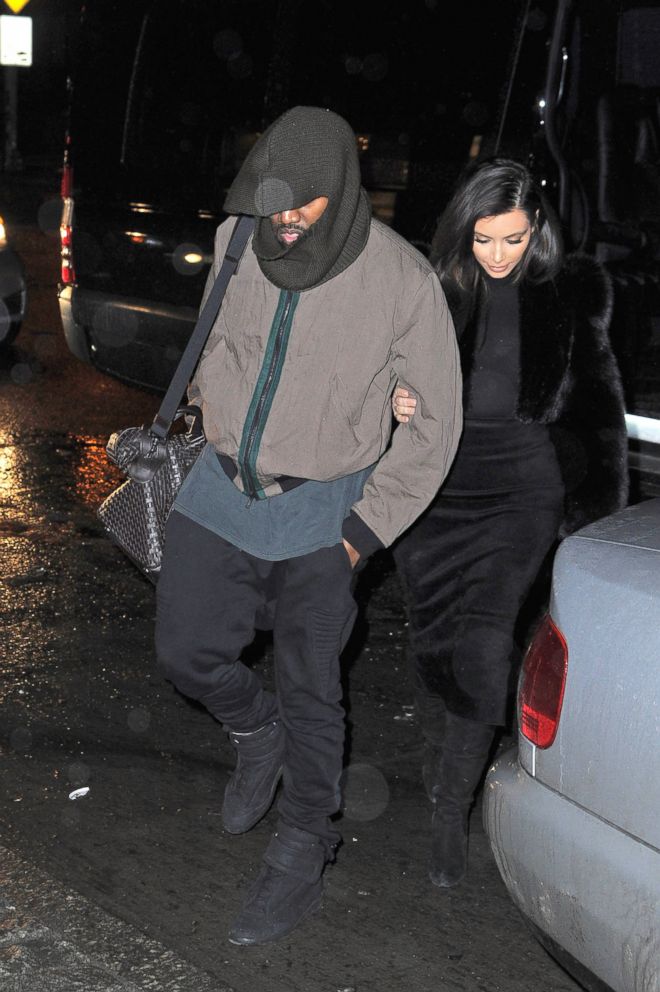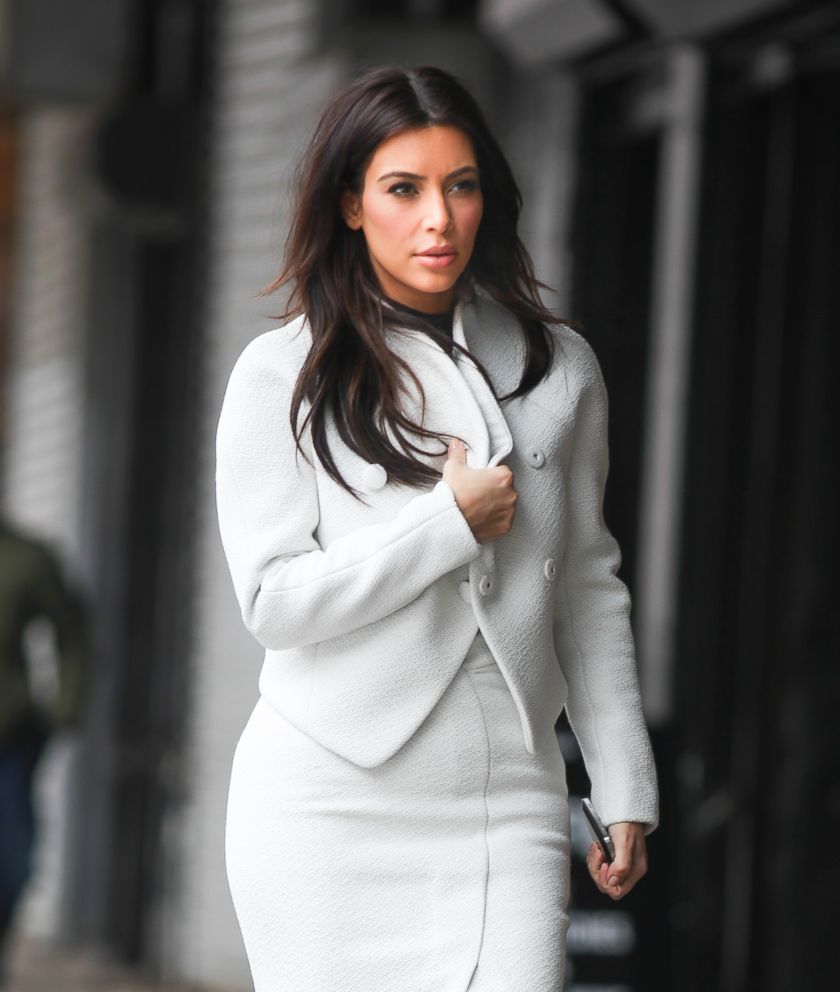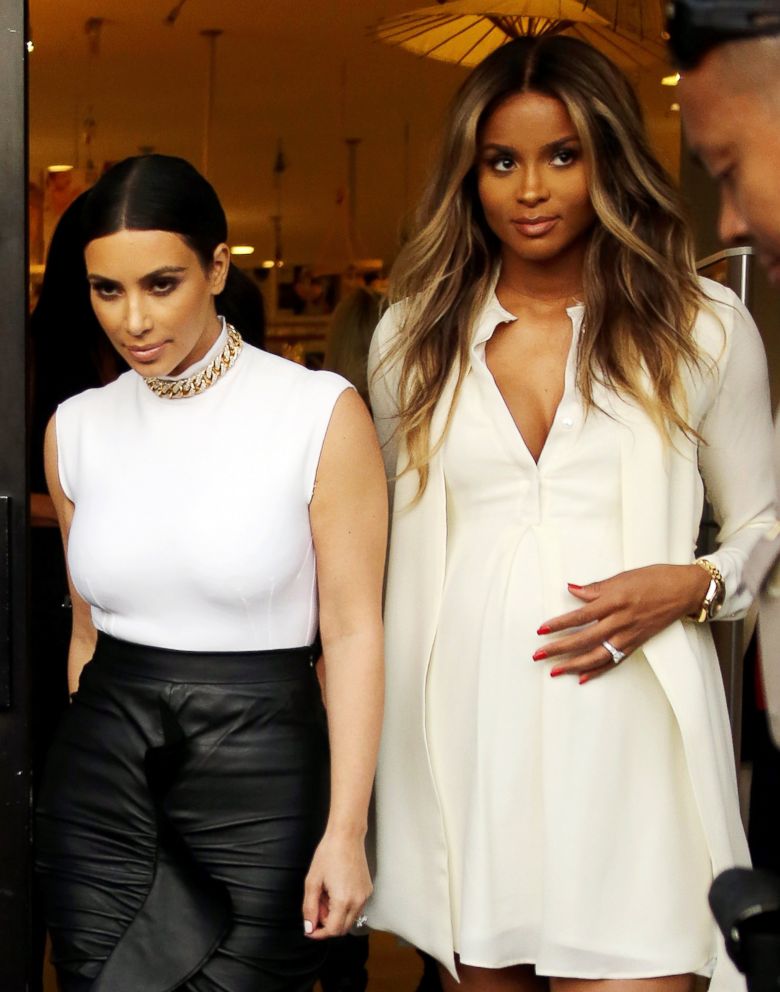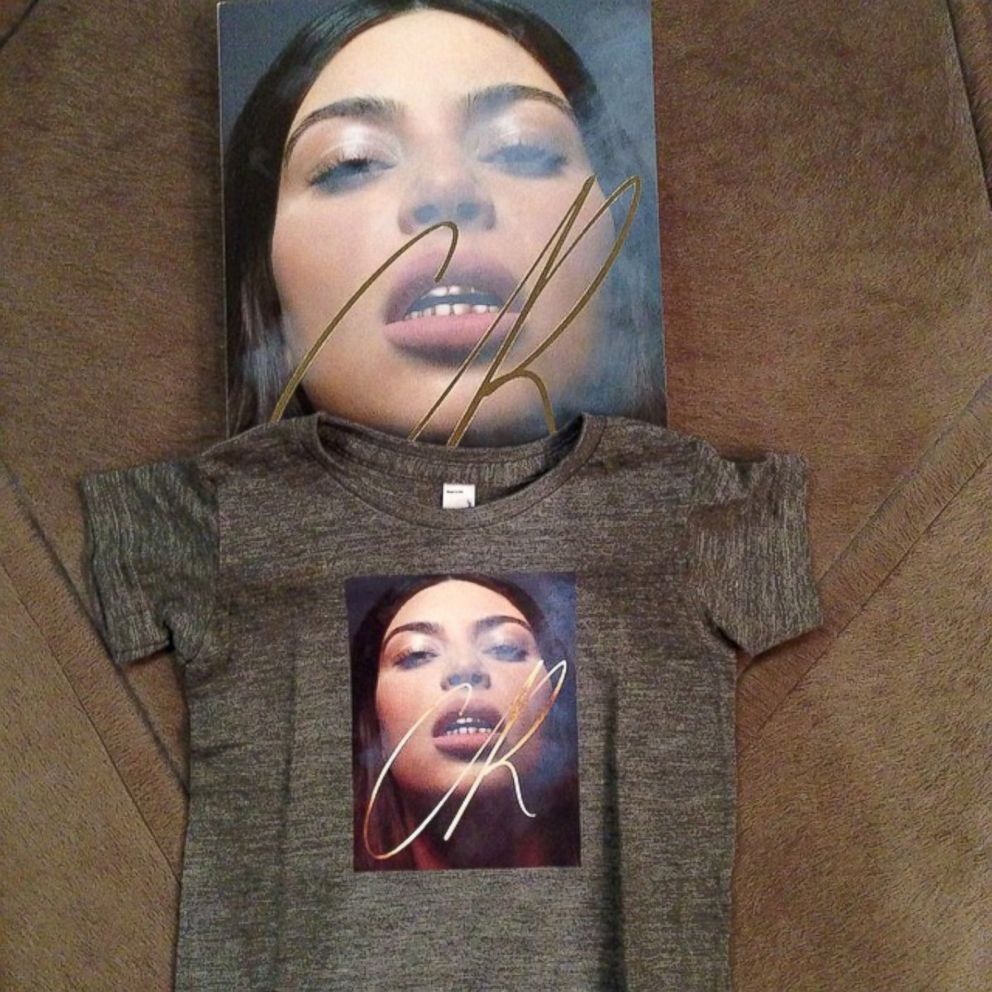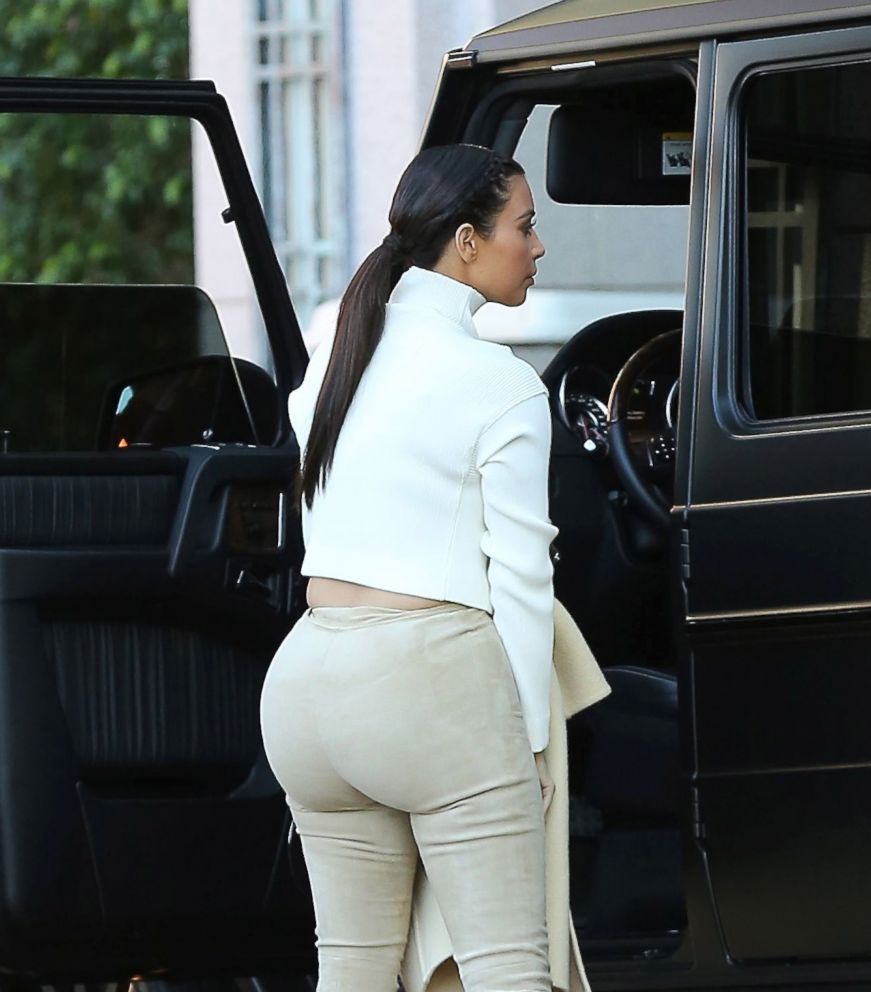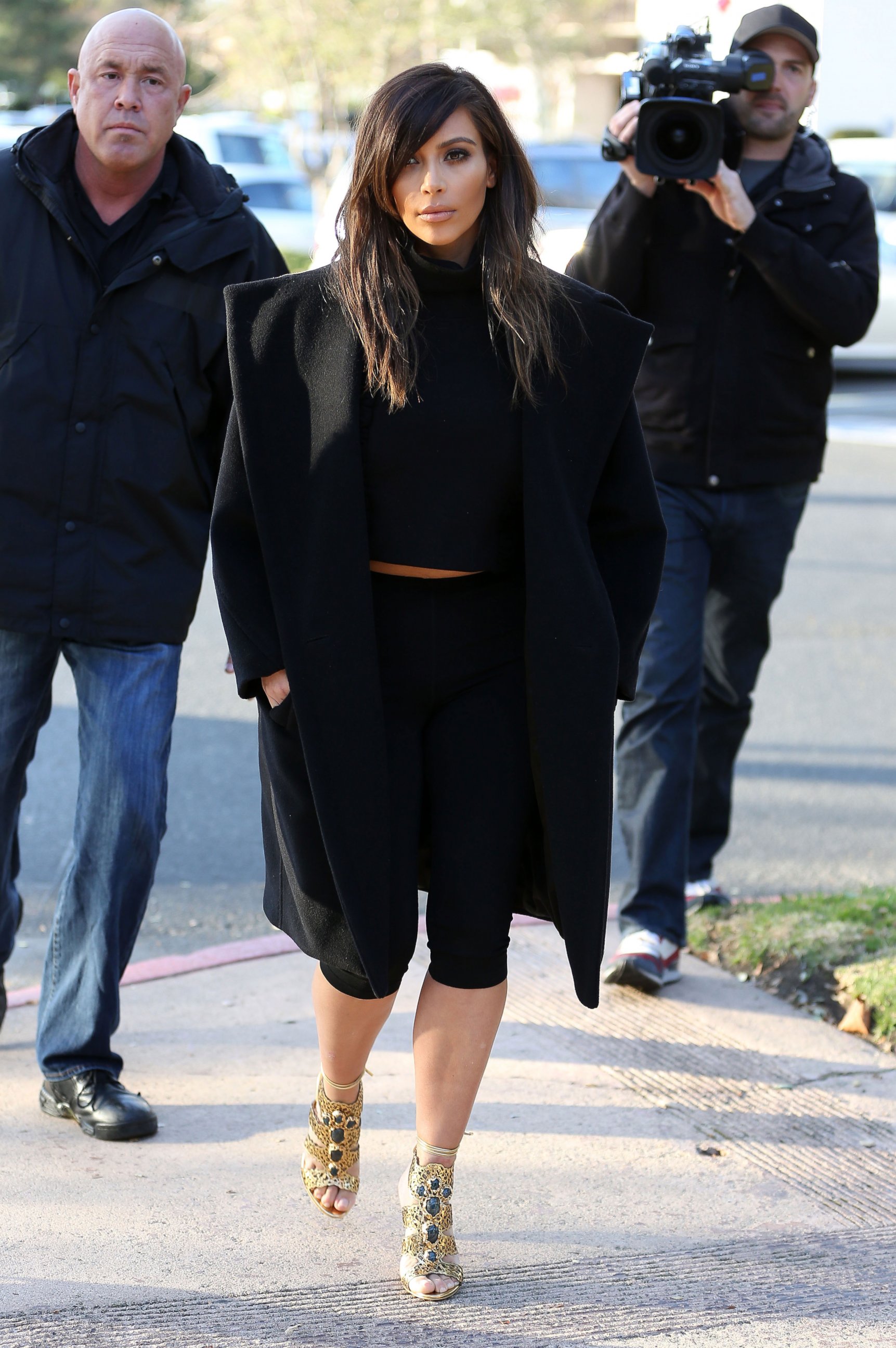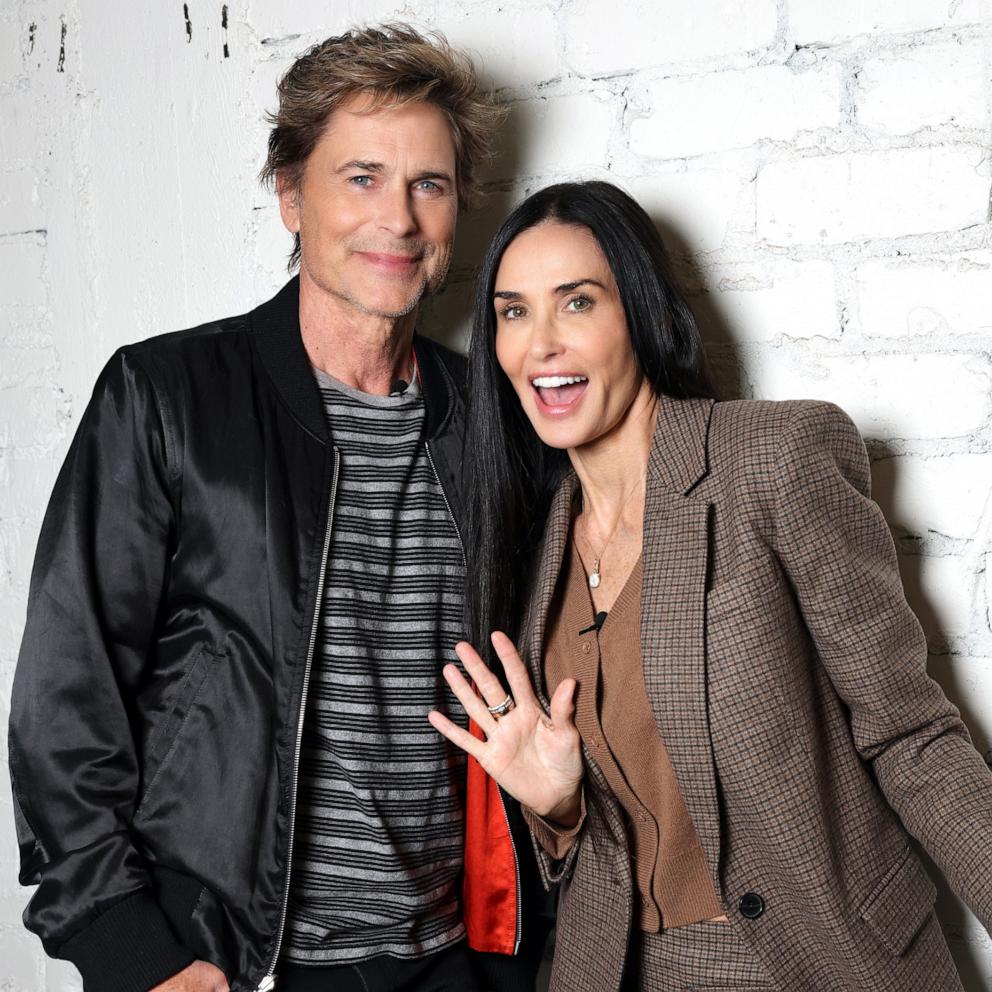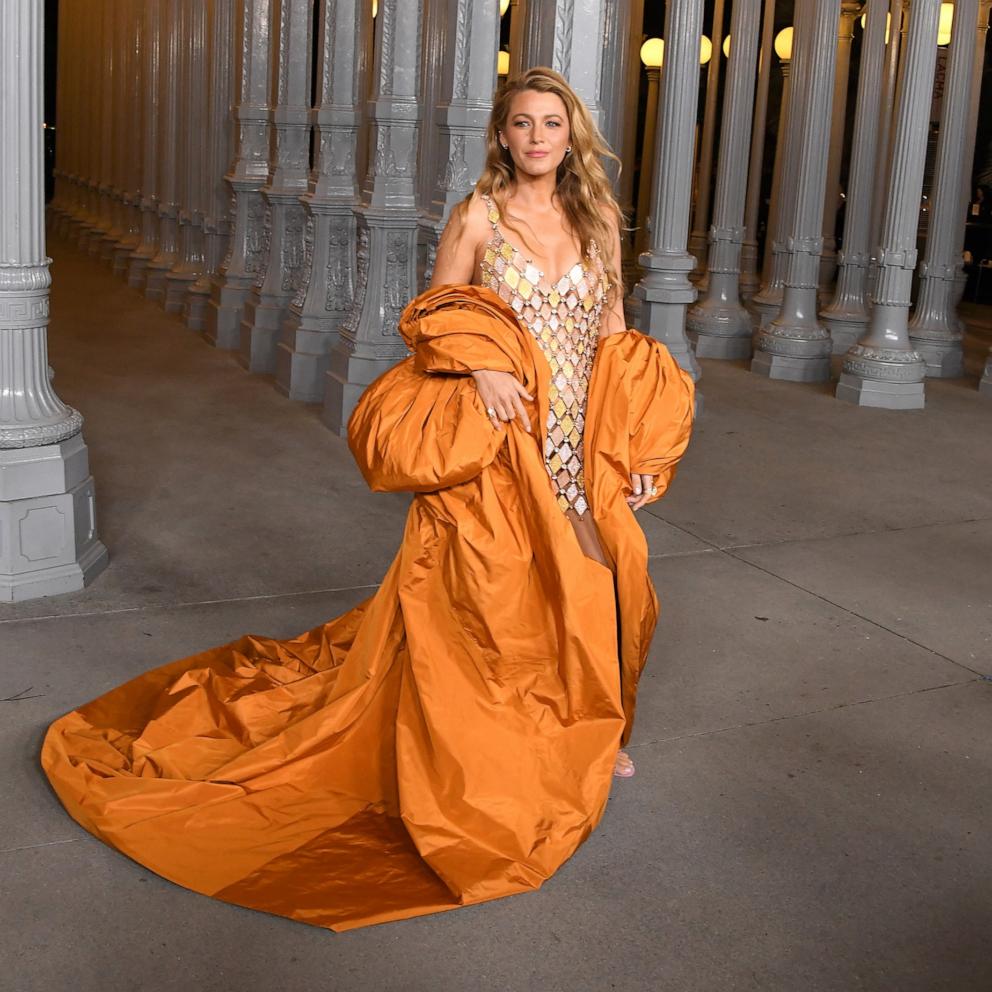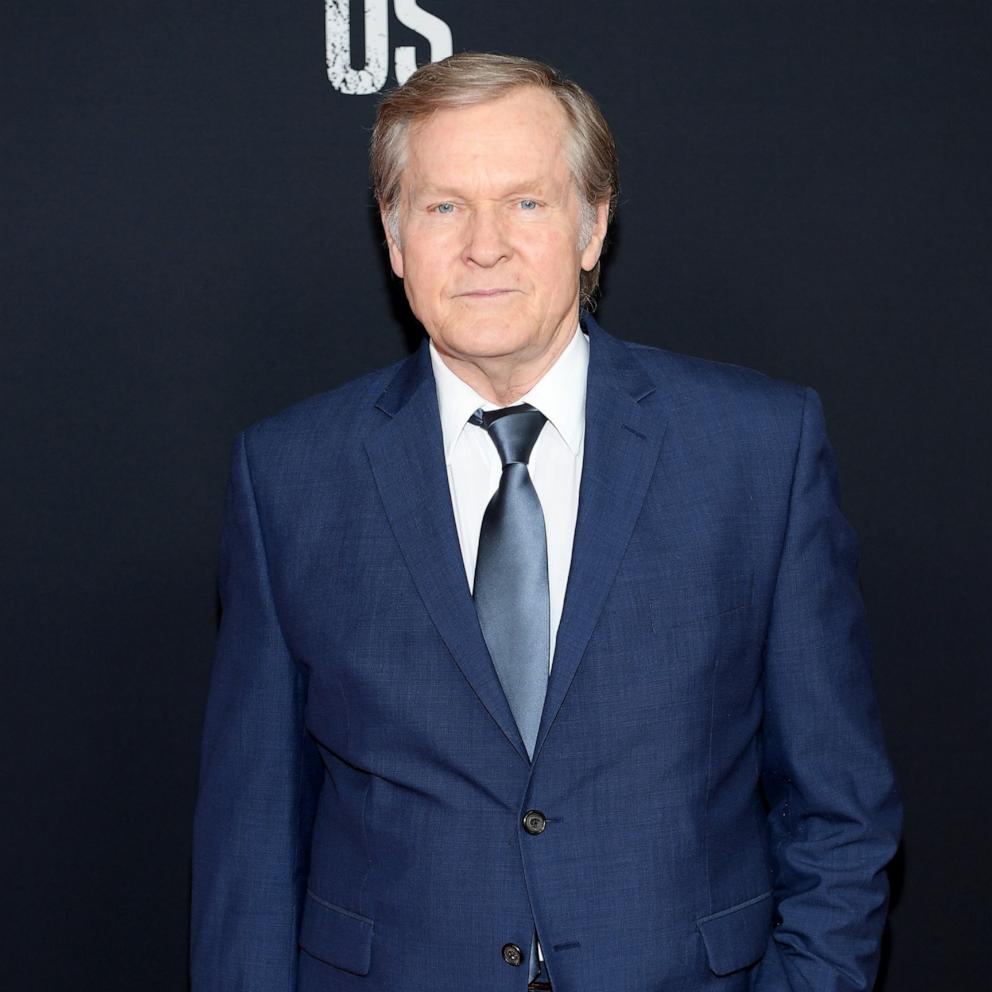Starlets of early 2000s were meticulously created, collaborators reveal
Before the internet took over and Instagram models and YouTube personalities became household names, there was another revolution that determined how people achieved fame in the United States.
A generation ago, people needed to be in movies to get into the spotlight, then came Paris Hilton, Nicole Richie and Kim Kardashian, “it girls” who appeared to be famous for being famous. It didn’t happen by accident; the women and their advisors plotted their path to fame down to each manicure and lunch outing.
Watch "20/20: Sellebrity - The Go-To Girls” on Sunday, Sept. 27 at 8 p.m. ET on ABC
Jason Moore was Hilton’s manager in the early 2000s.
“The first time I was really introduced to her, I saw a real-life Barbie,” he told “20/20.” “That's what intrigued me: If Barbie breathed air and went to the bathroom, what would she be like? What would this brand actually be?”
The blonde bombshell was an heiress to the Hilton hotel fortune. But at a young age, she started making moves to carve out a space for herself through modeling and then later on as a figure in Hollywood’s buzzing nightlife scene.
“She was very calculating in how she positioned herself,” said Jeanie McIntosh, who was deputy editor of Page Six at the time. “It didn't happen by mistake.”
Moore said he planned to manipulate the fame Hilton already had to turn it into something bigger.
“Ultimately, [the goal was] ... to have people say ‘Paris’ and they thought of her and not the city. So how could I make somebody's brain … start thinking of her?”
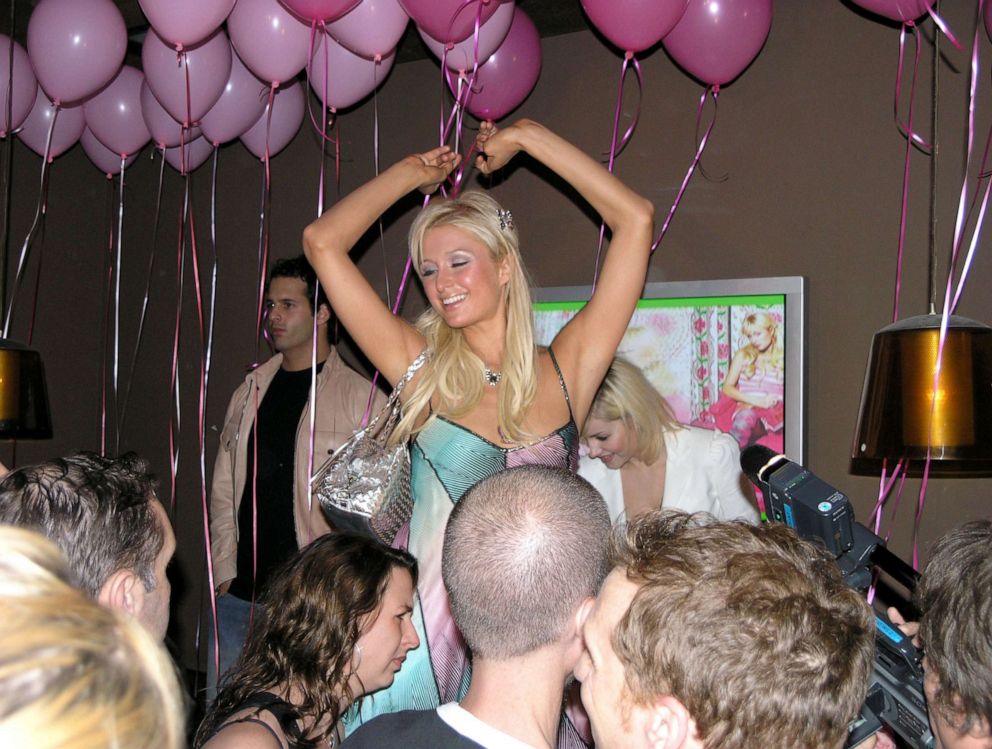
One of his strategies was to give Hilton’s brand something no one else had. If companies had slogans, he thought, why not make Hilton’s signature phrase, “that’s hot,” into her own kind of tagline?
“I went to Paris and said, ‘I have this idea. I think we should trademark, 'That's hot,'” Moore said. “She was like, ‘Let's do it.’”
Sheeraz Hasan, founder of Fame by Sheeraz, is a strategist who helped boost Kardashian, Hilton, Jennifer Lopez and other A-listers. He credits Hilton as being pop culture’s “ultimate innovator.”
“Hollywood would go bankrupt if there was no scandal,” Hasan told “20/20.” “When there's drama, there's controversy, there's viewers. When there's viewers, there's advertisers. When there's advertisers, there's cash.”
So, they created drama, which sometimes turned scandalous. They would make themselves seen at clubs or parties. Details of their love lives and images of their "bad" behavior were splashed across the front pages of tabloids. Headlines that would almost certainly ruin someone else’s career only pushed them further into stardom.
“Paris was consistently in the news,” said Hasan. “It was Britney [Spears] and Paris literally controlling the headlines... Between Paris and Britney, my head would spin.”
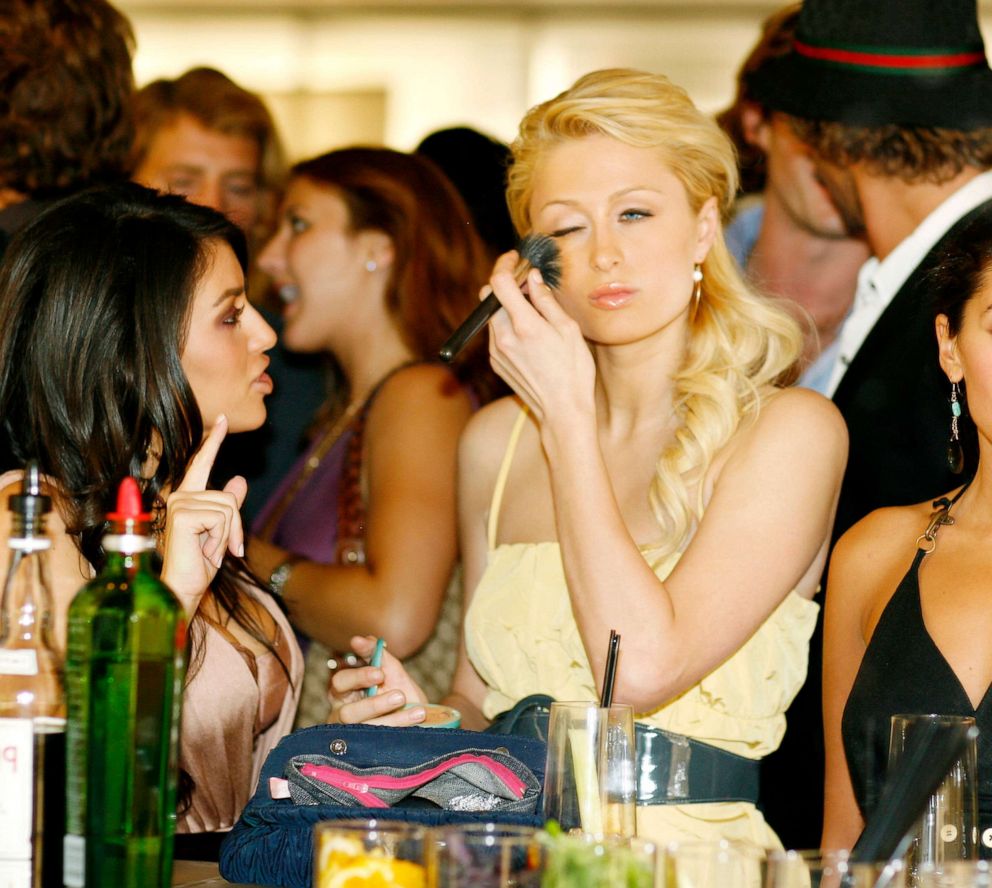
A sex tape featuring Hilton and her then boyfriend Rick Salomon leaked at around the same time Hilton’s reality show “The Simple Life” was set to premiere. Hilton and her team were not happy with the tape's release, but the show became an instant hit.
“Thirteen million viewers pretty much translated their curiosity into [a] marketing machine for me,” Moore said. “Why was it a hit? Because of curiosity.”
But Hasan says, “fame doesn’t mean nothing unless it can be monetized.”
Hilton and her collaborators raked in the cash with cunning business decisions. In 2005, Carl’s Jr. released the iconic ad of Hilton washing a car in a skimpy black one piece. It was enormously successful, and the company continued to use the template for other ads over the following decade.
In 2002, media executive Bonnie Fuller became editor-in-chief at Us Weekly and created the signature section “Stars, They’re Just Like Us,” sparking an explosion in demand for photos of stars shopping, going to the gym and getting coffee.
“I noticed that there'd be these great shots of celebrities just going about their daily business,” Fuller told “20/20.”
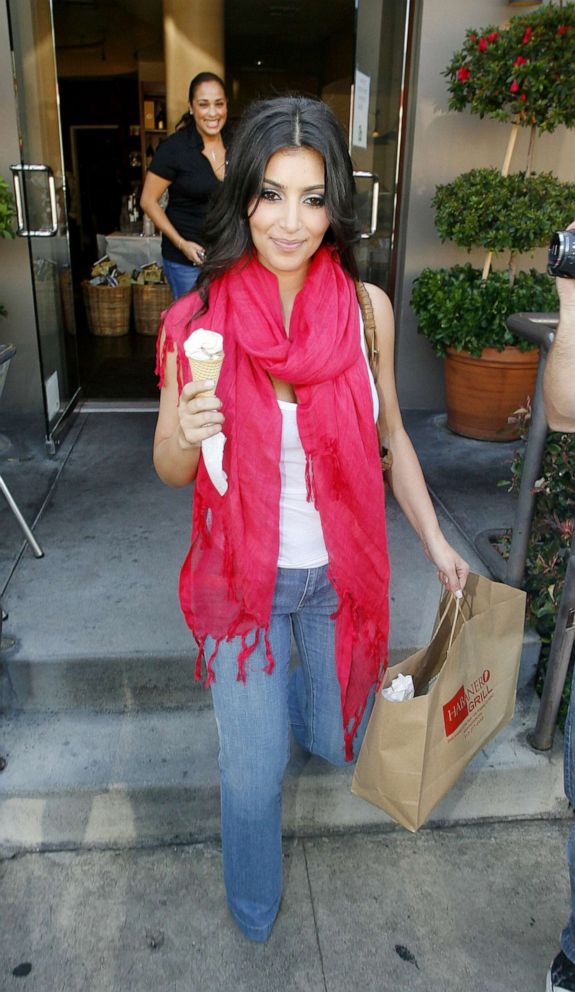
“Back then, we were giving you the taste, the feel, the rawness of Hollywood,” Rick Mendoza, a paparazzo from Los Angeles, told “20/20.” “It’s not until the 2007, 2008 years that the money started really piling in.”
And there was so much money to be made.
“Everybody in this business has a price,” Hasan said. “Makeup artist, hair stylist, assistant, publicist, manager… Everyone loves money.” [There are] hundreds of millions of dollars in this game. Hundreds of millions of dollars on celebrity content.”
At the time, the right photograph of the right celebrity could be worth $10,000 to $100,000, according to entertainment journalist Chris Connelly. The more salacious, the more valuable.
“The paparazzi scene around Britney Spears at that time… Some people would use the word, ‘chaotic,’” Mendoza said. “Paparazzi would get in severe fights because the money was so good… They were just hounding her because they wanted to get more of her.”
Leslie Bruce, who worked for the Hollywood Reporter at the time, said, “Britney Spears photos were about 20% of all sales for photo agencies at the time. She was the bread and butter.”
Kim Kardashian Through the Years
Inside the reality star's life and style.“At that time, we called it the ‘Britney economy,’” Hasan added. “Everyone became rich. She was gold. Britney was gold.”
In 2007, all of the toxic downsides of Spears’ fame reached a critical mass. With it all in the public eye, she got a divorce, lost custody of her kids and shaved her head during an emotional breakdown. Emergency response crews were called to her home while she clearly suffered a crisis, and still, the relentless paparazzi continued to capture it all. She was admitted into a psychiatric facility. Today, more than a decade later, she remains under a conservatorship.
While Spears spiraled out of control, Kardashian rose to national attention with the help of her advisers, who plotted every move.
“I first met Kim [when] she was Paris Hilton's stylist and assistant,” Hasan said. “When you look at someone like Kim Kardashian and Paris Hilton you have people who understand the game of paparazzi… When I built Kim Kardashian's career there was no social media. The only form of content that you could get was through the paparazzi.”
Hasan said he was determined to keep Kardashian “in the news all the time, every single day.”
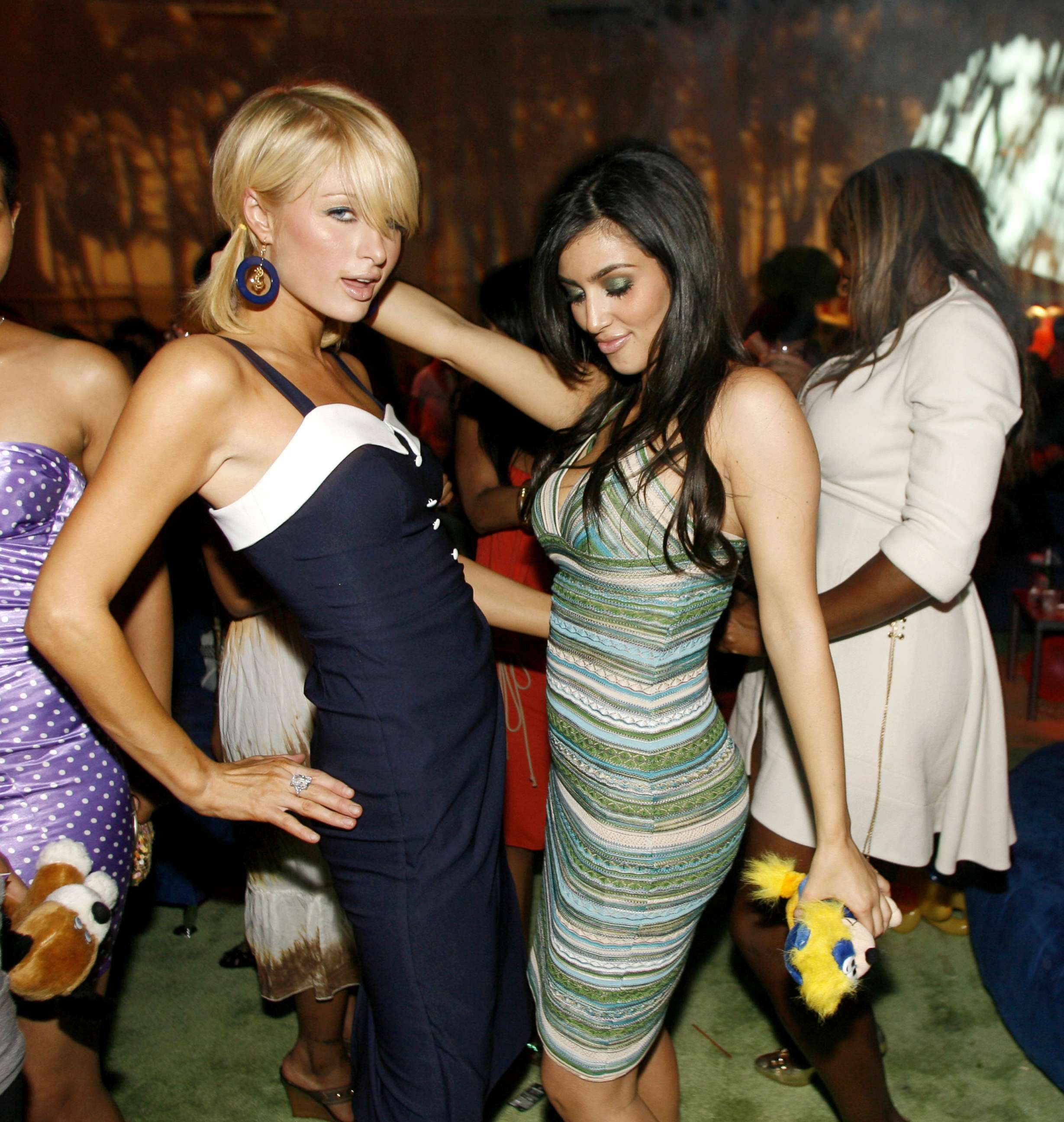
“I said, ‘I'm going to make the entire world sick of the word Kardashian.’ How am I going to do that? I'm going to document everything and put it out to the news,” he said. “She changes her hair, I'll make it news. She goes to Starbucks? I'm going to make it news.”
Hasan said Kardashian was “ready to do whatever it takes” to make her brand successful. As the daughter of attorney Robert Kardashian, who famously represented O.J. Simpson, she was familiar with the limelight. And like Hilton, she wasn’t a performer. So she marketed her image.
“I was working for a company called TMZ, and one night, I was at Hyde, which was a club in Hollywood that every celeb wanted to be at for publicity,” Mendoza said. “So one night Paris Hilton wanted to go out… She takes her stylist and that was Kim Kardashian.”
“Now, she was by association connected to Paris Hilton, and for the next three years, I photographed her day and night and kept that machine rolling so that she became relevant and she would be put on every single tabloid,” he said. “So it was nothing more than just feeding … the frenzy and creating it.”
Kim Kardashian Through the Years
Inside the reality star's life and style.Hasan said he met with Kardashian and her mom, Kris Jenner in 2005.
“I had designed a specific calendar: where to go, what to do, and what cameras are gonna be there,” he said.
“There was a nail salon in Bedford Drive… That place was where the biggest Hollywood stars would go to get their nails [done],” he said. “I put someone in that organization on my payroll. What they did is call me up and say, ‘This A-list celebrity just walked in to get her nails done.’”
“I would then call Kim and say, ‘Go get your nails done,’” he said. “Guess what? she's kicking back with A-list celebrities and producers while getting her nails done, and I've got cameras, paparazzi, everyone comin' out. And then you do the same in an ice cream shop, do the same thing in a restaurant, do the same thing on a plane. It's all strategy.”
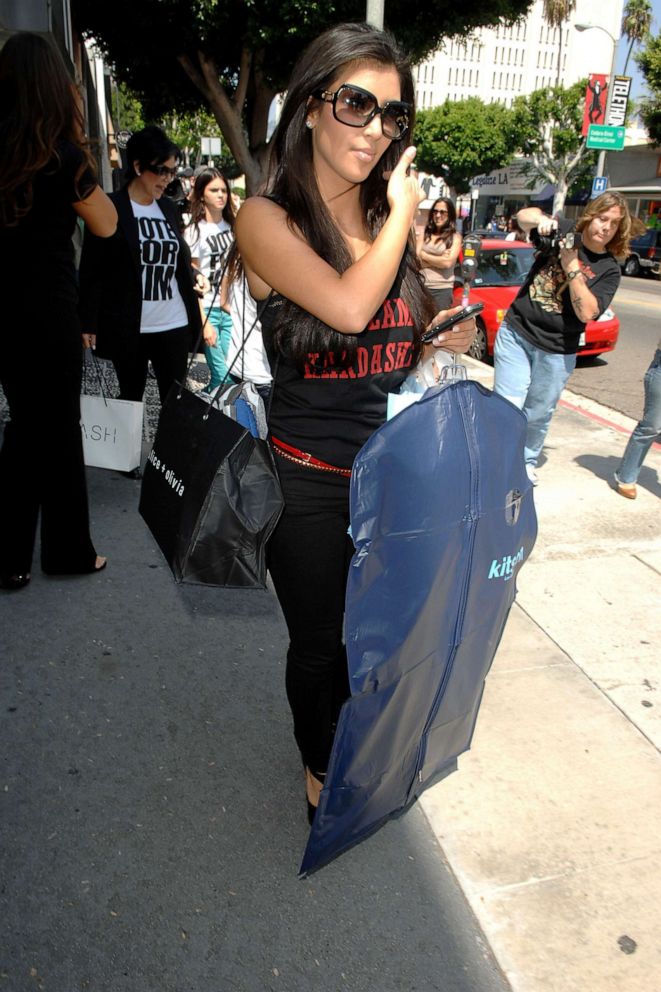
Like Hilton, Kardashian also had a sex tape leaked. She then went on to star in a reality show, "Keeping Up with the Kardashians," with her family.
“Reality TV, if you utilized it properly, it was a 30-minute commercial,” Moore said.
The Kardashians made money from the show and used the show to promote their businesses and products, giving audiences what felt like an exclusive look at the behind-the-scenes of their life.
“You could put your brand in it. You could create the narrative. You could suggest the content. You could build it out,” Moore added. “So if you weren’t doing that, you were missing the boat on reality TV.”
Kardashian even helped launch a mobile game based on the fantasy of becoming “somebody” in Hollywood, just like she did.
Nico de Massi, the chairman of Glu Mobile, says the royalty agreement the company has with Kardashian is “a closely guarded secret.”
“I believe the last article I saw claimed Kim had made $80 million dollars,” de Massi told “20/20.” “The reality is that Kim has blended the physical and the digital and nobody else has achieved that to the same extent that she has.”
Hilton and Kardashian ushered in the era of influencers, according to J.D. Ligier, who calls himself “the world’s first video paparazzi.” They’ve changed marketing culture and publicity forever, Bruce said.
“It’s a swipe up [on an Instagram story. You can earn] 500-grand here, 300-grand here, $200,000 here,” Hassan said. “That’s how easy it is for people to make money now.”
